Sublime












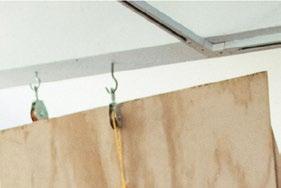






Central Coast

creatives making their mark
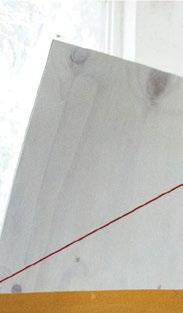
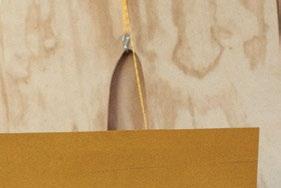


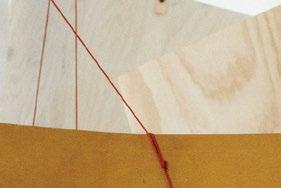
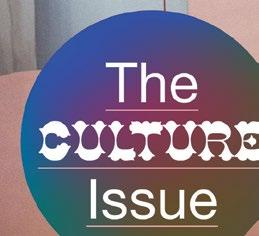 Artist Joan Tanner’s work in progress for her solo exhibition at the Santa Barbara Museum of Art
Artist Joan Tanner’s work in progress for her solo exhibition at the Santa Barbara Museum of Art
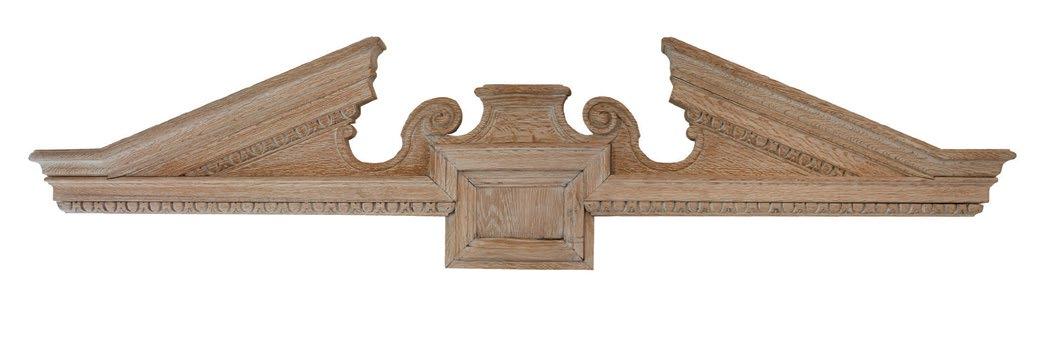

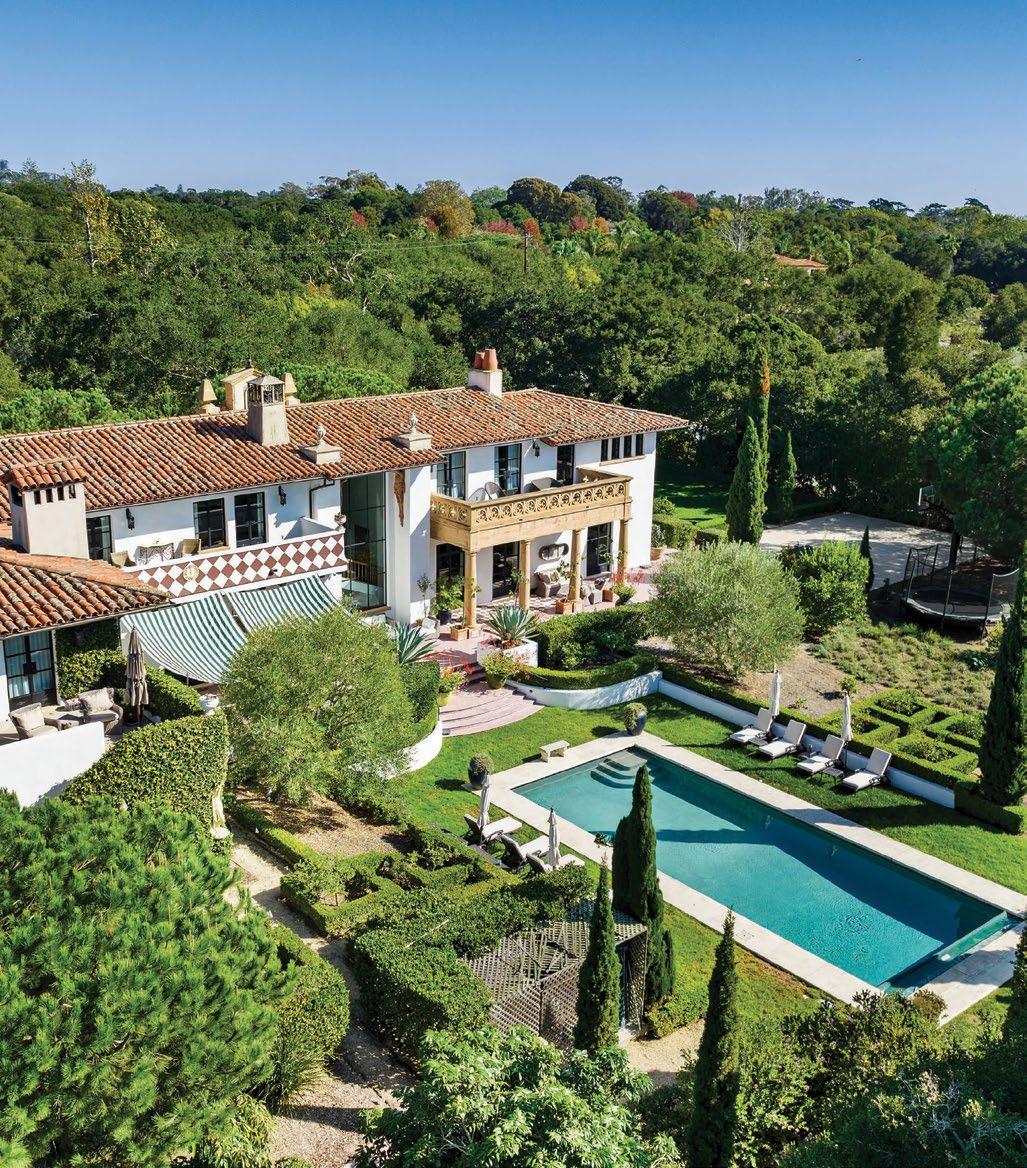
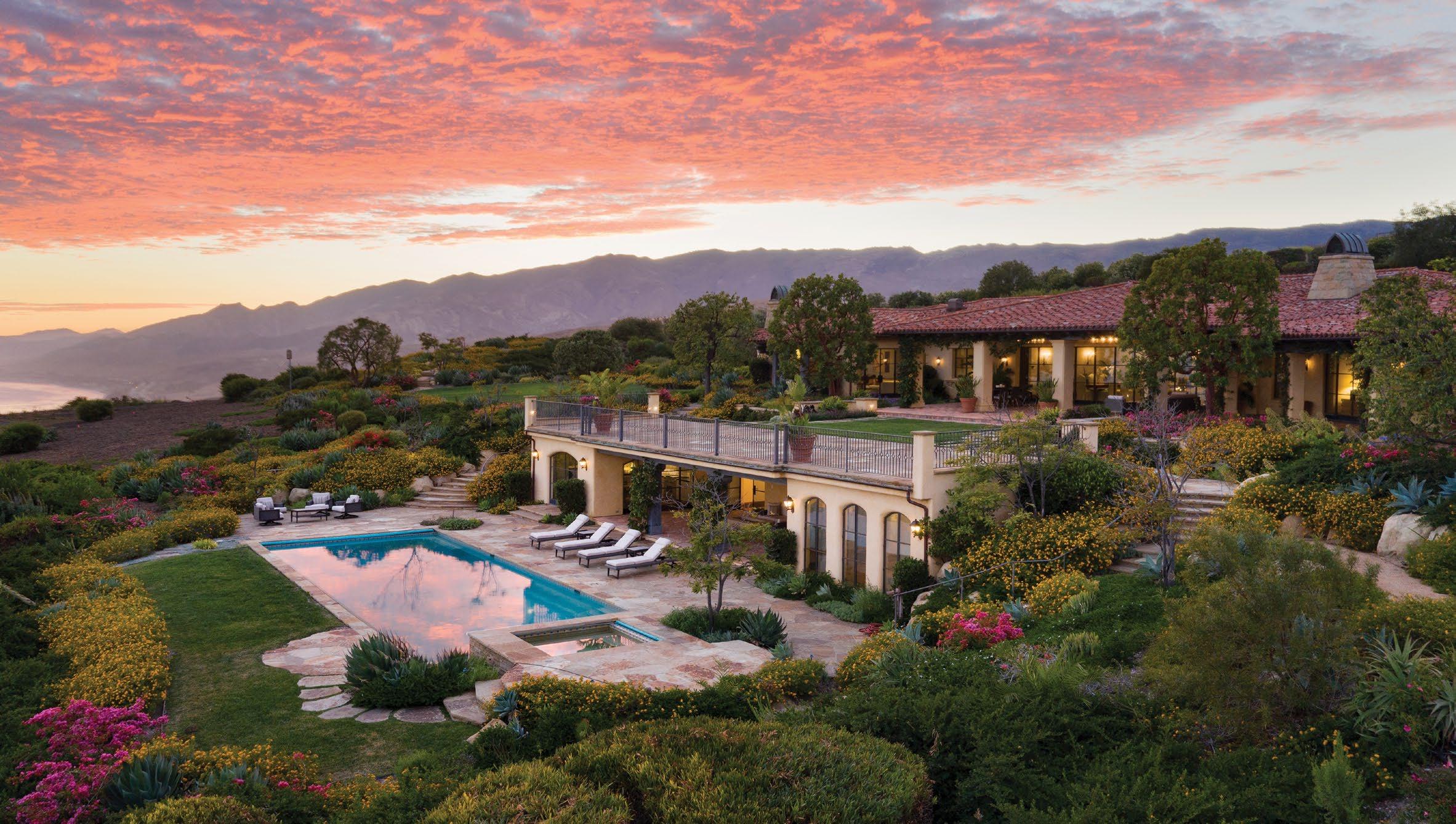



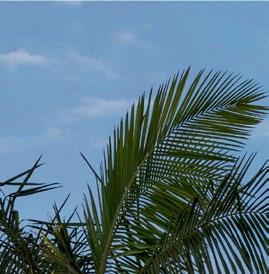
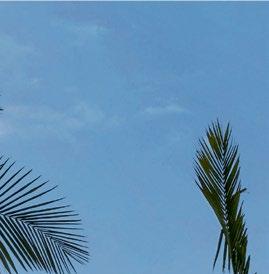
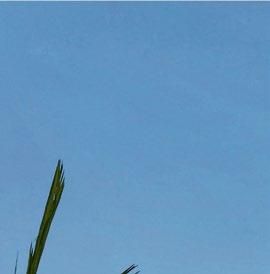
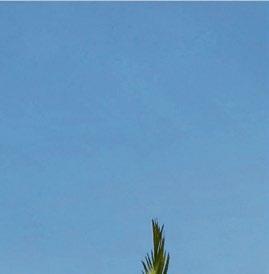

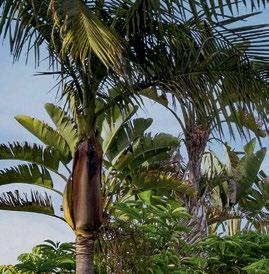
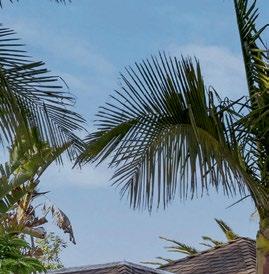
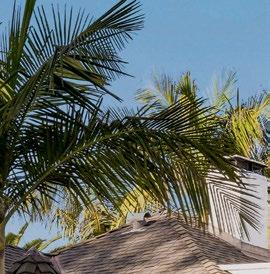
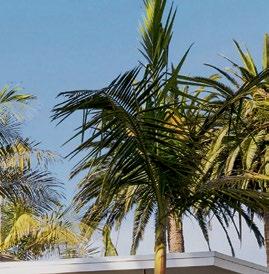
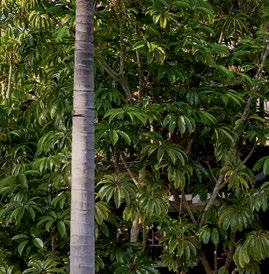
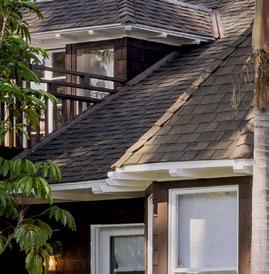
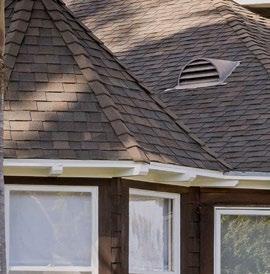
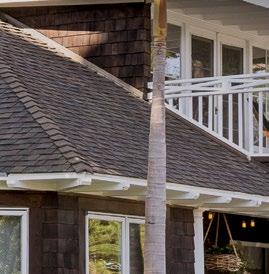

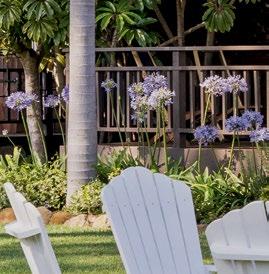
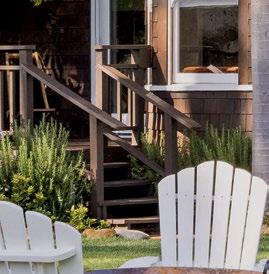
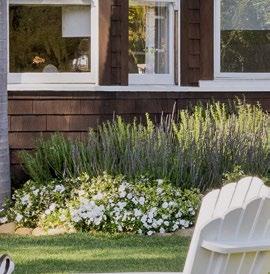
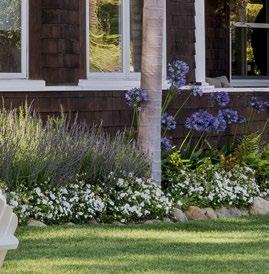
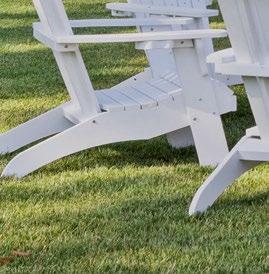
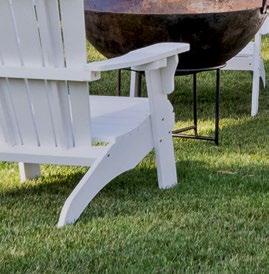

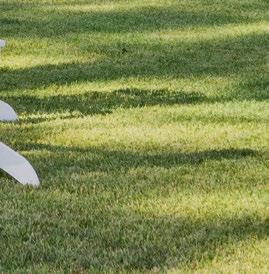

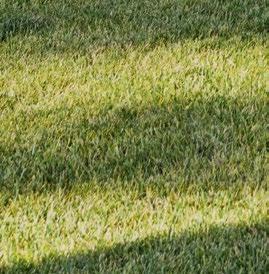
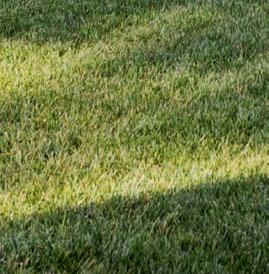
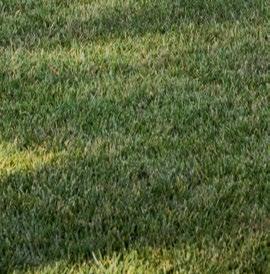
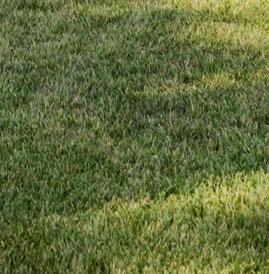



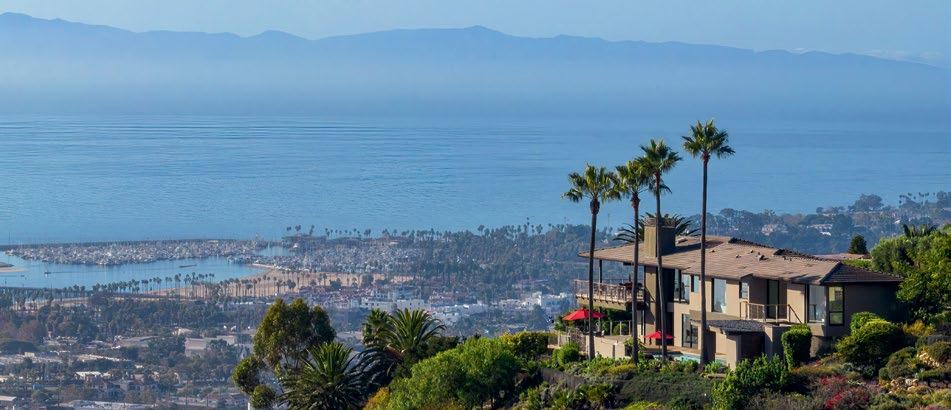
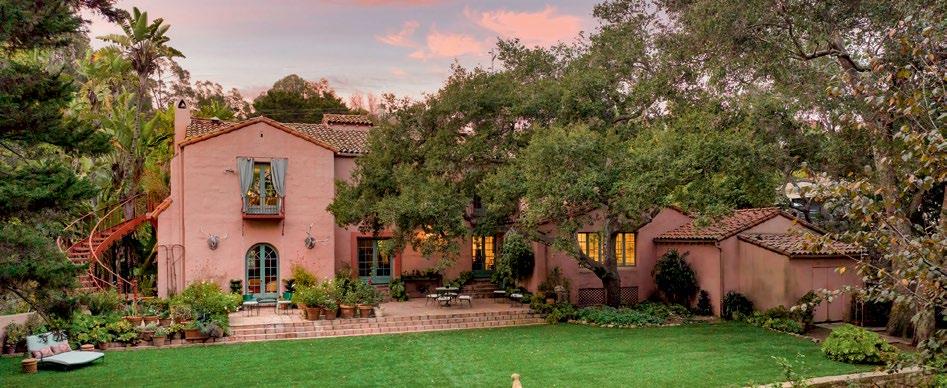

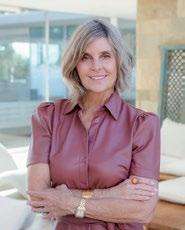
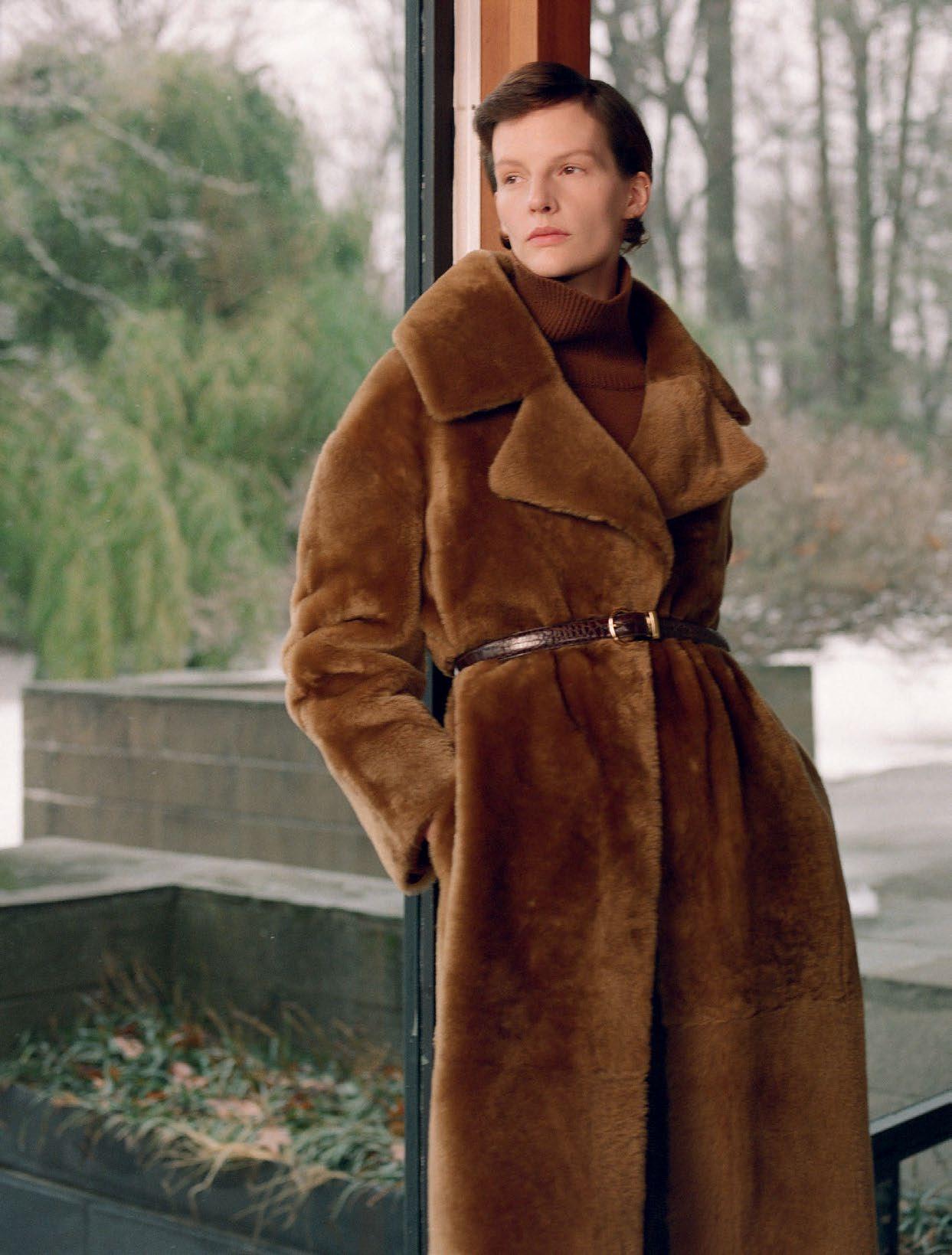
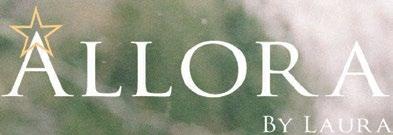
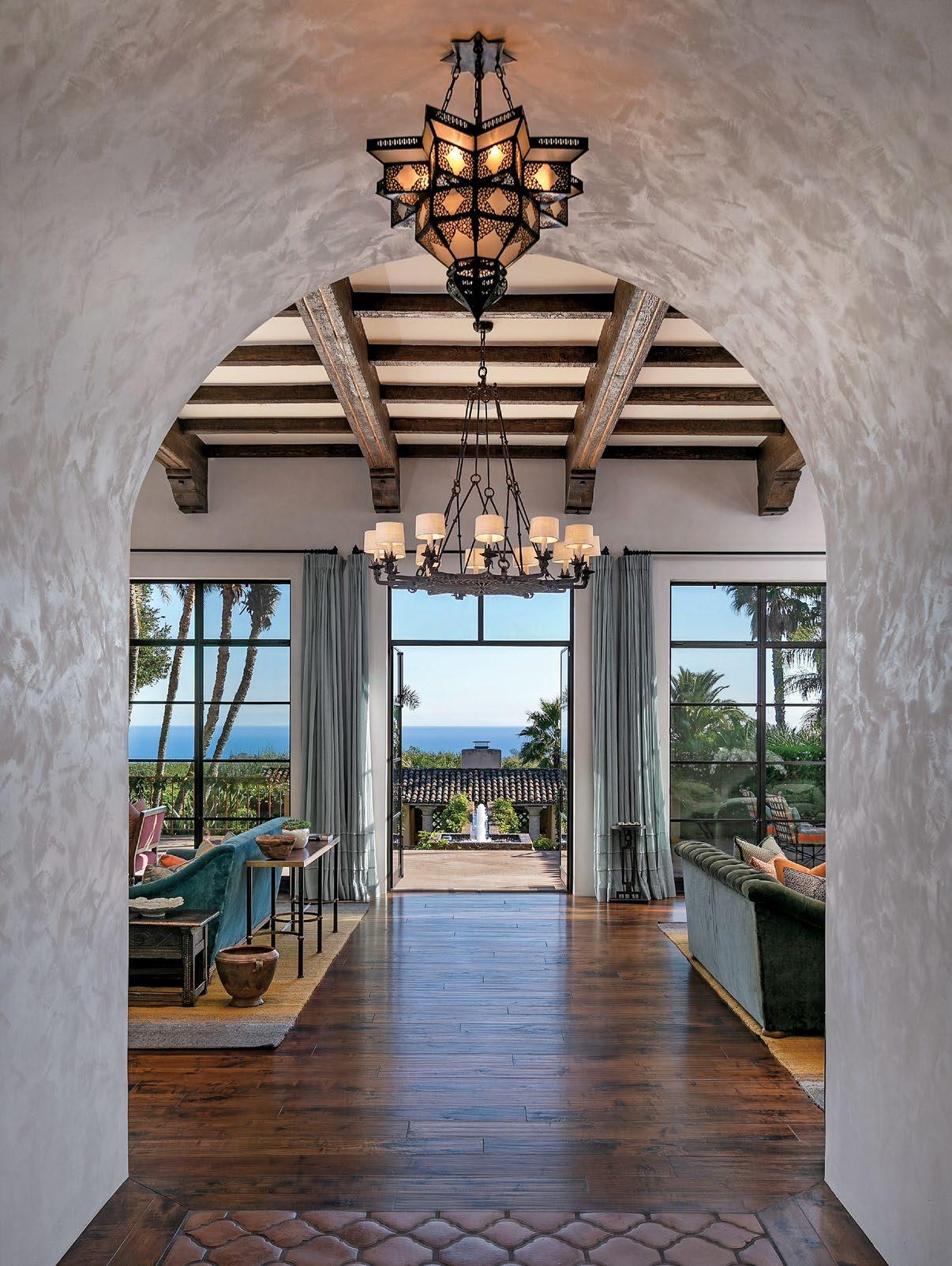


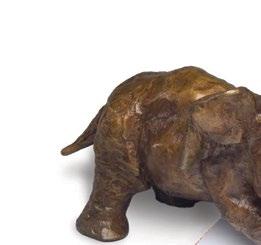




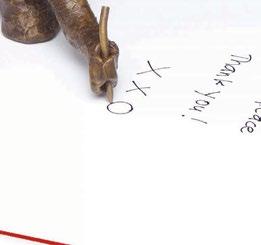





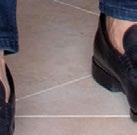


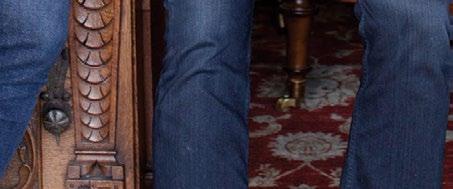


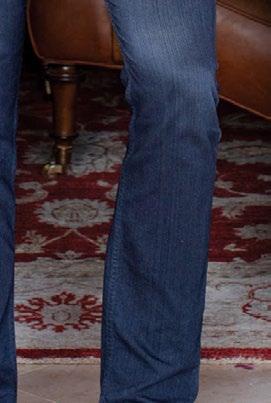
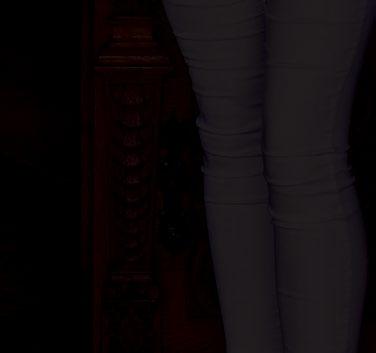
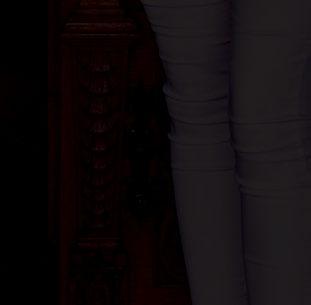










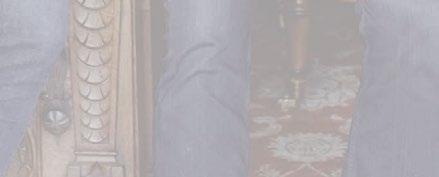


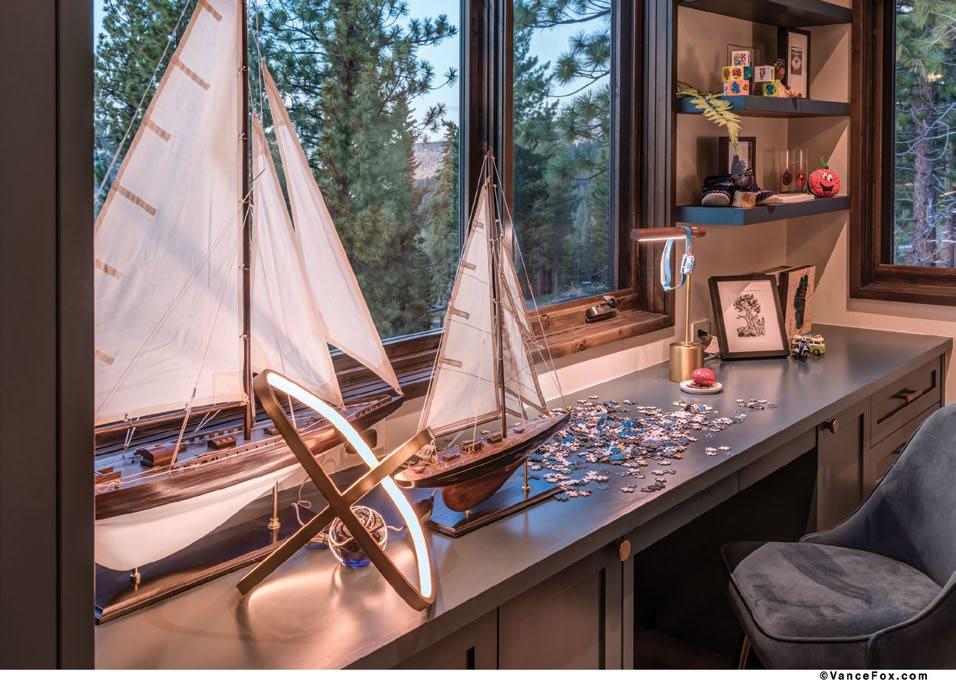



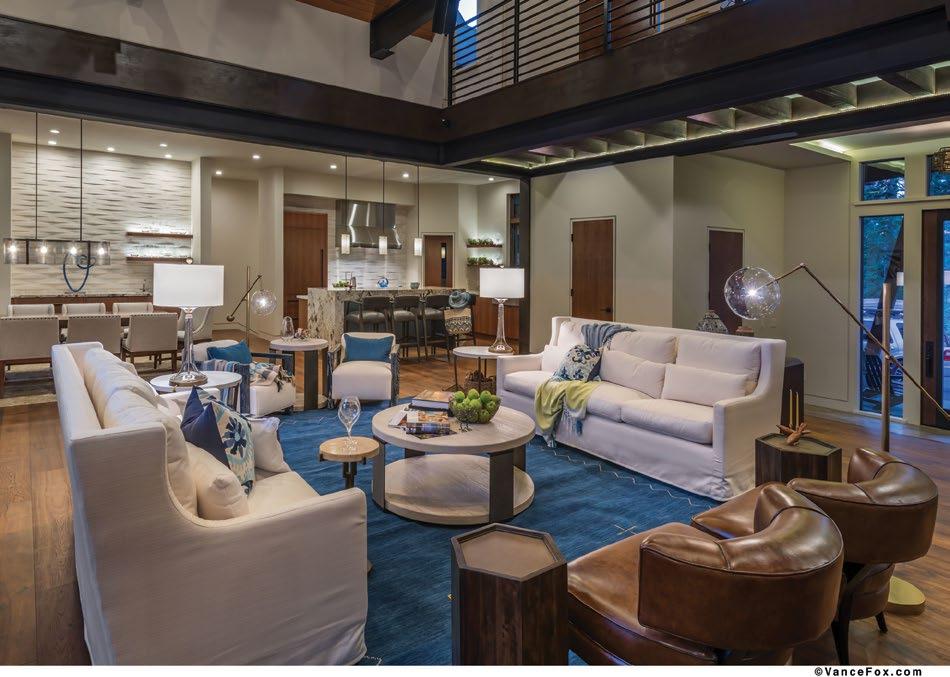

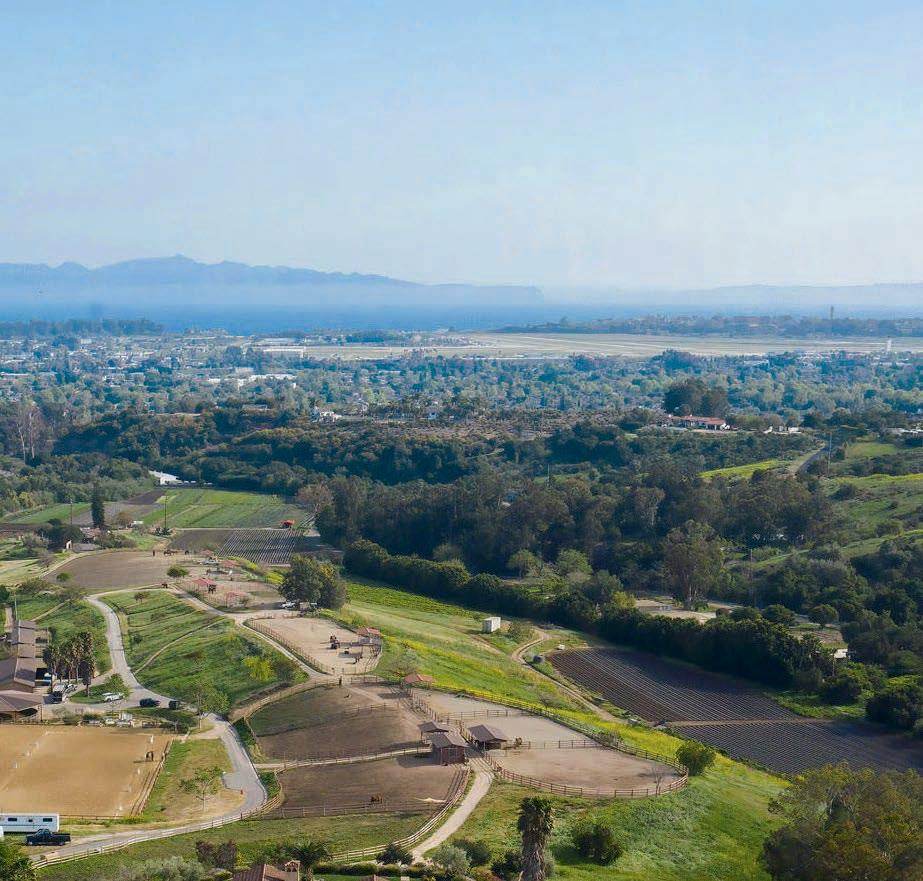


In 1987, my parents and I fled communist Russia for a better life and were very fortunate to settle in Santa Barbara. Shortly thereafter, we purchased our first home in this special community. My family’s journey and the epic pursuit of finding “our home” inspires me daily to help others on the same quest.
The Ranch at Buena Terra is a true sanctuary. As you approach this valley, a sense of a bygone era prevails, you have arrived. Gracious, serene and soulful, this sprawling 22-acre California ranch offers sweeping views of the Pacific Ocean, Channel Islands, Santa Ynez mountains, and surrounding foothills. This property features a beautiful single-level Mediterranean estate, a full equestrian facility, and an organic farm. We invite you to visit TheRanchBuenaTerra.com to learn more about this dreamy property.





Sincerely, Luxury Estates Director
Lic. # 01426886
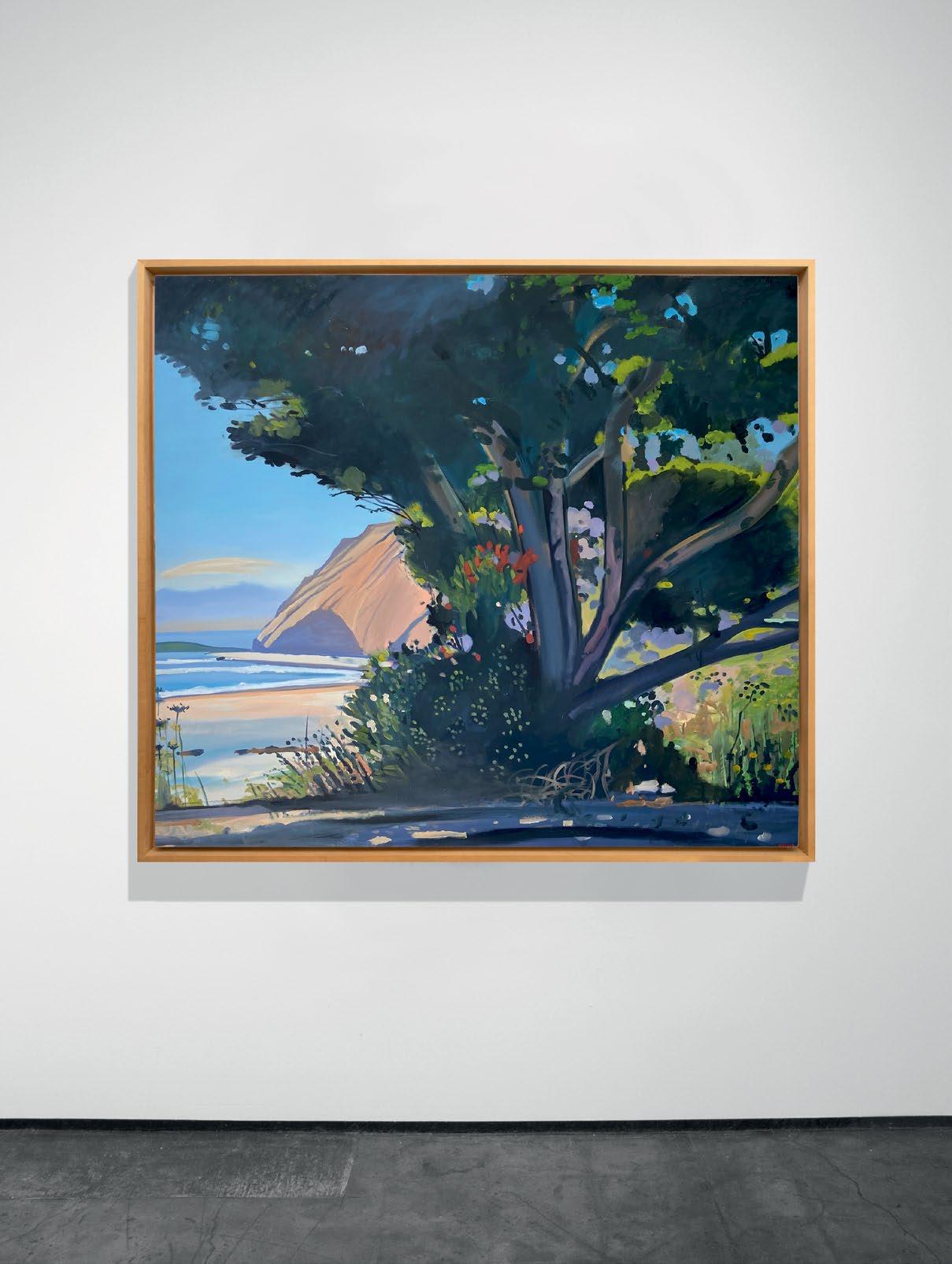
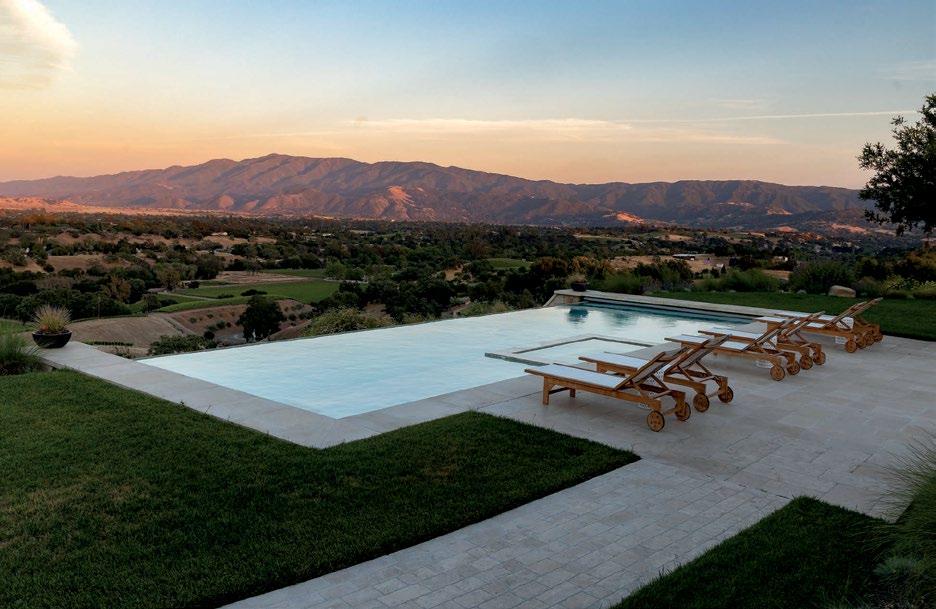
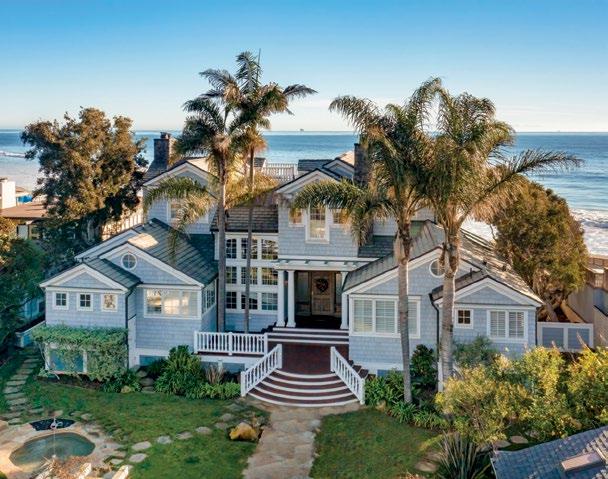
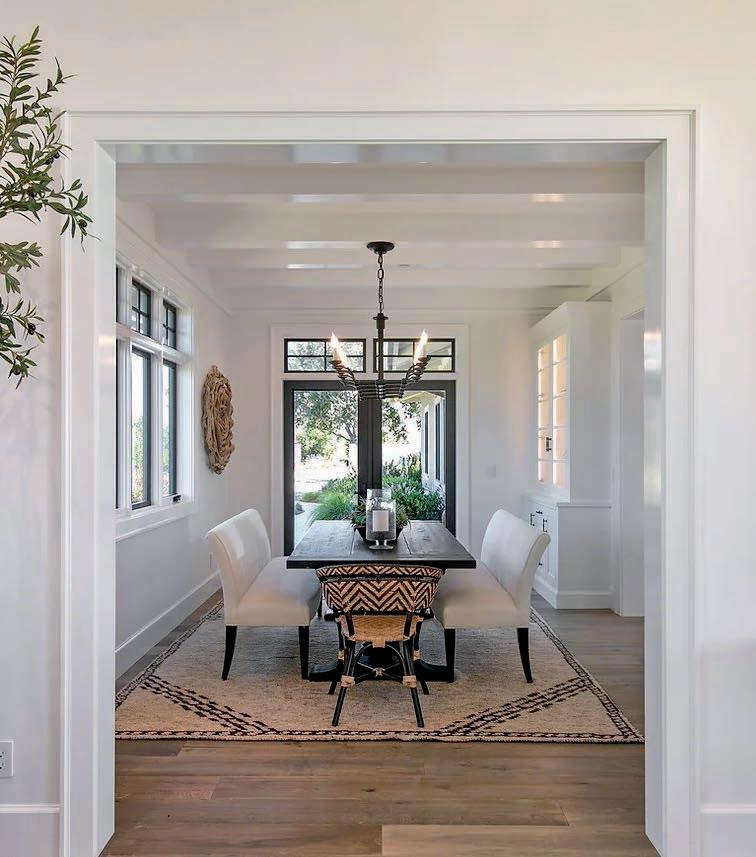

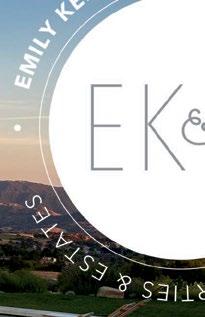


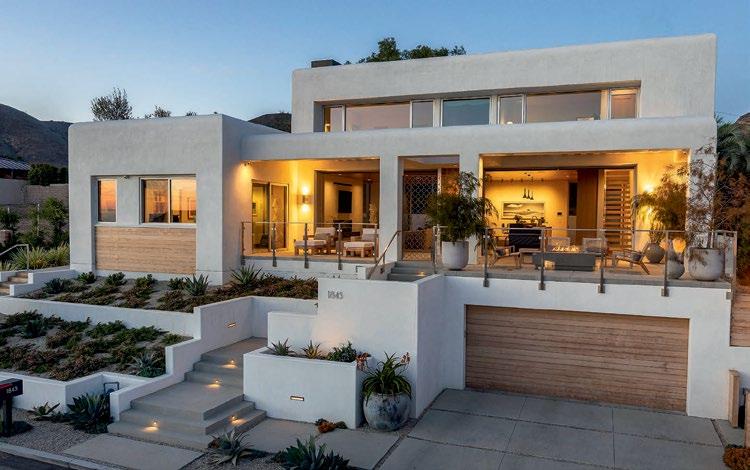

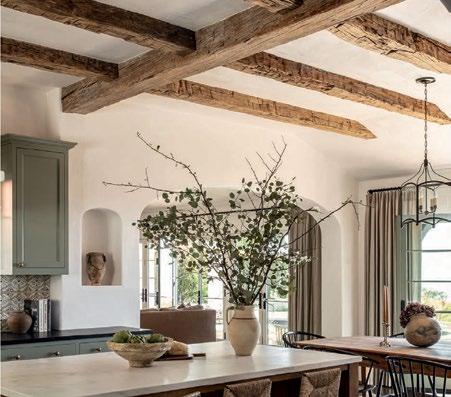

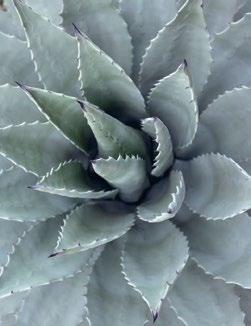


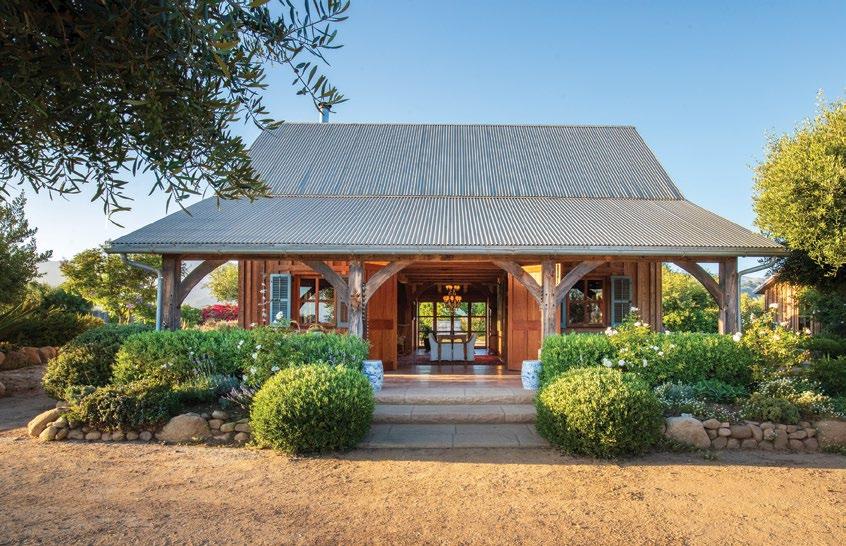
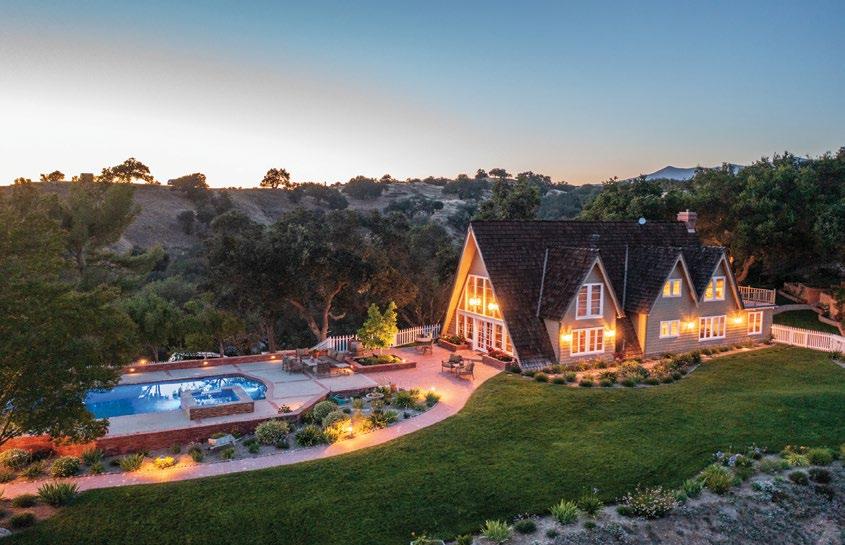
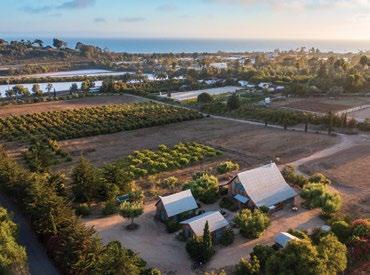

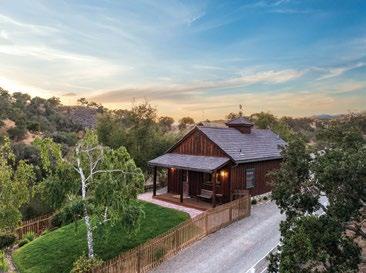
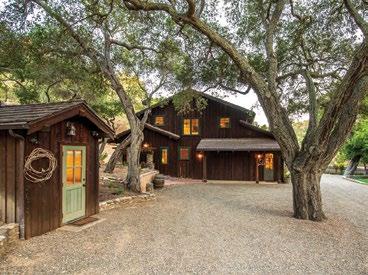





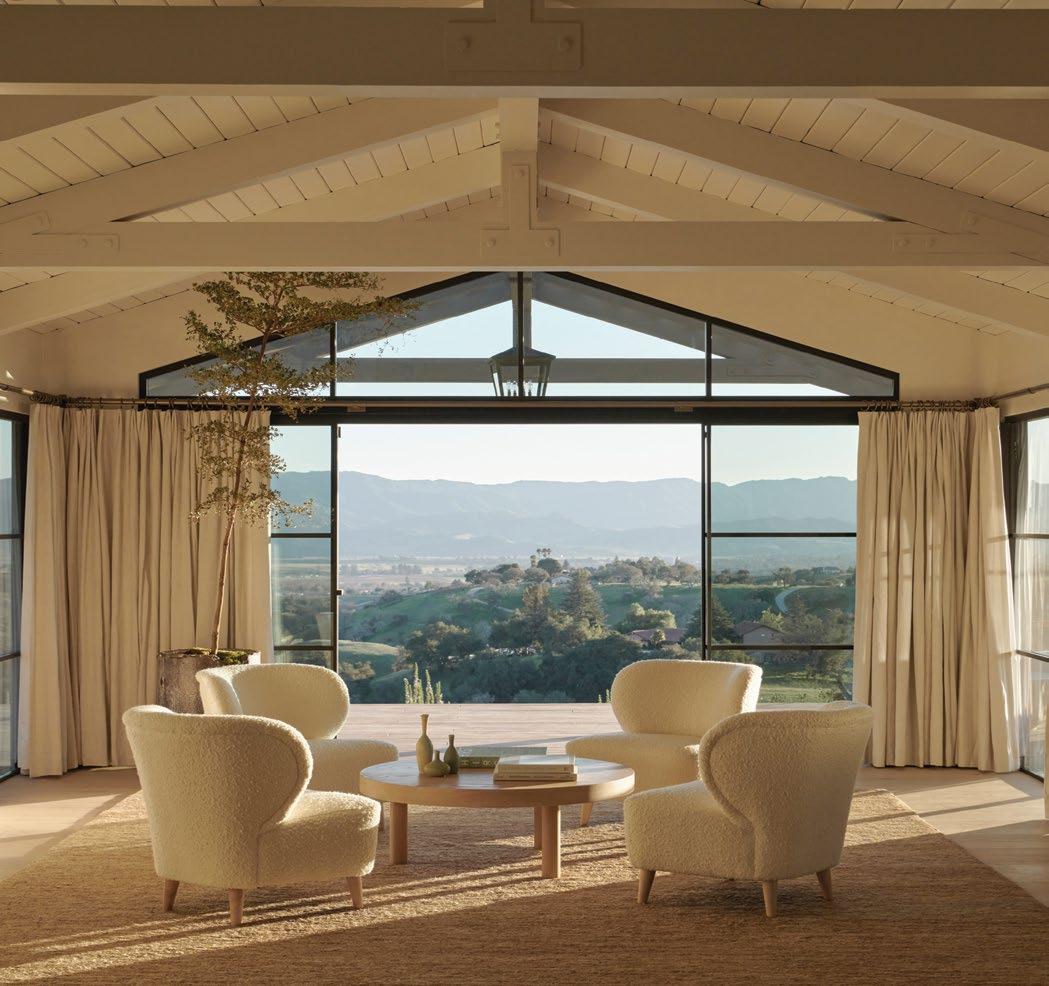



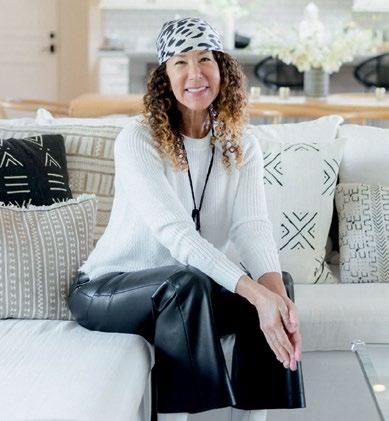
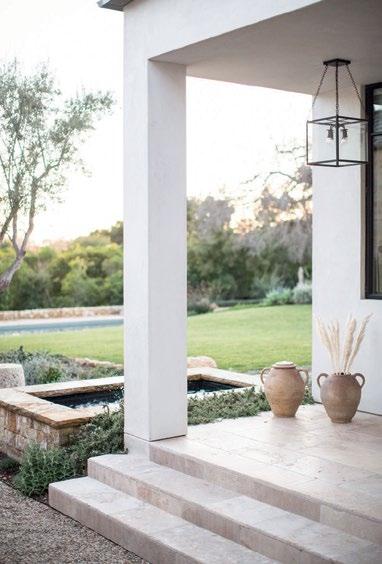
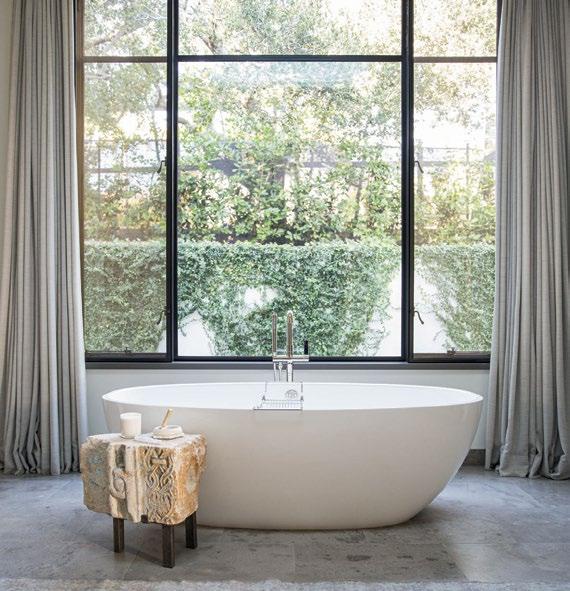
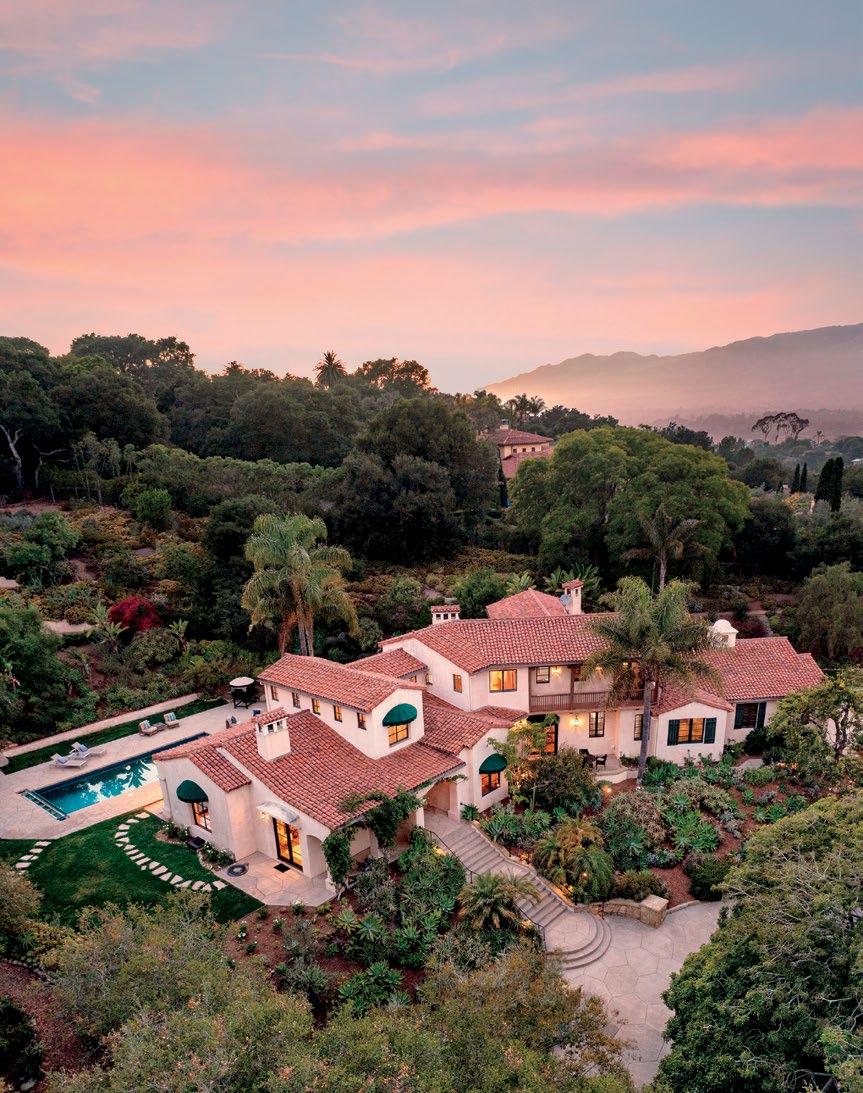
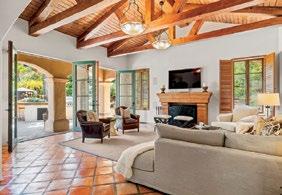
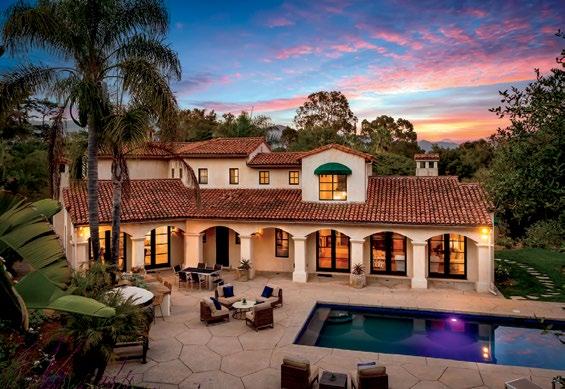
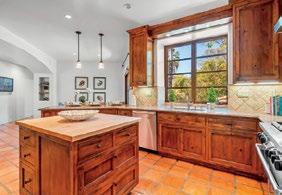
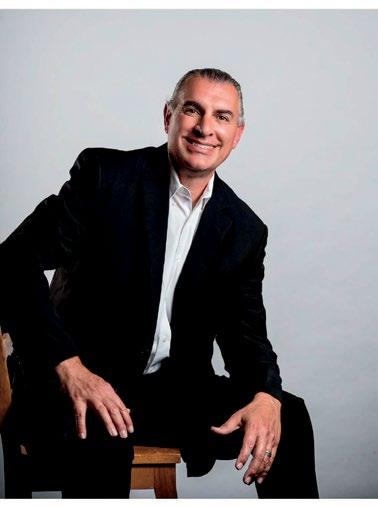



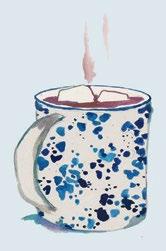

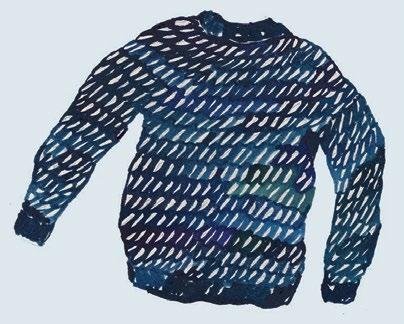
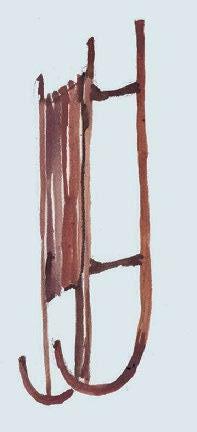

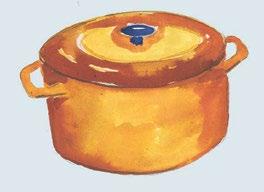

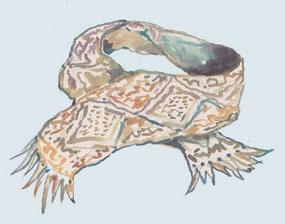





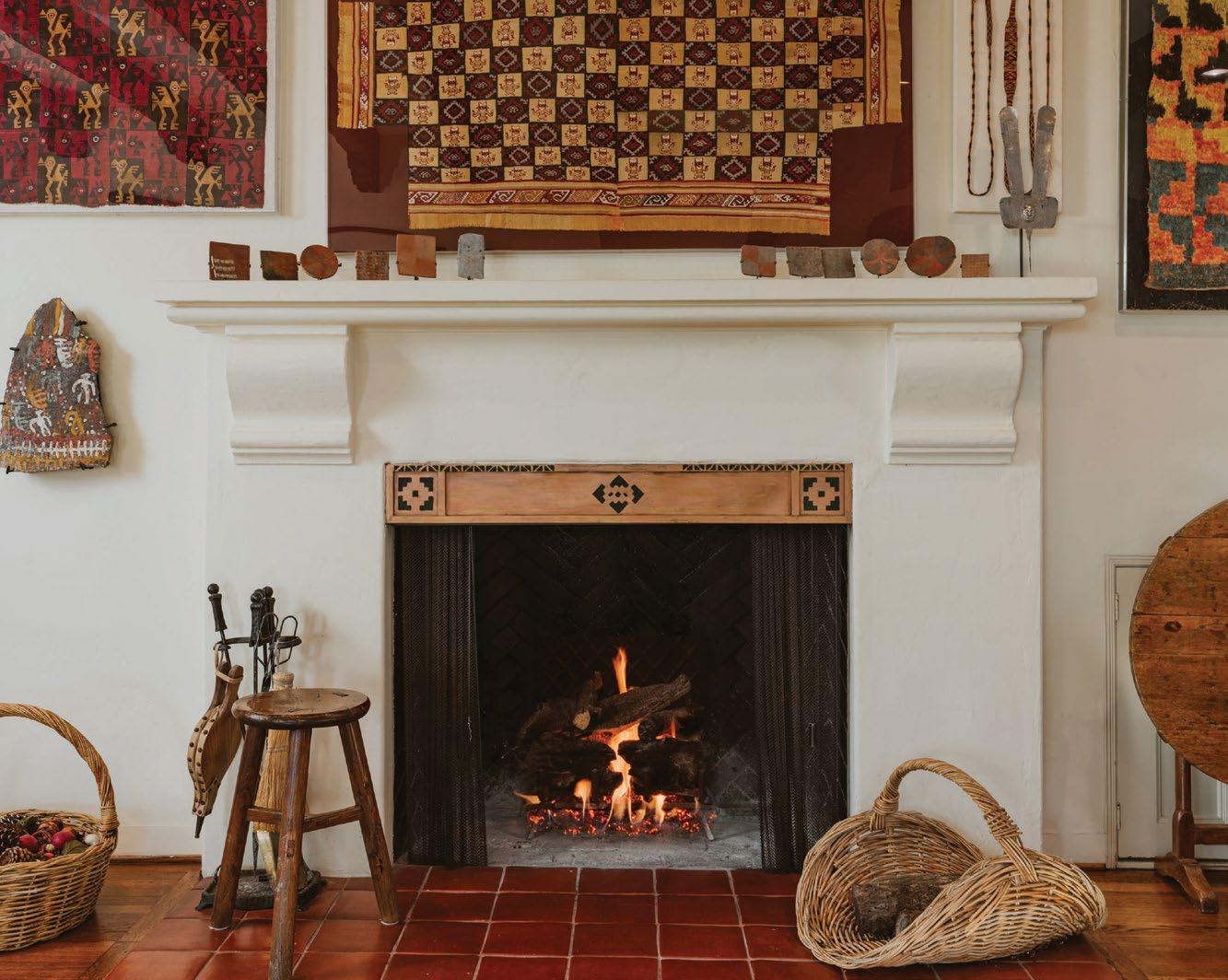



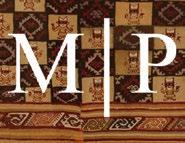

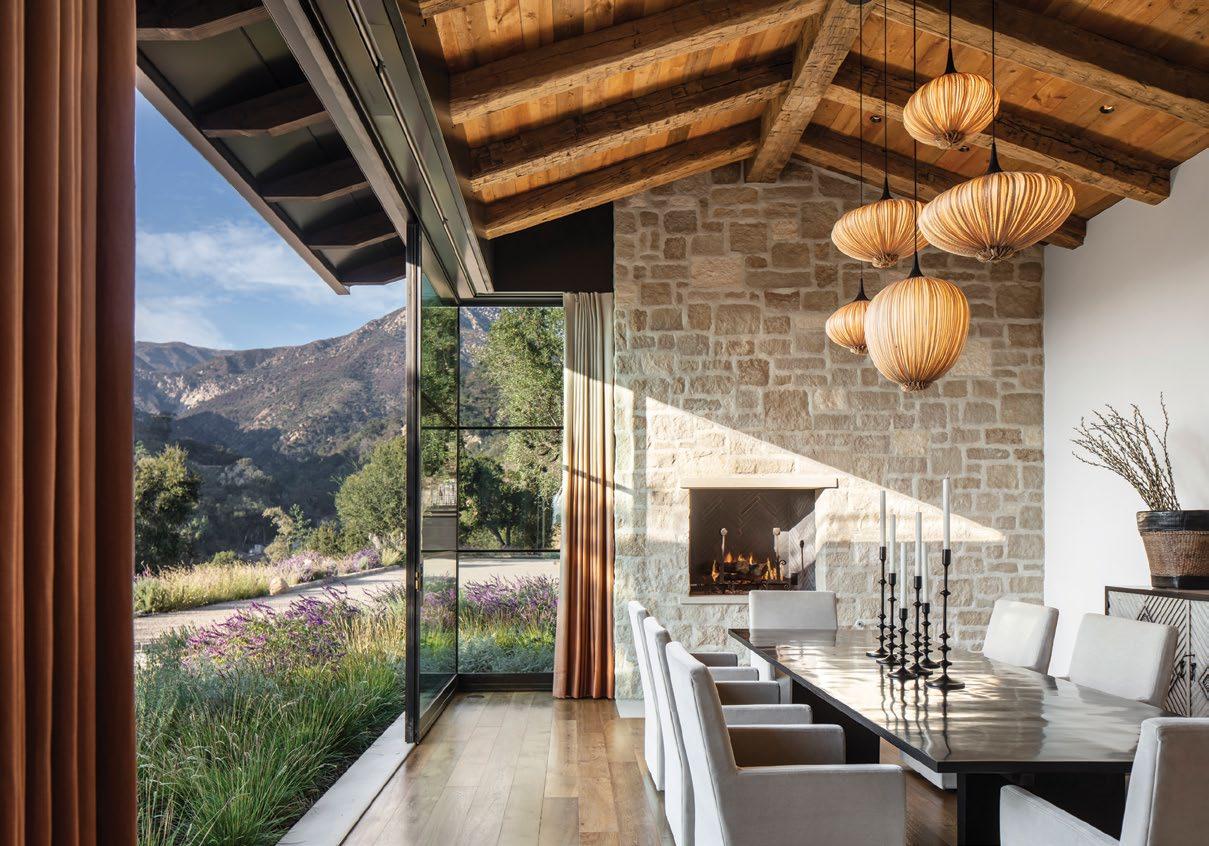
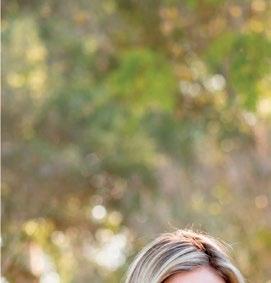

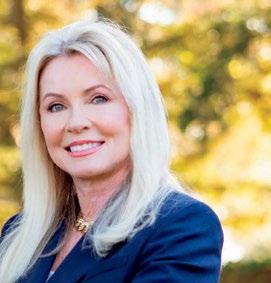

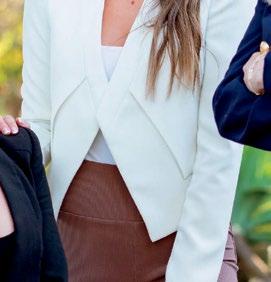
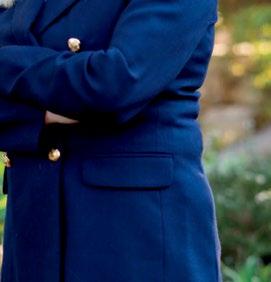
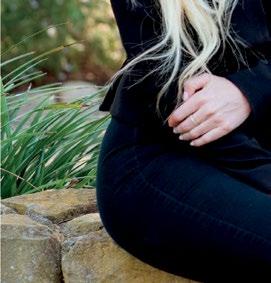
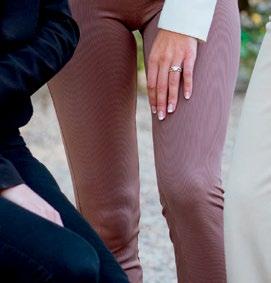
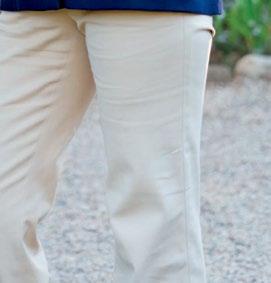
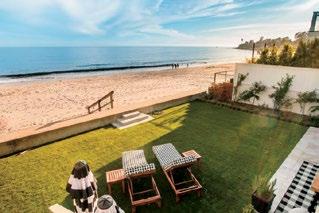
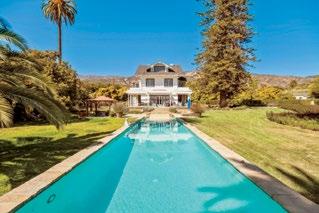
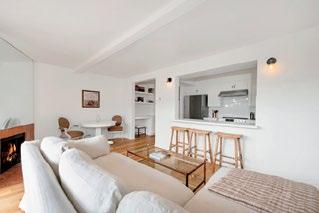


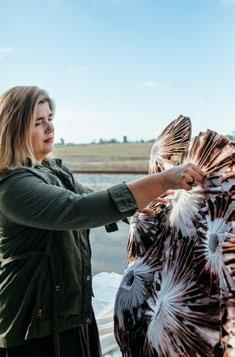
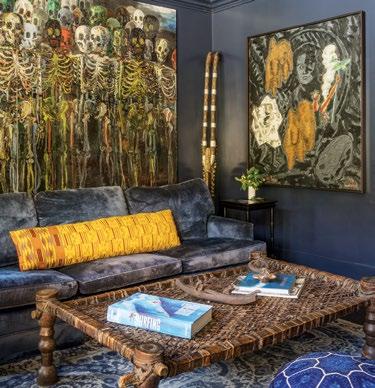
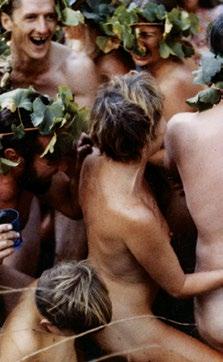
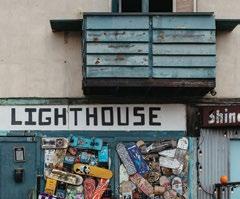
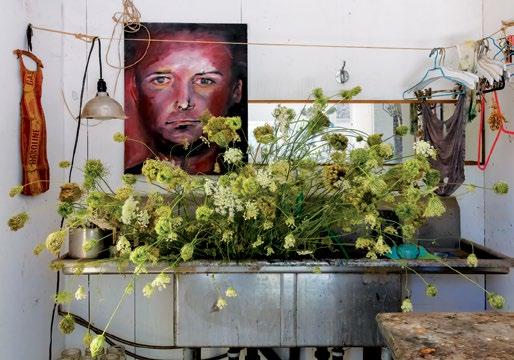
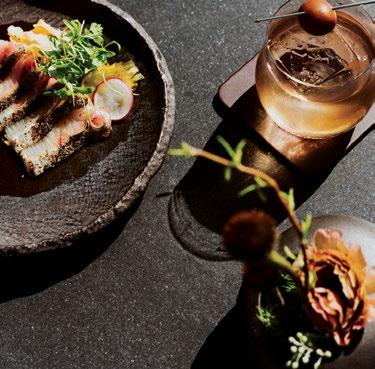
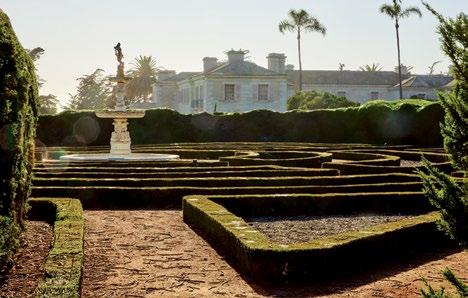
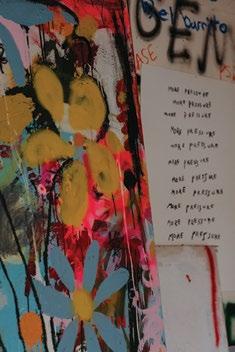
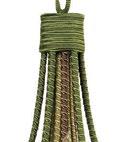
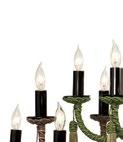
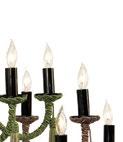
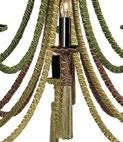








Using a rigorous and analytical approach to financial planning, our best-in-class Wealth Management professionals will use their extensive experience to craft a completely customized investment portfolio that dives into what’s most important to youwhether your goals are to preserve your hard-earned wealth, invest in your family’s future, or contribute to your community.
We invite you to dive in and experience a new world in financial management.
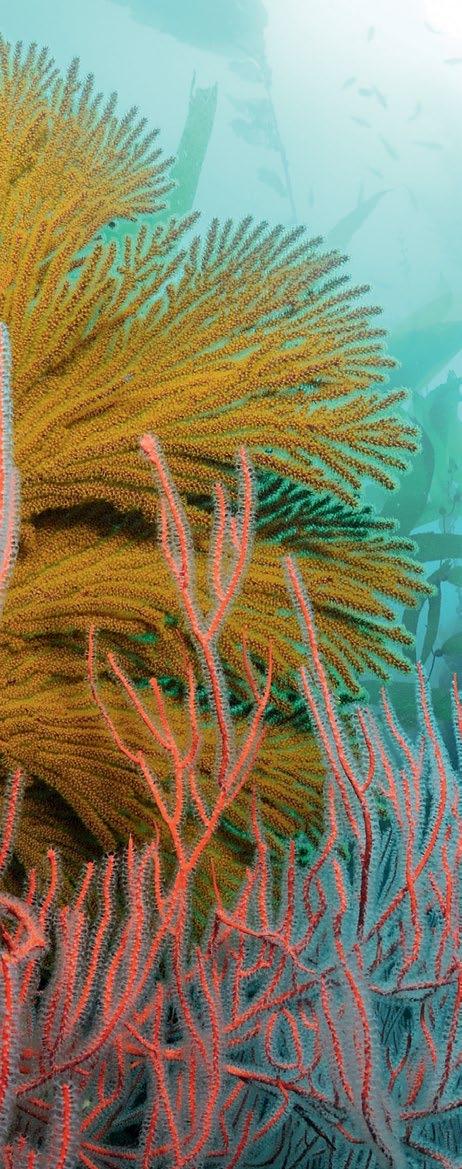
SENIOR LIVING Reimagined . Find an endlessly inspiring setting, a wealth of activities, first-class cuisine, innovative wellness & attentive service all under one stylish roof with new friendships, new passions, new discoveries, new freedoms—and the peace of mind that comes from onsite supportive services. It’s all here at Maravilla senior living community. A place built for all that makes you, you.
EDITORIAL CARF-ACCREDITED CASITAS • SENIOR RESIDENCES INDEPENDENT & ASSISTED LIVING • MEMORY CARE


Gina Tolleson
James Timmins
Anush J. Benliyan
CONTRIBUTING DESIGNER
Tia Seifert
PHOTO EDITOR
Lauren White
CONTRIBUTING WRITERS
Charles Donelan
Anna Ferguson-Sparks
Amelia Fleetwood
Jennifer Blaise Kramer
Christine Lennon Dawn Moore
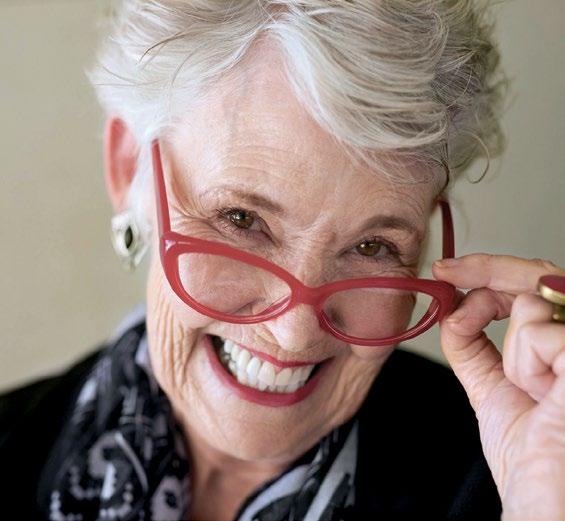
Lorie Dewhirst Porter
Gabe Saglie Katherine Stewart
Joan Tapper
Erik Torkells CONTRIBUTING PHOTOGRAPHERS
Blake Bronstad
Jennifer Smith CALL 805.576.7407 TODAY TO SCHEDULE A PERSONALIZED TOUR!
David Cameron
Leela Cyd
Sam Frost
Blue Gabor
Tierney Gearon
Michael Haber
Brian Hodges
Elizabeth Messina
Dewey Nicks
Victoria Pearson
Sara Prince
Lisa Romerein
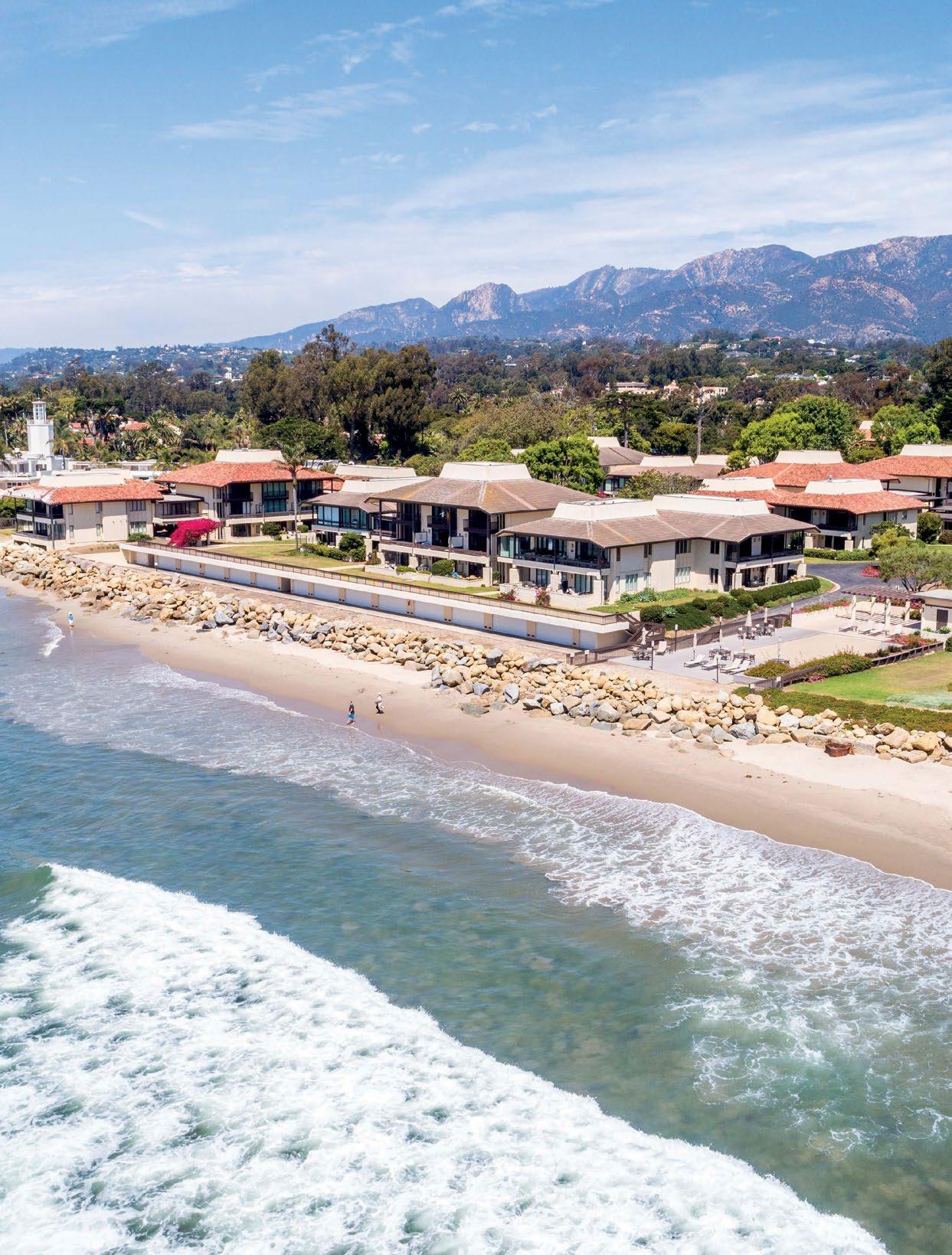


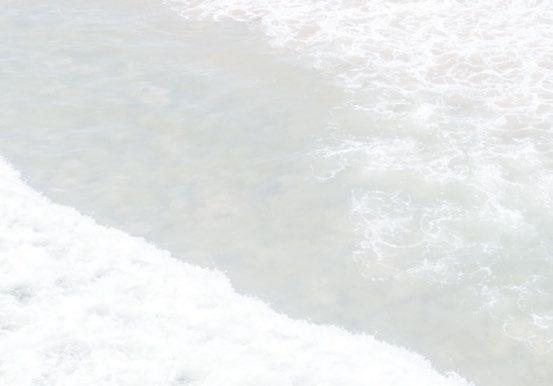

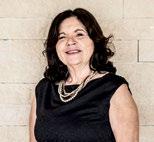




©2022 BY SMITH PUBLISHING GROUP, LLC.

All rights reserved. No part of this periodical may be reproduced in any form or by any means without prior written consent from Santa Barbara Magazine.

Santa Barbara Magazine invites you to share with us your reactions to our latest stories. Letters are not for publication, but please include your address in case we need to contact you. By mail: Reader Response Department, Santa Barbara Magazine, 2064 Alameda Padre Serra, Ste. 120, Santa Barbara, CA 93103. By e-mail: editorial@sbmag.com.
Single copies and subscriptions are available at shop.sbmag.com. Domestic rates are $19.95 for one year. For Canada, add $49 postage; for rest of the world, add $69. Subscriber Customer Service - please contact subscribe@sbmag.com

For advertising inquiries, contact Amy Lipson, publisher, at amy@sbmag.com.


One of the things I love about Santa Barbara is its ties to the past. Our town’s Spanish-style architecture was firmly established almost a century ago, and its history goes back long before that. Visually much of Santa Barbara hasn’t ventured too far afield. Of course, there are always modern interpretations of old traditions, but an underlying connection to heritage is ever present. I always feel as if I have stepped back in time when I walk streets like De La Guerra or explore the Presidio. And we’re lucky to have preserved some of the grand estates of yesteryear.
Roebuck is speaking a whole different language. The artist and writer expresses her creative vision through what she calls “punk ikebana,” and we feature an excerpt from her new book of that name in “Floristry for the Future” (page 116). The images of her extraordinary arrangements and installations are truly out of this world.
This issue focuses on culture in all its forms— from architecture to cinema (don’t forget the upcoming Santa Barbara International Film Festival, page 58)—so we include a nod to a five-decade artistic milestone in “We Want the Funk” (page 41). There’s also our homage to noted artist Joan Tanner (“Joan of Art,” page 47), whose magnificent Mire graces our cover.

And for a look at how collectors actually live with their artworks, we’ve visited an exemplary Montecito family home in “Cutting-Edge Classic” (page 94). Shot by famed photographer Firooz Zahedi, the feature demonstrates the way art (and culture) can be deftly integrated into one’s life on a daily basis. After all, art doesn’t have to be so precious—it should be one of life’s essentials.

Take Bellosguardo, the legendary clifftop home of reclusive copper heiress Huguette Clark, who willed her property to a foundation here. Out of sight for decades, the mansion with its original furnishings—and newly installed with Huguette’s own art and selfportraits—is about to open to small public tours for its first time. With “Bellosguardo” (page 80), we’re delighted to give our readers a sneak peek into the rarified world of the past.
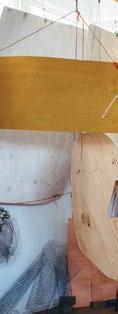
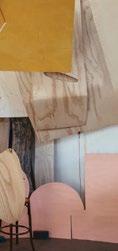


Another fabled element of Santa Barbara history, if a bit more recent, concerns the doings on Mountain Drive, where a freedomloving community of characters thrived from the 1940s through the 1960s. In “Bohemian Rhapsody” (page 104) we tell that story and present archival photographs that document the bacchanalian times of the storied enclave.
There’s an old adage that you can say it with flowers, but, even so, floral innovator Louesa

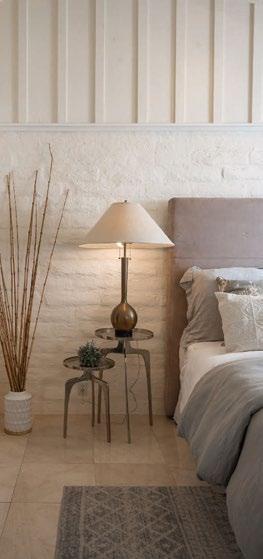

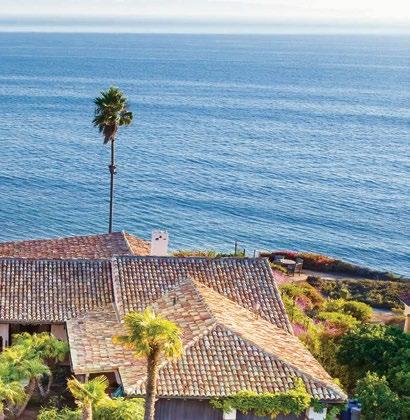





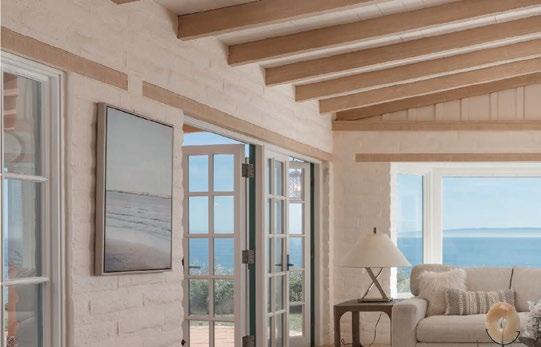
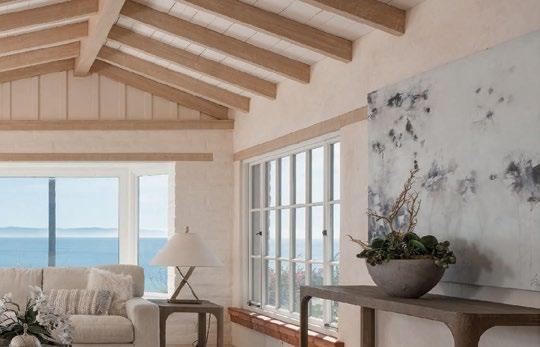

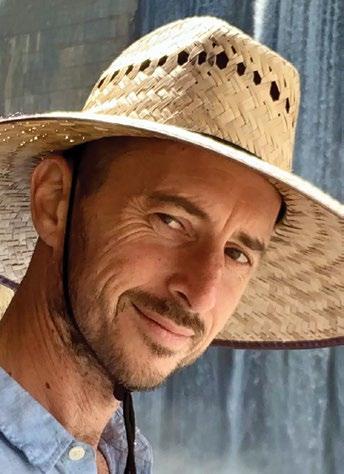
“Having worked on mostly commercial projects just before the lockdown, it was invigorating and life-affirming to embark on a purely artistic quest,” says the British-born photographer, art director, and craftsman who shot Louesa Roebuck’s creative installations seen in “Floristry for the Future” (page 116). S.B. MUST DOS • Cioppino at the S.B. Shellfish Co. • Tasting Syrahs at Jaffurs Wine Cellars. • Dog-friendly Bate’s Beach in Carpinteria.
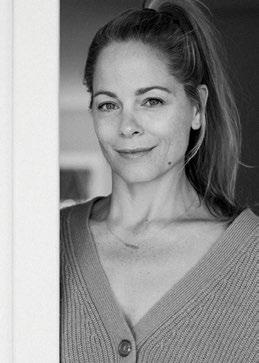
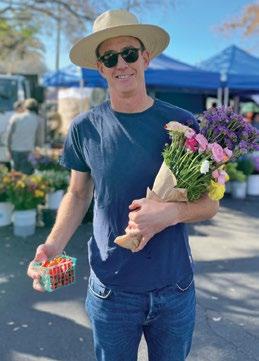
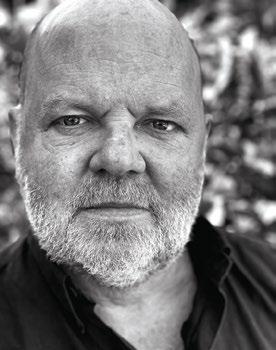
“If pizza, wine, and baked goods don’t add up to a dream assignment, what does?” asks the Montecito-based Siteline founder, who wrote about just those topics in “Italian Invasion” (page 67). S.B. MUST DOS • Bettina for big-city style and excellent food. • The Saturday farmers’ market, our version of church. • Masters swimming at Los Baños.

“It was an enormous pleasure to step into Joan Tanner’s world, meander through her property, listen to her stories, and see her art—past, present, and in progress. She’s an inspiration,” says the Santa Barbara–based photographer, who shot our cover story, “Joan of Art” (page 47), as well as much of the Arts section and the Italian food roundup. S.B. MUST DOS • Lunch dates at the Daisy. • Coffee in the Dart garden. • Ojai Valley Inn getaways with family.
“I found myself drooling over the edgy floral arrangements while laying out ‘Floristry for the Future’ (page 116),” says the Los Angeles–based contributing designer, who lent her talents to the entire issue. “They inspired me to find an exquisite typeface to match their beauty.” S.B. MUST DOS • Noshing at the annual S.B. Greek Festival. • Renting wheels from Bicycles of Ojai and cycling the trails. • A picnic lunch at the Ojai Vineyard.
“I was always intrigued by the lore of the unique Mountain Drive community,” says the writer and musician who covers the arts for myriad publications and who penned “Bohemian Rhapsody” (page 104) as well as “Ones to Watch” on filmmakers John Lowe and Elijah Allan-Blitz (pages 58 and 59). S.B. MUST DOS • Buena Onda for supersavory empanadas. • Caffeinating at Old Town Coffee in Goleta. • Imbibing at semi-secret watering hole Elsie’s.
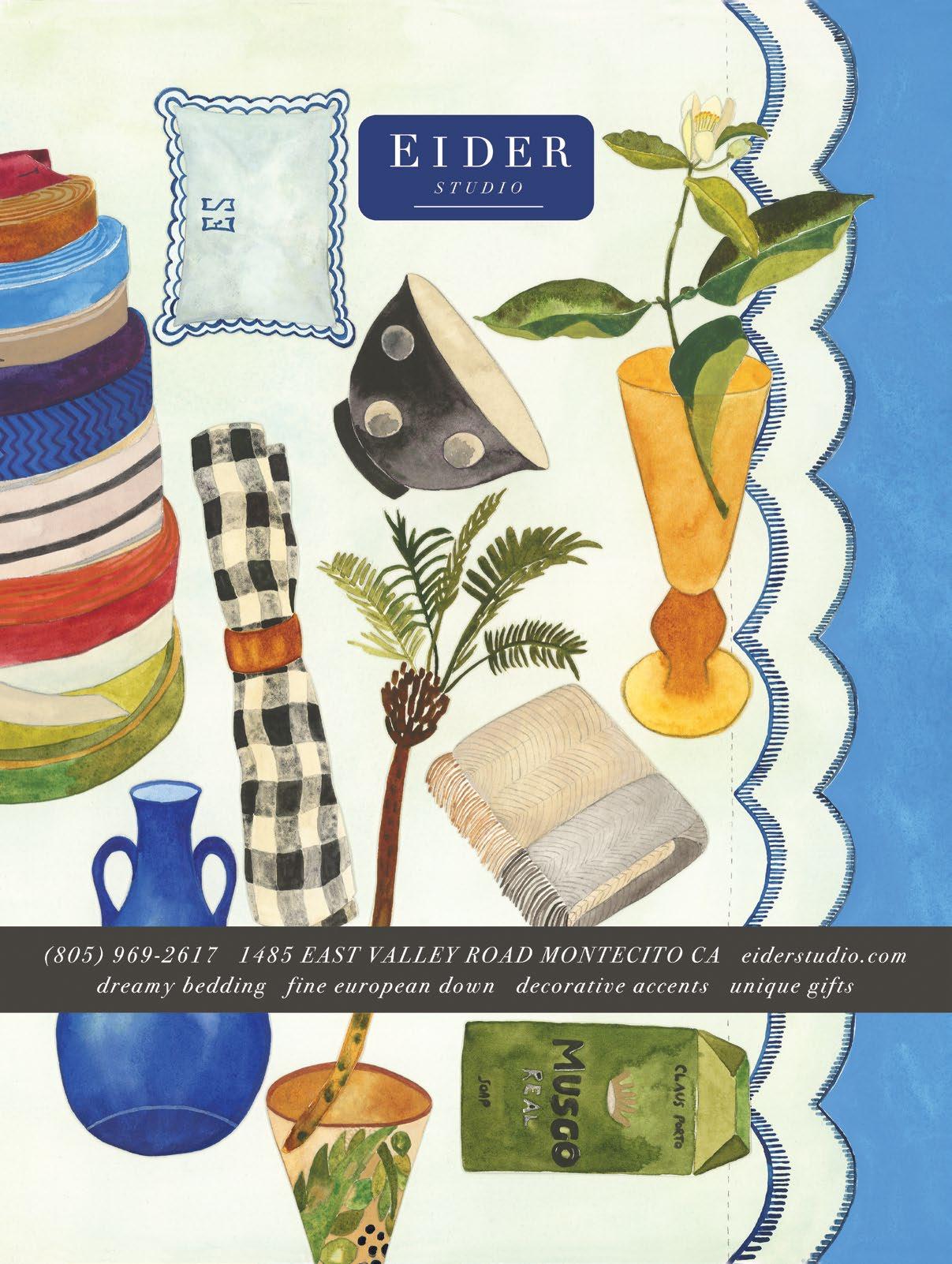
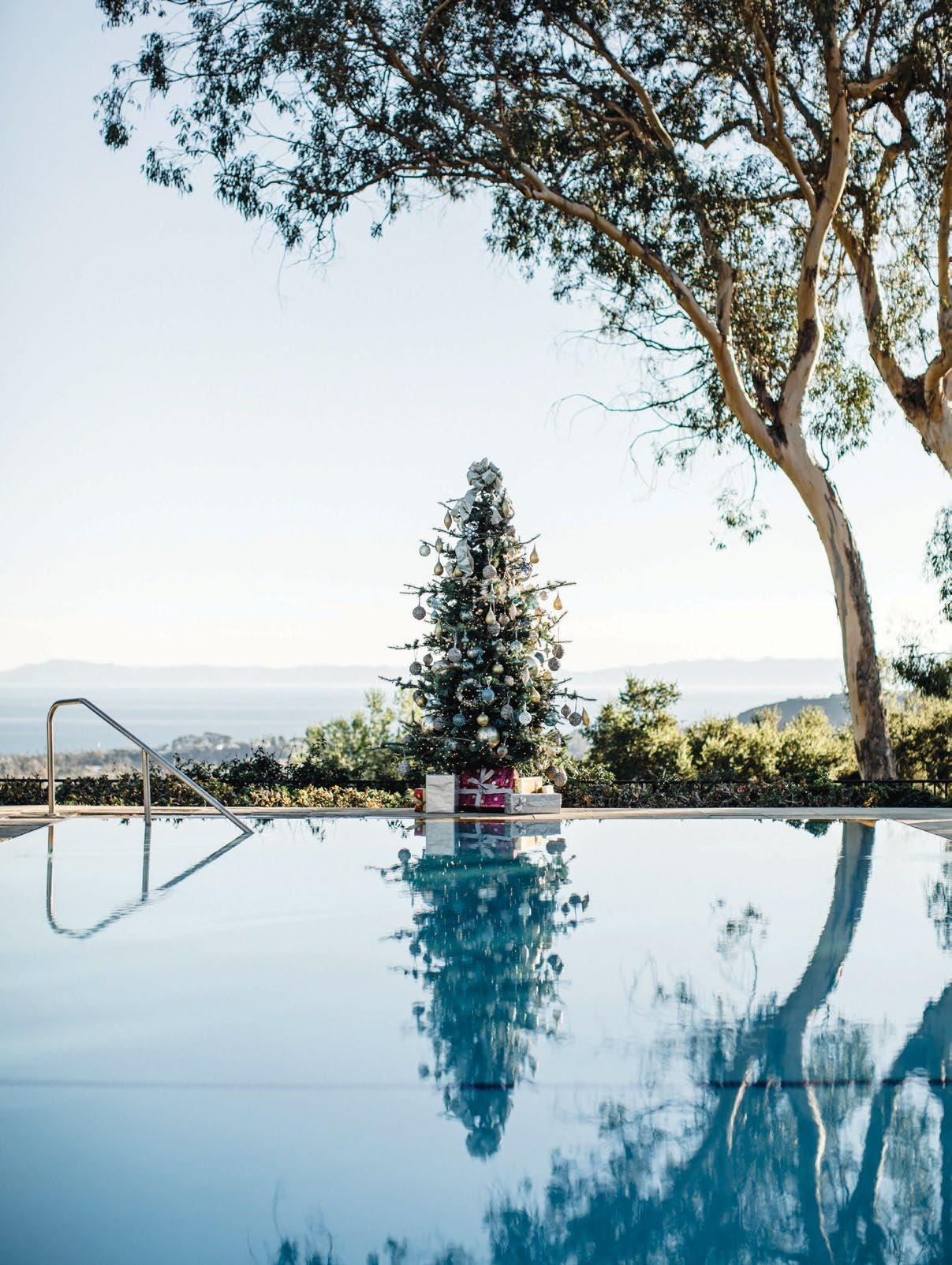
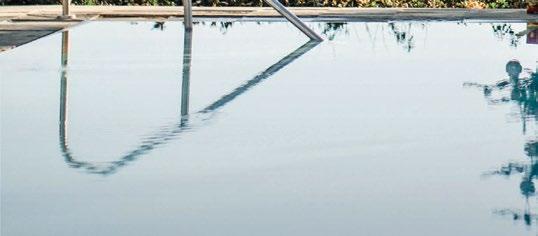
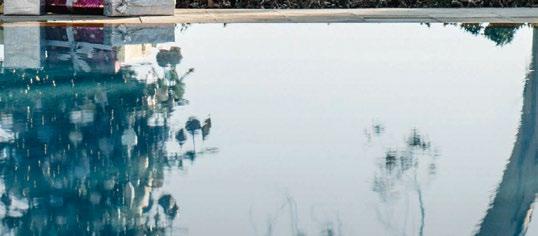

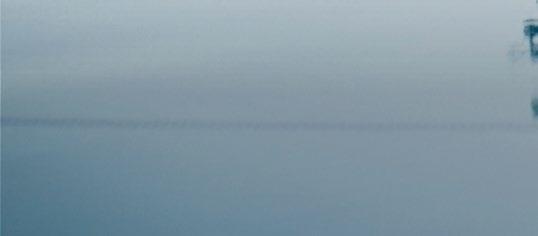
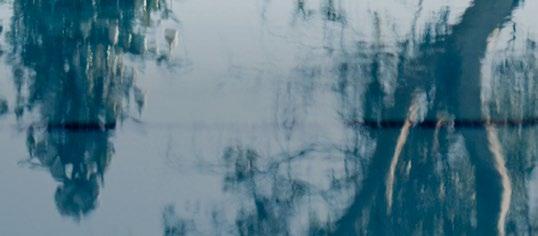
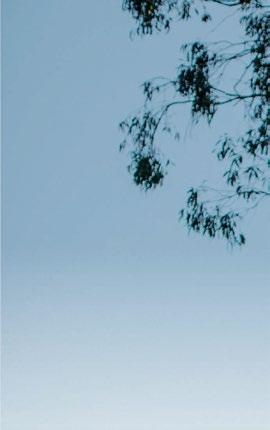



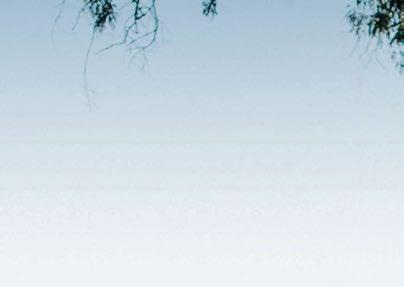
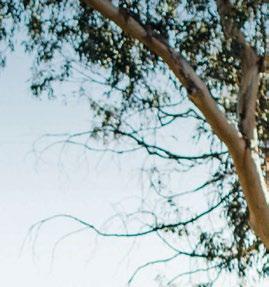

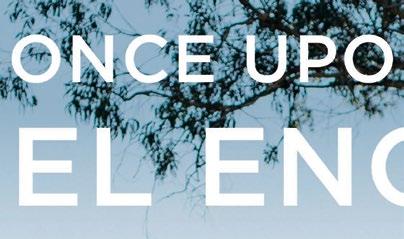
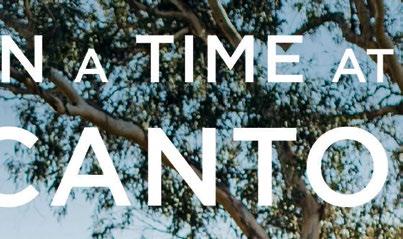
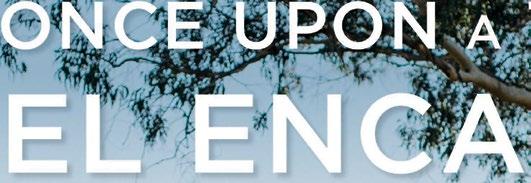
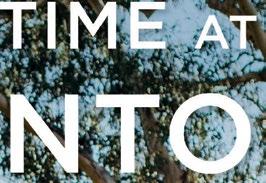
An iconic image of Gray Avenue in the Funk Zone, where artists and fishermen coexist.
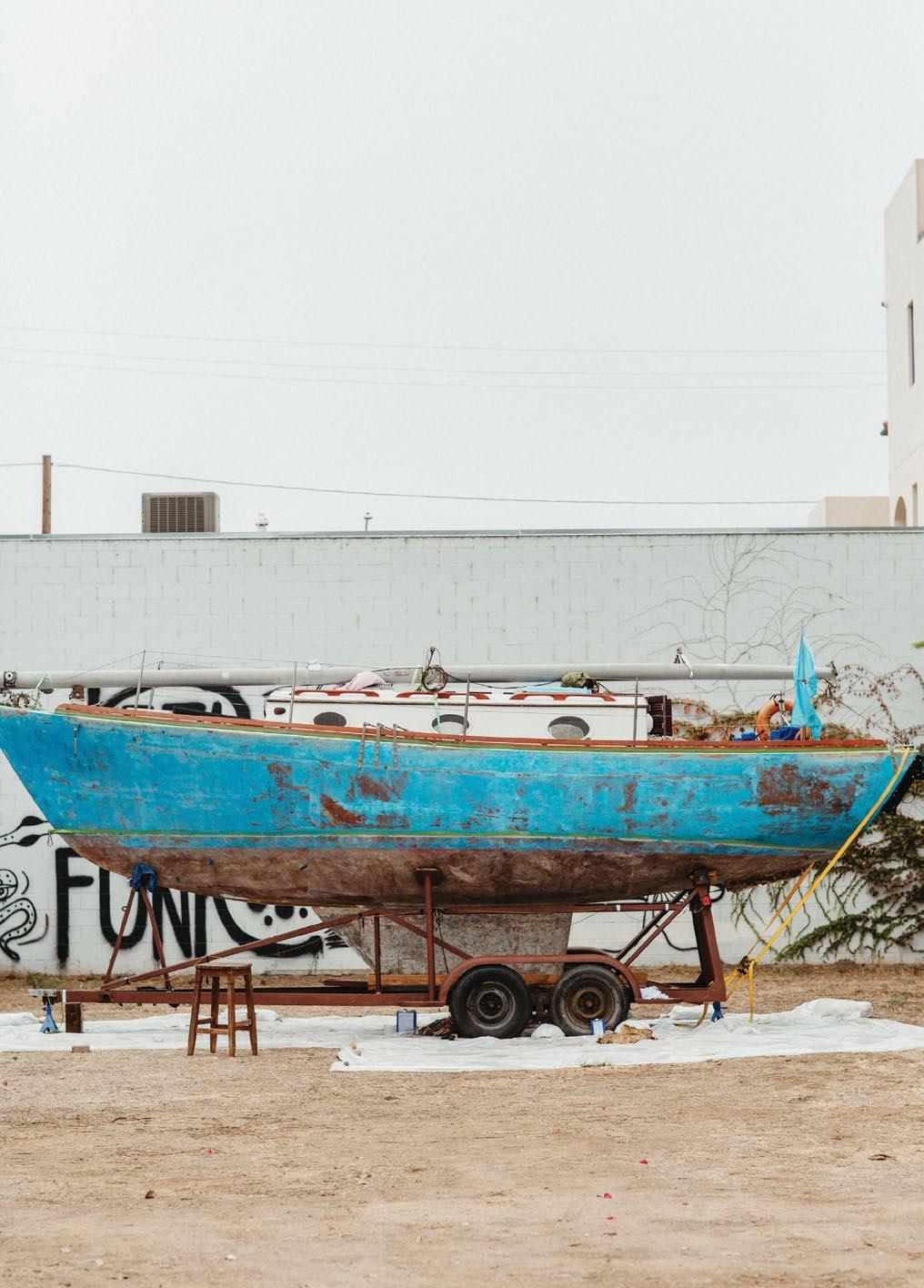
Our epicenter of counterculture turns 50
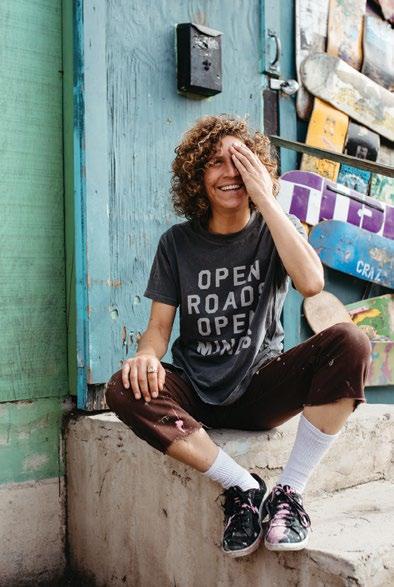

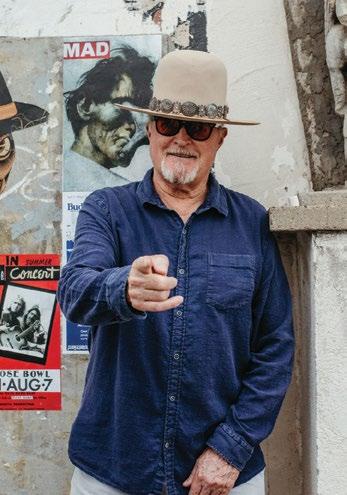
Long before it was dubbed The Funk Zone, Santa Barbara’s industrial area, with its mix of marine and manufacturing outposts, grain mills, tilt-up buildings, and Quonset huts, could easily be described as such. Starting in the 1970s, intrepid gallerist Ruth S. Shaffner saw the area’s creative potential and fearlessly established her eponymous contemporary art gallery there. (She also gifted more than 100 artworks to UCSB’s Art, Design & Architecture Museum.) By the time the Funk Zone name stuck— reportedly in the mid-1990s—the area was already filled with artists known for their knack of repurposing industrial buildings into living spaces and studios.
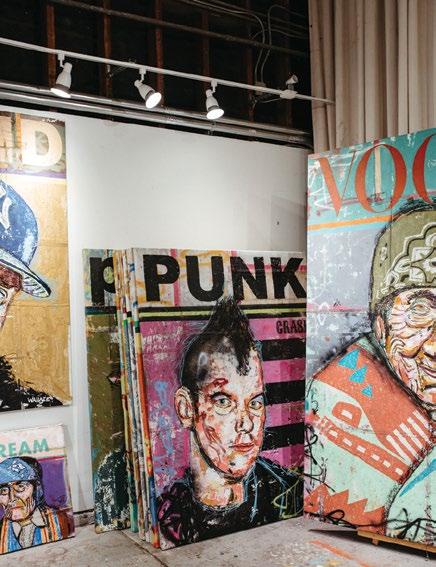
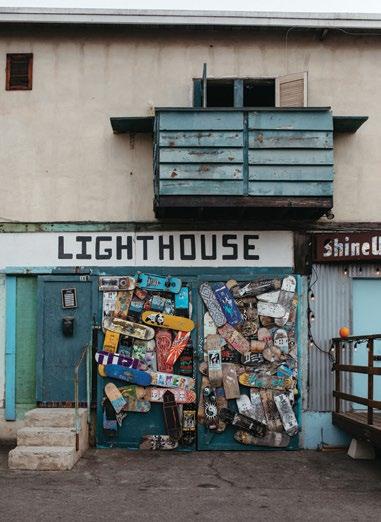
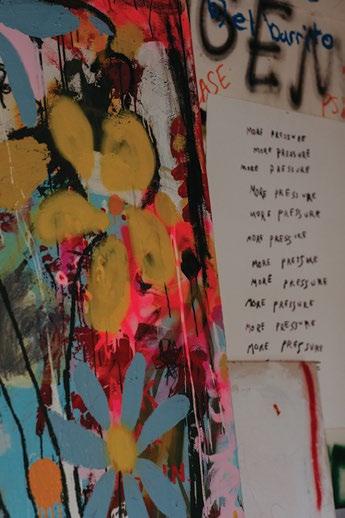
Three decades on, there’s an Urban Wine Trail (20plus tasting rooms), art galleries, vintage boutiques, restaurants, and more (including numerous artist studios). The Funk Zone is also a thriving local community of individuals who support creative ventures and spirits (of all kinds). And while skyrocketing land values threaten the continued survival of the area as an artists’ enclave, local groups like Keep the Funk are committed to preserving its inherent funkyness. Without a doubt, The Funk Zone is a truly unique and vital part of Santa Barbara.
LORIE DEWHIRST PORTERCLOCKWISE FROM
TOP LEFT: Artist Demi Boelsterli; works by Boelsterli; Helena Mason Art Gallery; Lighthouse Skate Shop; Rodeo Gallery; Jim Mahoney, the OG. OPPOSITE, CLOCKWISE FROM
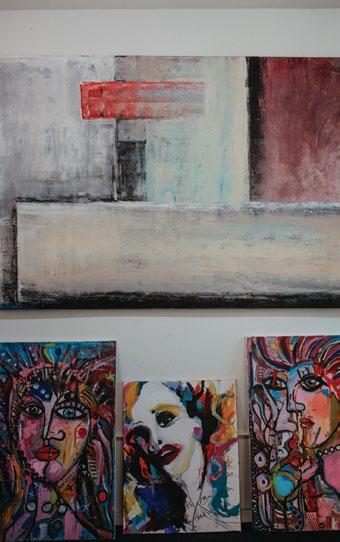
TOP LEFT: Helena Mason Gallery; a Funk Zone logo; Marcello Ricci; My Pet Ram Gallery; the “Bohemia” sign on Helena Avenue; artist Wallace Piatt; Loveworn’s roll-up garage; Jill Johnson of Loveworn.
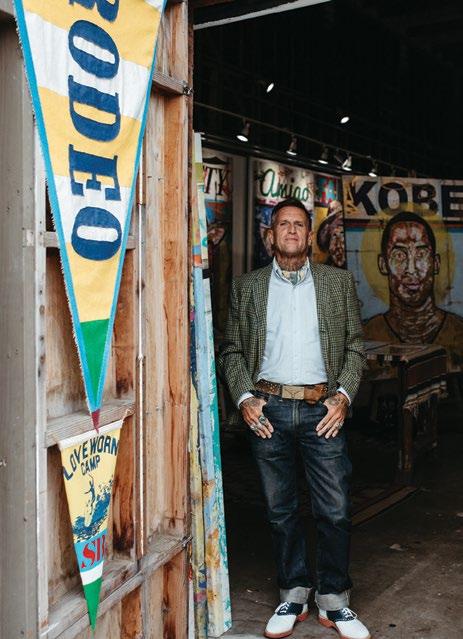
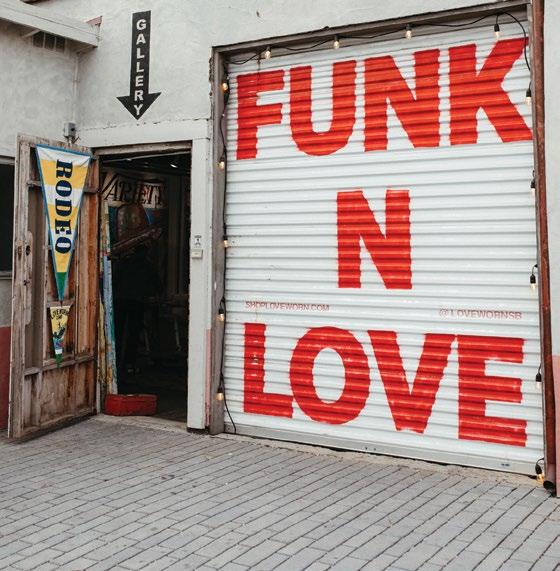
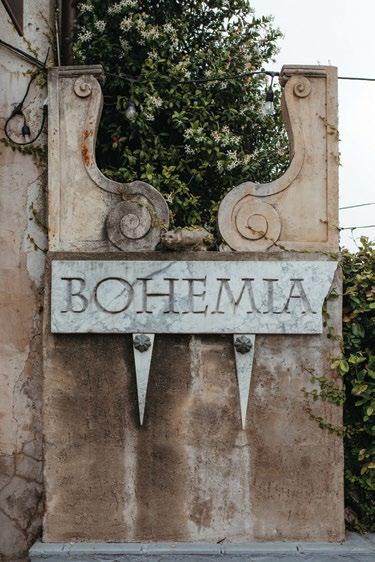

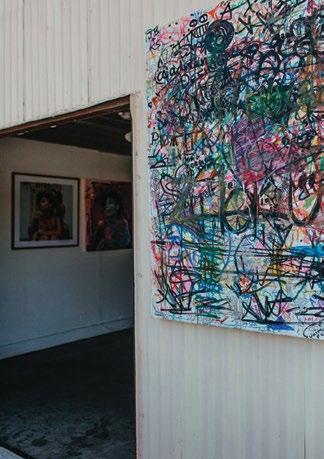
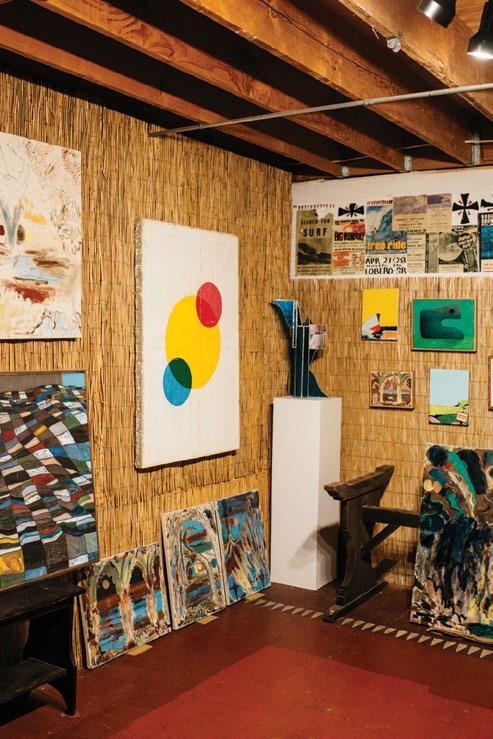

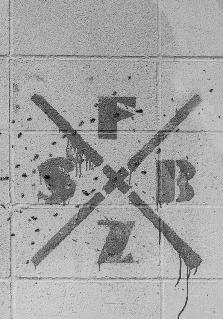

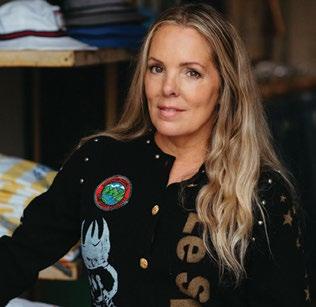












Live “ The grit collides with the glamour down here. ”
—Jill Johnson, artist and designer
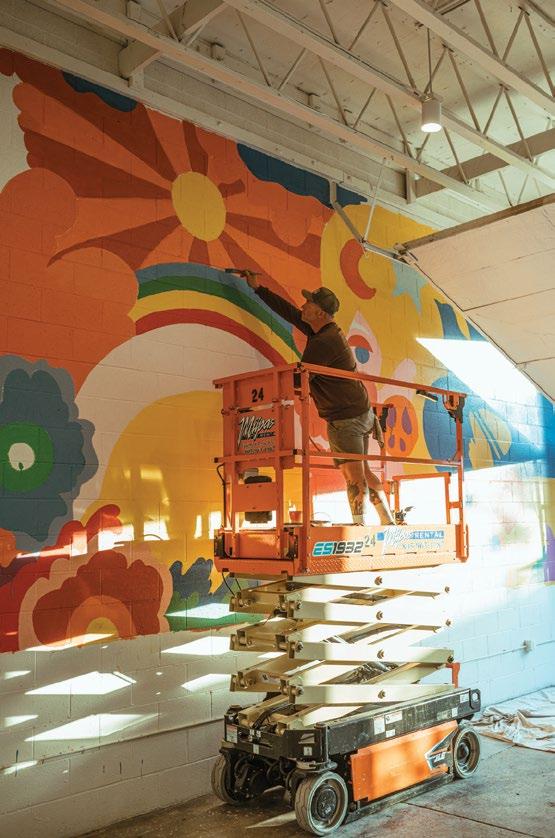
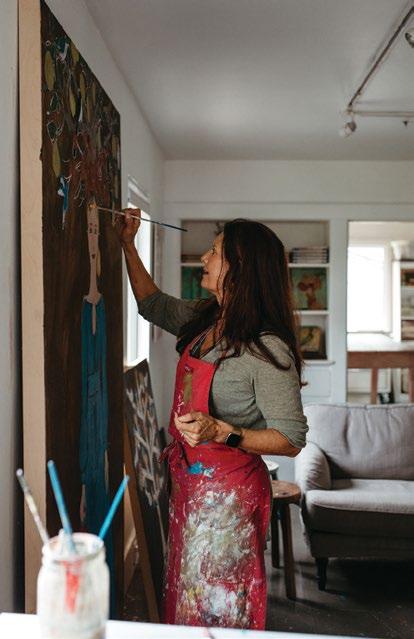
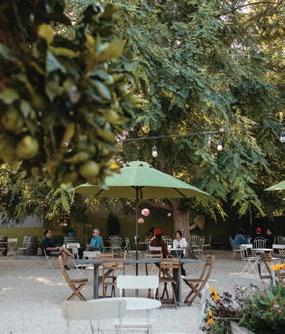
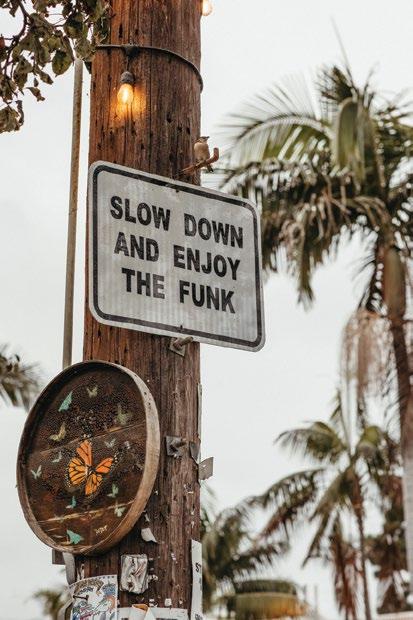
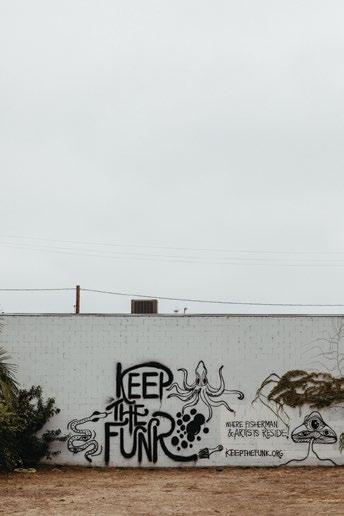
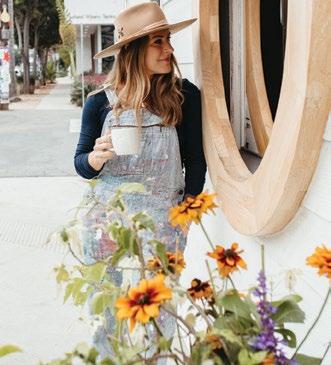













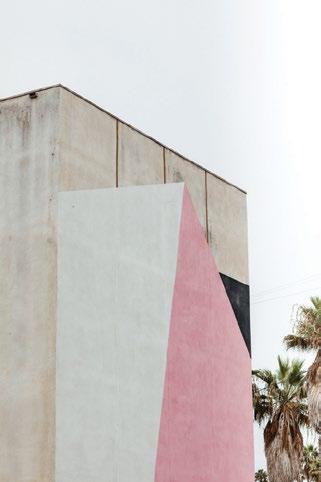
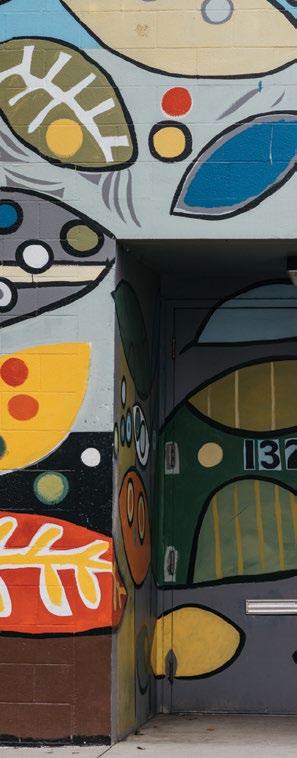

Artist Brad Nack’s mural; artist Pedro de la Cruz; paint ings inside de la Cruz’s studio; Surf Monkey by artist David Flores adorns an artist co-op building; Funk Zone, ground zero—the corner of Gray Avenue and Yanonali Street; Phoebe Brunner’s Hurry Home on Gray Avenue; Silver Spoon #125 by artist Leslie Lewis Sigler on Santa Barbara Street.
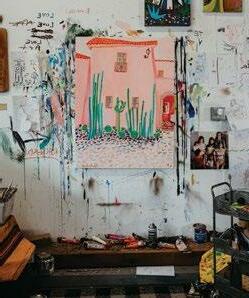
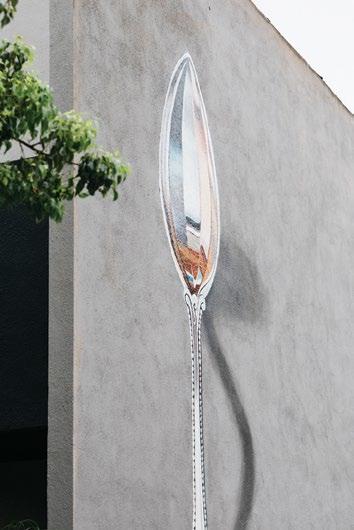
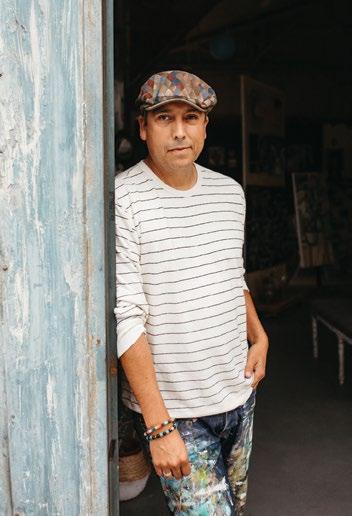
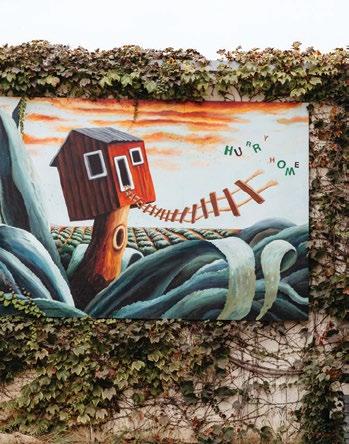
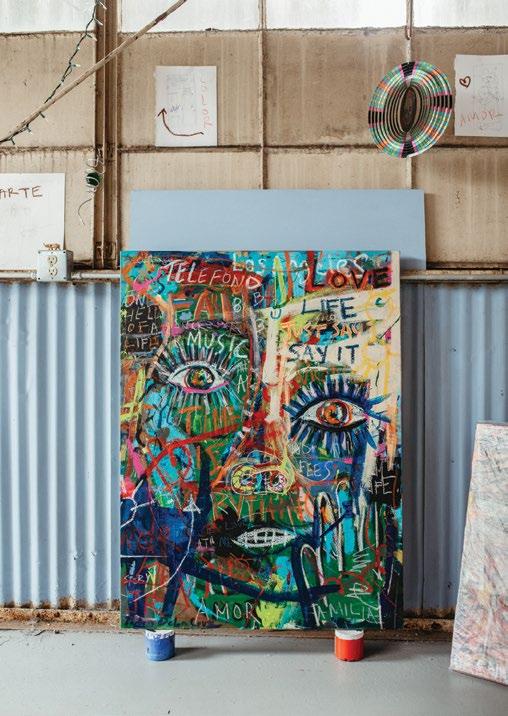
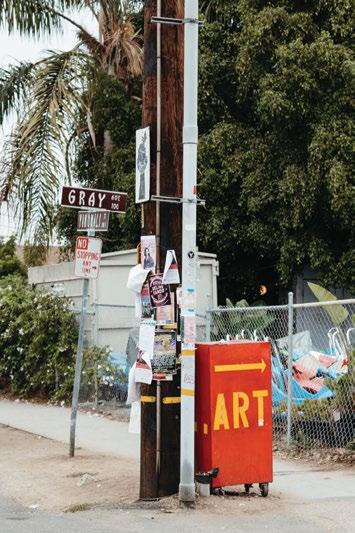
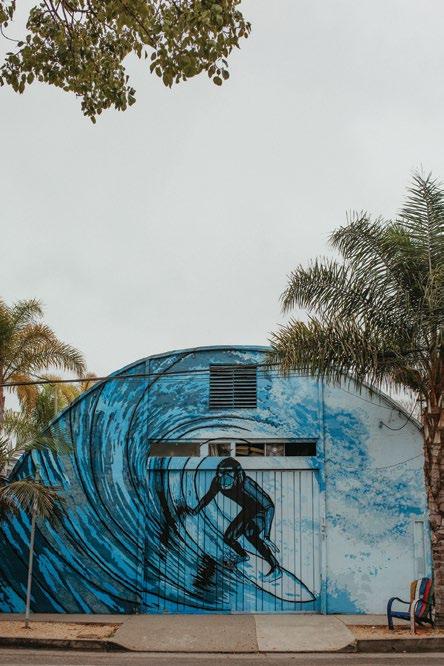
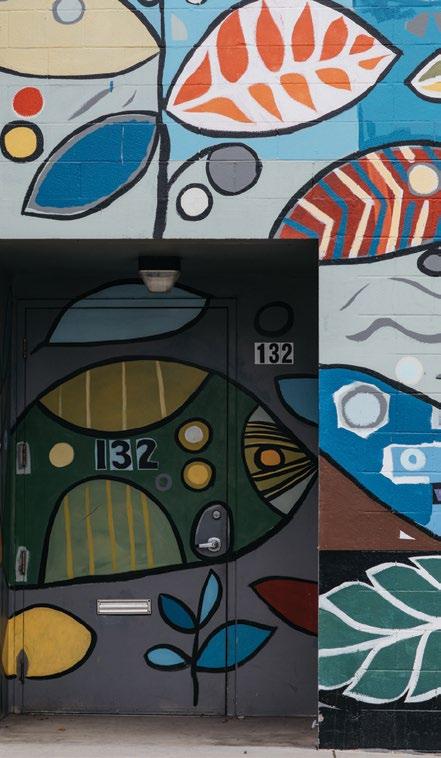
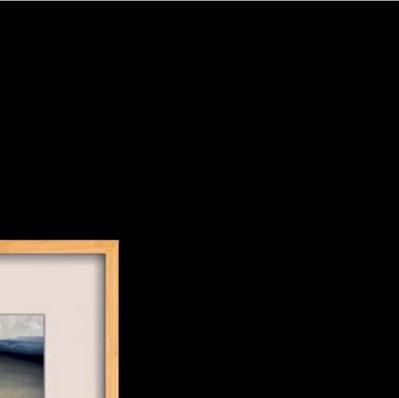
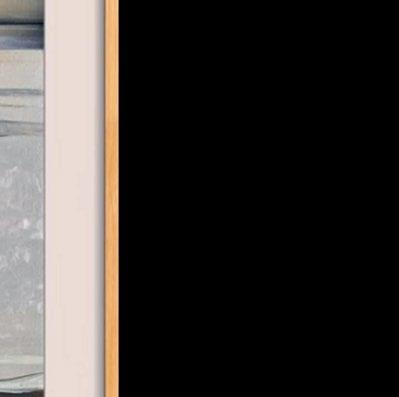



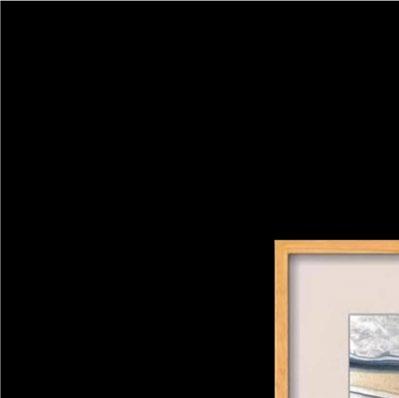
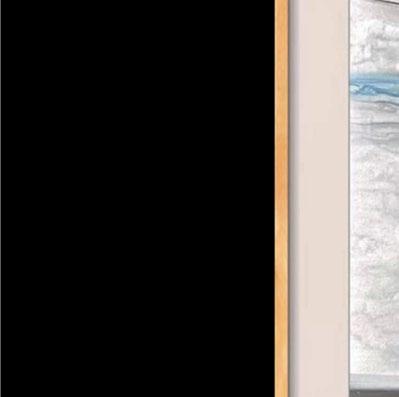
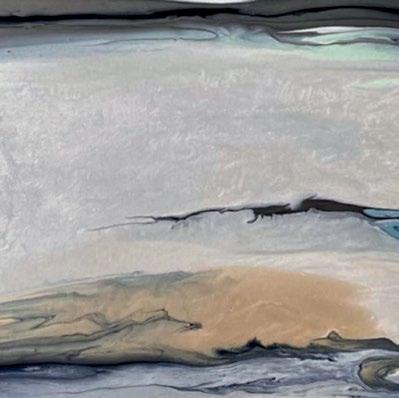
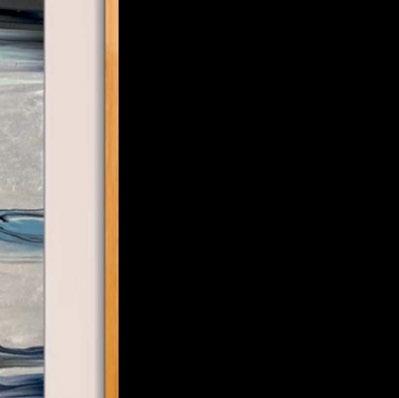
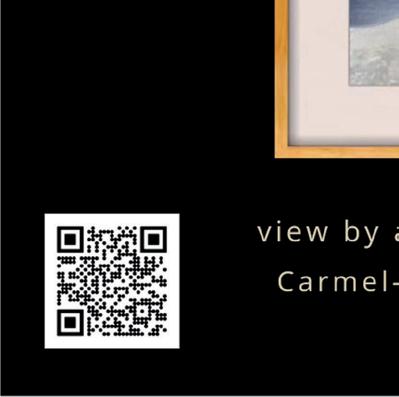
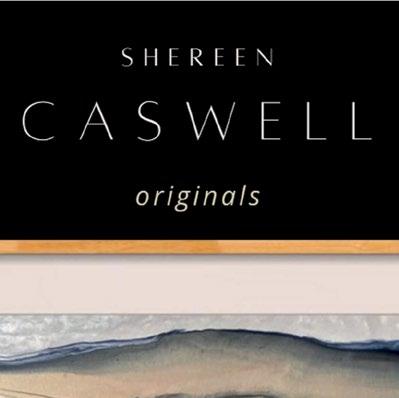
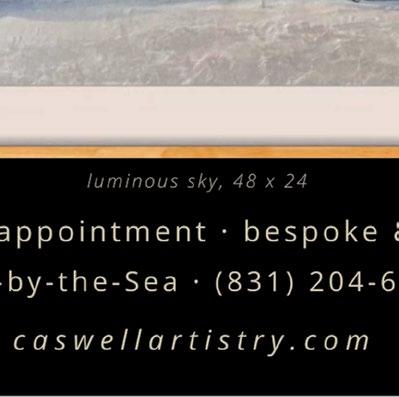
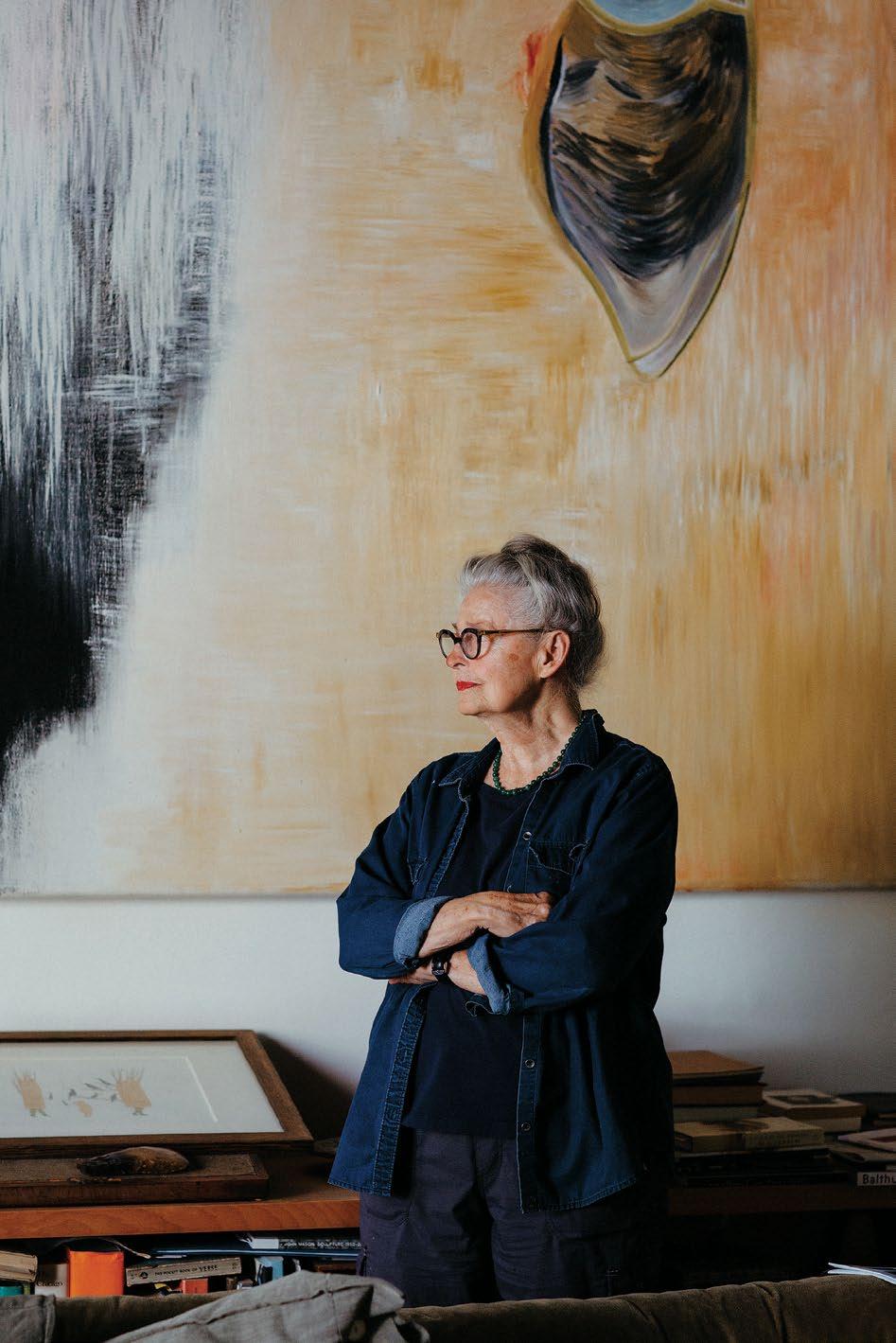
LEFT TO RIGHT: Tanner in her studio, contemplating Mire, a site-specific installation she created for her Out of Joint solo exhibition at the Santa Barbara Museum of Art; at 87, the artist is a seasoned pro, having produced and exhibited artwork for more than five decades. OPPOSITE, CLOCKWISE FROM TOP LEFT: Tanner’s studio; the artist with one of her drawings; in her living room, her 1989 painting, Two Times, shares space with the works of other artists; art storage in the studio; well-used tools for drawings; plywood is frequently used by Tanner in her installation pieces; Tanner adding touches to her piece Contingent2
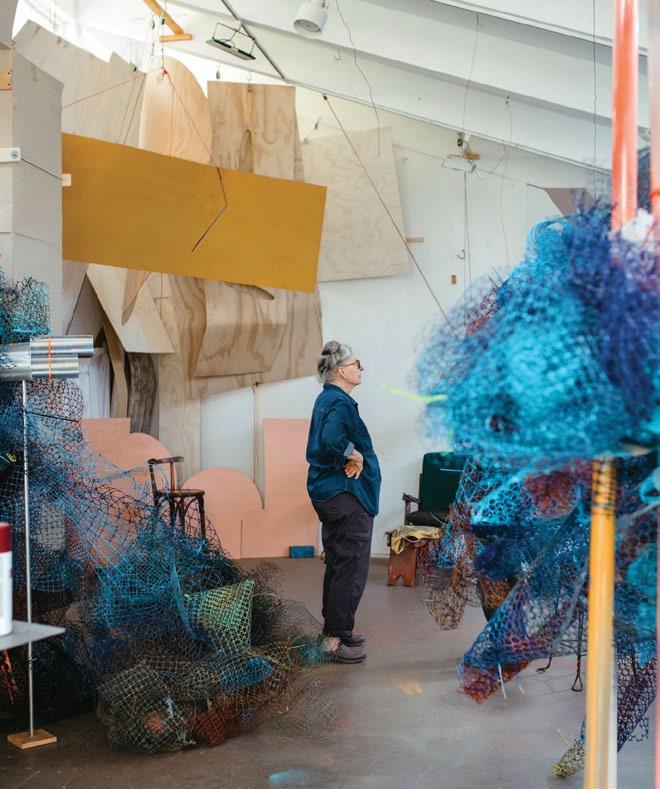
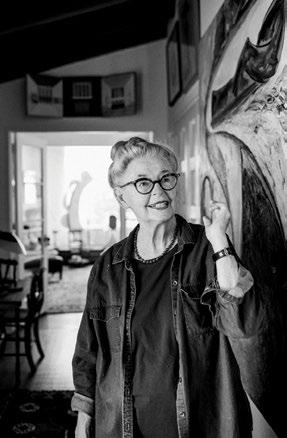
Good art makes us look; great art makes us see. JOAN TANNER’s art does both, depending on the viewer’s level of receptivity. Even the mildly curious will be rewarded by looking, as will those opting for a deep intellectual dive. At 87, Tanner is a seasoned pro, having produced and exhibited artwork for more than five decades. Fittingly, the Santa Barbara Museum of Art—which mounted Tanner’s first solo show in 1967—is celebrating the artist with a solo exhibition, OUT OF JOINT (on view February 12 – May 14), co-curated by SBMA’s contemporary art curator, James Glisson, and independent curator Julien Robson, director of the Great Meadows Foundation in Kentucky.
Robson has known Tanner for over 20 years, having curated a significant solo show of her work at Kentucky’s Speed Art Museum in 2001. Glisson joined SBMA in 2020, and he visited Tanner’s studio later that year after viewing examples of her earlier work in the museum’s permanent collection. “Because of the sheer elegance of her recent work, I felt it was important to share,” Glisson says, “and I discovered Joan hasn’t had a museum show in Santa Barbara for many years.”
Tanner, originally from Indiana, received her BA from the University of Wisconsin-Madison in 1957. Painting was her first focus; even so, her paintings often hinted at three dimensions, and in the 1980s she shifted to sculpture (enhanced by a strong drawing practice that has never waned). Aesthetically some have linked her work to that of assemblage artist Kurt Schwitters (whom Tanner admires for his “nonchalant use of materials”), but it was the work of Mario Merz, of the politically charged Arte Povera movement, that caught her attention early on. Tanner is especially attracted to the by-products of commercial activity, the discarded remains of completed work. These remainders are reminders—of waste, pollution, and our planet’s imperiled condition. Yet her work does not lack humor or hope.
As part of the Out of Joint show, Tanner has conceived two site-specific (continued on page 128)
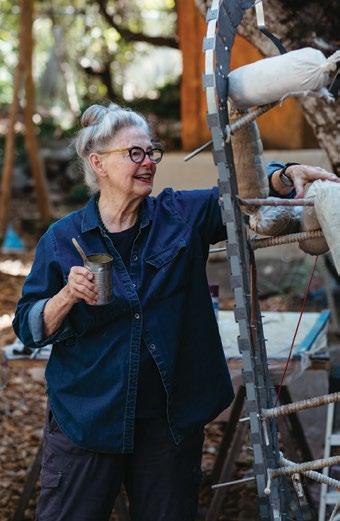
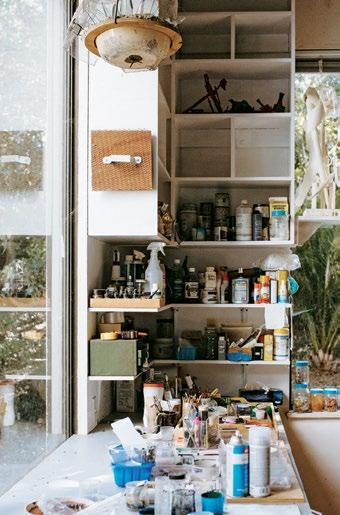
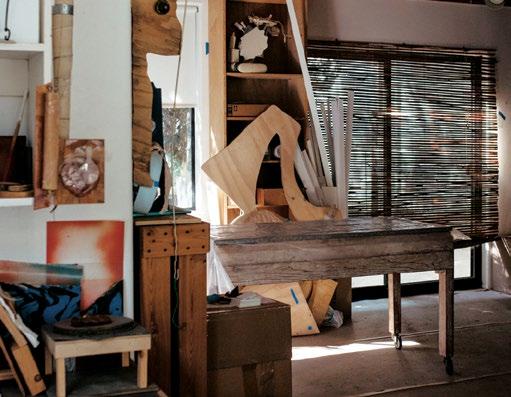
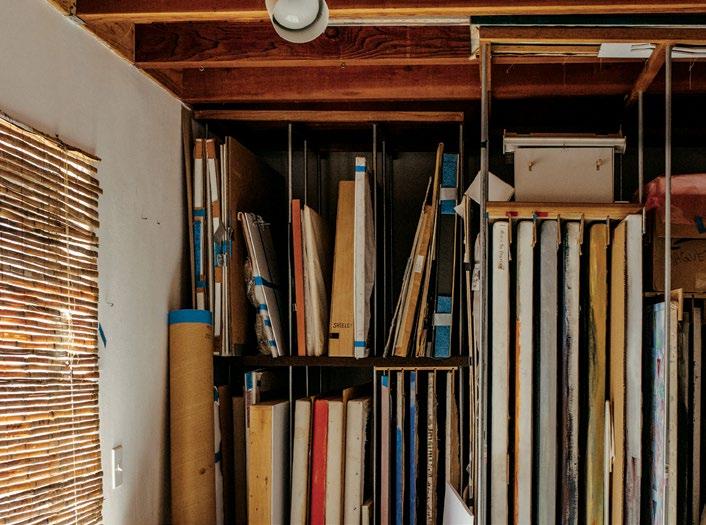
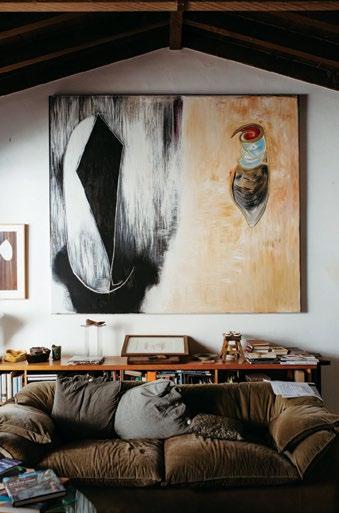
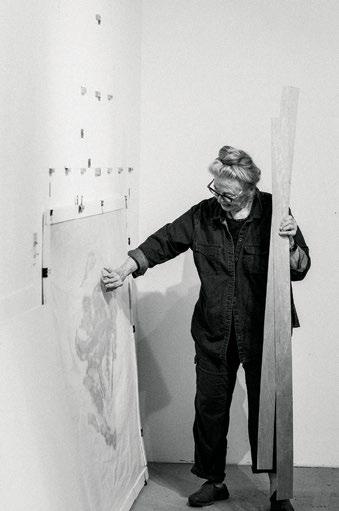

Even as a busy mother of four, KELLEN MEYER always finds time to knit, as generations of women in her family have done. But in the past few years she’s taken her talent with yarn to another level, into the heroic realm of installation art. Her enormous knitted and knotted wool piece, In Search of Wonder, resembles undulating ocean foam or a frothy stream. Not surprisingly, this stunning work was chosen—out of 10,000 entrants—by an international jury for the Arte Laguna Prize, a design competition in Venice, Italy, where it will be displayed in the city’s historic Arsenale in March and April 2023.
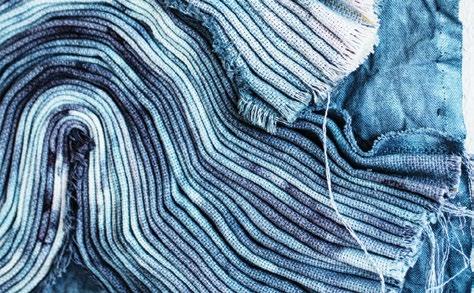

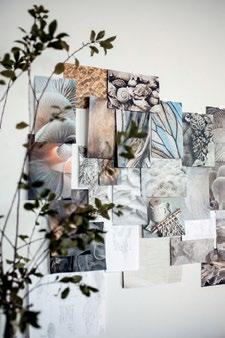
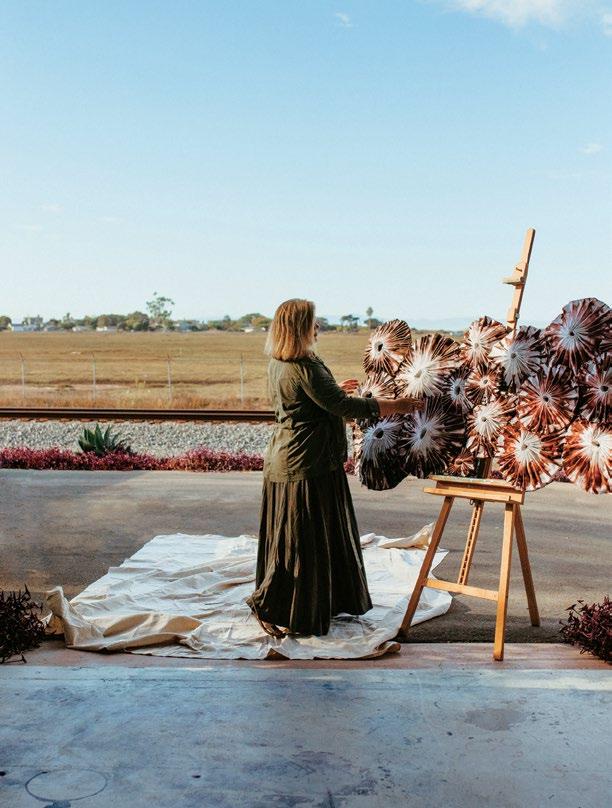
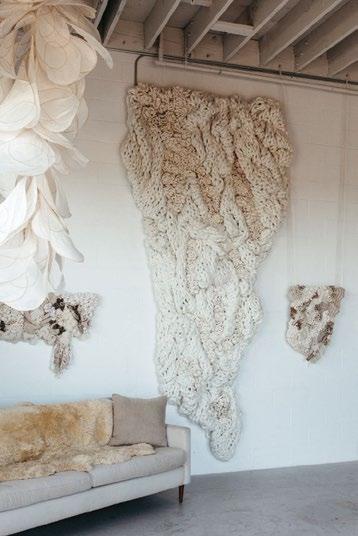
Meyer, an Arizona native who moved to Santa Barbara with her family nine years ago, is strongly influenced by the outdoors. So it makes sense that her Carpinteria studio sits just steps from a bird sanctuary, with the ocean not far beyond. Her oneof-a-kind pieces are made of natural materials— often a mix of wool, cotton, wood, paper, willow, or reed—and employ a combination of weaving techniques Meyer has mastered over the years.
KELLENMEYER.COM. L.D.P.
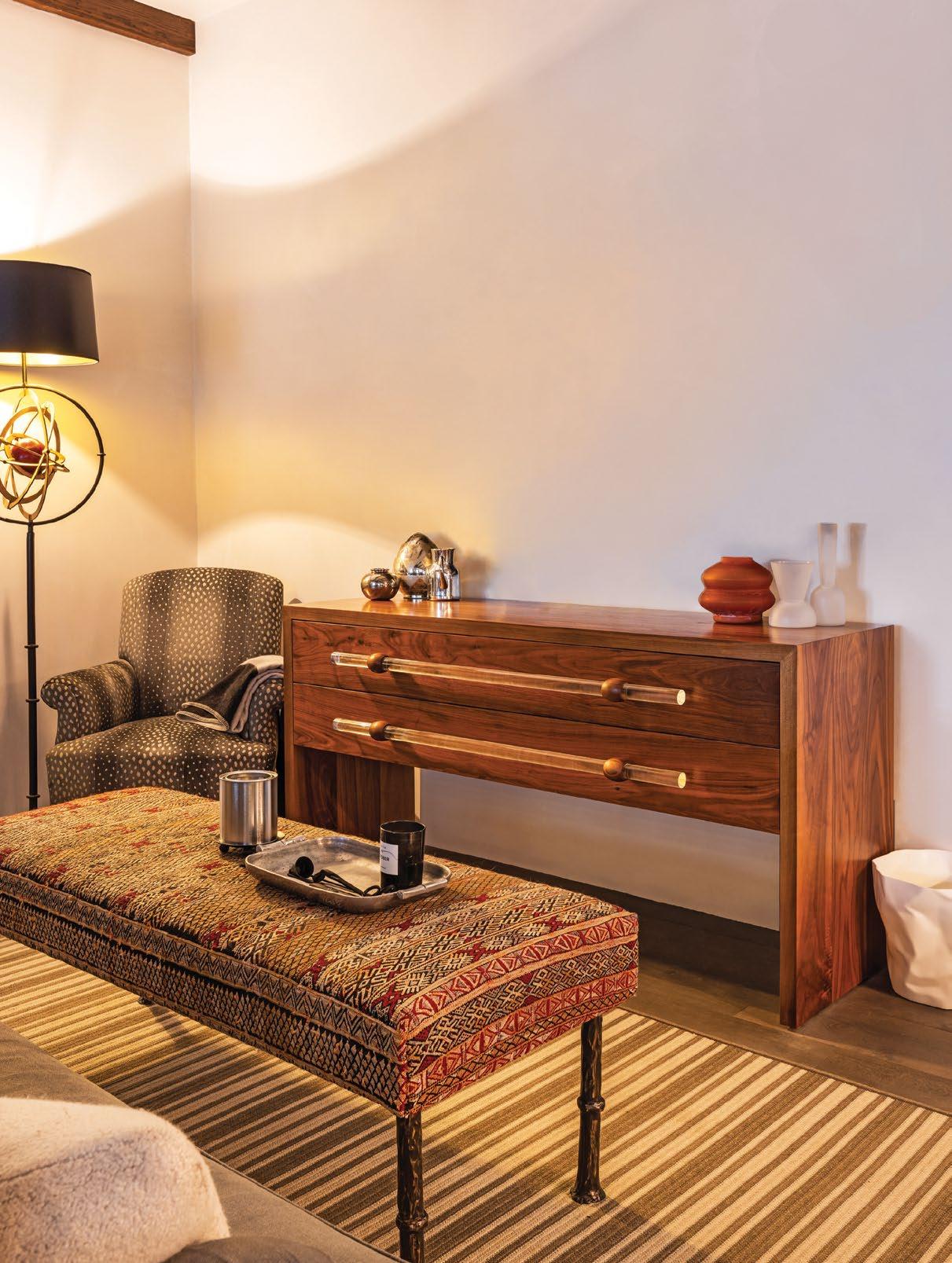
CLOCKWISE FROM TOP: Artist Colin Fraser Gray in his Ventura studio; Museum for One exhibiting 2019’s Sharaku (left) and Renaissance Portraits, Handmaids edition for 2022 (right); an IKEAstyle mobile Museum for One; a desktop version of Museum for One exhibiting various portraits (2022).
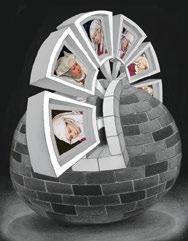
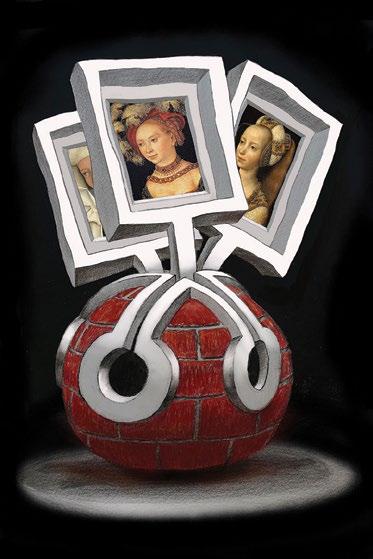
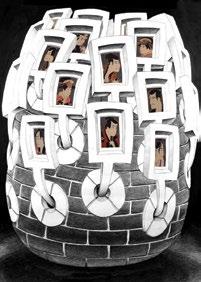
In the art world, being rejected is not always a bad thing: The artists denied entry into the Paris Salon in 1863 had their revenge when Impressionism became more popular than academic art. Some years ago, when artist COLIN FRASER GRAY was not chosen for a local exhibition, he embarked on a series of fascinating artworks known as Museum for One, based on the concept of a personal museum and ways to exhibit artwork in “nonregular” buildings. The work highlights Gray’s interest in museum architecture, which nowadays pointedly competes with the art inside. The series displays works by other artists and features large prints of computer-enhanced pen-andink drawings, as well as three-dimensional sculptures featuring a built-in wineglass holder and a bottle of wine. (“For the opening,” the artist says mischievously.)
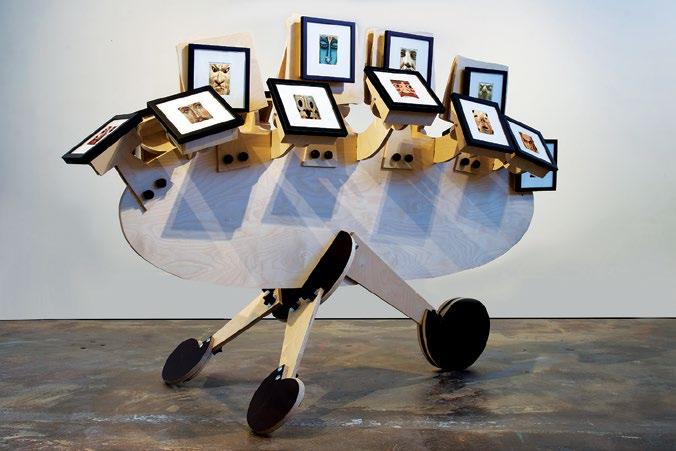
Originally from England, Gray emigrated to California 40 years ago to attend UCSB and never left, opting to teach art at the university’s College of Creative Studies, Santa Barbara City College, and else where. His work, including several public art projects, is often whimsical, insightful, and political. It is always perfectly executed. Gray is also the gallery director at Vita Art Center, a nonprofit community art center in Ventura. COLINGRAYSTUDIO.COM. L.D.P.
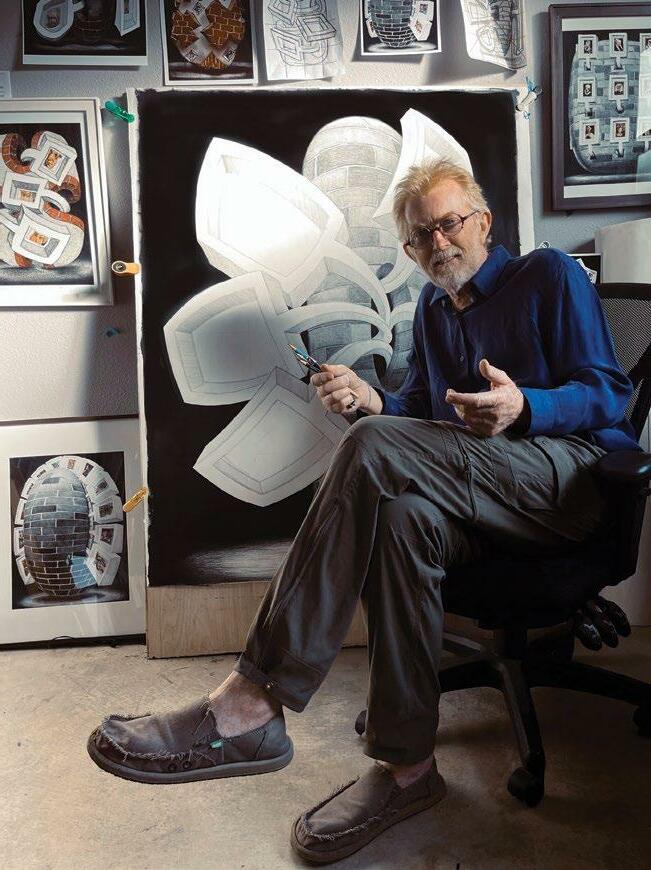
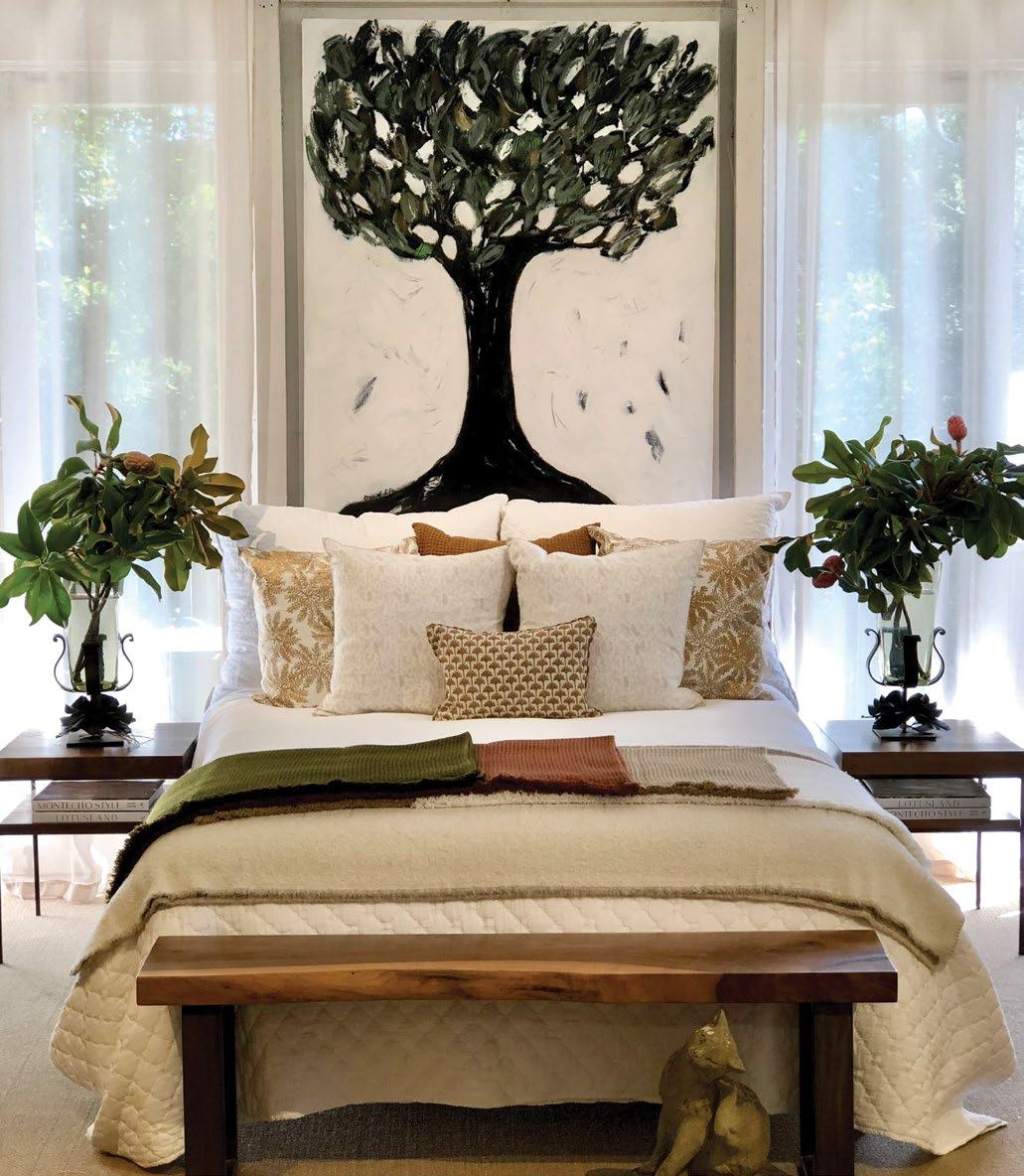
ALL SIGNS POINT TO PARIS (Mariner Books, $29) is a romcom-like memoir of one woman’s search for a second chance at love. Author Natasha Sizlo—“divorced, broke, freshly heartbroken, and reeling from her father’s death”—is gifted a session with L.A.’s most sought-after astrologist, who tells her that an ex is “the one,” because his birthdate and birthplace (November 2, 1968; Paris, France) line up with her astrological point of destiny. The nonbeliever says, “Oui” and books a ticket to Paris with her sister and two besties for the trip of a lifetime.
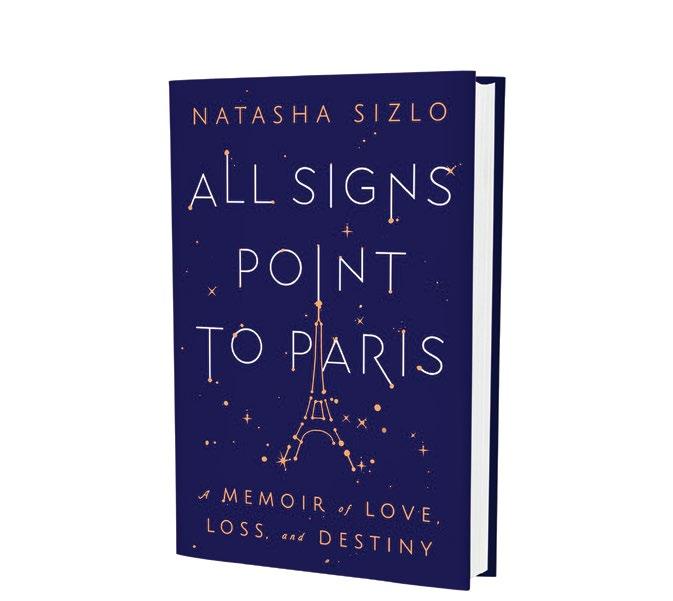









A MAP TO YOUR SOUL (Rodale Books, $26), by Dr. Jennifer Freed, sheds light on the elements (fire, earth, air, water) that manifest in each of us. The guide helps readers discover their personal map, with self-care rituals to design their best life. “I wanted to share a pathway to full self-expression, turning gifts and strengths into community contribution,” says Freed, Goop’s resident psychological astrologer. “Getting elemental is the best way I know to teach the fundamental and worldwide basics of astrology.”


must-read books by local authors offer a spiritual deep dive
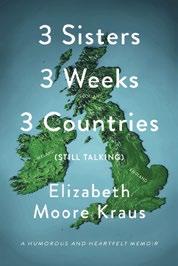
In a bright, heartfelt, humorous memoir, 3 SISTERS, 3 WEEKS, 3 COUNTRIES (STILL TALKING) (BookBaby, $15), Elizabeth Moore Kraus proves that sometimes it takes being a half world away (specifically Ireland, England, Scotland) to rediscover things about yourself and the people—in this case three sisters in their 60s, Liz, Les, and Rie—you love. “Eat, Pray, Love this is not,” the author says. “Think more along the lines of Eat. Laugh. Lost. That’s something the Moore sisters do, oh, so very well.”
After surviving the 2018 Montecito mudslide, Mary Firestone interviewed trauma survivors and now shares her own harrowing story in TRUSTING THE DAWN (Sounds True, $26). The book lends a fresh take on healing modalities, focusing on connection, hope, and choosing joy. Firestone says, “Experiencing extreme growth, positive change, and a new, wondrous perspective on what it means to be alive can contribute to a more connected, dynamic life on the other side [of trauma].” JENNIFER BLAISE KRAMER

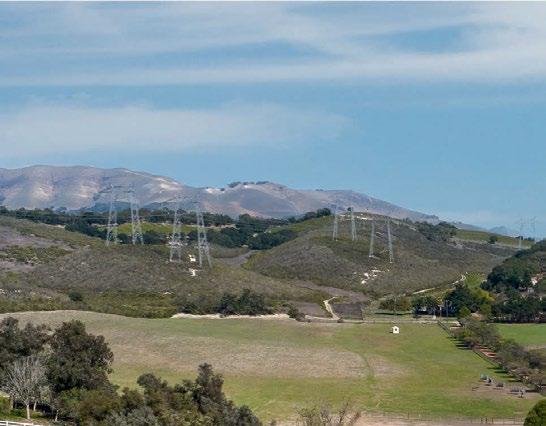
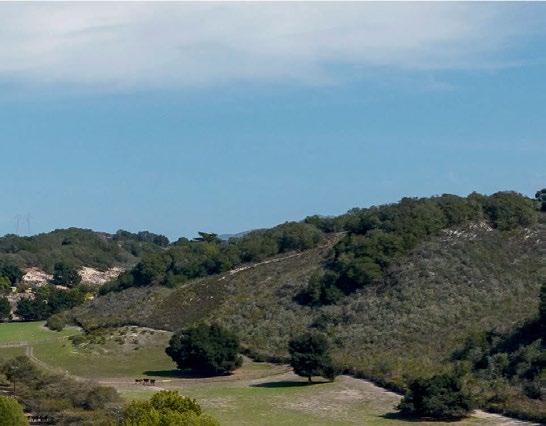

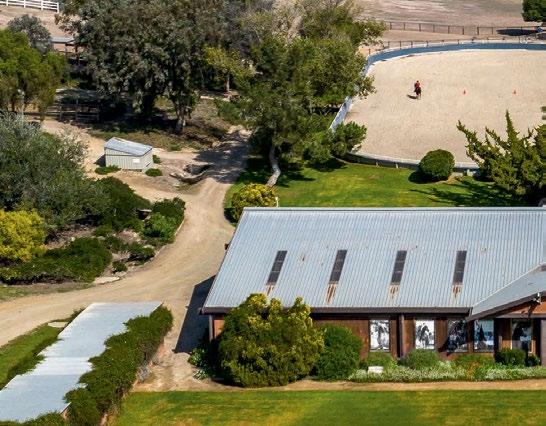
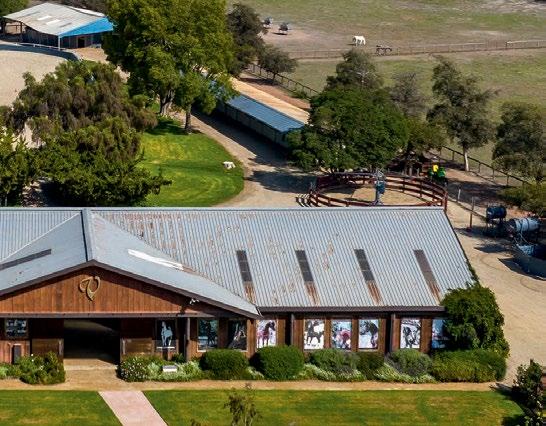
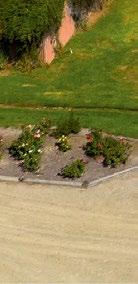

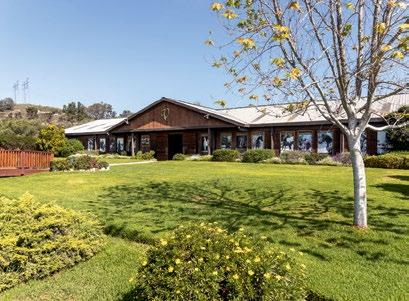
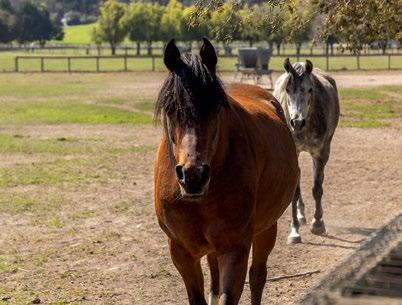
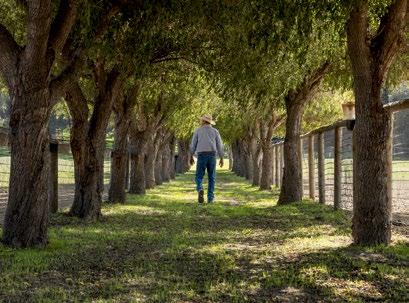
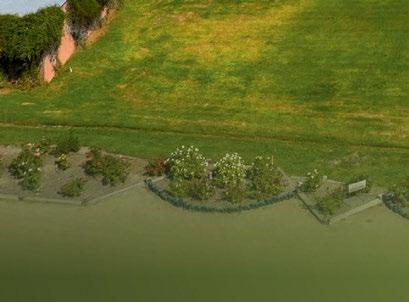
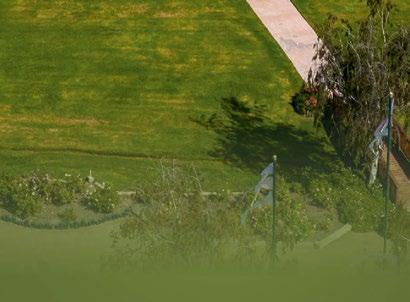
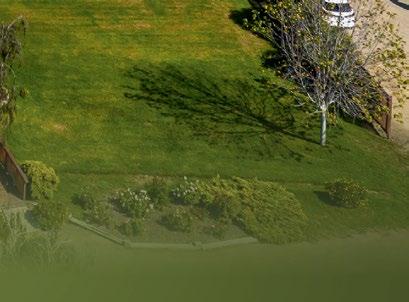


Ojai is pretty much ground zero for boho chic, so it’s no surprise that Christiane Celle, the French-born former fashion stylist-turned-retail-maven—she founded and sold the Calypso store chain—would find a toehold in town. Called BLUE OJAI, it’s part of Celle’s Clic-store empire, which started in St. Barth’s and spread to New York and California. (There’s a Clic in both the Montecito and Marin Country Marts). Originally conceived as a bookstore—Celle’s passion is photography, and she’s married to a photographer—Blue Ojai and the other Clic venues have evolved into concept spaces featuring carefully curated collections of books, art, home goods, and fashion. Blue Ojai is an airy, open shop tucked into a serene white-brick building on the town’s main drag and is packed with coveted items culled from around the world. Look for flowy dresses, menswear, and cool gifts you can’t find anywhere else. 209 W. Ojai Ave., Ojai, 805-6339086, CLIC.COM. L.D.P
MUST HAVE
CLOCKWISE FROM
TOP LEFT: Nick Cave: Forothermore (DelMonico Books, $65); Ruth Asawa (David Zwirner Books, $75); Noah Davis (David Zwirner Books/The Underground Museum, $75). All books available at Blue Ojai.
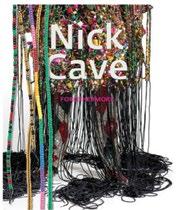
ABOVE: Blue Ojai, an eclectic boutique packed with coveted items from around the world.
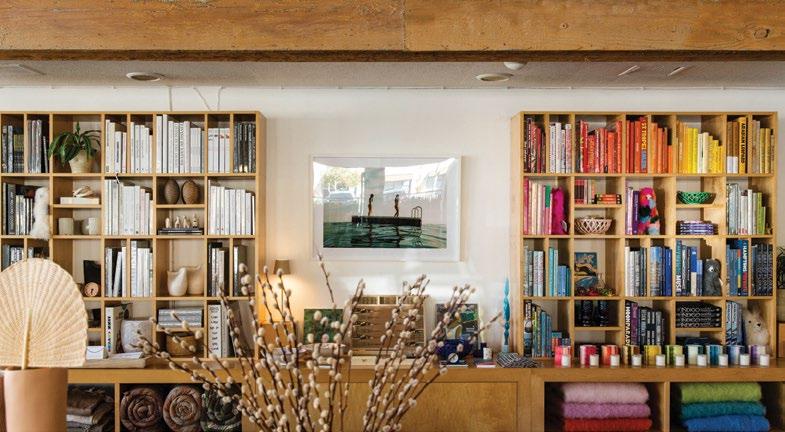
RIGHT, TOP TO BOTTOM: Artist Hilary Baker’s 2022 piece Night (Fox); Baker’s Burrowing Owl, LAX (2019).
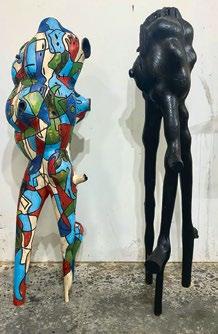
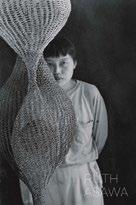

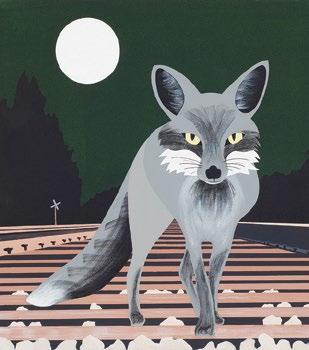
Having grown up in the hills and canyons of Los Angeles, painter HILARY BAKER witnessed firsthand the encroachment of urban life on the habitat of wild animals. Her recent series, Predators, focuses on that issue, but the images— juxtaposing wild animals and iconic city scenes—force us to consider who, exactly, is the actual predator depicted.
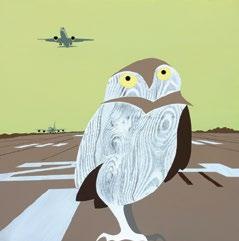
Baker, who lives and works in Ojai, is a seasoned artist and curator, armed with a BA from UCLA and an MFA from Otis College of Art and Design, and she has exhibited nationally and internationally. Her work is included in numerous public and private collections, and she is represented by rdfa gallery in Los Angeles.
The exhibition Wildlife on the Edge: Hilary Baker—on view through March 6, 2023, at the Wildling Museum of Art & Nature in Solvang—features works from the Predators series as well as the artist’s new series of animal portraits on birch wood. WILDLINGMUSEUM.ORG. L.D.P.
Sculptor and printmaker AARON SPANGLER's solo exhibition, Sweeping Up the Shadows, presented by the Carolyn Glasoe Bailey Foundation, is on view at the Ojai Institute through February 25. Must-see works include Portal (left) and Stealth, both of which showcase the artist's wood-carving genius. CGBFOUNDATION.ORG, THEOJAIINSTITUTE.ORG.

Born into the entertainment world, where apples don’t fall far from trees, JOHN OWEN LOWE grew up in Montecito, the son of Rob Lowe, and is pursuing the family business. While a student at Stanford University, the younger Lowe (he’s now 27) multitasked with acting—in The Grinder and Holiday in the Wild—and has expanded his IMDb imprint to include story editor (on 9-1-1: Lone Star) and work both behind and in front of the camera for the upcoming Netflix series Unstable
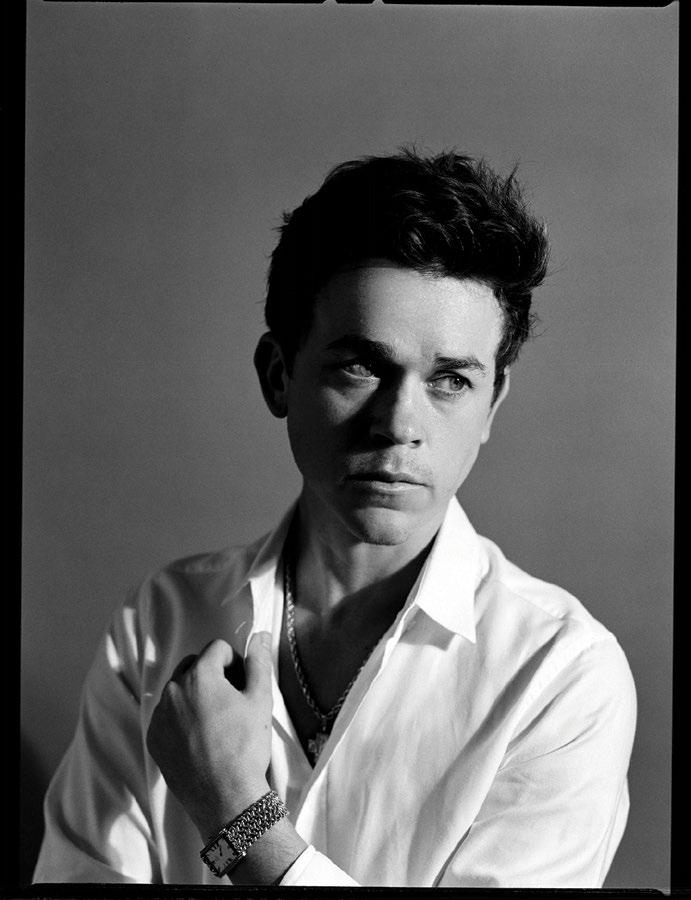
There’s also Grace Point, a new film about misadventures on the way to a remote rehab, in which Lowe is both the lead actor—his first such role—and a producer. “It touches on a deeply important aspect of my life: sobriety,” says Lowe of the upcoming film, which has been accepted into the Santa Barbara International Film Festival’s 2023 lineup. “We cowboyed this movie, productionwise. This was a shoestring-budget independent film, so everyone involved was doing it out of passion for the script and story. It ended up creating a unifying motivation for everyone to push themselves and really deliver.”
JOSEF WOODARDCLOCKWISE FROM TOP
LEFT: John Owen Lowe; a still from Grace Point ; Lowe says the film is “a coming-of-age tale about perseverance.”
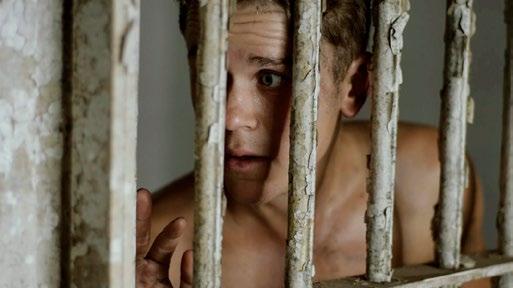
Boasting major star power for its 38th annual iteration, the 2023 SANTA BARBARA INTERNATIONAL FILM FESTIVAL will honor The Witcher: Blood Origin’s Michelle Yeoh with The Kirk Douglas Award at the black-tie fundraiser on December 9 at The Ritz-Carlton Bacara—the award’s first bestowal since Douglas’s passing. Also being honored by the SBIFF are Cate Blanchett (the Outstanding Performer of the Year Award on February 10); Jamie Lee Curtis (the Maltin Modern Master Award on February 11); and Brendan Fraser (the American Riviera Award on February 14), among other talents. The 11-day festival will take place February 8 – 18. To purchase tickets, donate, or learn more, visit SBIFF.ORG.
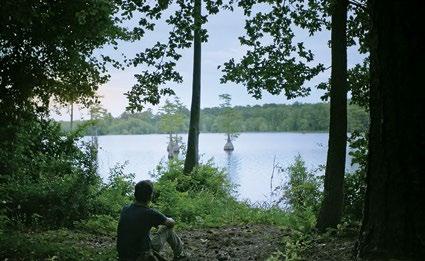
Ten years ago filmmaker ELIJAH ALLAN-BLITZ produced a video for his positivity-laced song “Hey Yo,” laced with local color shot around the native Santa Barbaran’s Mesa Lane house and with Arnoldi’s Café passing for an all-American diner.


Cut to this fall, and the now Los Angeles-based AllanBlitz, strongly established as a pioneer in the field of augmented reality (AR), has created the sweet, bedazzling short Remembering for Disney+. Though only eight minutes long, Remembering—created with the filmmaker’s artistic and romantic partner Brie Larson—feels akin to a trailblazing micro-epic. In this tale of a writer (Larson) discovering the power of childlike wonder and imagination, the unique technical marvel is a passage in which AR technology puts us in the picture, and the fantasyland picture inside our living rooms, via a downloadable app for iPhone and iPad to complete the dimensional illusion. Developed during lockdown, the ambitious project found an ally in Disney, which Allan-Blitz reports “supports creatives and was helping me out, spitballing ideas in terms of new ways to utilize technology, to advance storytelling.” J.W.
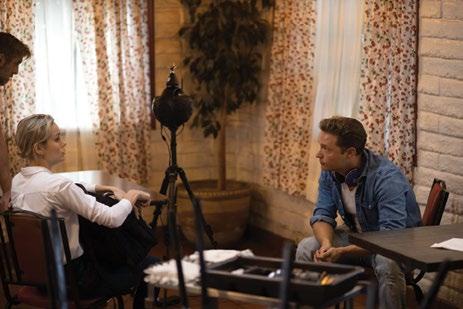 TOP TO BOTTOM: Elijah Allan-Blitz has worked as an actor and musician but is presently living out his dream working behind the camera and in the digital realm; the filmmaker collaborated with partner Brie Larson on Remembering
TOP TO BOTTOM: Elijah Allan-Blitz has worked as an actor and musician but is presently living out his dream working behind the camera and in the digital realm; the filmmaker collaborated with partner Brie Larson on Remembering

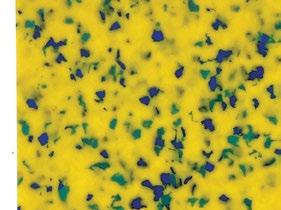

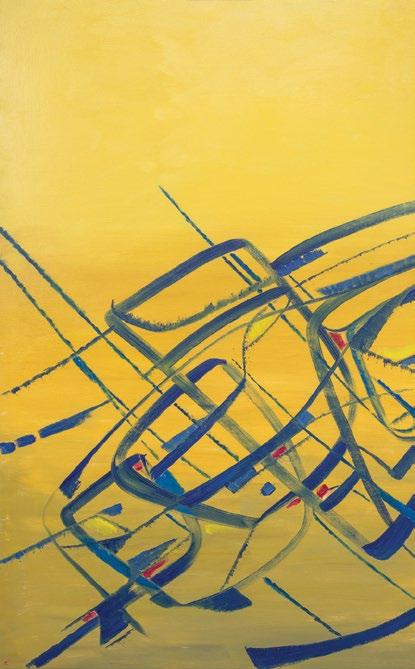

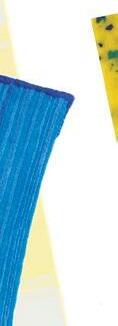



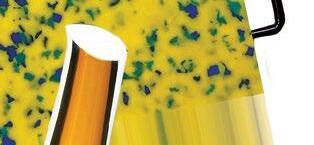



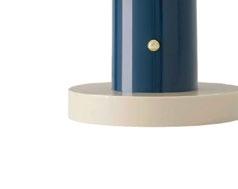



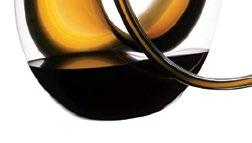

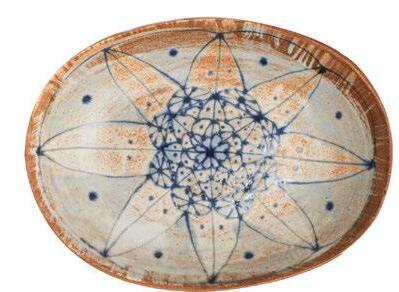
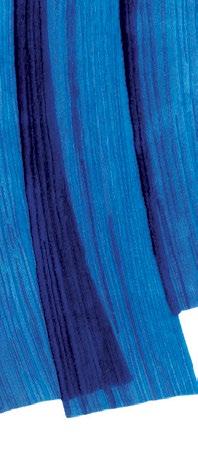
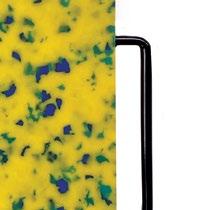
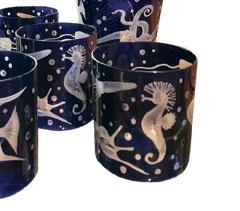




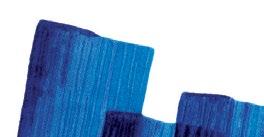
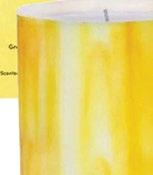
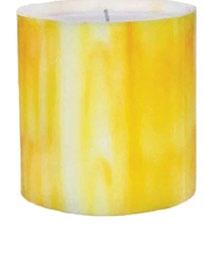
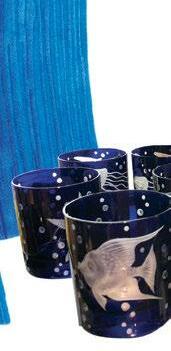
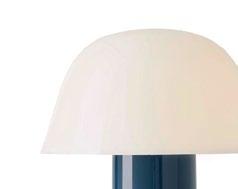
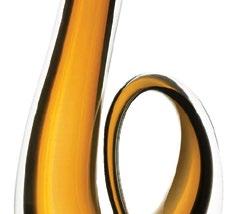
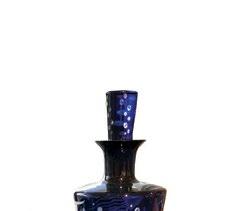

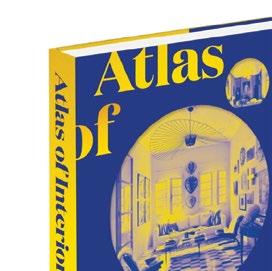
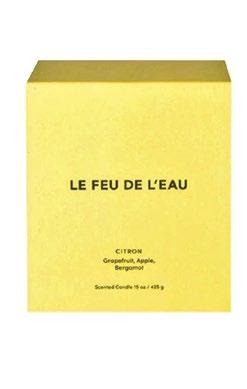

LEFT: CC-Tapis Stroke 1.0 rug, $8,001, Garde; Cutting board, $95, Fredericks & Mae; Riedel Horn decanter, $690, Coast 2 Coast Collection; Atlas of Interior Design , Phaidon, $90, Chaucer’s; Setago rechargeable lamp, $205, Eider Studio; Le Feu De L’eau 16 oz. candle, $65, Westward General; Julie Spako oval platter, $124, Heritage Goods & Supply; Casablanca table tennis set, $410, The Webster; Etched blue barware set, price upon request, Upstairs at Pierre Lafond.
ABOVE: Perception , c. 1959, 54 x 44 in., oil on canvas, Elise Seeds, Sullivan Goss.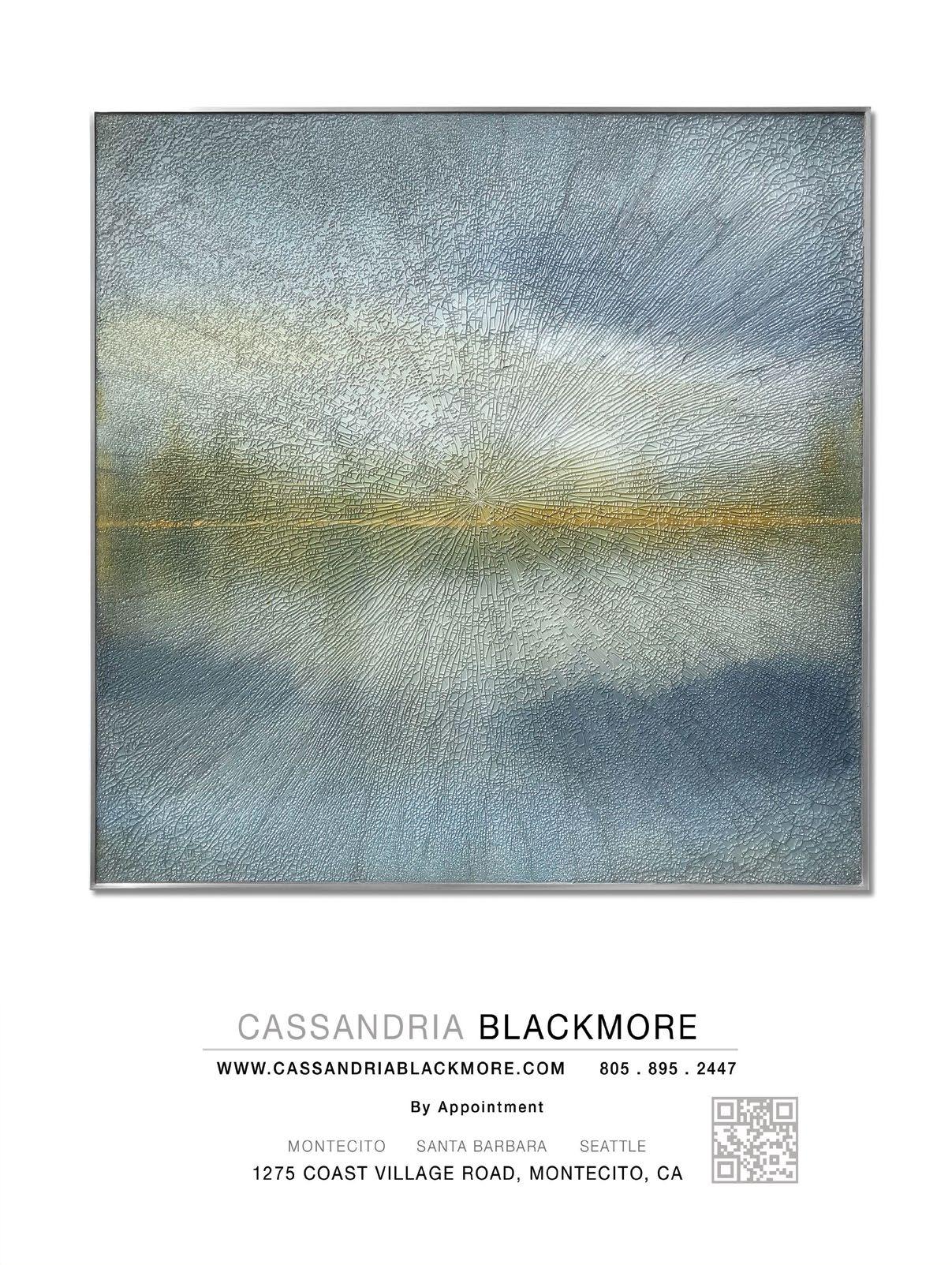







































































































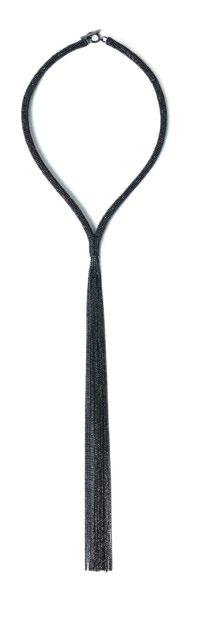
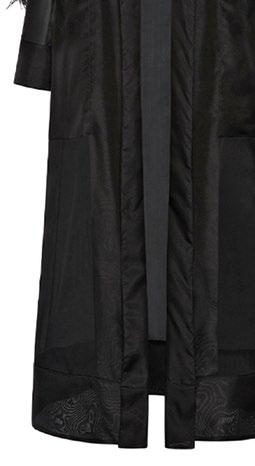
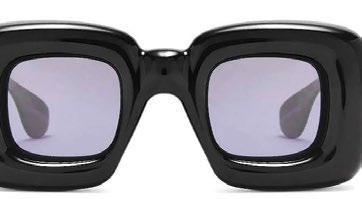


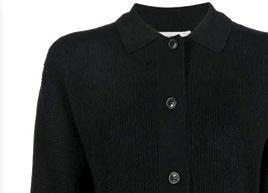
LEFT: Lapointe organza duster with feathers, $1,950, Allora by Laura; Loewe sunglasses, $415, Cynthia Benjamin; Monili tie necklace, $1,895, Brunello Cucinelli; Commando neoprene pants, $184, Whiskey & Leather; Ganni Recycled Rubber City boots, $275, Diani; Bao Bao Issey Miyake bag, $1,550, Jake & Jones; Closed cardigan, $345, Whistle Club; Gucci ring, $850, Bryant & Sons.
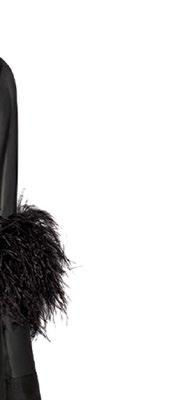

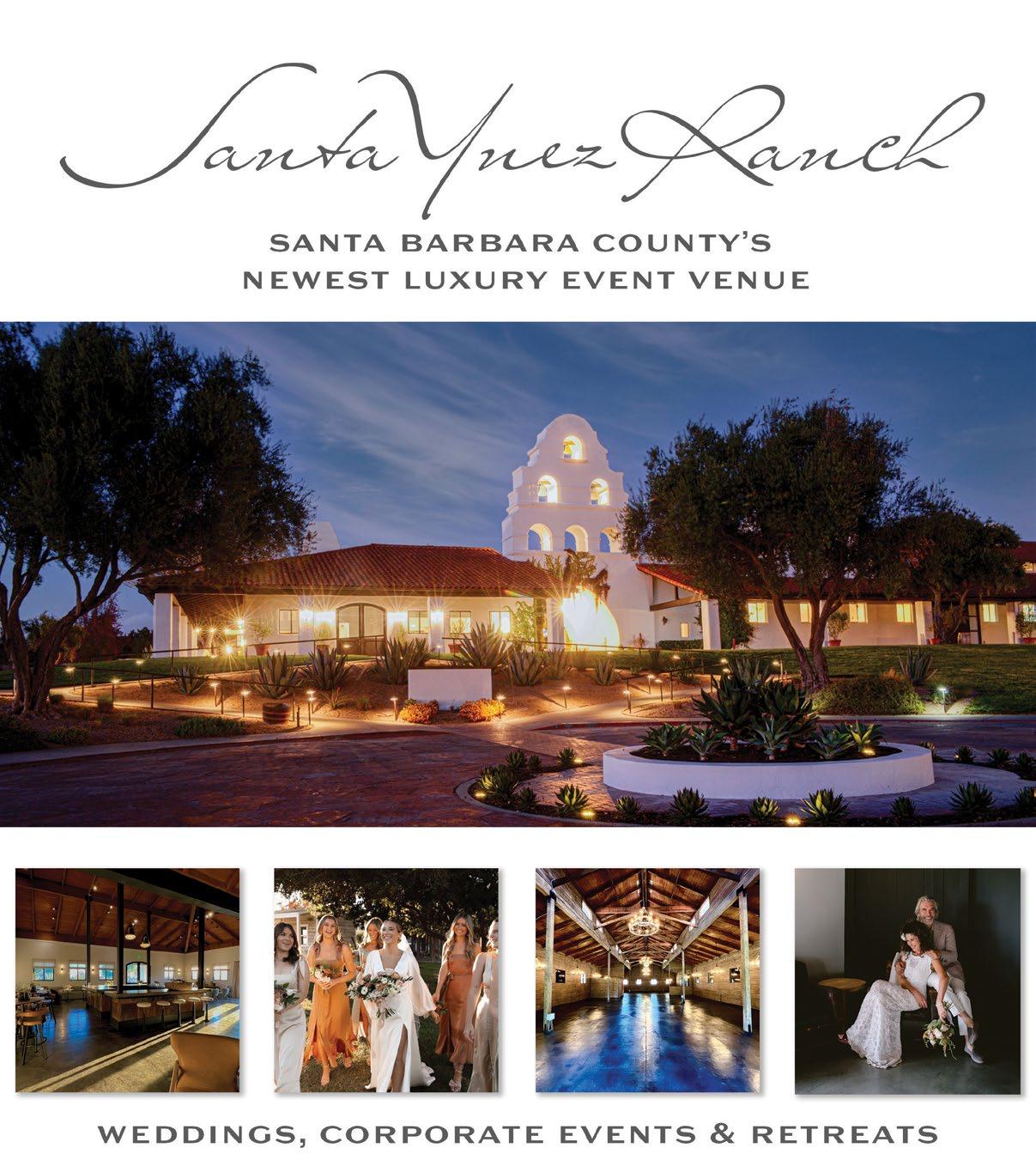













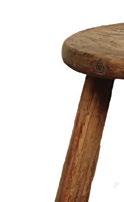

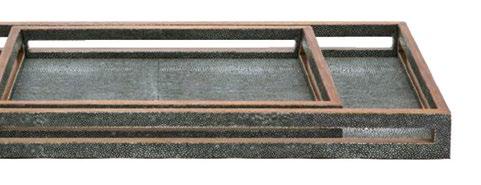





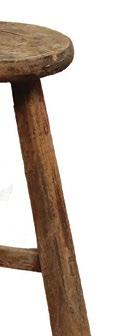





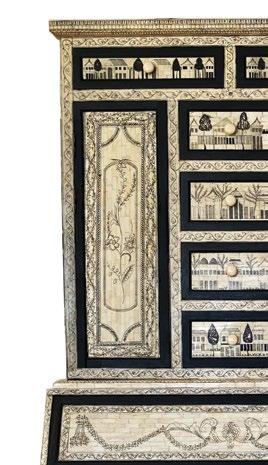
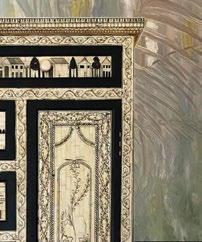

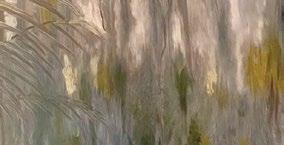
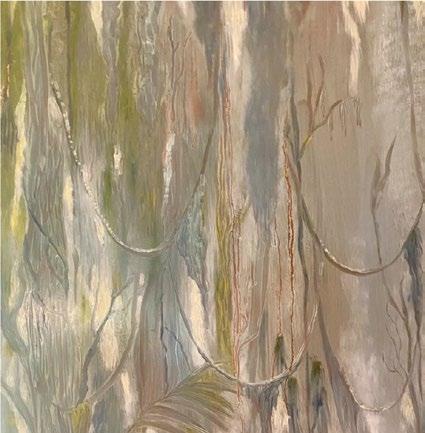
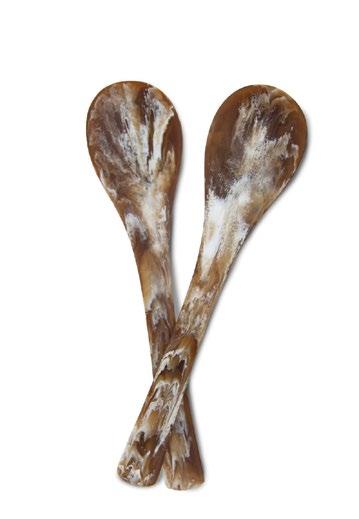


CLOCKWISE FROM TOP
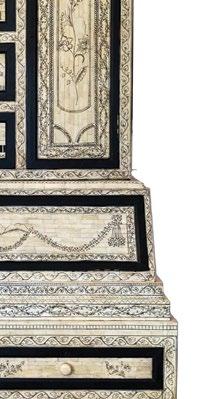
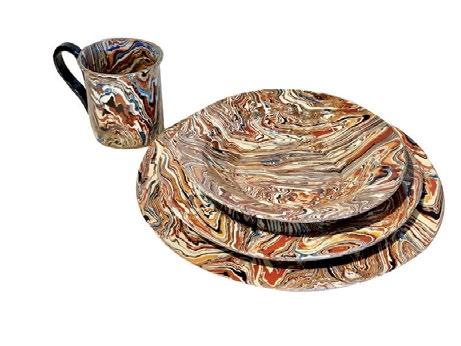
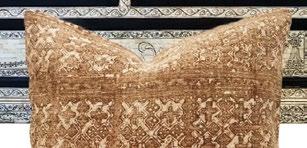
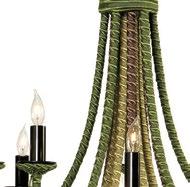
LEFT: Passementerie
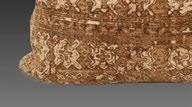

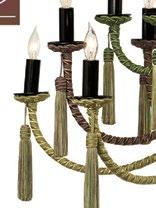

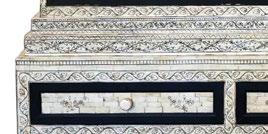
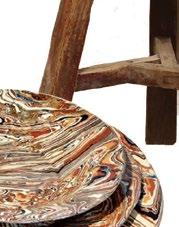
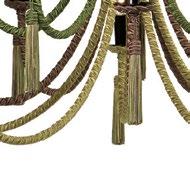
Passy Grand chandelier, price upon request, Hélène Aumont; midcentury AngloIndian etched bone inlay cabinet, $25,000, William Laman; vintage organic coil-built studio pottery vase, $245, The Blue Door; vintage cobbler stool, $295, Habitat Home and Garden; French Aptware four-piece place setting, $2,500, Marc Normand Gelinas; Batik Hmong pillow, $225, Botanik; XXO limitededition bronze sculptures, $2,200 and $6,000, Susan Read Cronin; Radley Faux Shagreen Trays, $898, Cabana Home; Resin serving spoons, $75, Clic.
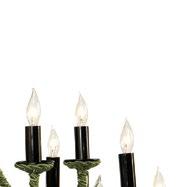

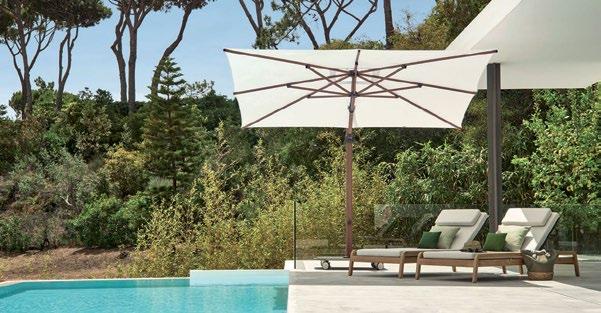

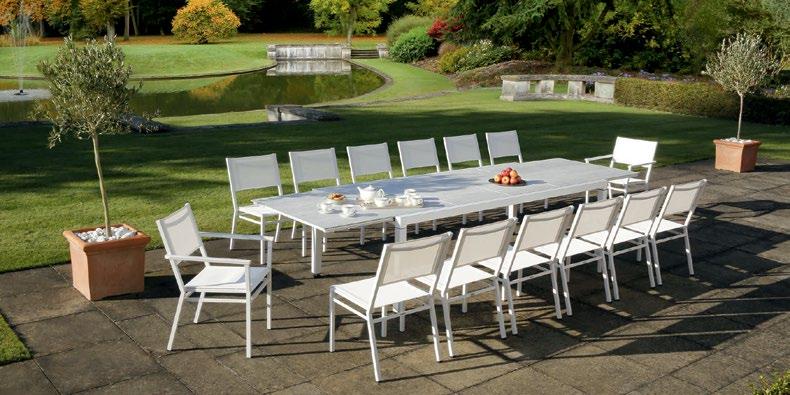


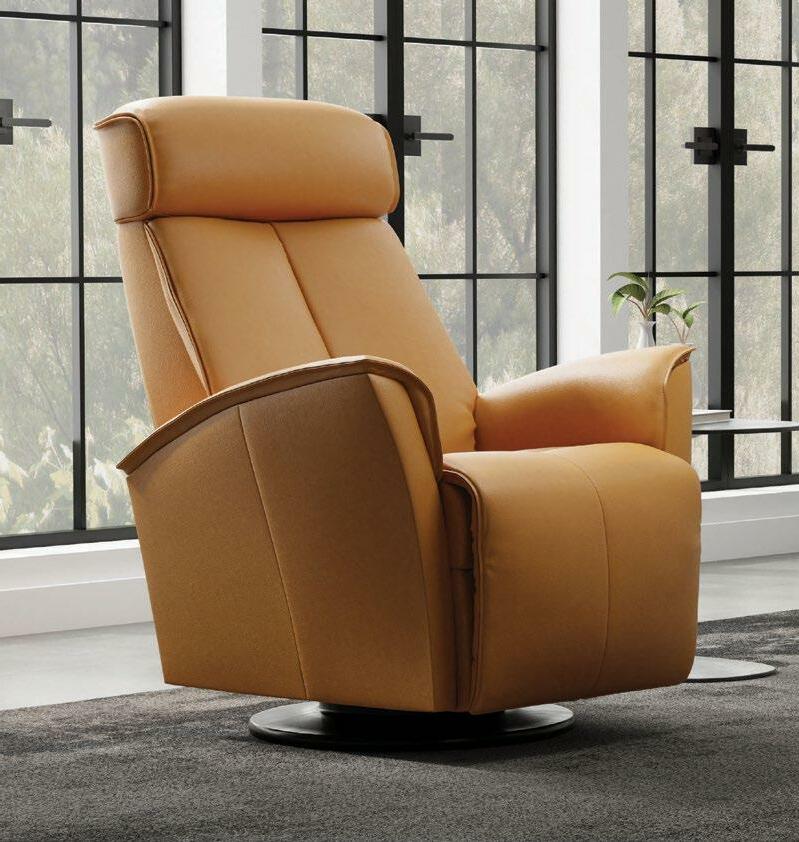



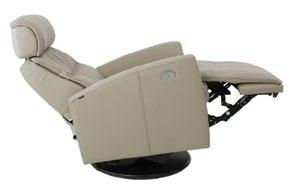




A trio of restaurants in the State Street corridor is offering a more authentic take on Italian food
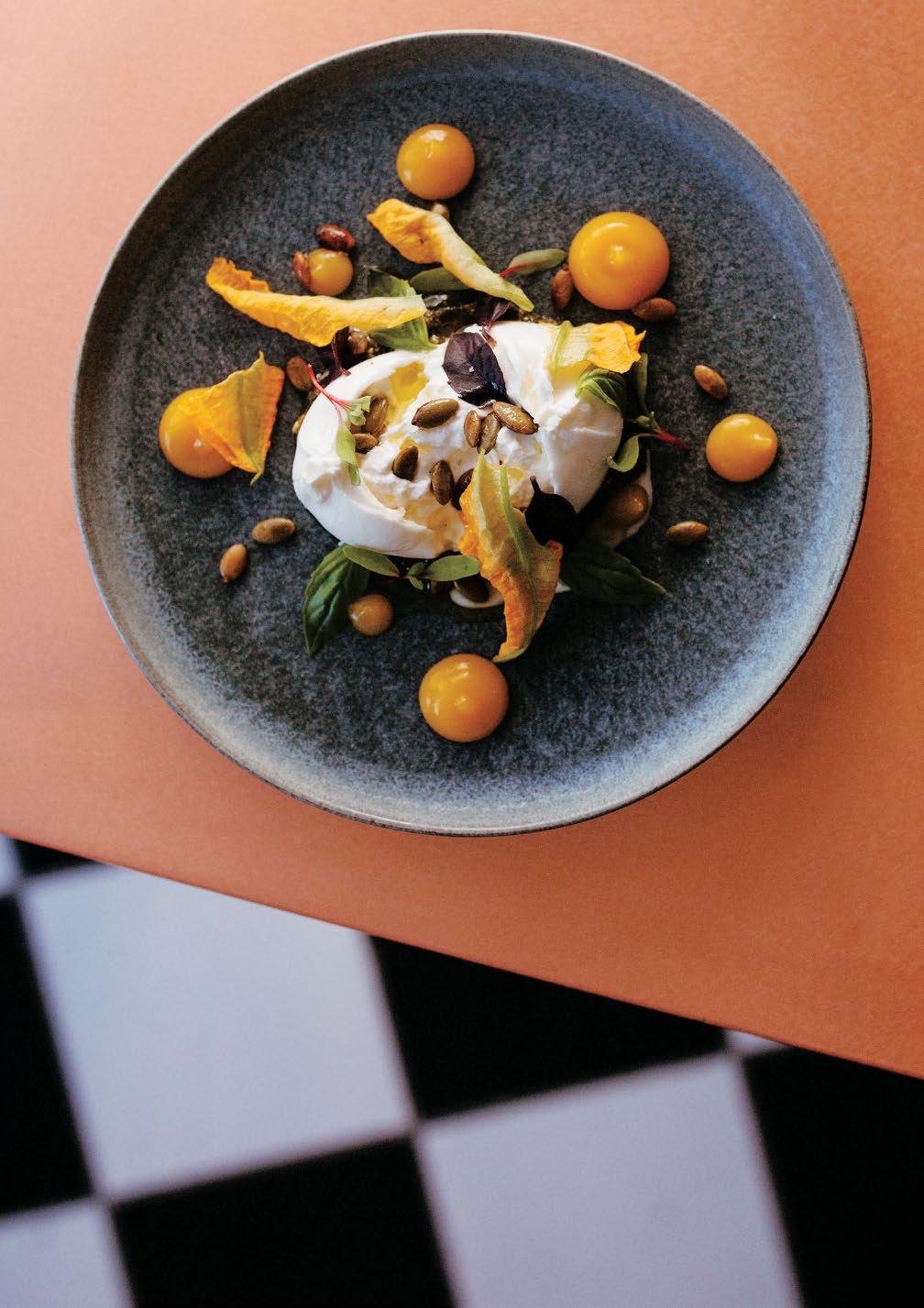
Our journey begins in the north—of Italy, that is—at APERITIVO, where chef Brian Dodero and Milan-bred Andrea Girardello have recreated their version of the aperitivo It’s “a place catering to locals, especially in Milan, where people can just have a glass of wine and go home, if they like,” explains Girardello. Enthusiasm for Dodero’s inventive cooking, however, has shifted the emphasis from wine bar to restaurant. He imports as much as possible from Italy—including the standout burrata, marinated artichokes, and gelato. Drinks remain an important part of the equation, with an ever-changing lineup of spritzes made with vermouths rarely seen in these parts, and an all-Italian wine list. “I don’t try to get big names or high scores,” says Girar dello. “It’s whatever I would drink.” And the take-home pasta-and-wine club, started during the pandemic, is still going strong; every week, a different region—including lesser-known ones like Alto Adige and Le Marche—gets a turn in the spotlight. 7 W. Haley St., Santa Barbara, 805-8692937, APERITIVOSB.COM .
Aperitivo Spritzer; sun-drenched seating inside Aperitivo; Andrea Girardello and Brian Dodero import as many ingredients as they can from Italy; Aperitivo’s everchanging menu.
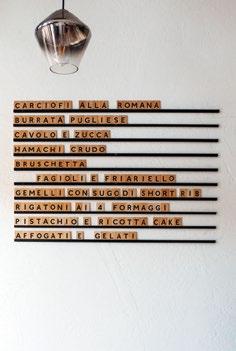
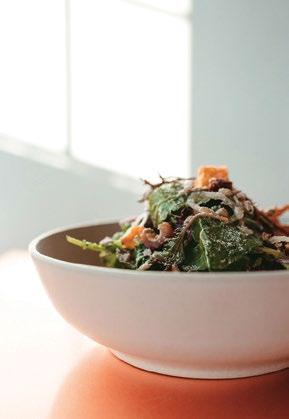
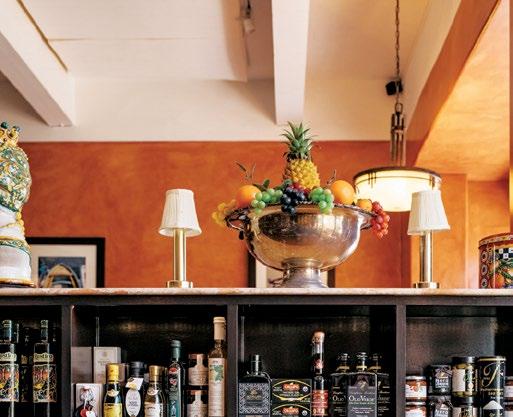
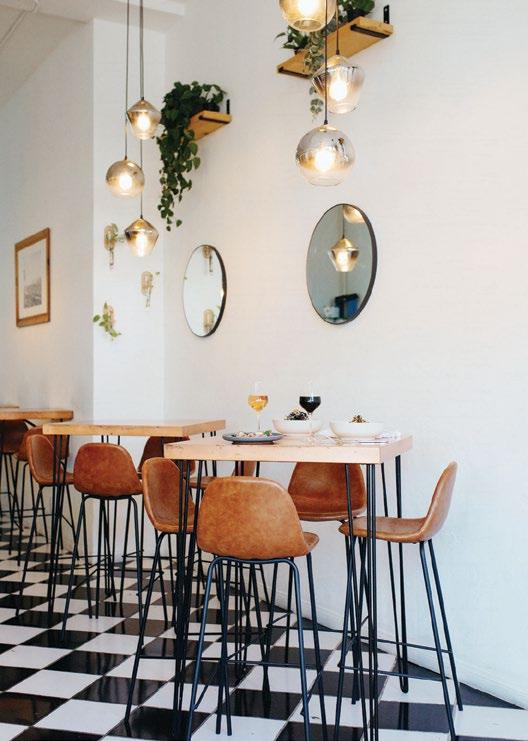
BELOW: Olive oils, pestos, dried pastas, and other gourmet goods at Bedda Mia.
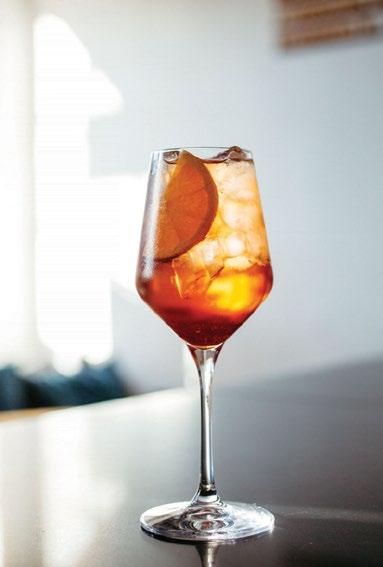
Founded in Naples in 1870, L’ANTICA PIZZERIA DA MI CHELE has begun an aggressive stateside expansion, with an outpost in Los Angeles, two in the works in New York City and Long Beach, and a brand-new one in the former Ember mill space on State Street. Unlike the Naples original, which features just two pizzas (margherita and marinara), these are full restaurants, with fresh pastas, entrées, and more. The star is still wood-fired pizza, of course, and the goal is to make it exactly as it is done across the Atlantic. “We import everything from Italy—flour, cheese, everything,” says head chef Michele Rubini. “Even our main pizzaiolo is from Naples!” As at Aperi tivo, the wine list is entirely Italian. 1031 State St., Santa Barbara, 805-770-8055, DAMICHELEUSA.COM

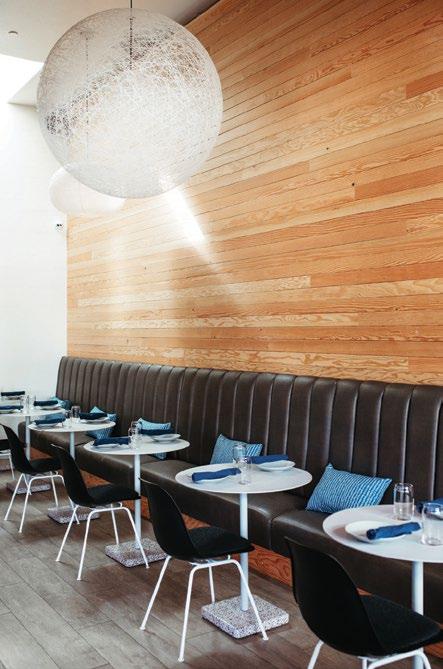
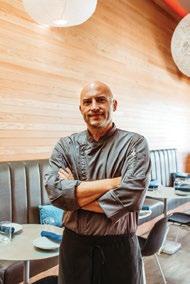
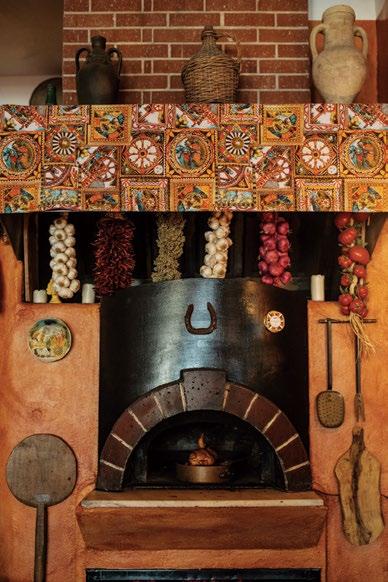
In the shadow of The Granada Theatre, Alberto and Elaine Morello of the Olio family of restaurants, are running the show at BEDDA MIA for an anonymous Roman owner. “Alberto was born and raised in Sicily,” says Elaine. “We got married there in 1993, and we try to go back every year. This was his chance to do a completely Sicilian menu.” That means lots of seafood and classic Sicilian ingredients, such as sliced smoked tuna with fennel, orange, and Castelvetrano olives; tagliolini with cuttlefish and squid ink; and an off-menu dish of pasta tossed inside a giant Pecorino rind. When at Bedda Mia, do as the Sicilians do and finish with a passito from Trapani or a malvasia from Messina. Saluti! 1218 State St., Santa Barbara, 805-770-8777, BEDDAMIASANTABARBARA.COM. ERIK TORKELLS
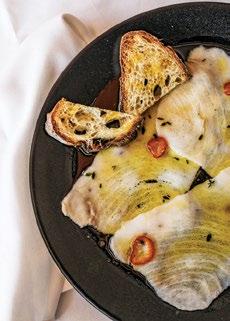
CLOCKWISE FROM BELOW LEFT: Bedda Mia’s wood-fired oven churns out Sicilian specialties; swordfish carpaccio at Bedda Mia; linguine alla Pescatora—a dish off of L’Antica Pizzeria da Michele’s secret menu; a trio of pastas at L’Antica, including the fan-favorite cacio e pepe. TOP RIGHT: L’Antica’s Santa Barbara outpost, where Rick Frame (inset) is chef and general manager.
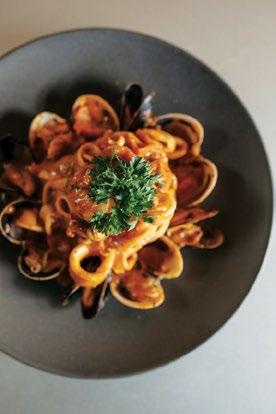
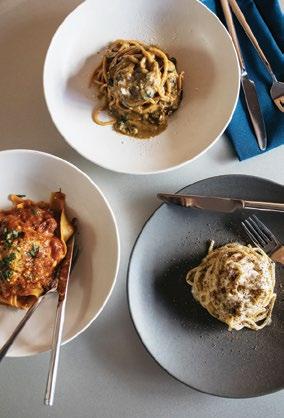
CLOCKWISE FROM TOP LEFT: Executive Chef Kentaro Ikuta; Ama Sushi at Rosewood Miramar Beach offers both an omakase experience and an à la carte menu; New Zealand King salmon topped with truffles and yuzu koshō; the AvroKO-designed interiors.
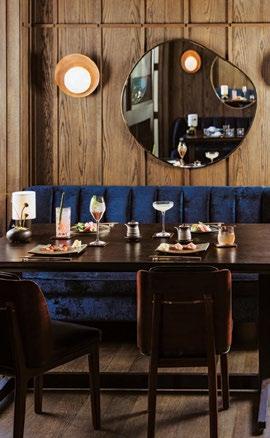
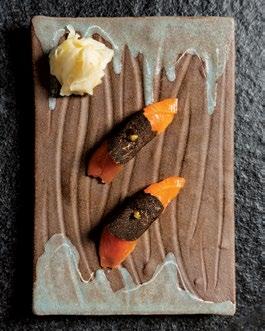
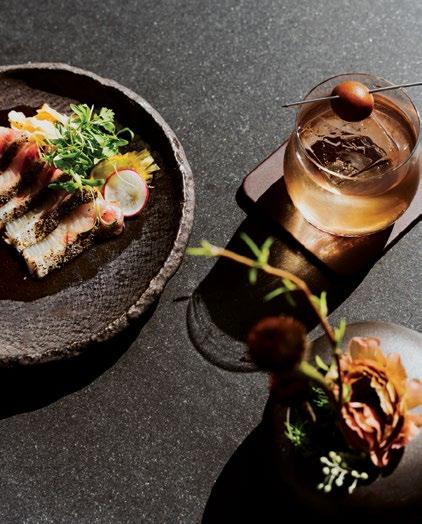
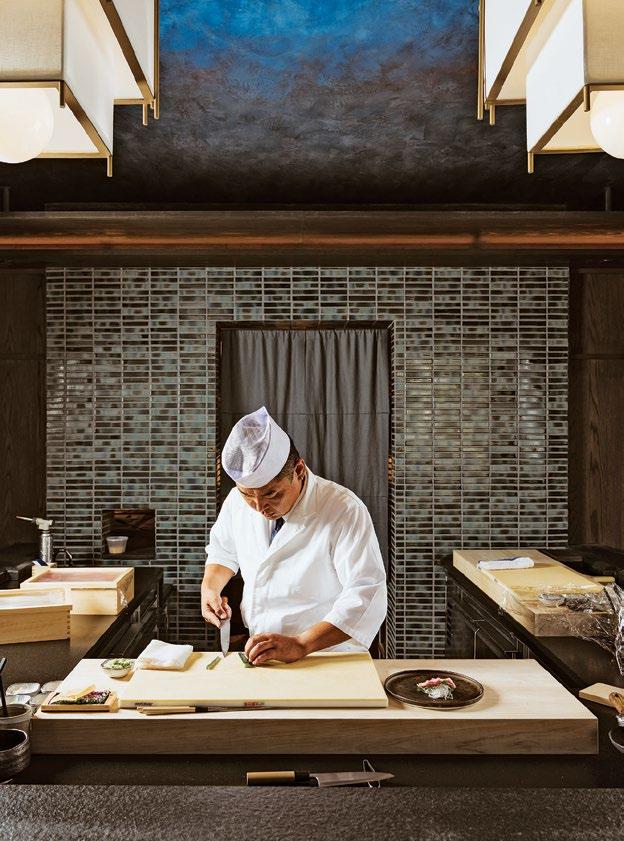
TTasteucked among the luxurious bungalows that make the Rosewood Miramar Beach an iconic Montecito proper ty, the hotel’s new seaside sushi restaurant is quietly bringing Japanese fine dining to the Central Coast. AMA SUSHI’s contemporary menu is helmed by Executive Chef Kentaro Ikuta, who originally hails from Osaka and who has been working on projects with Michelin-starred omakase menus for the last decade and a half. Bringing his exceptional skills to the American Riviera, Ikuta has a menu that heavily showcases the Edomae tradition, a sushi presentation of cured or fresh fish. Splitting the difference between local, pristine seafood found here in Santa Barbara and the finest selections from the Toyosu Fish Market in Tokyo’s Kōtō Ward, AMA is best experi enced as an omakase menu that highlights the best of East and West. This world-class sushi restaurant is a perfect marriage of Japanese minimalism and Central Coast charisma—all the way down to the koi pond out front. 1759 S. Jameson Ln., Montecito, ROSEWOODHOTELS.COM
CAITLIN WHITE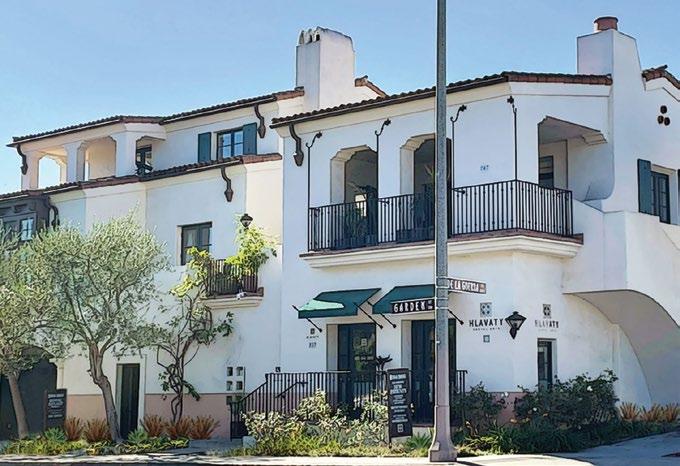
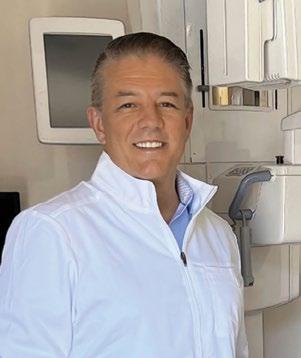
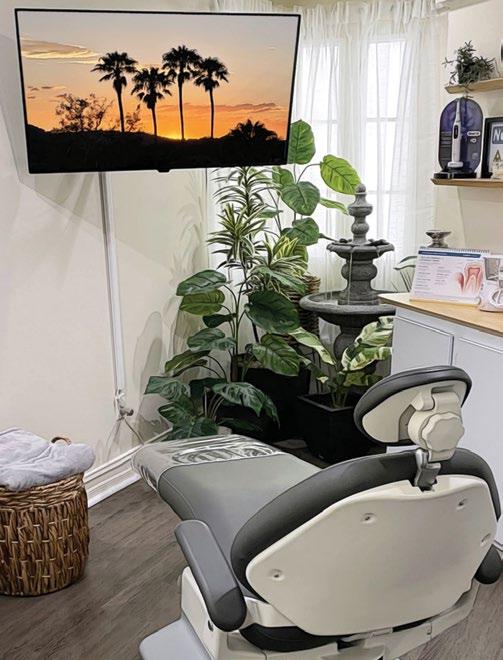
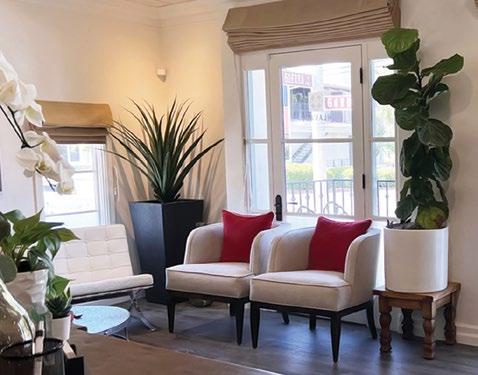

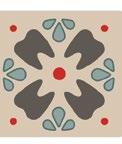



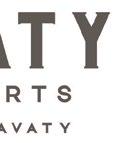

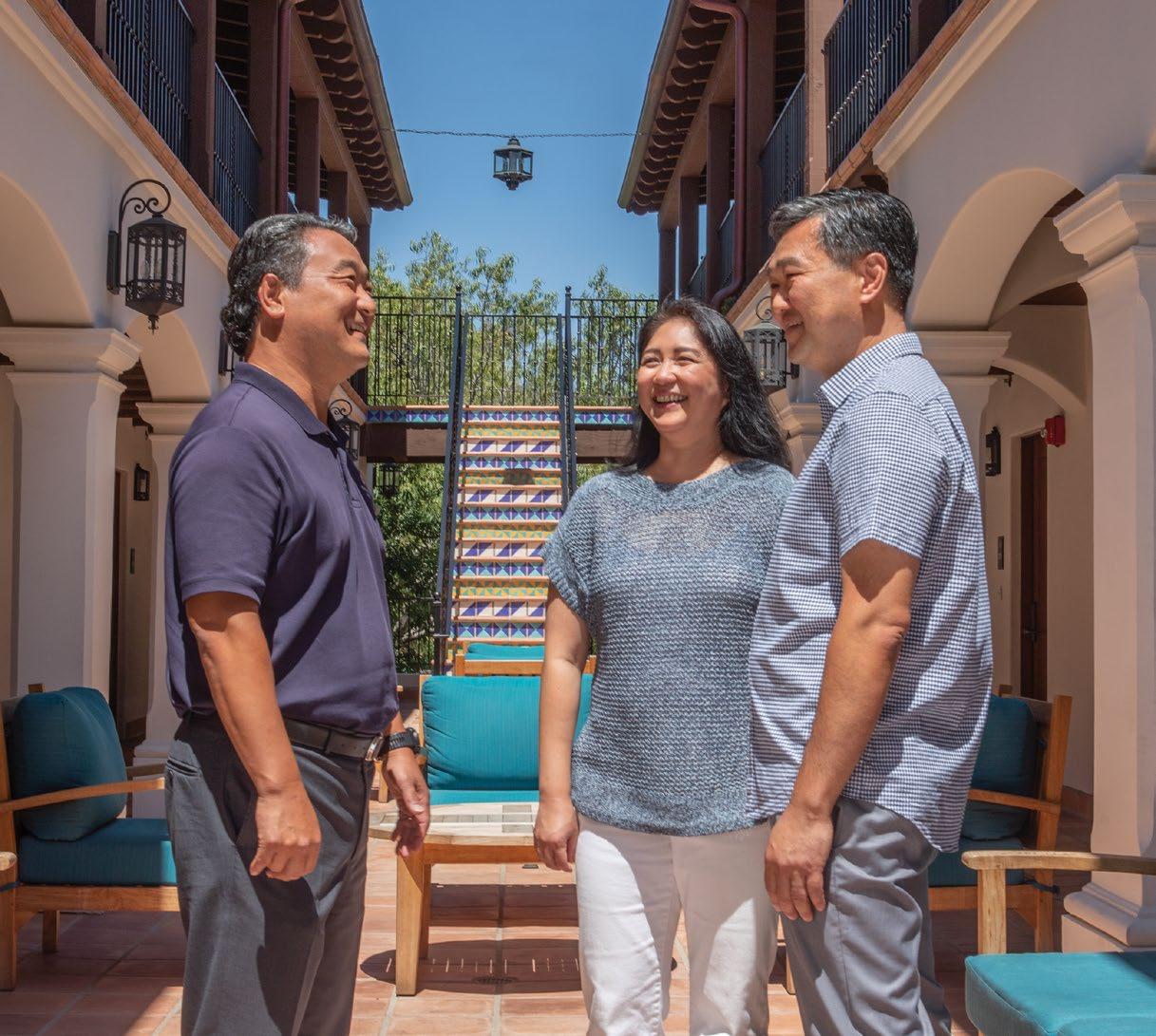




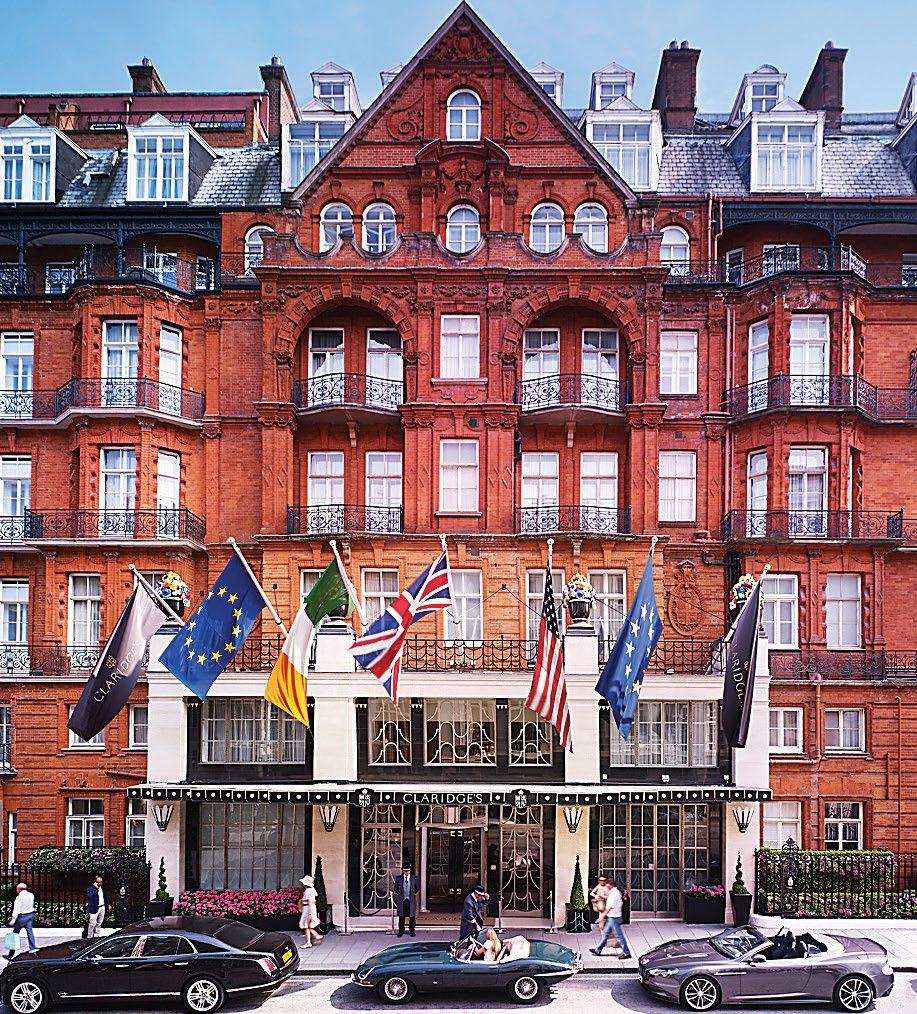
Tucked between Hyde Park and Buckingham Palace, Mayfair has long cultivated a reputation as one of London’s poshest neighborhoods—and iconic CLARIDGE’S hotel sits right in the heart of it. Opened in 1856, Claridge’s has been serving up luxury for a century and a half and is particularly known for its traditional afternoon tea, recently named by Vogue as one of the city’s best. Heralded for its signature pastel-striped china, smokedsalmon sandwiches, and scones with clotted cream and jam, Claridge’s Foyer & Reading Room is the place to go if you’re feeling peckish in the afternoon, perhaps after a day spent wandering nearby cobblestone streets.

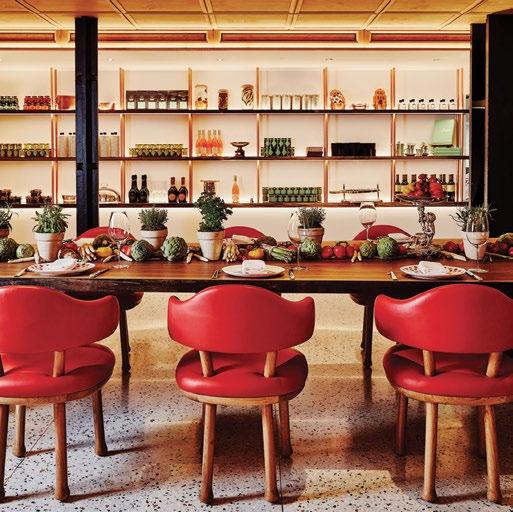
This historic hostelry is also the place to stay if you’re looking for contemporary luxury and a bit of glamour, because the property is ushering in a series of updates that grounds it firmly in the 21st century. Recently opened is the Art Deco-inspired cocktail bar called The Painter’s Room, which serves all manner of elegant libations. Other on-site experiences include L’Epicerie, a chef’s table for private parties and special bookings, and Claridge’s ArtSpace, a subterranean, museum-quality gallery.
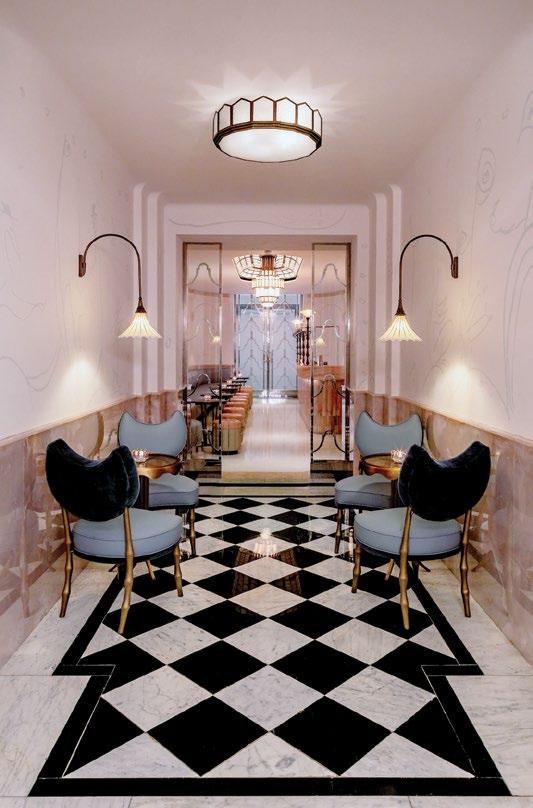


As part of the Maybourne Hotel Group, which includes luxe properties on the French Riviera and in Beverly Hills, Claridge’s rooms and suites preserve classic architecture and style without sacrificing modern amenities. Expect grand pianos, chandeliers, handpainted walls, and antique furniture, along with personal butler service, up-to-date technology, and a sense of effortless chic. Rooms from $895/night. CLARIDGES.CO.UK C.W.
Local lensman Andrew Antone’s debut book, AFRICA ($125), is a visual safari of epic proportions. Even more epic? Half the proceeds from the tome and coinciding Santa Barbara Zoo exhibit will benefit the park's conservation efforts.
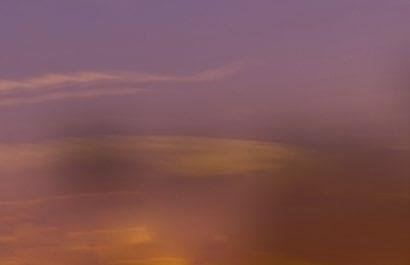

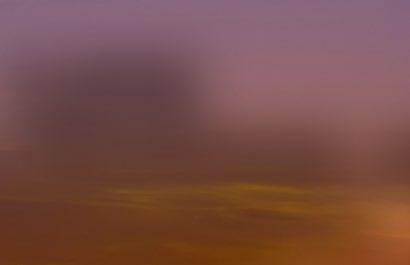

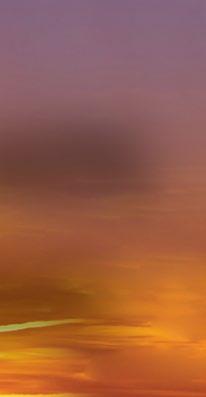



It’s hard to believe, but close to 70,000 people in Santa Barbara County live at, or below, the poverty line.* They work hard, o en at multiple jobs, yet can’t make ends meet. That’s where we come in.



Since 1967, CommUnify has helped our county’s most vulnerable residents achieve economic security, maintain their dignity, and thrive. Each year, we empower thousands of individuals and families without a safety net to remain in their homes, keep the lights on, and regain stability.
Our community programs serve mothers, children, teens, families, and seniors. We run 23 Head Start campuses, help with utility bills, home repairs, financial literacy, and educational opportunities. But we can’t do it alone. We need your support. Your donations make a di erence.

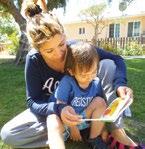
Upon entering the lobby of the VICEROY LOS CABOS, the view is so striking that some visitors may question if they’re still in Cabo. They are—that is, not in Cabo San Lucas, land of all-inclusive resorts and year-round spring breakers, but in San José del Cabo, a quieter, refined historic enclave slightly north of San Lucas.
Initially constructed as a boutique hotel in 2016 by celebrated Mexican architect Miguel Angel Ara gonés, the former Mar Adentro was later acquired by Viceroy and renovated by Mexican design firm Arquitectura de Interiores. Reopened in 2018, Ara gonés’ stunning balance of light and water stayed intact, with shallow pools scattered among the stark modernist towers. To offset the angular buildings, woven nestlike orbs set apart two restaurants, Nido, where ceviche and robatayaki reign supreme, and Nidito, the oceanfront bar that borders two of five pools on the property.
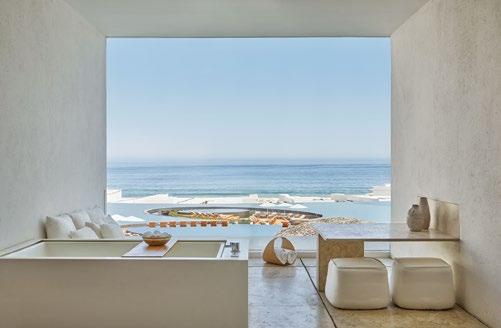
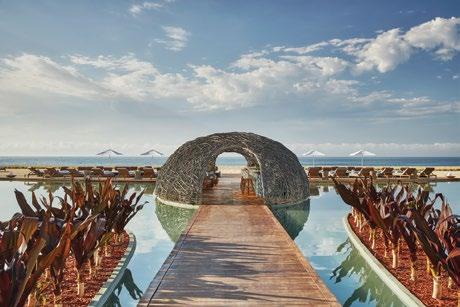
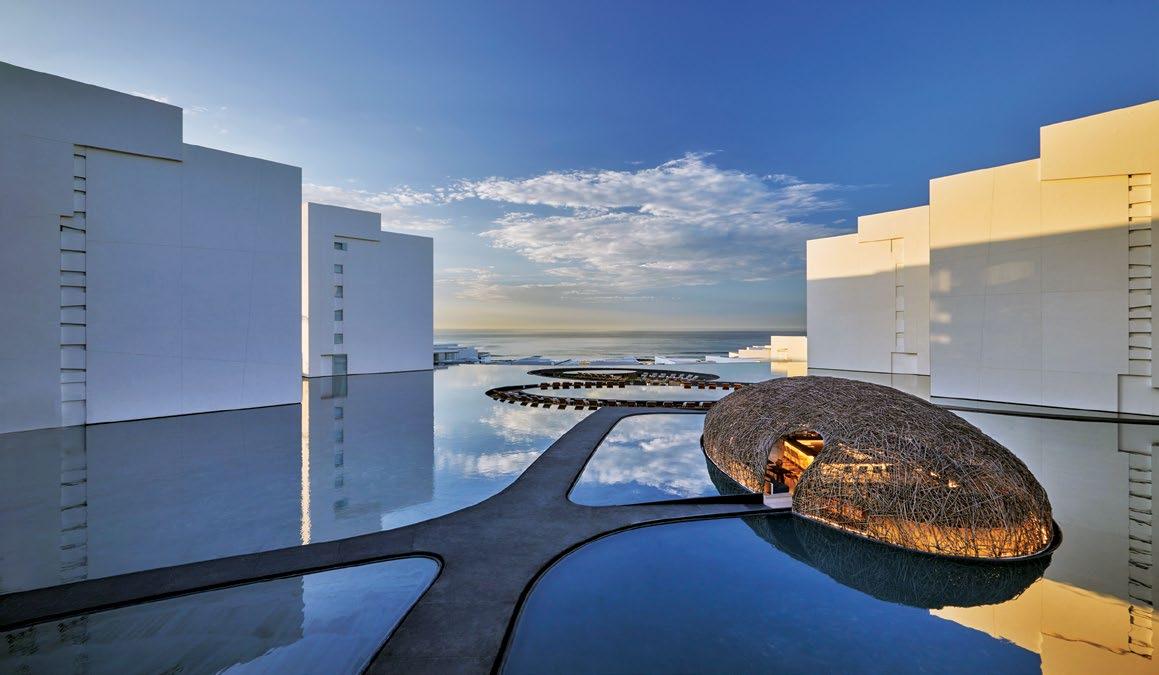
Those two restaurants are only the beginning of the culinary experiences available at the hotel: The Cielomar rooftop grill utilizes brick-oven and woodfired cooking to showcase the exemplary seafood of the region. And the newest dining experience here is Dalia, an outdoor garden where colorful cocktails garnished with fresh flowers and flavorful Mediter ranean cuisine are available in equal measure.
To relax after the incredible meals, guests can retreat to their expansive suites, where extravagant amenities like double showerheads and standalone tubs give way to ocean-view balconies. By and large, the Viceroy Los Cabos redefines Mexican luxury on both an architectural and a culinary level. From $550/ night. VICEROYHOTELSANDRESORTS.COM/LOS-CABOS. C.W.
WINERY is a small family-owned winery located at the gateway to Santa Ynez Valley just off the 101 between Las Cruces and Buellton just 4.5 miles from the Pacific Ocean. The Folded Hills Vineyard and Ranch is situated in an idyllic landscape surrounded by mountain hillsides that fold into the landscape. Our Homestead tasting room features walk-in tastings daily and exclusive guided tasting experiences on select days each week. Our Montecito tasting room is a cozy spot to enjoy your wine tasting among the shops and restaurants of Coast Village Road. Specializing in Rhône grape varieties, our Grenache, Syrah, and Marsanne varietal wines and blends express our unique cool climate terroir with vibrant, fresh, fruit forward aromas and flavors.
FoldedHills.com
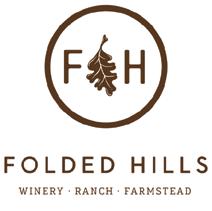
Escape to the Santa Ynez Valley to experience a family legacy and dedication to fine wine in the heart of Santa Barbara wine country at LAFOND WINERY & VINEYARDS. Tucked away in the pristine Sta. Rita Hills, Lafond Vineyards features sustainably farmed and renowned clones of pinot noir, chardonnay and syrah; plus a welcoming tasting room and idyllic picnicking grounds. First planted in 1971, Lafond Vineyards was established by local wine pioneer, Pierre Lafond, making it one of the oldest vineyards in the county. As the sister label to local gem, Santa Barbara Winery, Lafond focuses on their estate-grown varietals: pinot noir, chardonnay, and syrah. Both Lafond Winery and Santa Barbara Winery viticulture processes are guided by veteran winemaker, Bruce McGuire. Visit us at: 6855 Santa Rosa Rd, Buellton. No reservations required. 805-688-7921.
PAUL LATO is a leading producer of artisanal wines in Santa Barbara County, known for crafting elegant and balanced Burgundian and Rhône-style wines sourced from renowned vineyards throughout California. Driven by passion, intuition and authenticity, Paul Lato is meticulous about quality in the vineyard but uses a minimalist approach in the cellar to craft his highly acclaimed small-lot wines. He operates under the guiding principle of quality over quantity in order to capture the unique characters of each vineyard. We are thankful for 20 years of support from the Santa Barbara community and look forward to welcoming you at the winery in Santa Maria. Appointments can be made by visiting PaulLatoWines.com
TOMI CELLARS is the new project from film industry veterans, Boyd Shermis and Denise Davis. It’s been a 20-year journey for us to get to this point and has come with a little help from family and good friends. We did our first bottling of Albariño in 2021, and we’ve just released six new wines from 2019, 2020 and 2021, including Syrah, Grenache, Merlot, a Syrah/Grenache blend, a Grenache Blanc/ Roussanne blend, and a Rosé of Pinot Noir.

LafondWinery.com
Tomi Cellars owns no vineyards. But it is our driven passion to make the finest wines possible from some of the very best vineyards on the Central Coast of California. We’ve spent the last two decades learning what it takes to make world class wines of distinction, wines that evoke place of origin. Wines that we want to drink — and wines that we hope others want to drink, too. Tastings are available by appointment. 818-515-5422.
TomiCellars.com























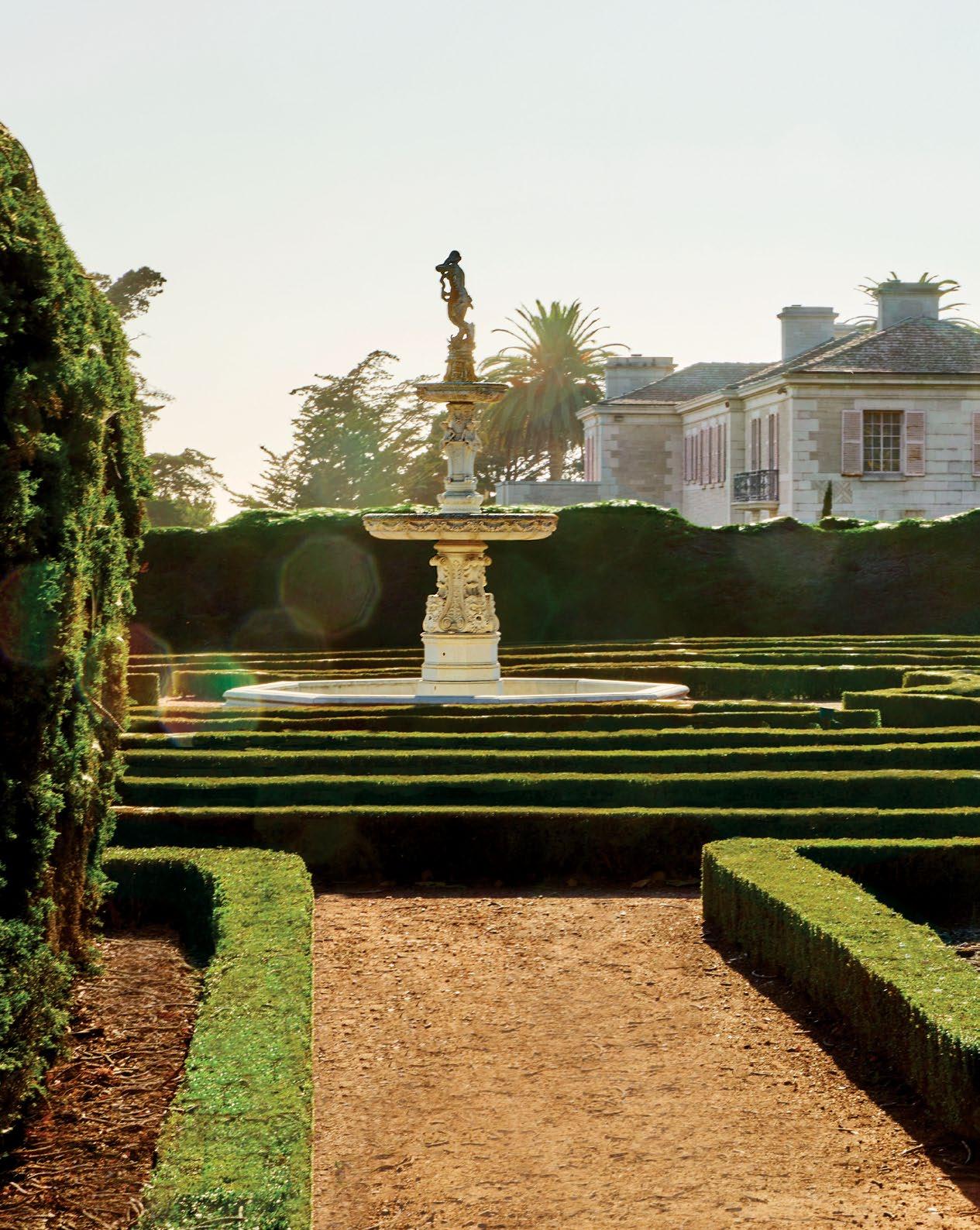





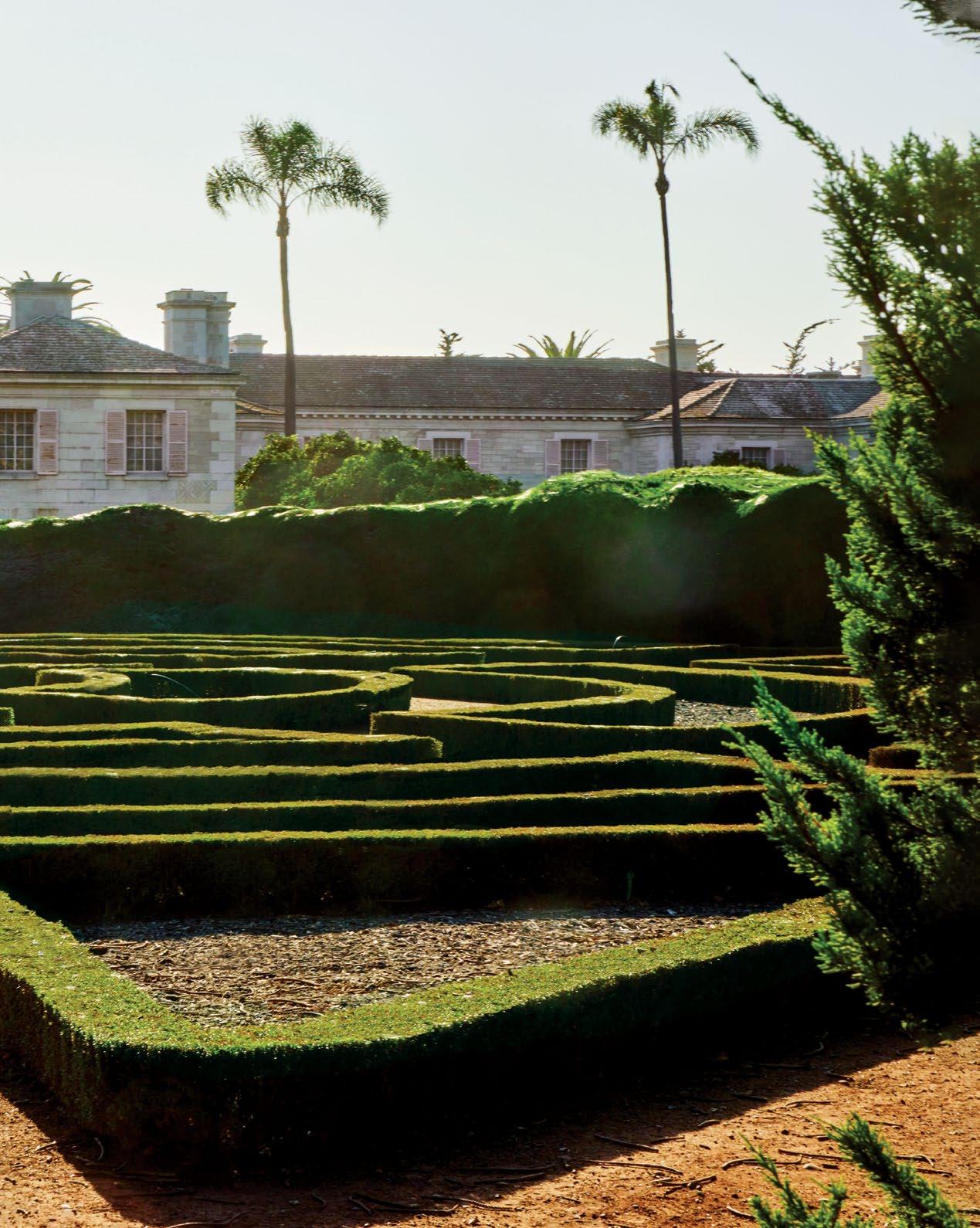
Clark rests on
table below the curving stairway to Bellosguardo’s second floor.
The copper magnate never lived in the residence, which his widow, Anna, built in 1936 and visited regularly with her daughter Huguette, pictured in an unfinished self-portrait (left), until around 1953.
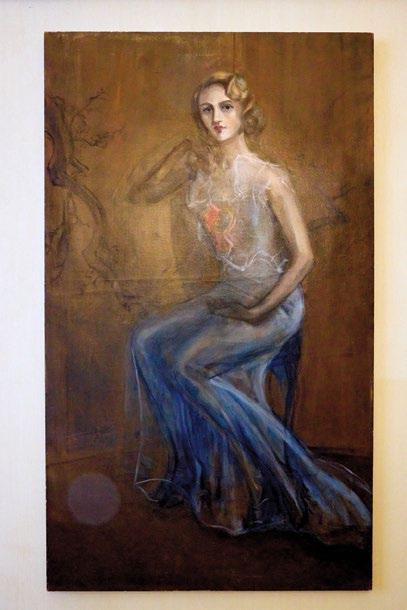
PREVIOUS SPREAD: Formal gardens in front of the 18thcentury French-style mansion await replanting.
Bellosguardo. The name means “beautiful lookout,” but that doesn’t begin to describe just how breathtaking the property actually is, let alone convey the astonishing level of popular fascination with the estate and the story of the last owner.
Perched on a cliff at the east edge of Santa Barbara, Bellosguardo commands a 360-degree view of the Pacific, the city, and the mountains. The mansion at the center of the 23-plus acres was built in 1936 by Anna Clark—widow of W. A. Clark, who had amassed a fortune in the copper industry—to replace an earlier home. This was no modest getaway. For herself and her daughter Huguette, Anna commissioned a formal U-shaped 18th-century French-style structure of more than 23,000 square feet and 27 rooms from architect Reginald Johnson, who had also designed the Santa Barbara Biltmore not far away. The interiors were grand, with ornate flourishes like wood paneling, detailed cornices, and elaborate chandeliers. There were six suites, a music room, a library, and an artist’s studio where Huguette could paint or pursue photography.
The grounds were similarly magnificent, from the floral-design stone court in front of the mansion to sweeping lawns and a gorgeous rose garden.
Anna and Huguette kept their main residence in New York City but made Santa Barbara a regular getaway until around 1953, enjoying the house, welcoming friends and guests, and participating in the town’s social life. After that, caretakers lived on the estate and kept it up for owners who never came again. Even after Anna died in 1963, and Huguette inherited Bellosguardo, the instructions were to keep everything as it always had been. And so it was. Though the furniture was covered, and the rugs were wrapped, nothing inside was altered, and the Chrysler convertible and Cadillac limousine remained parked in the garage. The house was largely unseen for the next
nearly 70 years, tantalizing Santa Barbara residents who wondered what it was like inside the walls of the estate.
Huguette died on May 24, 2011, having spent her last two decades living in hospital rooms in Manhattan. But she kept up ties and correspondence and although her bequests and the terms of her will became embroiled in legal wrangling, she left the Santa Barbara property to the Bellosguardo Foundation. Their vision, says Sandi Nicholson, who’s been on the board since its inception, is to “open it as a dynamic venue for cultural and artistic events, while showcasing the unique history of the Clarks and specifically Huguette Clark’s contribution to the arts.”
And now, at last, that’s about to happen. After a long road of preparation Bellosguardo will open its doors to small public docent-led tours in the next couple of months. Visitors will be able to see original furnishings,

Melodies once filled the air of the refined music room, where one of Anna Clark’s harps once again holds pride of place with a Steinway grand piano.
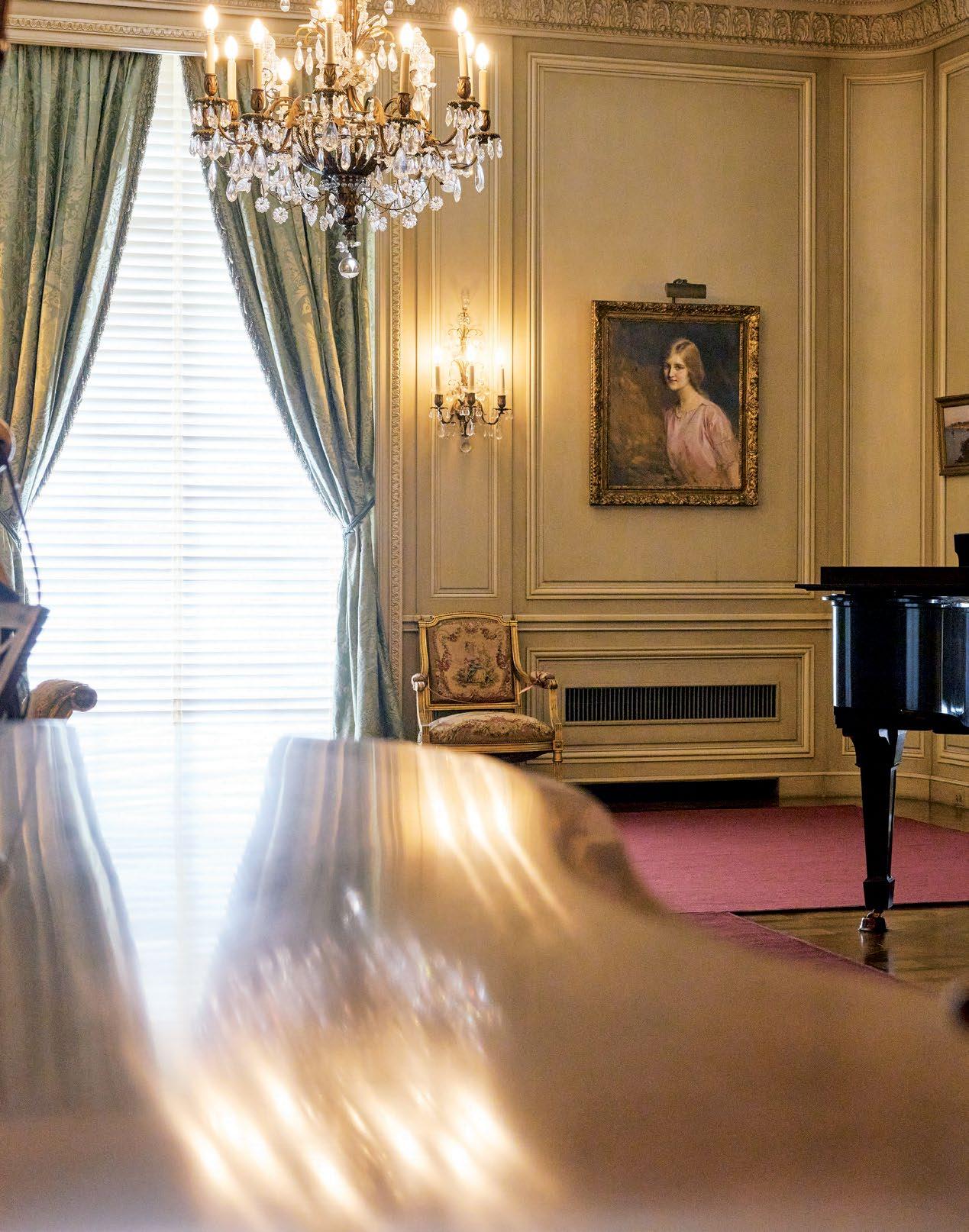
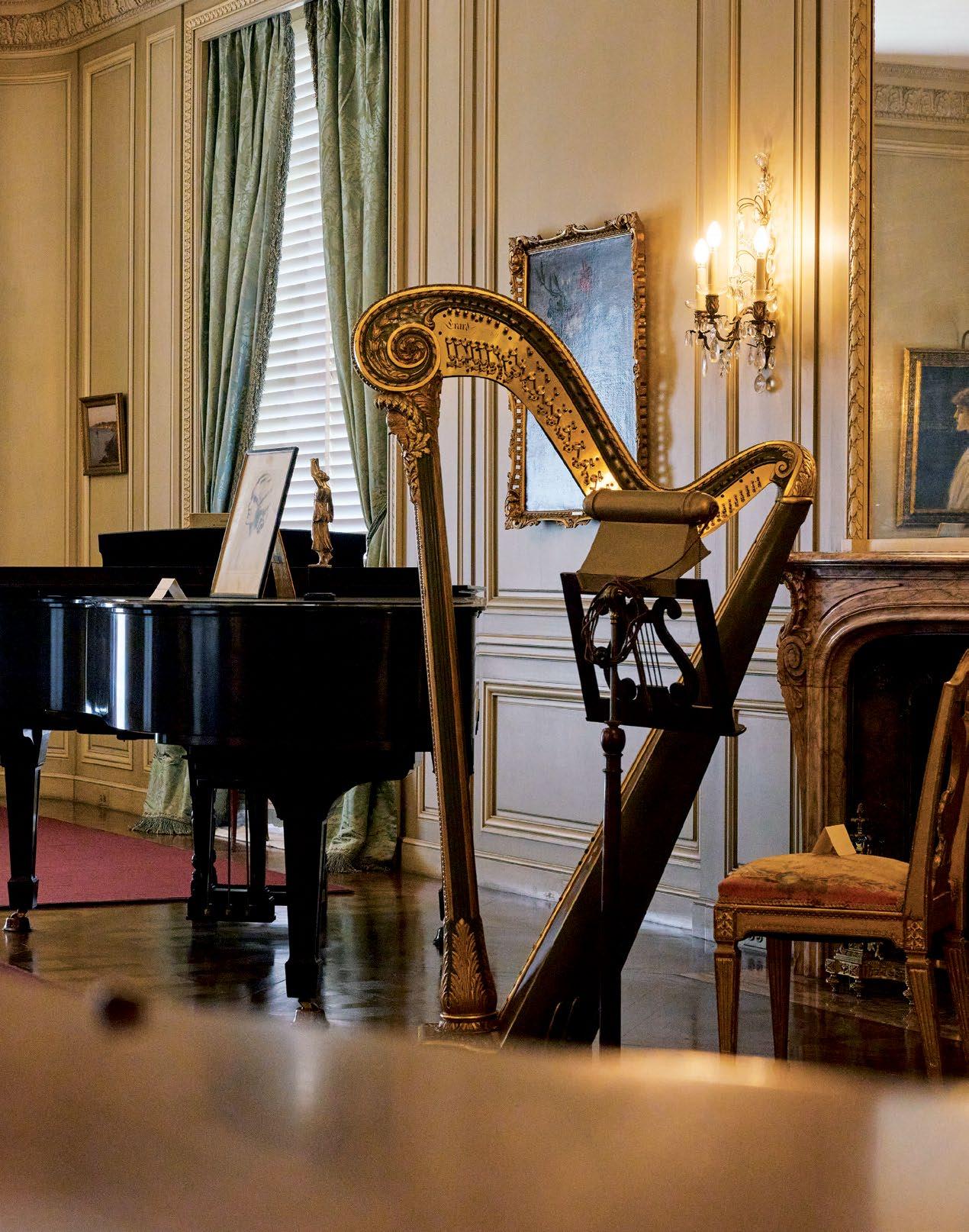
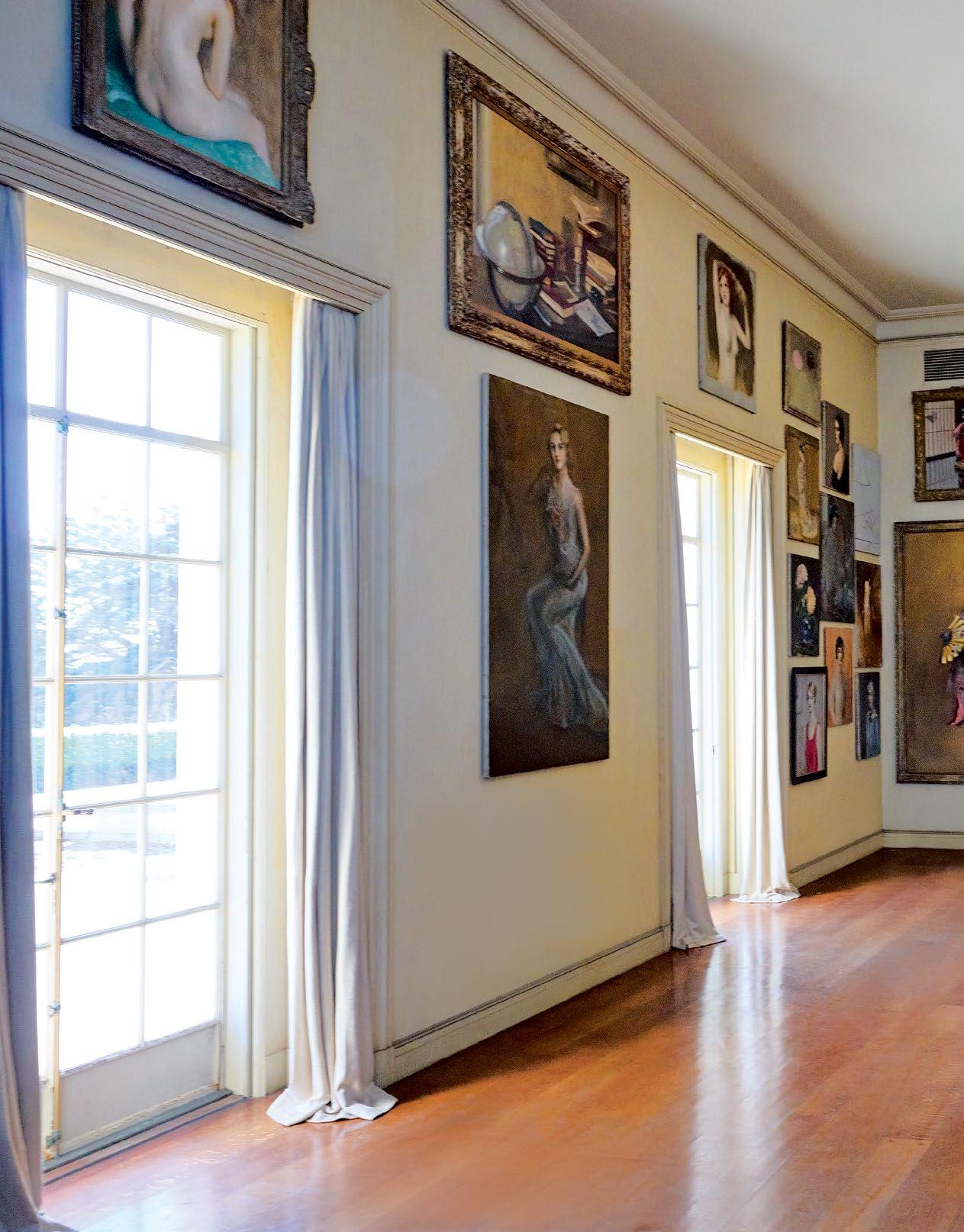
The
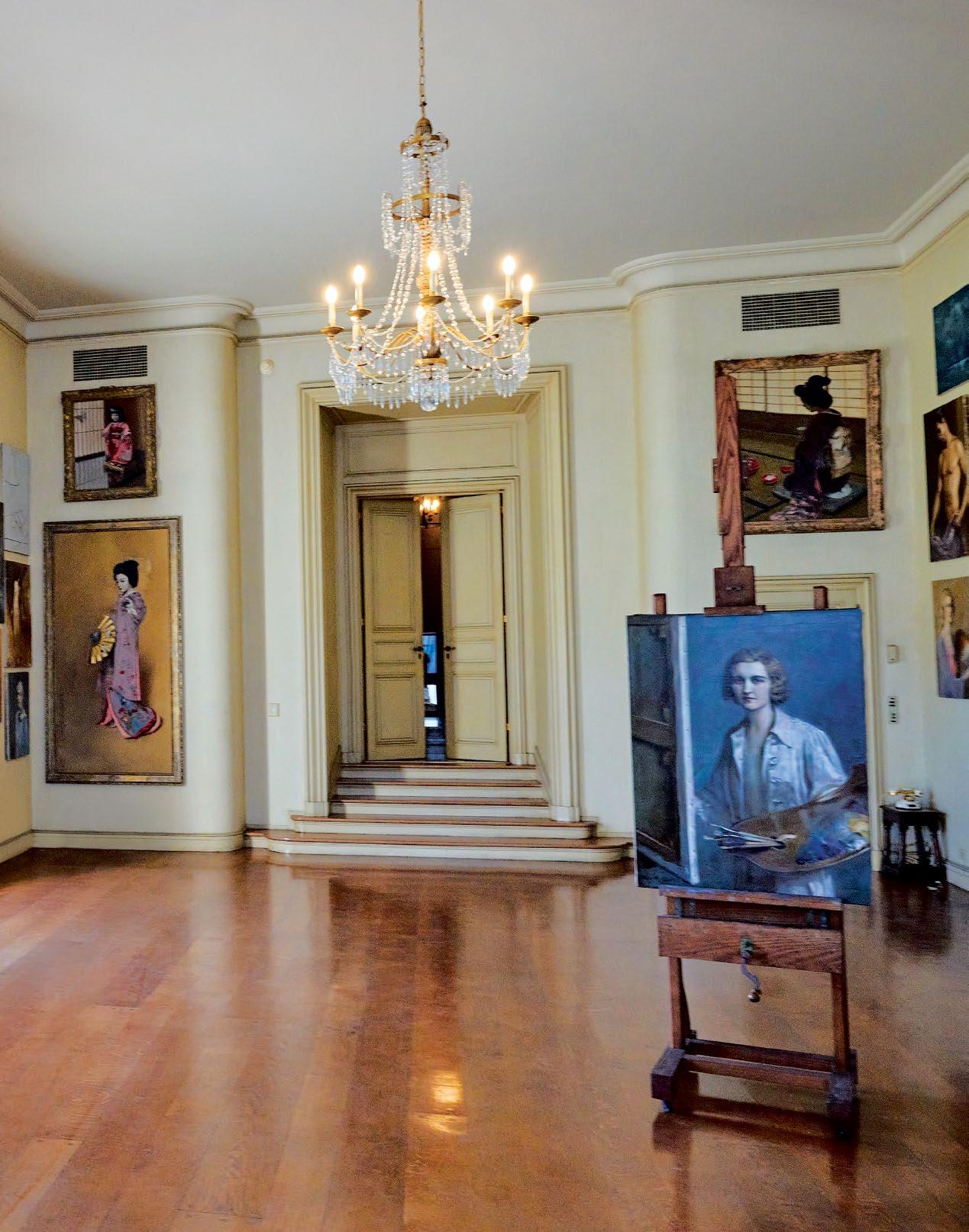 studio/gallery is a newly installed showcase for portraits, landscapes, and other works by Huguette, who painted here when she was in residence.
studio/gallery is a newly installed showcase for portraits, landscapes, and other works by Huguette, who painted here when she was in residence.
A painting of Andrée Clark, Huguette’s sister who died young, presides over the fireplace in the library, whose elaborate wood paneling was created for this home.
OPPOSITE: Bellosguardo is filled with gleaming chandeliers and antique objets d’art, like the clock on the mantelpiece in another ornate room.
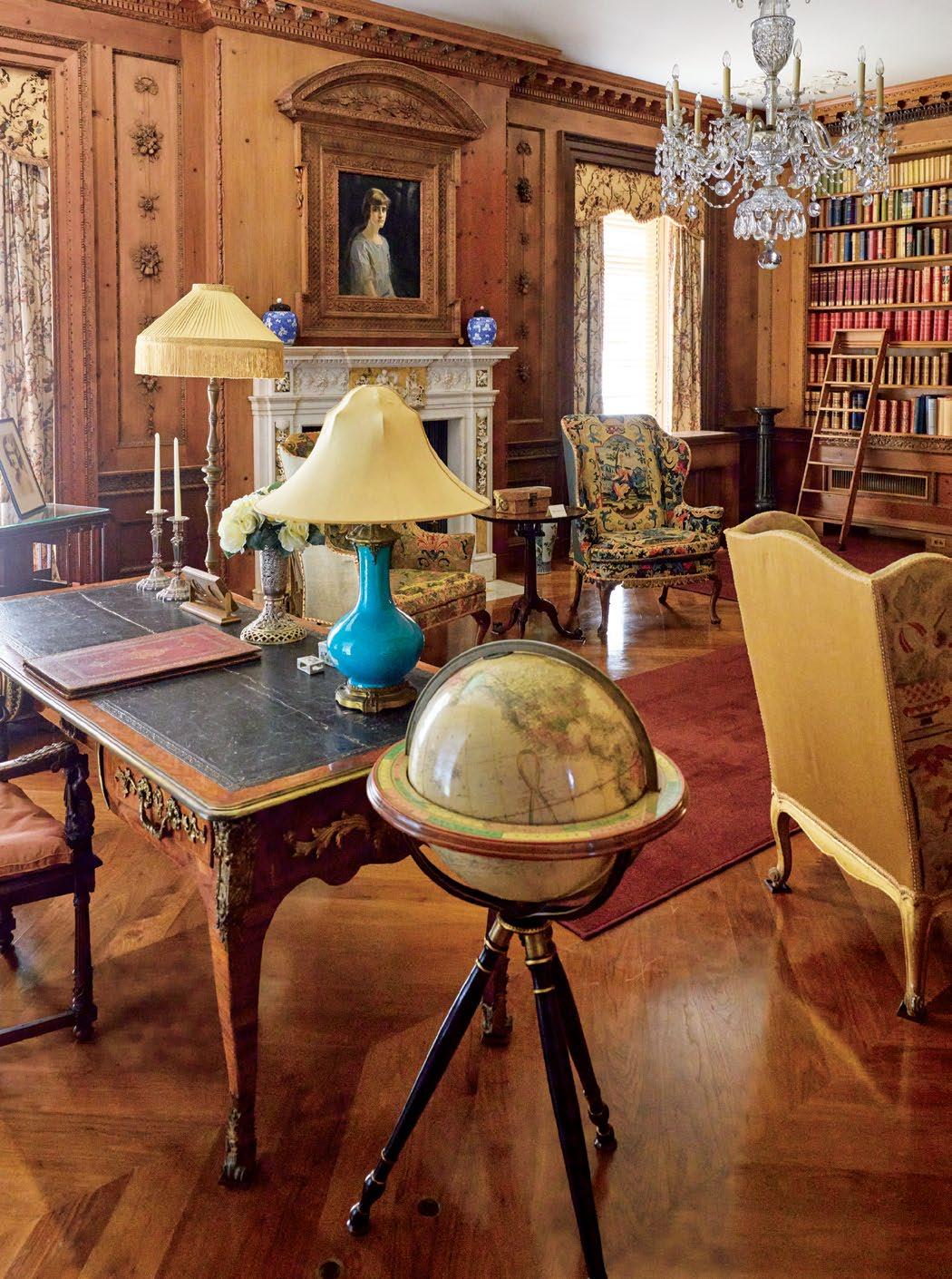
objets d’art, and paintings. Walking through the high-ceilinged foyer, they’ll enter the main hall, which stretches toward each of the wings and reveals views of the reflecting pool in back, flanked by 80-year-old orange trees. Family portraits line the walls here, not only of W. A. Clark, his wife Anna, and Huguette but also Huguette’s sister, Andrée, who died young.
To the left lie two rooms crafted in Europe and installed here from another Clark property in New York: the reception room, with its exquisite paneling and painted muslin ceiling, and the imposing dining room with antique chairs arrayed around the table.
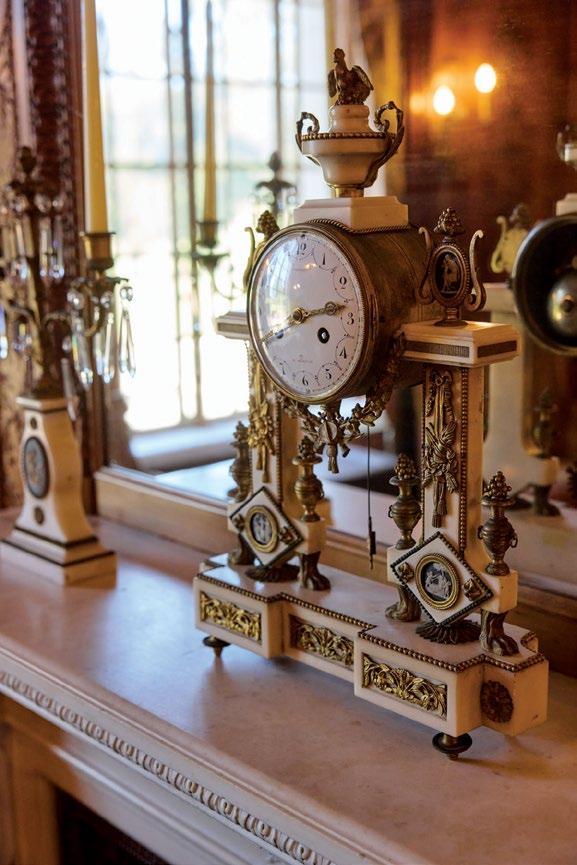
In the other direction lies the elegant music room, dominated by two Steinways and two of Anna’s harps. The library is next, with bound volumes filling the elaborate shelves and a portrait of Andrée over the fireplace. Then there’s the bureau room, Anna’s office. European in origin, it’s even more intricately carved than the others and includes large cartouches with French-inspired pastoral scenes.
The highlight of the tour, though, is certainly the studio/gallery, in which the foundation has hung some 50 of Huguette’s own paintings brought back from New York and recently displayed at the Santa Barbara Historical Museum—images of models in elaborate dress, self-portraits, still lifes, even pieces depicting a New York cityscape. Painted over several decades, they reveal Huguette’s accomplished hand and her attention to her art.
Notes Nicholson, “The foundation will build upon the tours and gradually increase public access, not only to the house but also to the grounds, so that people can enjoy this momentous gift that the Clarks and Huguette gave to the community.” bellosguardo.org. ●
After a long road of preparation, Bellosguardo will open its doors to small public docent-led tours.
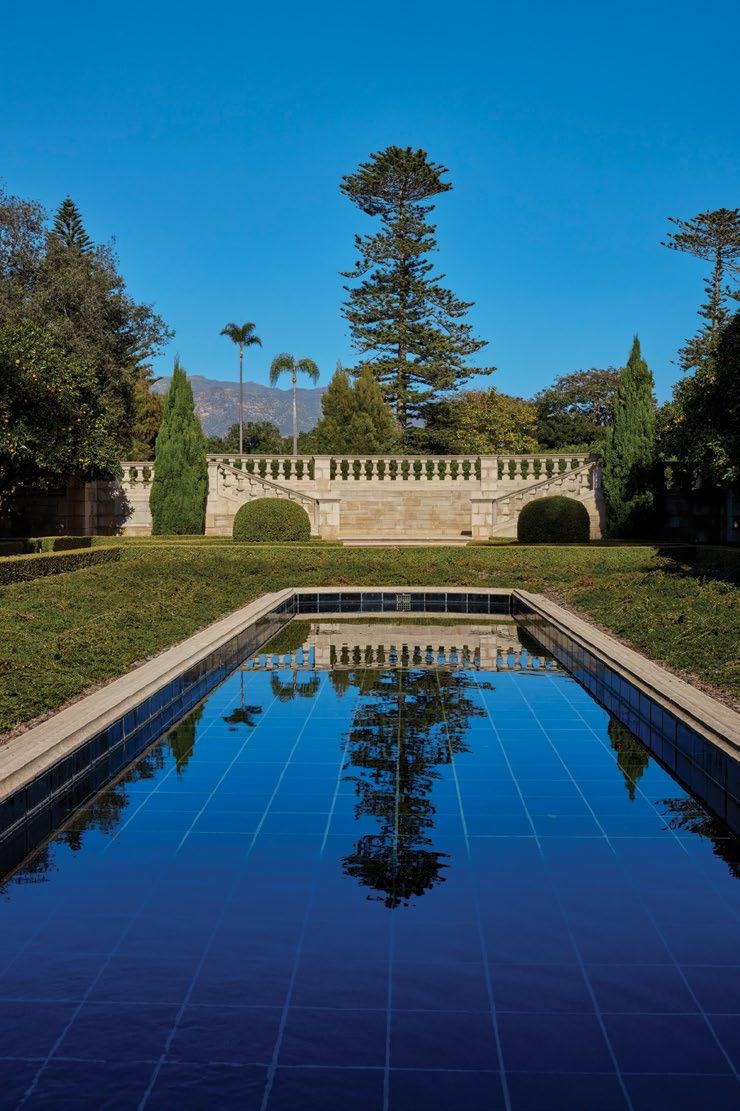
A fanciful pastoral scene, complete with a pair of peacocks, provides a backdrop for a moment of relaxation. OPPOSITE: The reflecting pool mirrors an image of a living landscape.
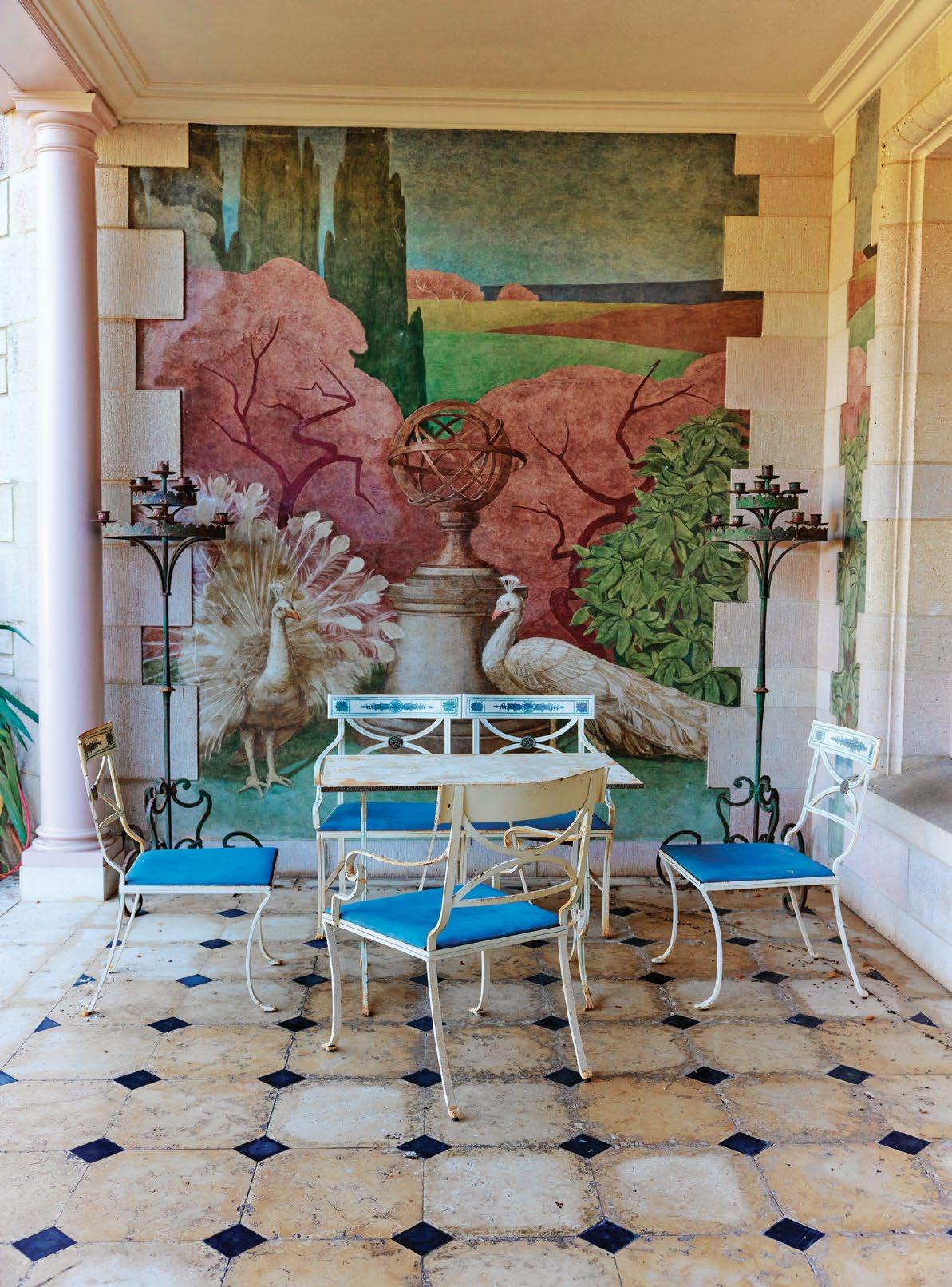
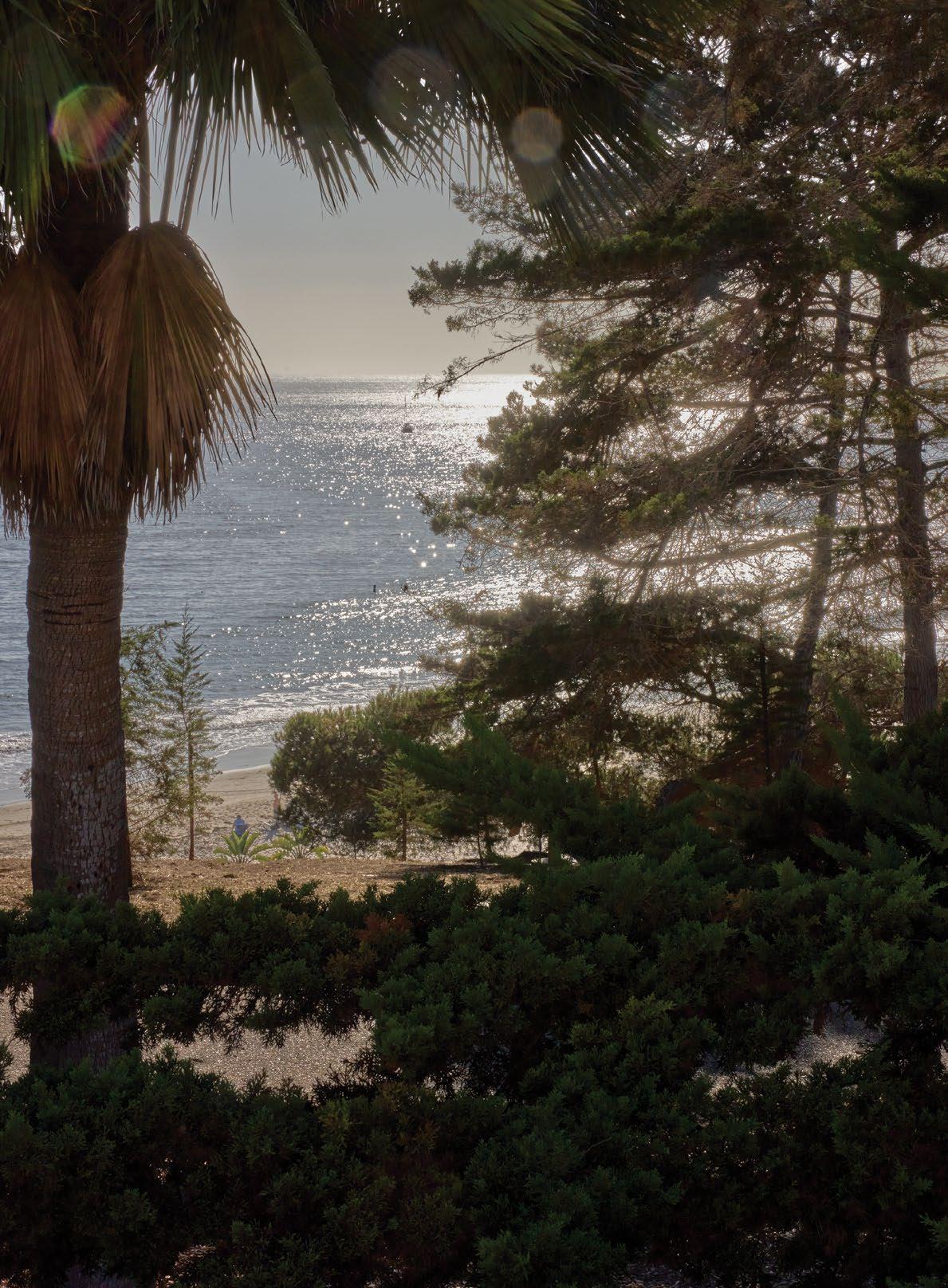
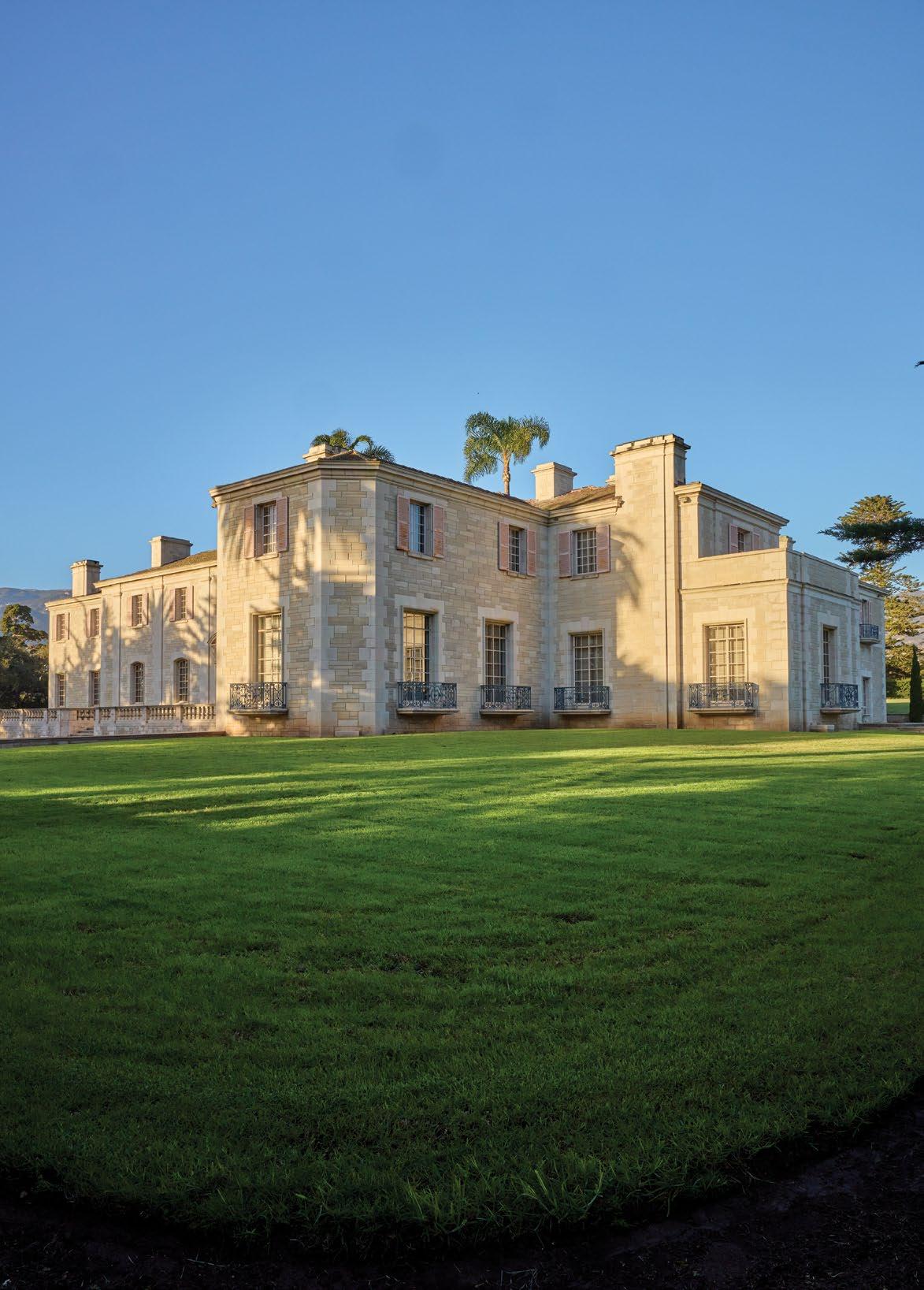
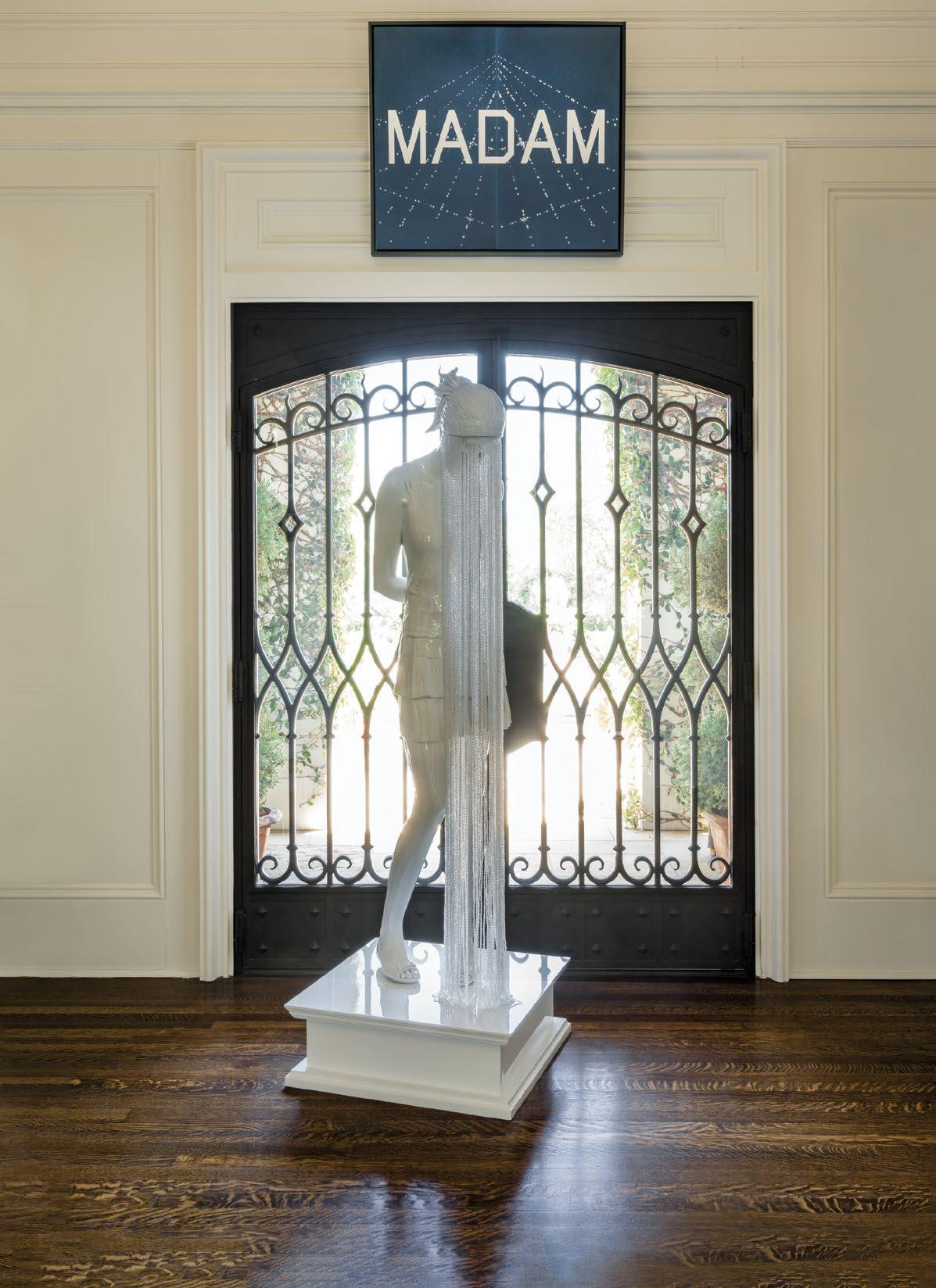
The owners have proved neoclassical style can successfully coexist with cutting-edge art, as evidenced by the contemporary pieces strategically placed along the hallway adjacent to the home’s entrance.
Images excerpted from Montecito Style (The Monacelli Press, $60) by photographer Firooz Zahedi and author Lorie Dewhirst Porter.
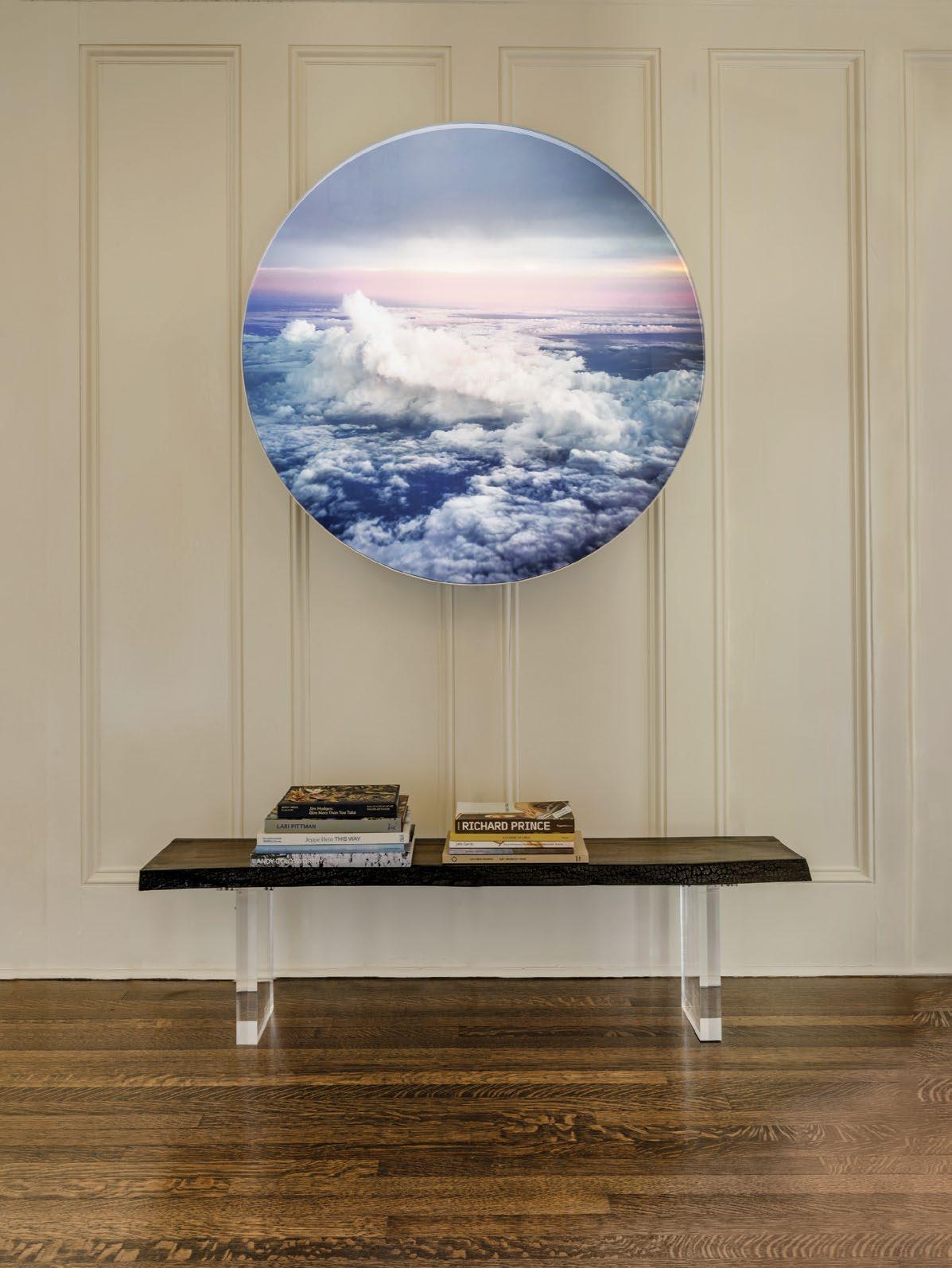
e found this house after looking at several others all over town,” says the owner of this lovely historic villa in Montecito. “What drew us to the house was the fact that it was old, it had had very few owners, nobody had done anything too terrible, but it hadn’t been kept up.” Built in 1915, the villa is an exquisite example of the Italian Renaissance style and was designed by noted architect Francis W. Wilson, who also put his stamp on several iconic public buildings in downtown Santa Barbara, including the railway station, the central public library, and the post office (now the Santa Barbara Museum of Art).
After acquiring the property in 2005, the owners lovingly restored it. But what makes this villa, with its serene symmetry and graceful proportions truly extraordinary is the collection of stunning artworks the owners have ingeniously installed both inside and out, proving that neoclassical style can successfully, even brilliantly, coexist with cutting-edge contemporary art. Traditional upholstered furniture mingles easily with large-scale paintings and sculpture, and the wood-paneled living room is painted an eye-popping shade of peacock blue.
“The living room is not just for reading and quiet conversation,” notes the owner. “It’s for piano playing and singing and talking about art and life.” Local architect Bob Easton and interior
Serene symmetry and graceful proportions characterize this Italianate villa. Built in 1915, it was designed by architect Francis W. Wilson who designed several public buildings in downtown Santa Barbara.
OPPOSITE: In the living room, the original wood paneling has been painted an eye-popping shade of shiny peacock blue, while traditional eraappropriate upholstered furniture mingles easily with the owners’ dramatic contemporary artworks.

“The
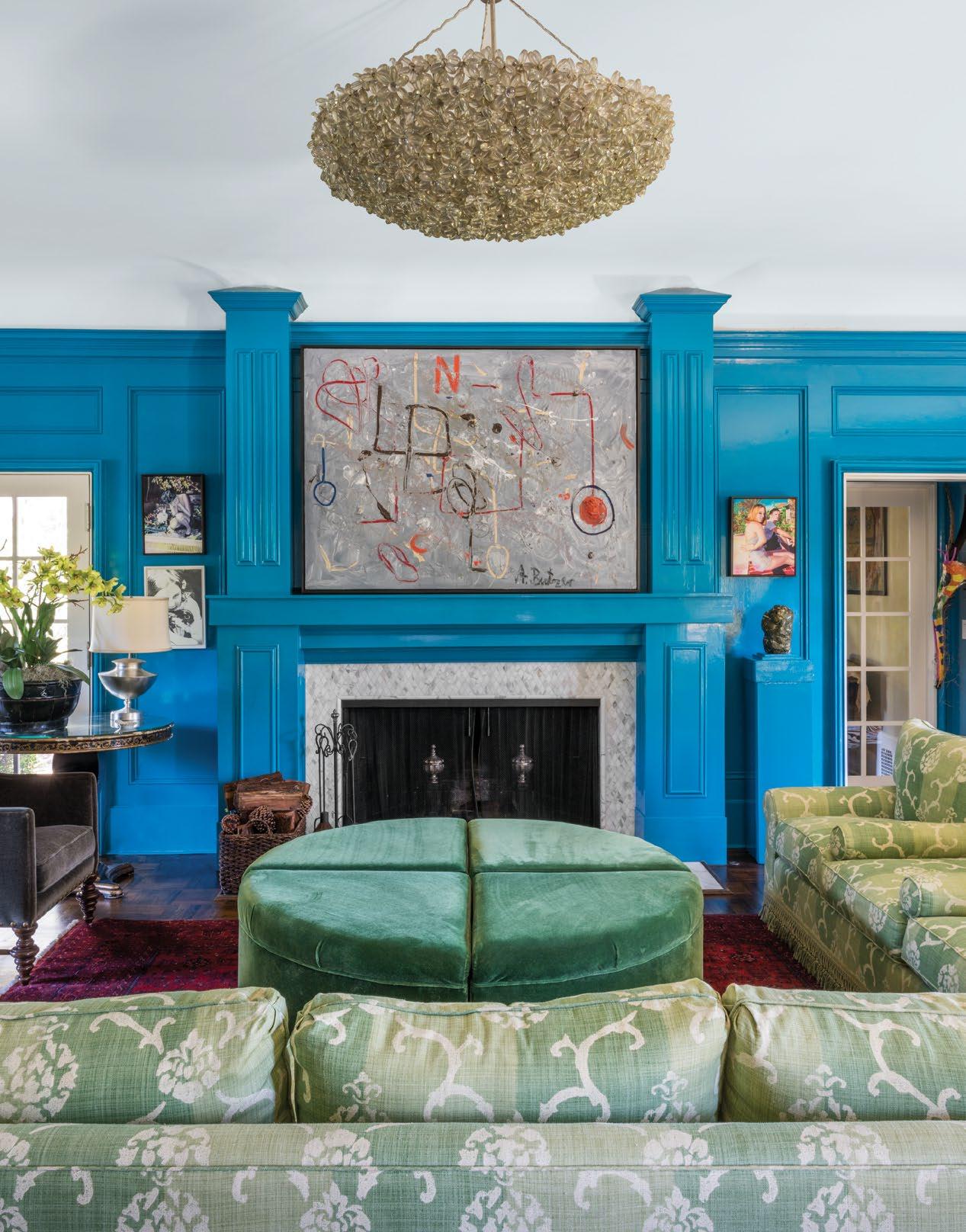
A large painting dominates one corner of the living room, fronted by a sinuous metal table topped with a collection of art-related books, surrounded by tall carved wood chairs.
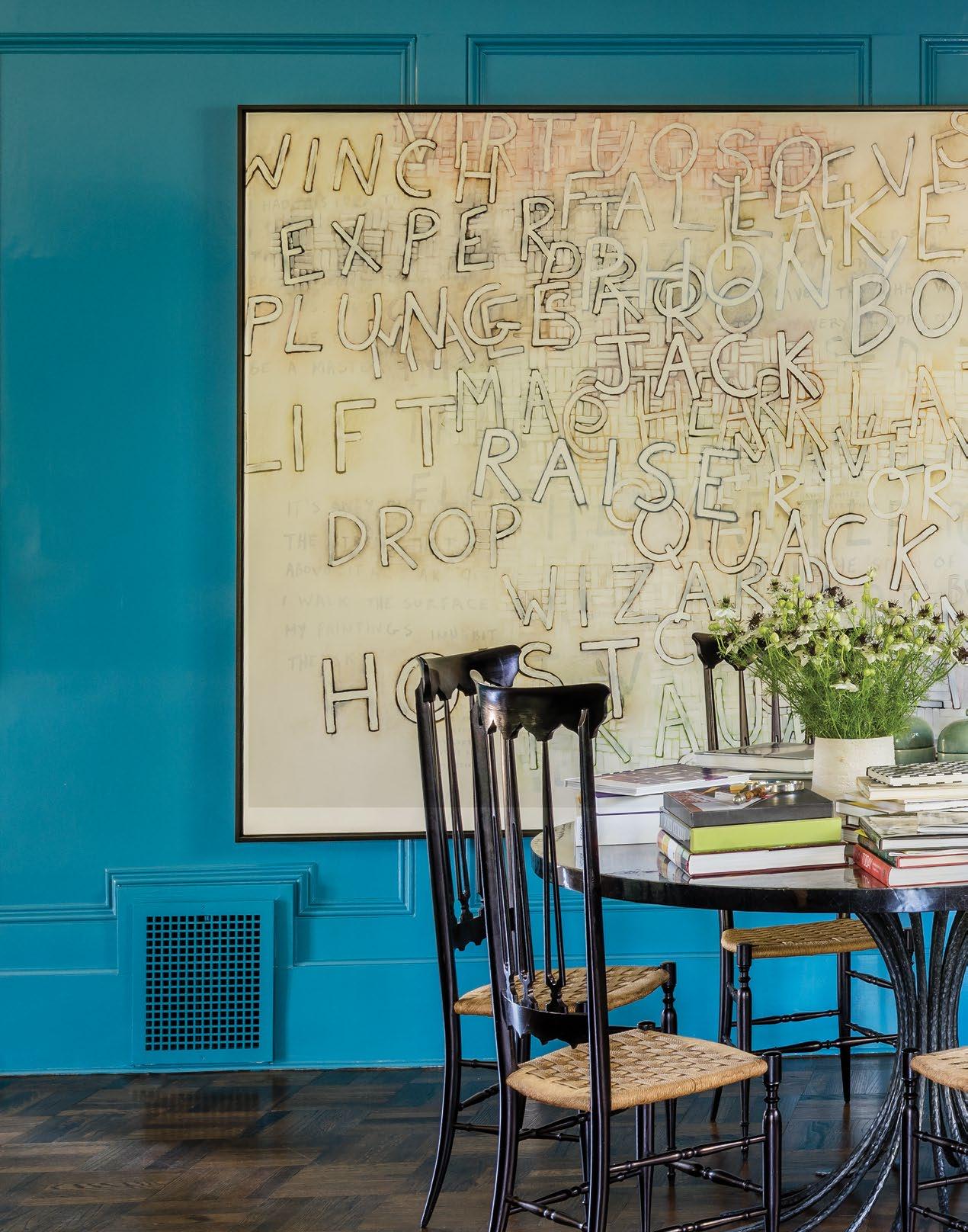
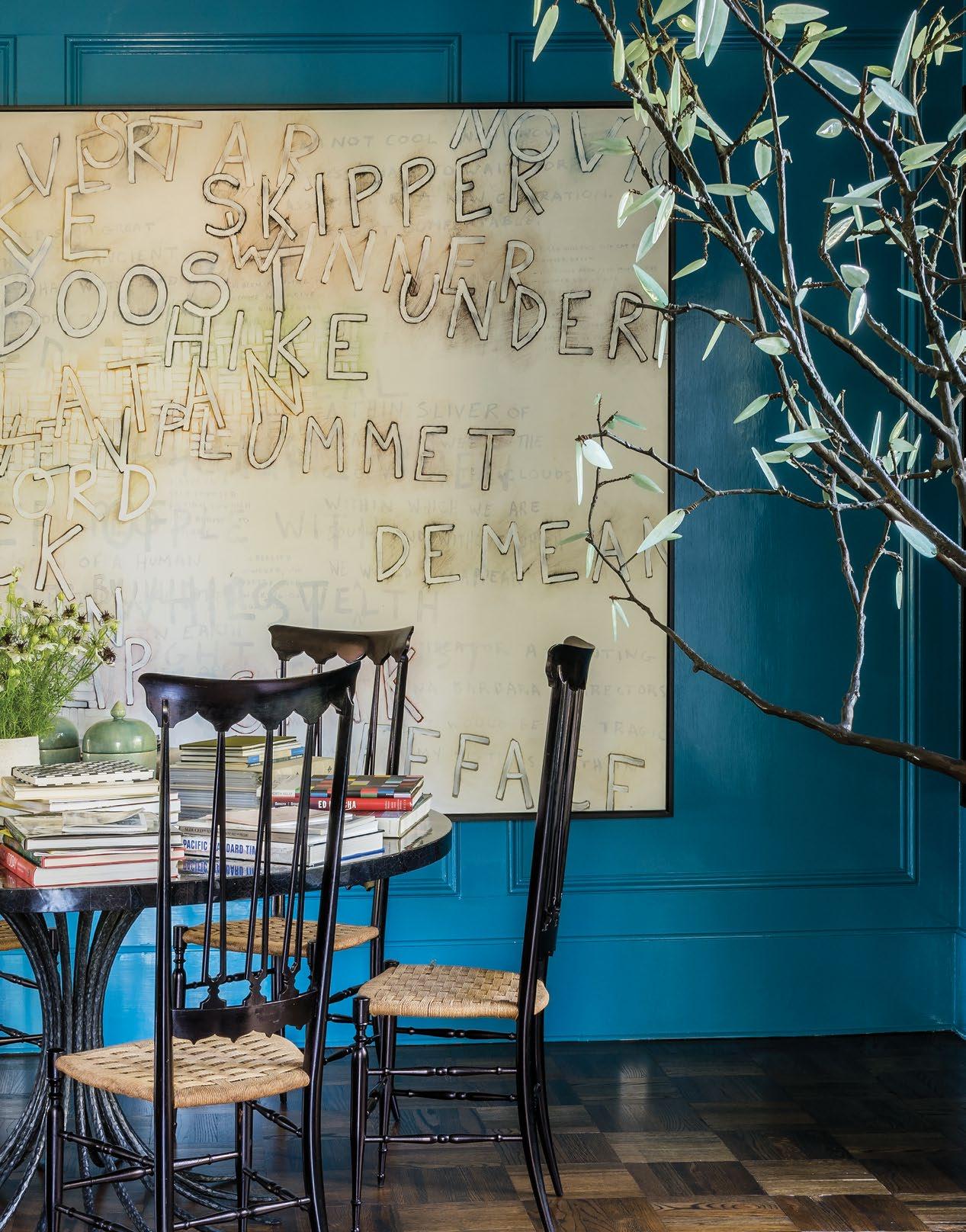
designer Marion Gregston provided invaluable professional services and advice, and the overall result is grand yet intimate, formal without being stuffy.

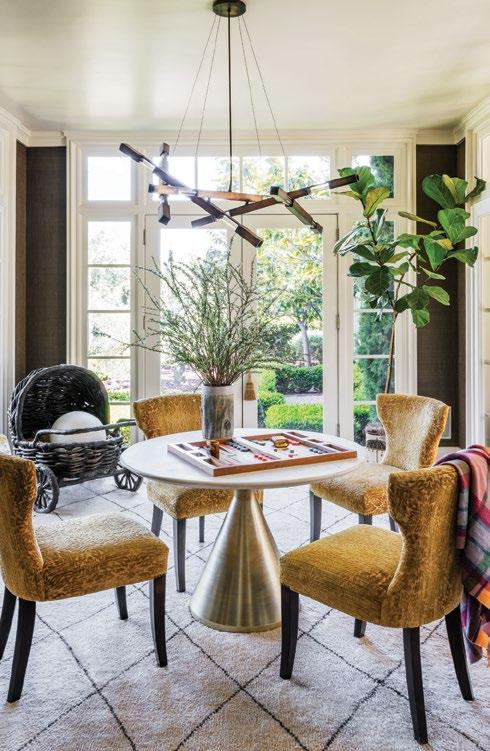
And child friendly. “Our children have loved it,” says the owner. “Most of their childhood has been here. Even though the rooms have a formal look to them, they are very much a part of our whole family existence. There’s lots of places to hide or run around. The children loved the idea that they could do a lot of different things— build forts in the living room—and that there weren’t any real rules other than just be careful and mindful, respectful of the art and the house.”
Outside, the extensive formal gardens have been updated with the expert assistance of local landscape architects Sam W. Maphis IV of Earthform Design and Stacy Fausset. On one side, tall leafy hedges enclose outdoor rooms, several of which contain site-specific artworks. Two towering eucalyptus trees frame the portico, from which the formal garden spreads out like a living carpet.
“The gardens have a nice easy formality,” observes the owner. “We are outside a lot, we play bocce and chess, we sit in all different areas of the yard. And our art collection has found its way outside as well, which is really fun.”
In the end, you could say it took a 21st-century art collection to bring a 20th-century house back to life. ●
A sitting room adjacent to the kitchen is flooded with light and furnished in a formal but unstuffy style. OPPOSITE, TOP TO BOTTOM: The loggia— covered in greenery and featuring shattered mirror pieces that were designed by the owner— provides an alternate, outdoor dining space; a contemporary chandelier illuminates the game room, which includes a whimsical rattan baby carriage holding an egglike beach ball.
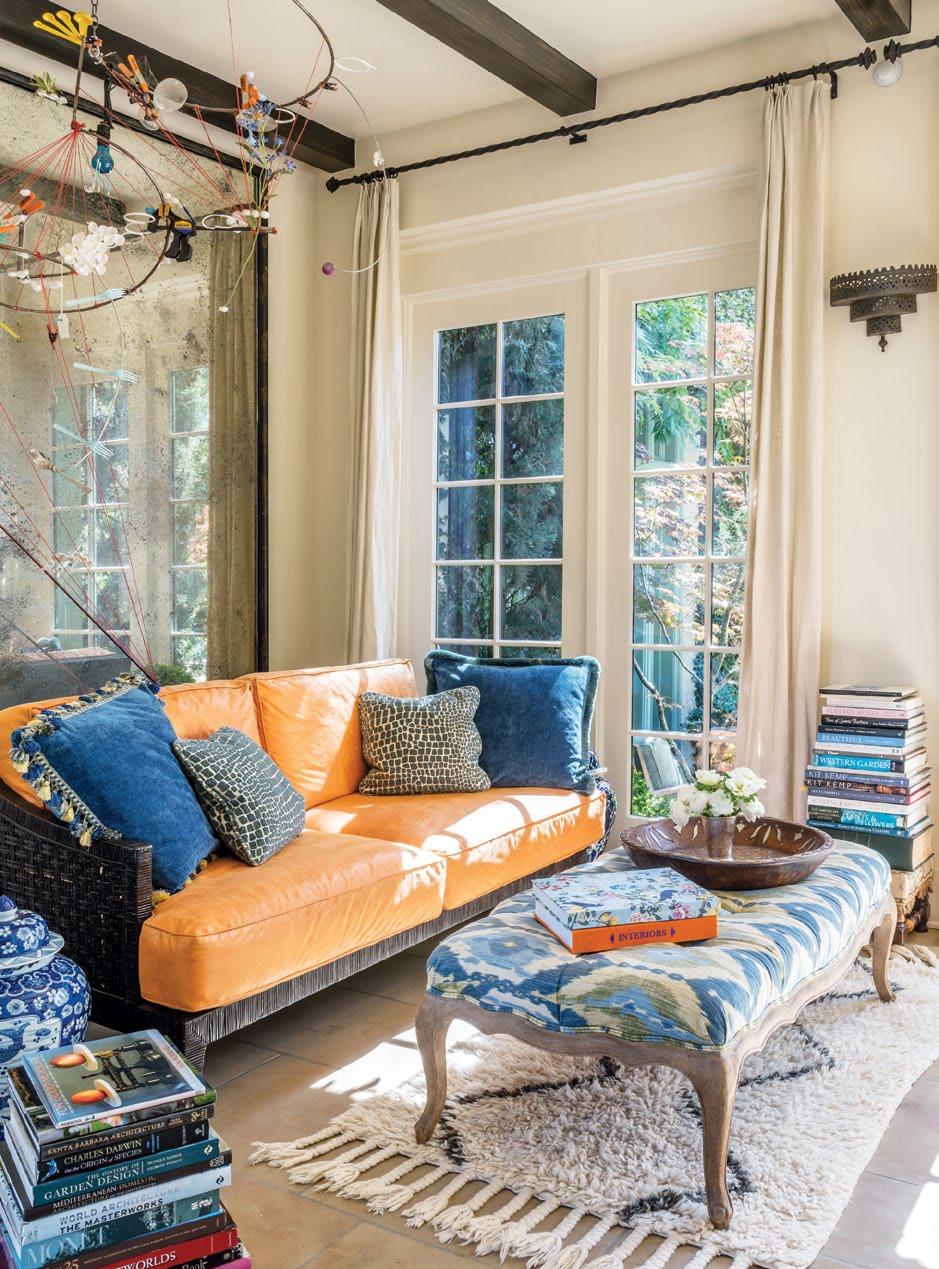
“Even though the rooms have a formal look to them, they are very much a part of our whole family existence.”
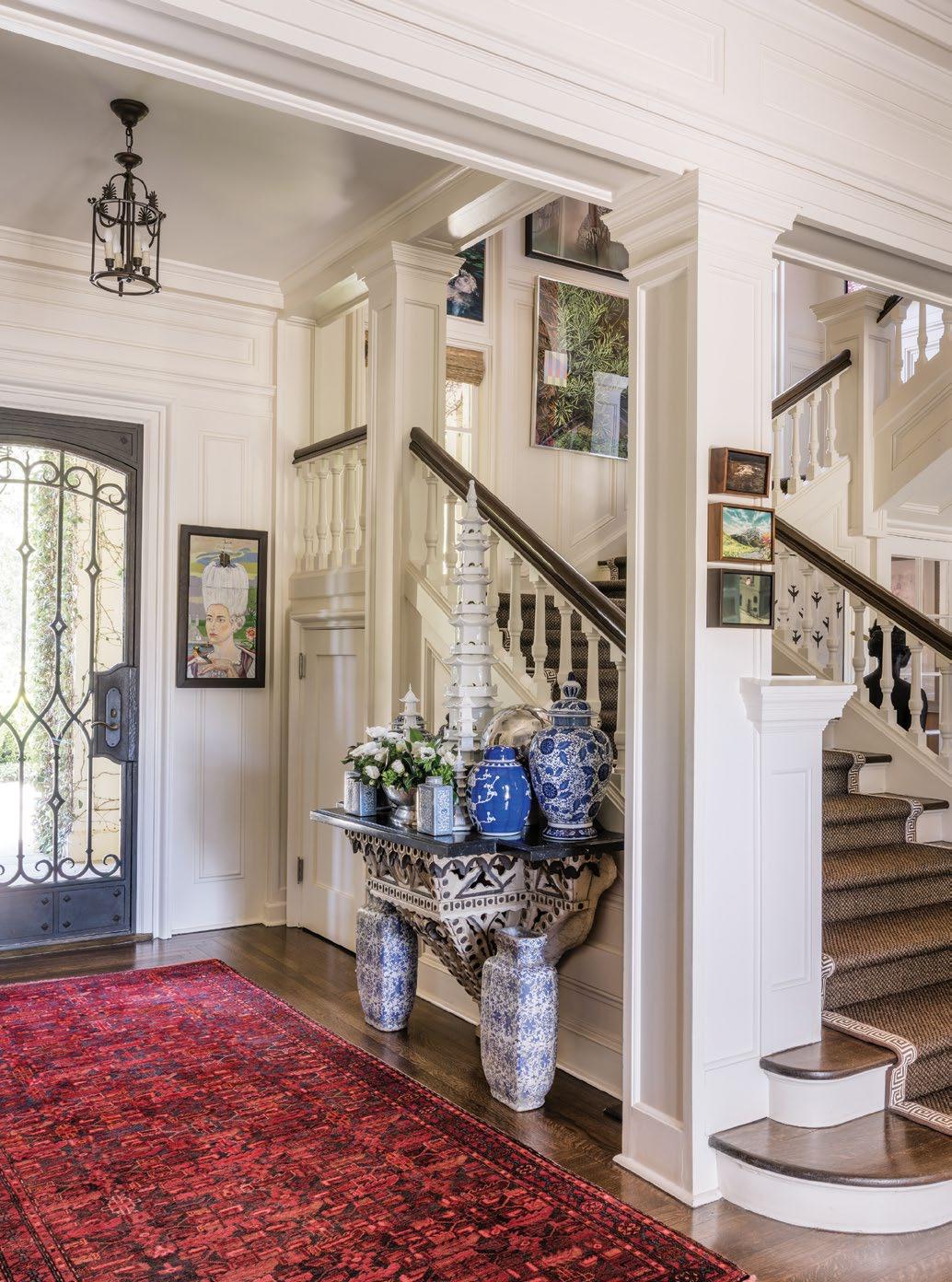
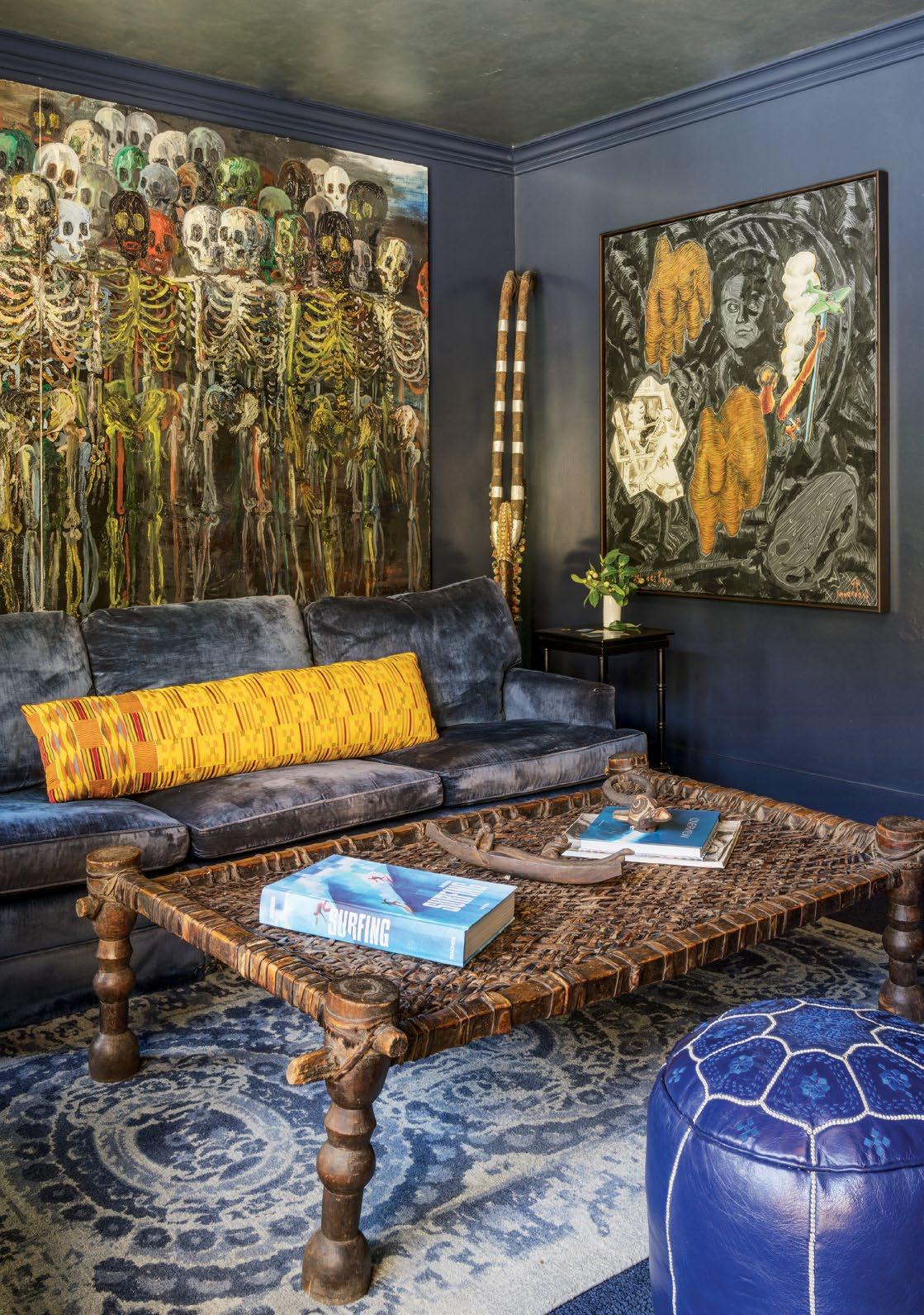 Rich textiles and dark blue walls are paired with large-scale artworks in the TV room. OPPOSITE: The graceful entryway of this handsome residence features a grand staircase that leads to the private areas of the home. Near the front door, the owner’s collection of blue-and-white porcelain commands attention.
Rich textiles and dark blue walls are paired with large-scale artworks in the TV room. OPPOSITE: The graceful entryway of this handsome residence features a grand staircase that leads to the private areas of the home. Near the front door, the owner’s collection of blue-and-white porcelain commands attention.
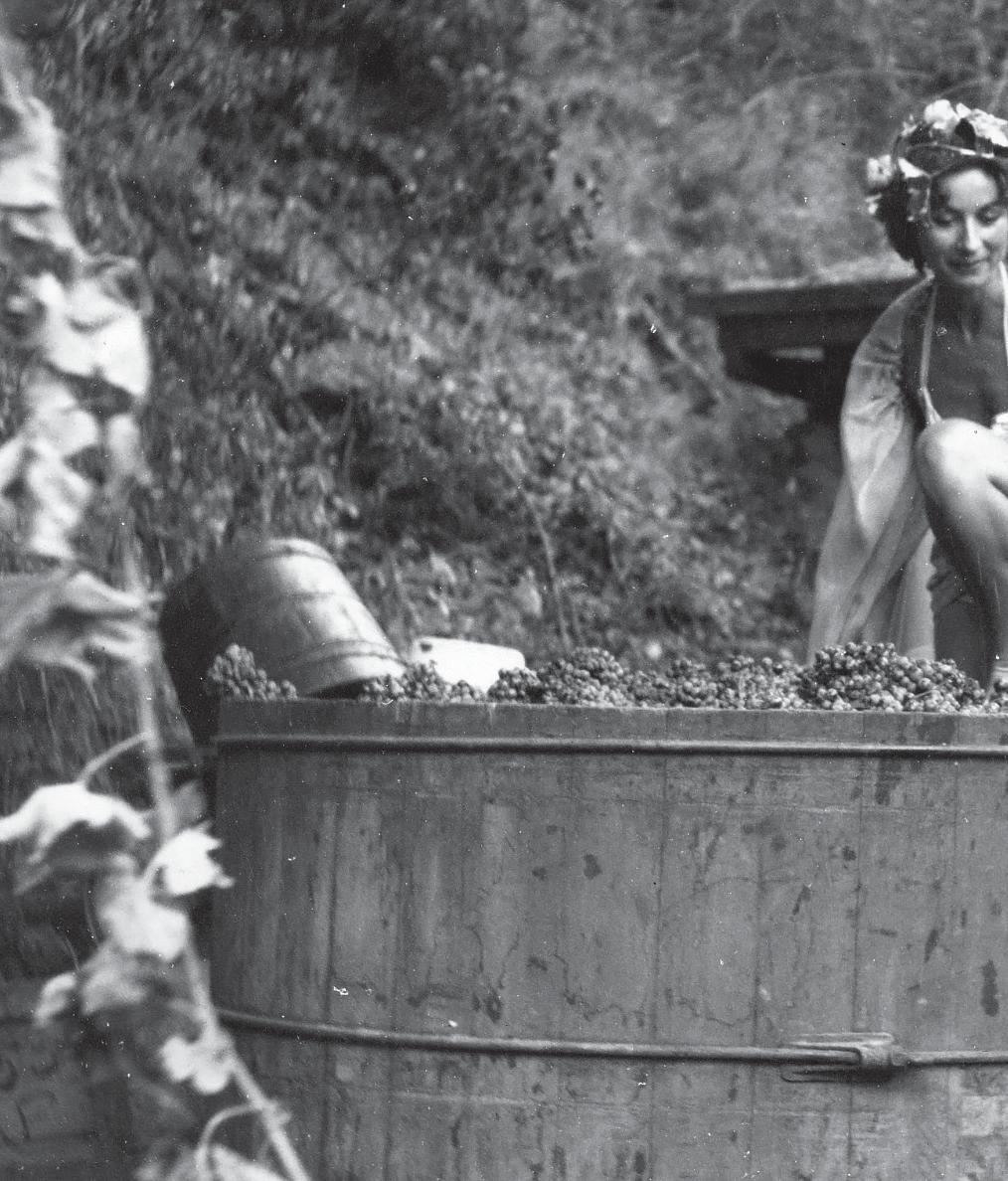 The Santa Barbara Historical Museum takes a nostalgic look back at the infamous enclave once thriving on Mountain Drive
WRITTEN BY JOSEF WOODARD
PHOTOGRAPH: NEELY FAMILY PHOTOGRAPH COLLECTION, GLEDHILL LIBRARY, SANTA BARBARA HISTORICAL MUSEUM.
The Santa Barbara Historical Museum takes a nostalgic look back at the infamous enclave once thriving on Mountain Drive
WRITTEN BY JOSEF WOODARD
PHOTOGRAPH: NEELY FAMILY PHOTOGRAPH COLLECTION, GLEDHILL LIBRARY, SANTA BARBARA HISTORICAL MUSEUM.
The
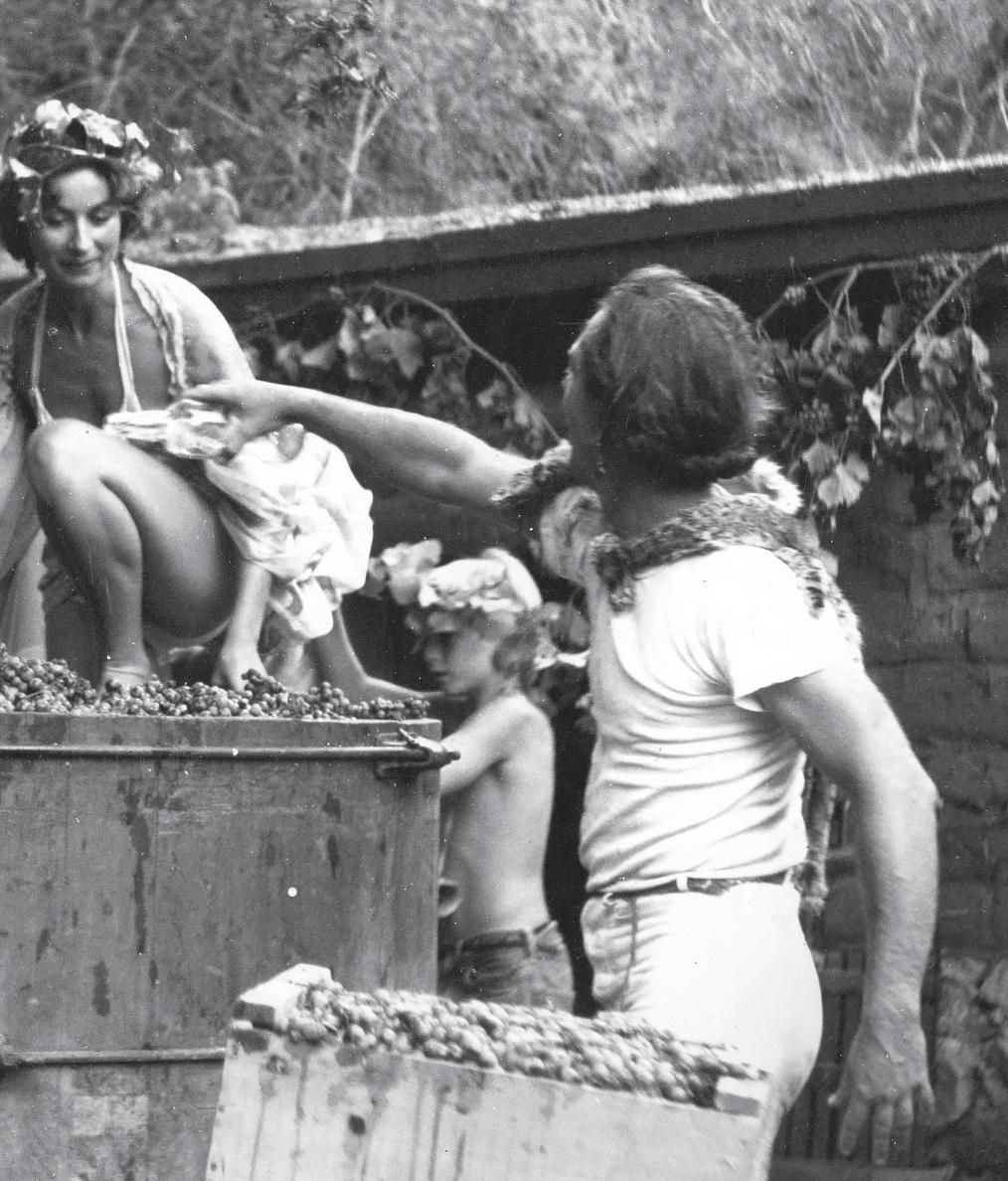 annual Grape Stomp festivities in the Mountain Drive community was a communal ritual for the collective of residents. Here, the festivities begin with the entrance of “Wine Queen” Rehlen Benedict, before naked grapestompers press their way into the vat.
annual Grape Stomp festivities in the Mountain Drive community was a communal ritual for the collective of residents. Here, the festivities begin with the entrance of “Wine Queen” Rehlen Benedict, before naked grapestompers press their way into the vat.
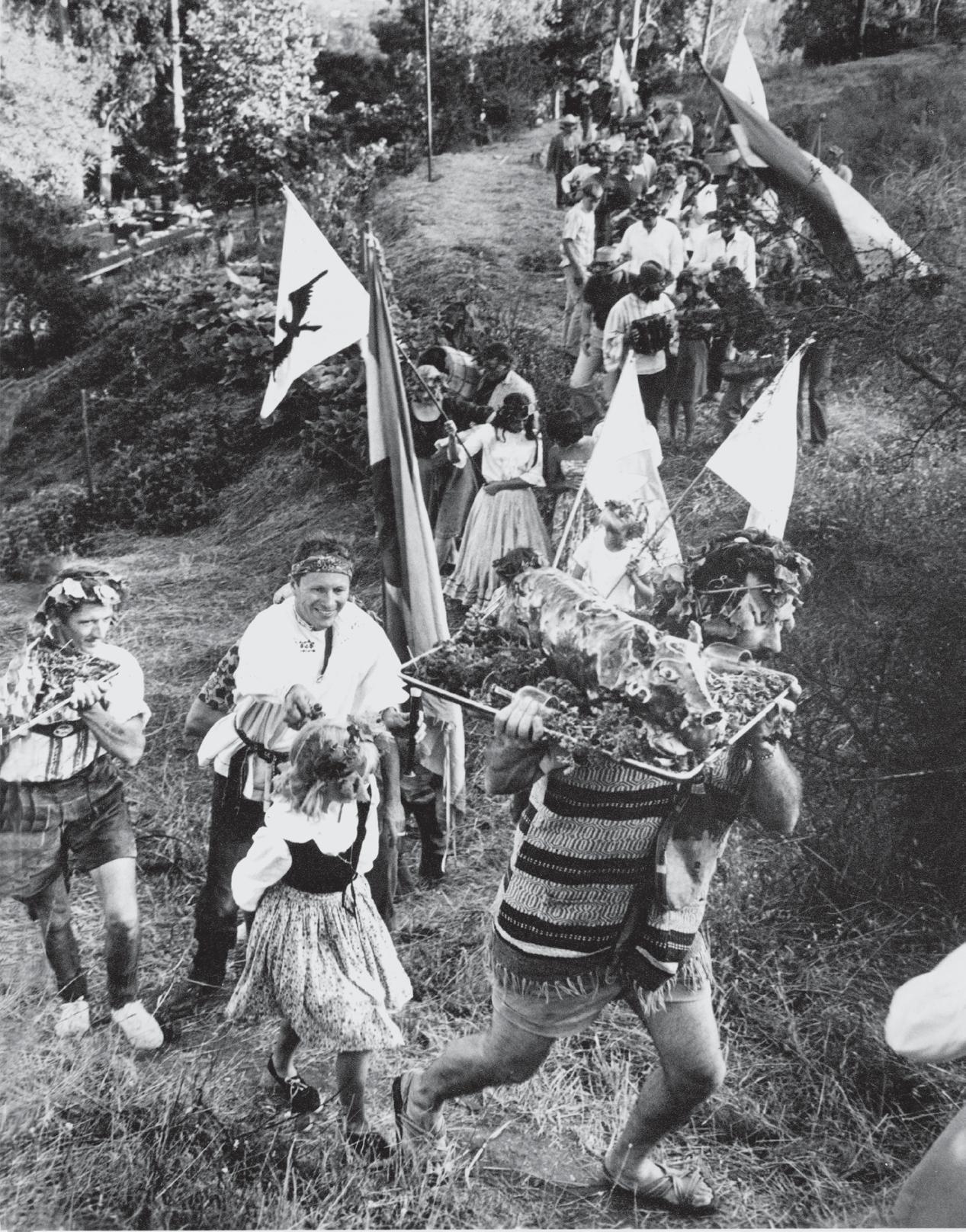 PHOTOGRAPH: NEELY FAMILY PHOTOGRAPH COLLECTION, GLEDHILL LIBRARY, SANTA BARBARA HISTORICAL MUSEUM.
PHOTOGRAPH: NEELY FAMILY PHOTOGRAPH COLLECTION, GLEDHILL LIBRARY, SANTA BARBARA HISTORICAL MUSEUM.
Mountain Drive’s legacy included ritualistic parades, flags—celebrating both real and imaginary places—music, and the occasional ceremonial roasted pig. This shot was taken in 1965, staged for a scene in the John Frankenheimer-directed film Seconds starring Rock Hudson.
Tooling along Mountain Drive, by car or bicycle, is a classic Santa Barbara ritual. The ribbon of road connecting Mission Canyon with Montecito is speckled with varied architecture— including houses rebuilt after the 2008 Tea Fire—and offers a stunning panoramic view of ocean and city.
But the 21st-century Mountain Drive barely hints at this area’s yesteryear, when it was home to a thriving bohemian enclave. Between the late 1940s and late ’60s, spanning such movements as the Beat era and hippiedom, Mountain Drive was known as a haven for artists, societal rebels, revelers, and general free-thinkers seeking to create a community beyond the borders of conventional society. The range of festivities and rites up on the Drive featured a raucous, clothing-optional grapestomping event (its product destined for the Pagan Brothers label), the “Pot Wars” ceramic festival and competition, variations on Maypole ceremonies, and even a
Scenes of Mountain Drive, as seen here, included vintage costumes and traditions, humble home-building (usually with adobe) with help from neighbors, and downtown appearances on floats in the Fiesta parade. Elias Chiacos’ 1994 book Mountain Drive: Santa Barbara’s Pioneer Bohemian Community is the most thorough chronicle of the community and history to date.
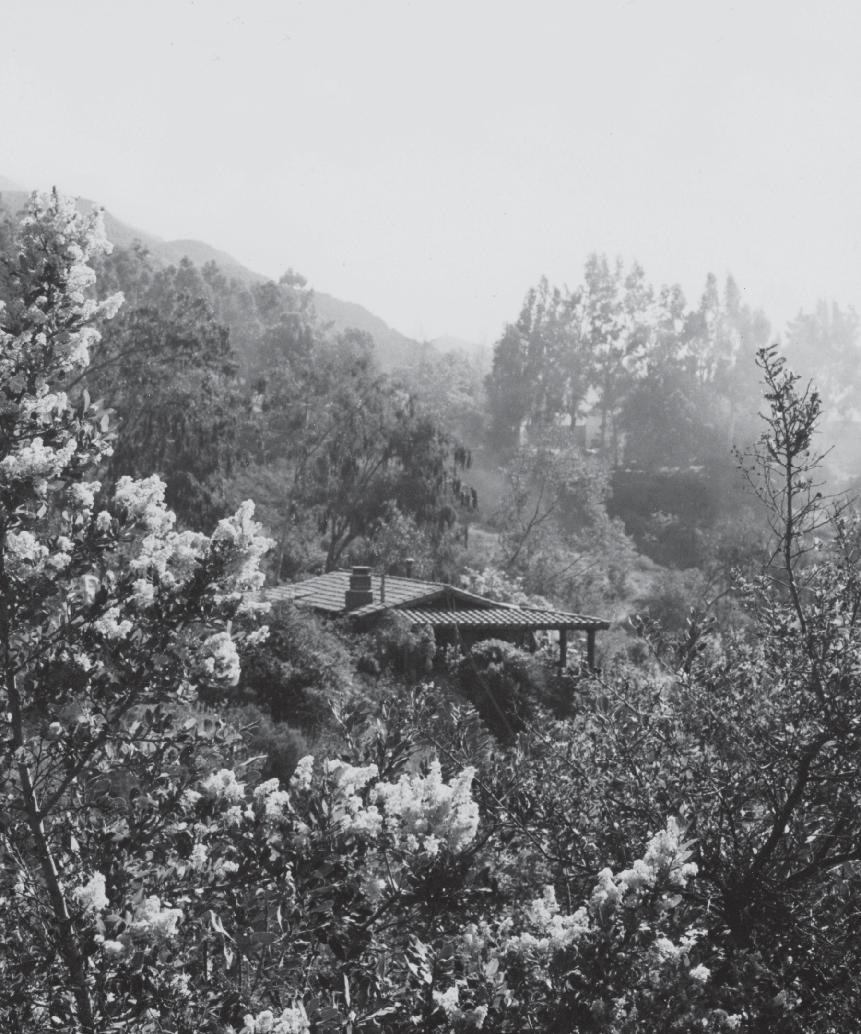
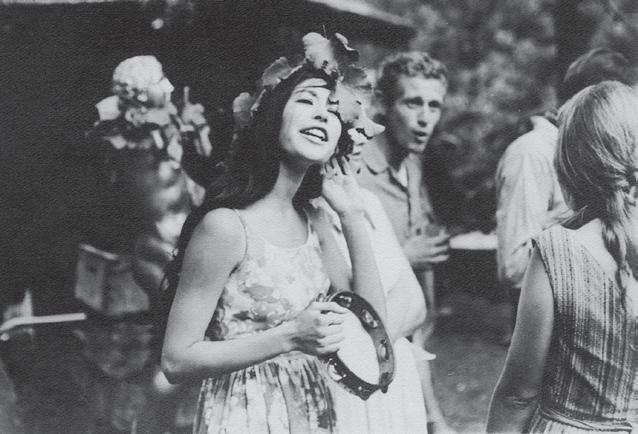
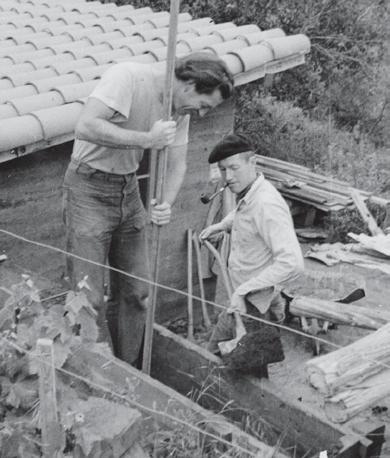
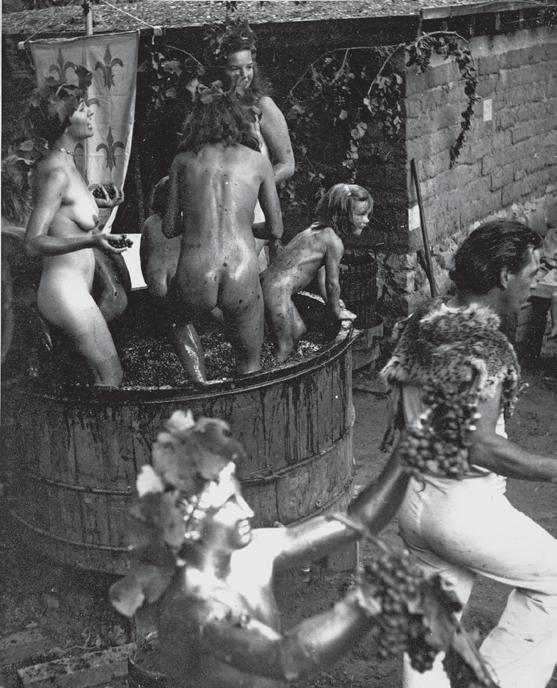
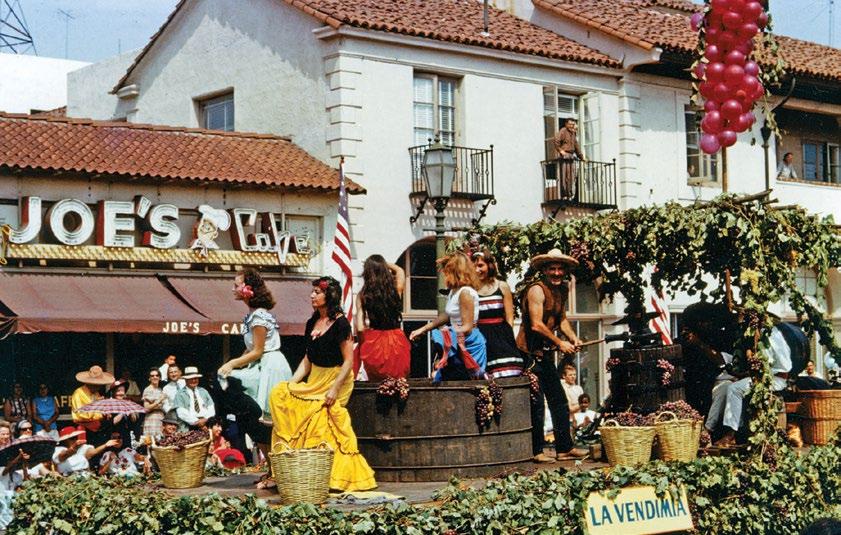
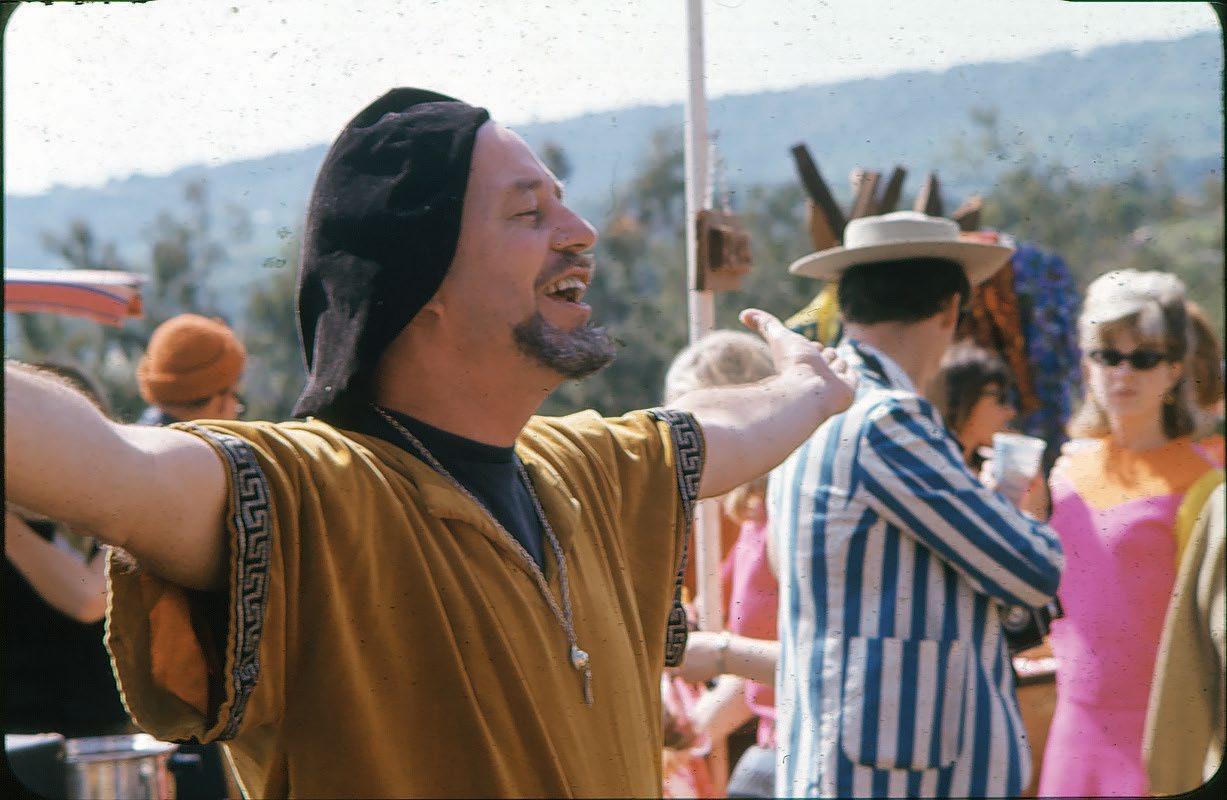

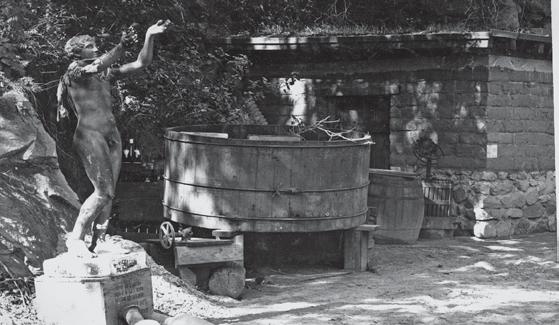
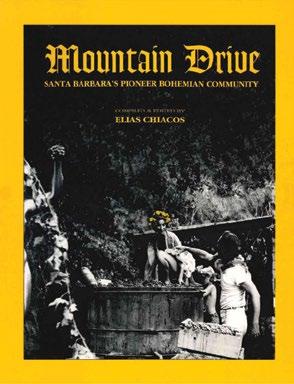
celebration of Scottish poet Robert Burns’s birthday. Music of all types provided a ragged, constant serenading presence in those hills.
To get a taste of Mountain Drive’s mythic, maverick past, proceed to the Santa Barbara Historical Museum’s fascinating archival exhibition Memories of Mountain Drive. If the museum has generally leaned into the milder side of Santa Barbara history, this show surprises us with its wilder slice of local lore. Organized by Chris Ervin, head archivist of the museum’s Gledhill Library, and on view through February 28, the exhibit draws on the ample photo archives of Elias Chiacos (author of 1994’s Mountain Drive: Santa Barbara’s Pioneer Bohemian Community) as well as the museum’s extensive oral-history project. In all, the show takes us back and drops us into the intoxicating—and intoxicated—inner life of Mountain Drive in its storied heyday.
Sensory input in the museum gallery includes a folksy soundtrack by the Scragg Family, led by influential bluegrass/folk musician Peter
TOP TO BOTTOM: Bill Neely at the potter’s wheel; the finished product from the wine stomp would be bottled up in handmade ceramic jugs marked with the brand known as The Pagan Brothers, launched in 1953 by “Wild” Bill Neely and still in operation today.
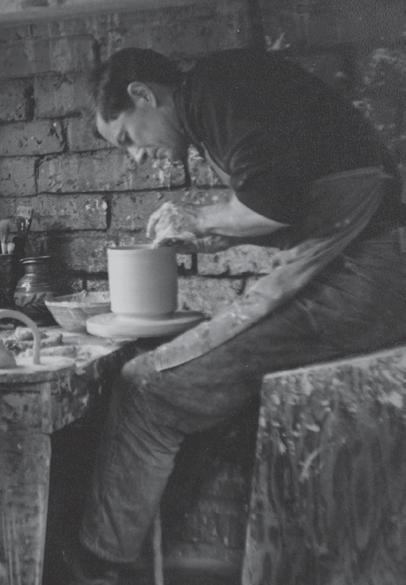
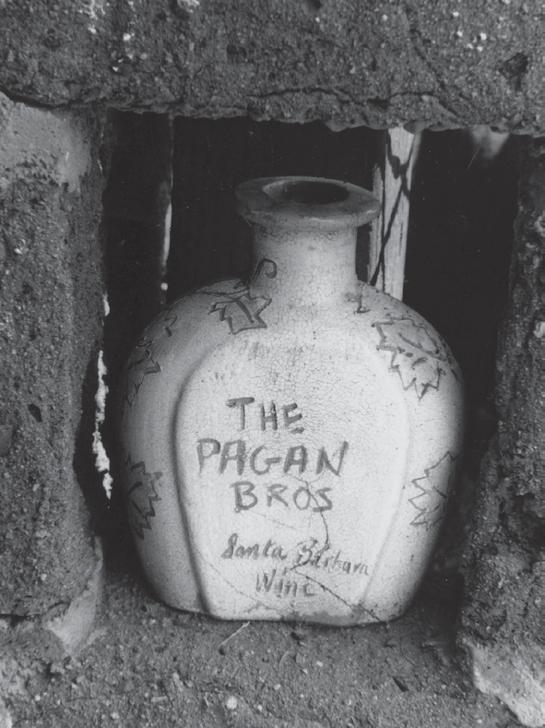
Mountain Drivers gather for a collective outdoor dinner, a feast before the stomp; a clutch of mailboxes kept community members in the postal loop and provided a gathering spot for information sharing and gossip exchanges.
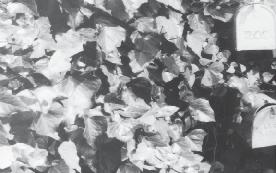
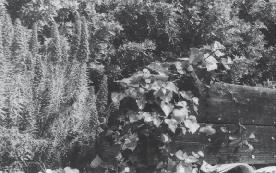
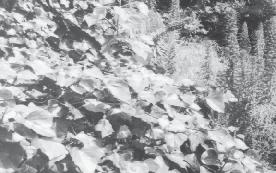
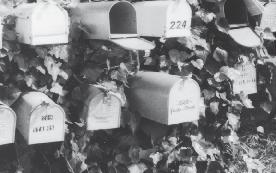
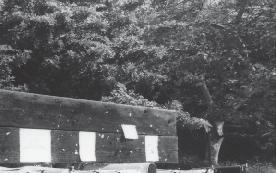
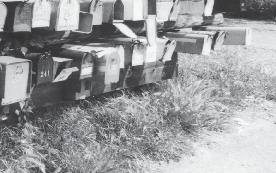
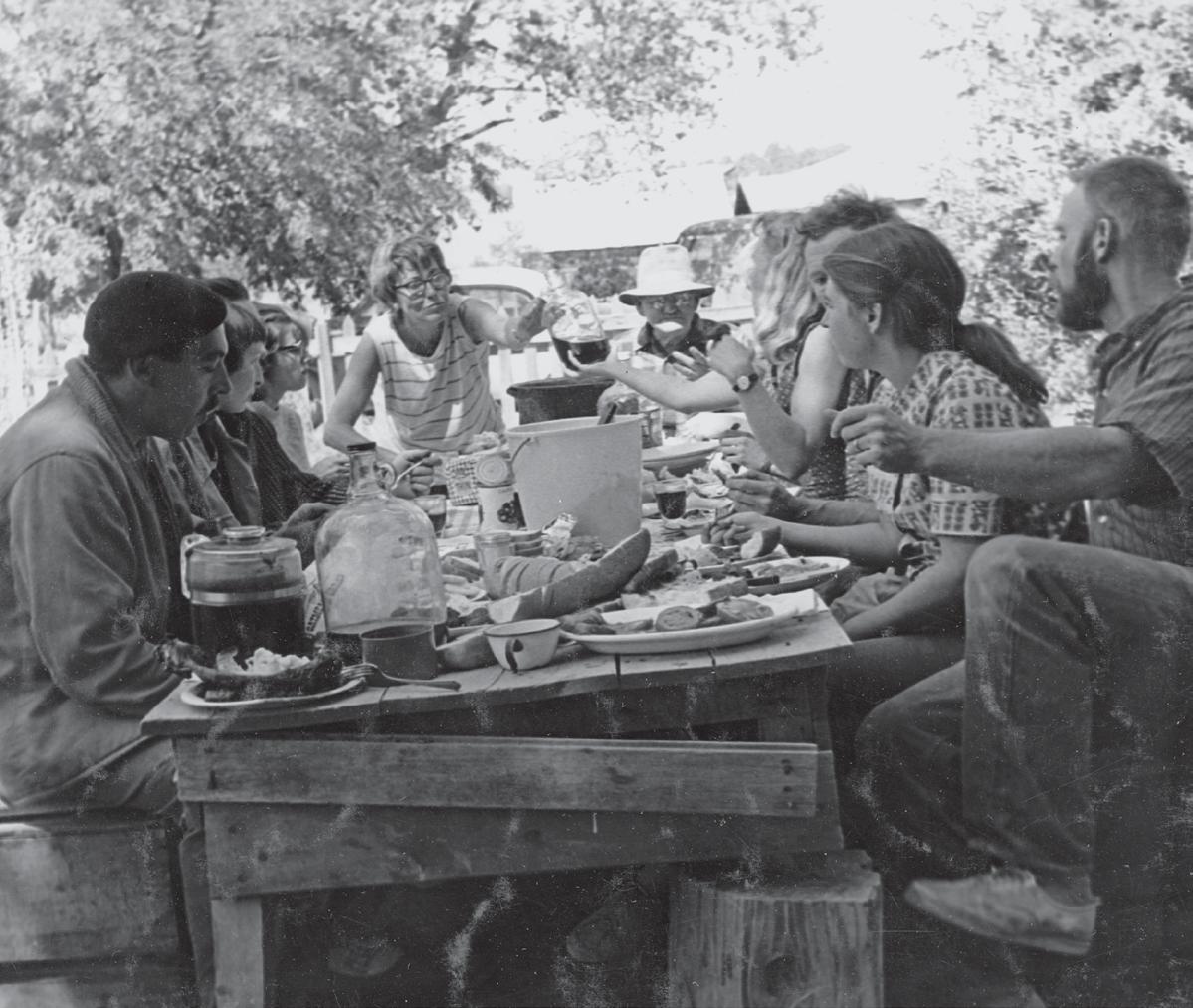
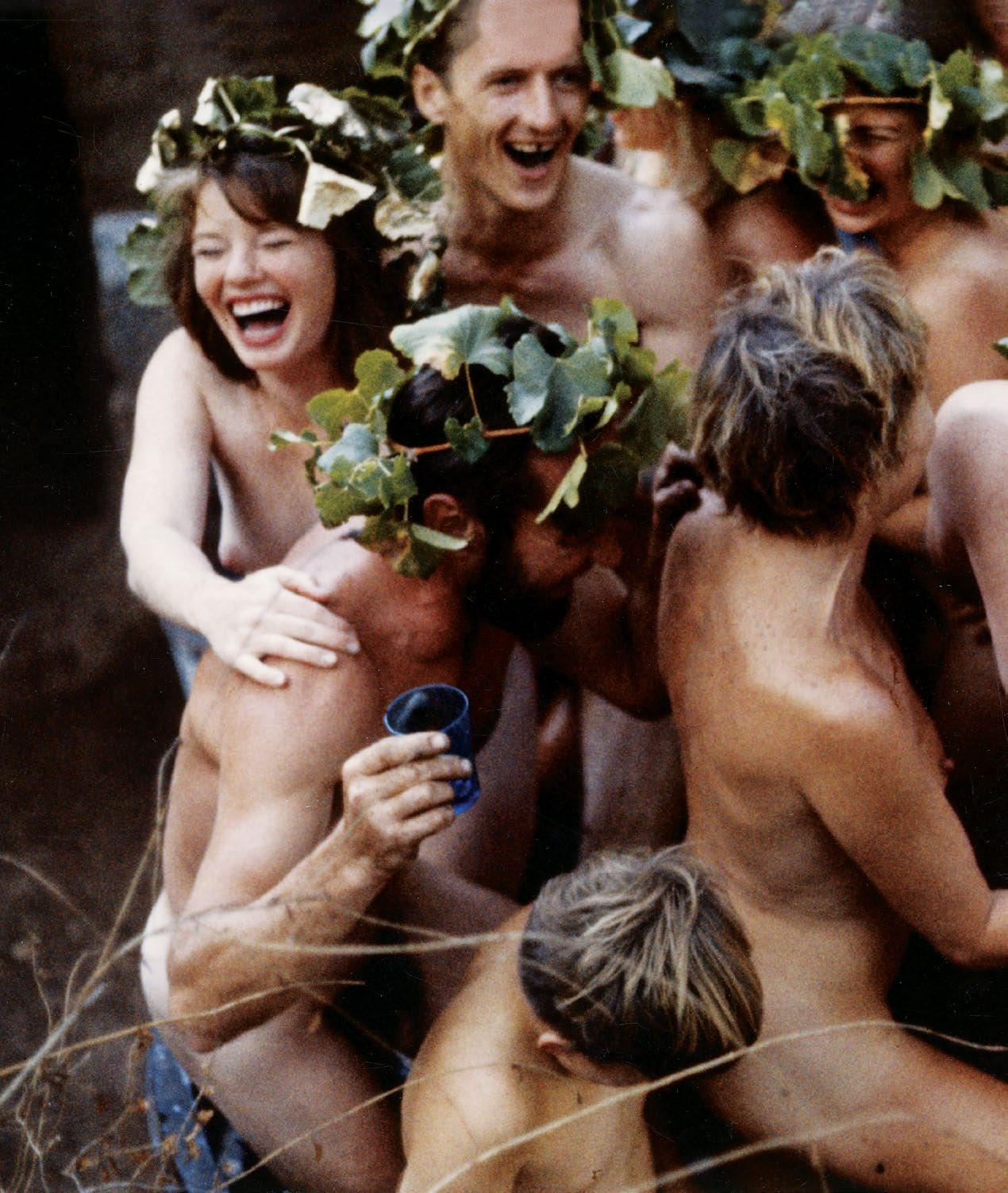
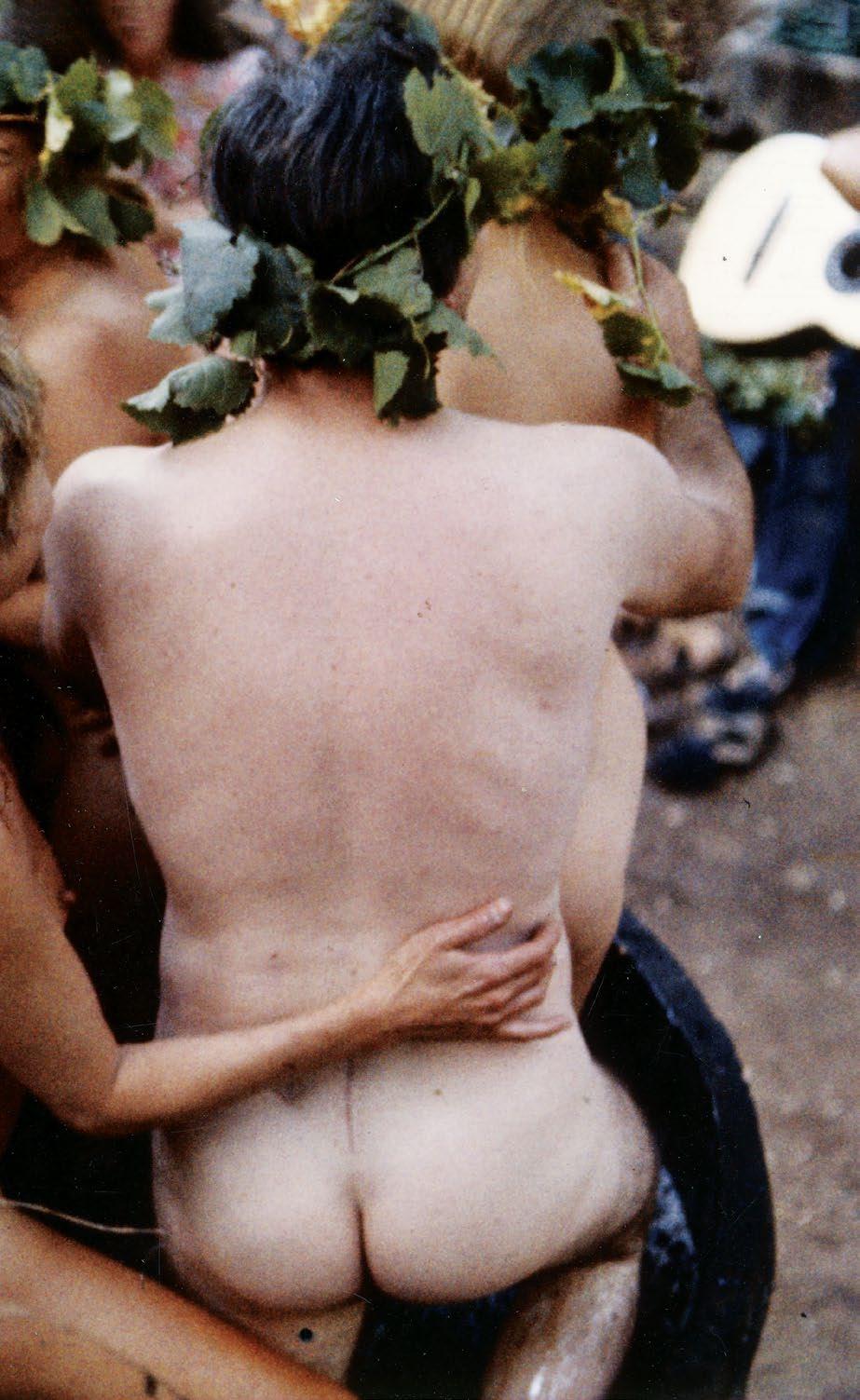
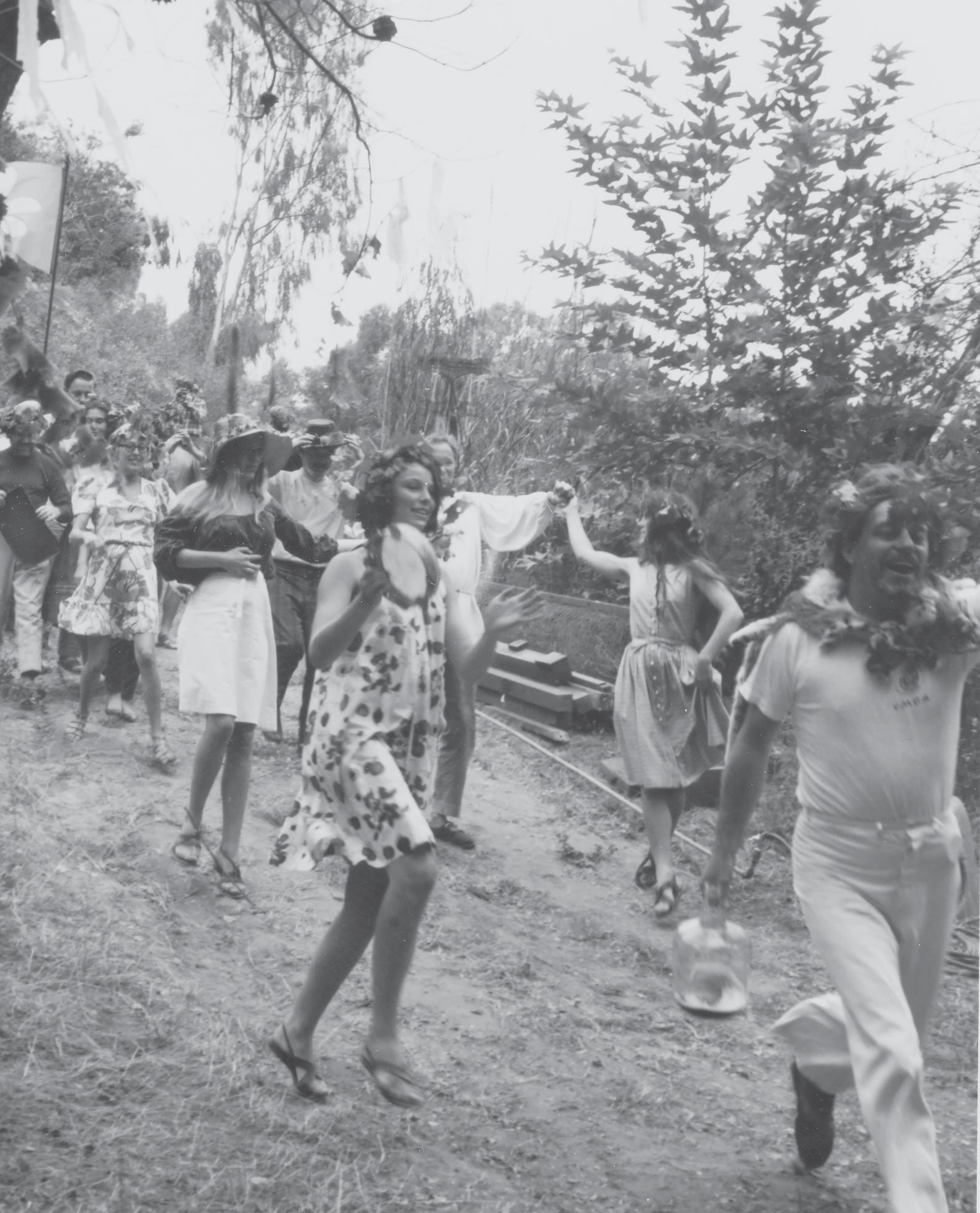
Feldmann, and a looping clip from the quirky John Frankenheimer–directed sci-fi film, Seconds, from 1966, which put Mountain Drive on a broader map of public awareness (although the film, with James Wong Howe’s Oscar-nominated cinematography, achieved only cult-film status).
In Seconds Rock Hudson appears as a reborn manifestation of a midlife-crisis-afflicted East Coast banker. He falls in with a free-spirited woman (Salome Jens) who lures him up to Santa Barbara for the bacchanalian revelry of the grape stomp. They end up naked and stomping in lockstep with a vast vat of unclad, unrepressed humanity, high up in the 805. Ironically, the film’s ultimate Faustian message negates the societal escapism represented by the hardcore Mountain Drivers.
One defining aspect of the Mountain Drive story relates directly to the tragic legacy and recurring fear of fire in the area. Mountain Drive’s founder and culture shaper, Bobby (Robert McKee) Hyde, acquired 50 acres of fire-scorched land for a relative pittance in 1940 and sold parcels to like-minded free spirits and bohemians-in-training. (continued on page 128)
Life on the Drive included parades and revelry as well as reflective family time in a peaceable mountain setting. BELOW: Mountain Drive founder/ ringleader/guru Bobby Hyde is seen holding the longstanding communal newsletter, The Mountain Drive Grapevine
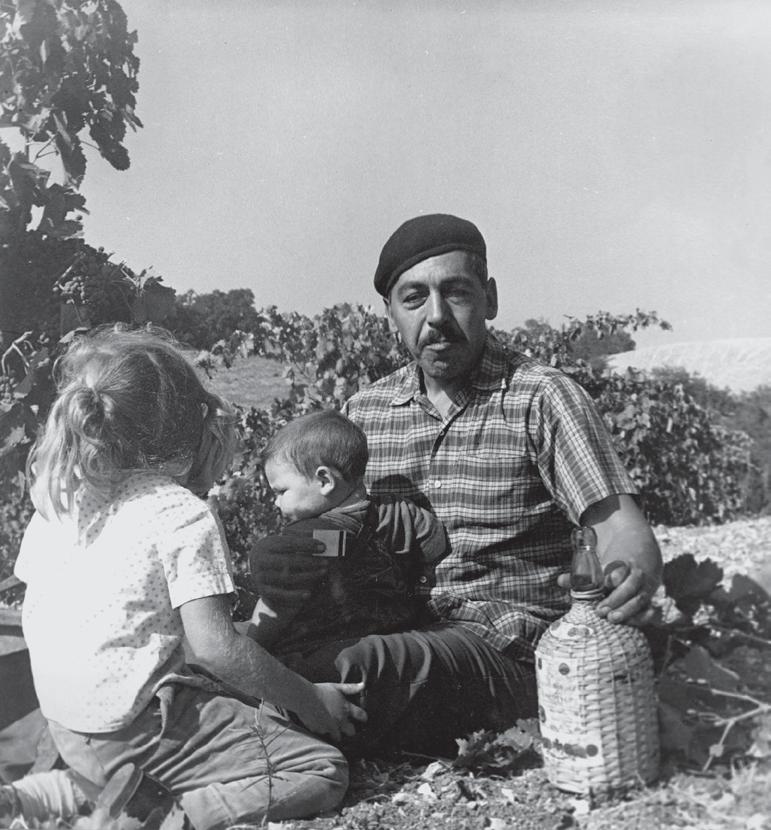
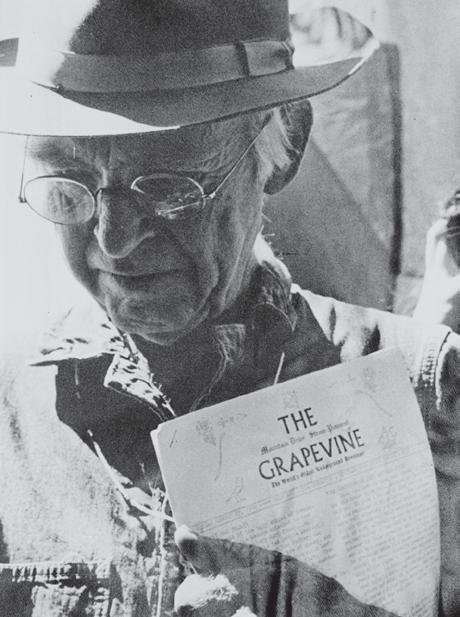
Transplants from Louesa Roebuck’s old northern Ohio home, Currier and Ives prints hang on red-flocked wallpaper in her Ojai cottage. “In this setting, all of a sudden, they achieved high camp,” she says
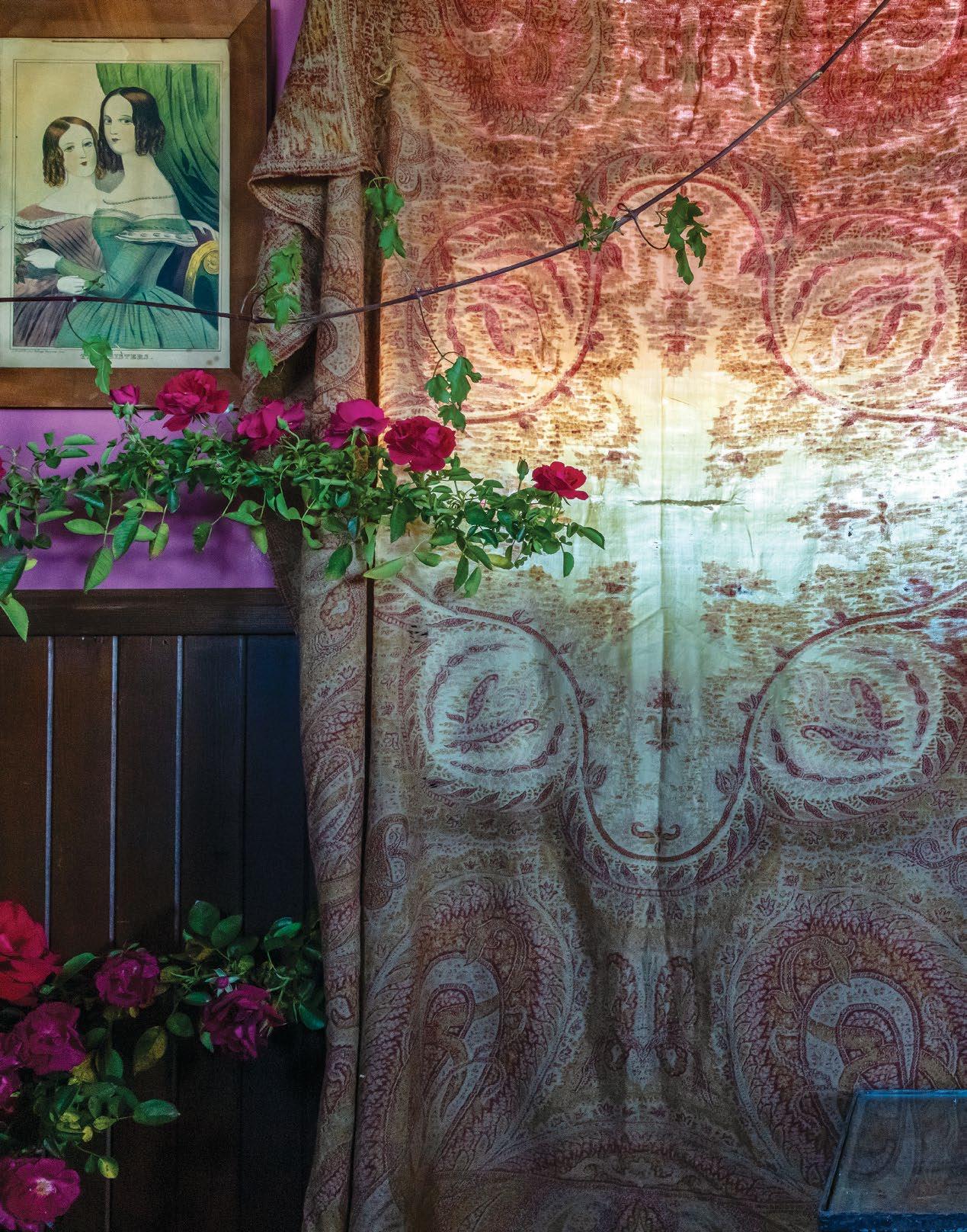
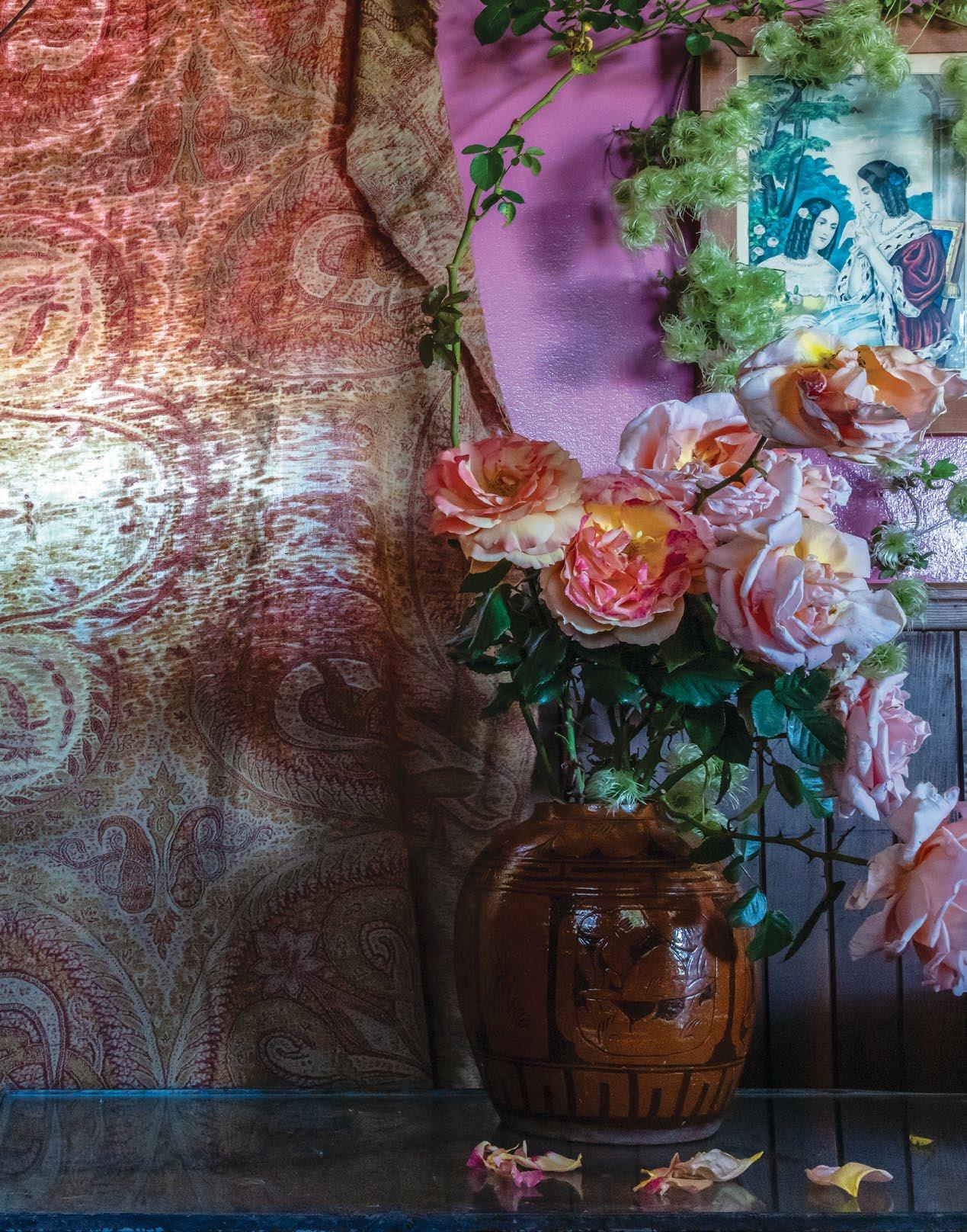
Reimagining the art of arrangements and installations


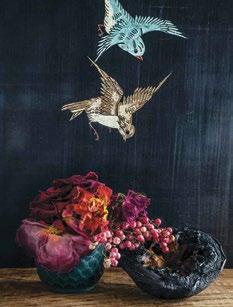
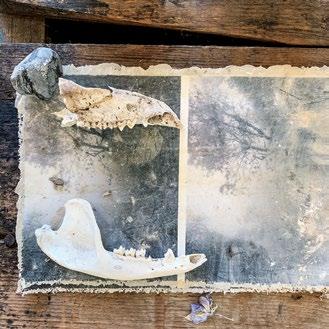
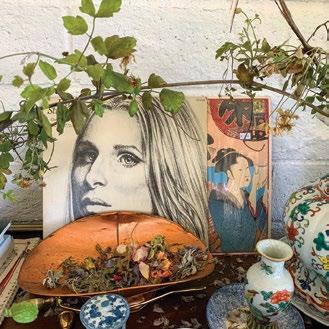
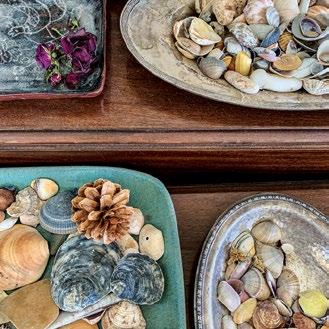
Roebuck’s thoughts about her process and images of her arrangements and installations are collected in her new book, Punk Ikebana: Reimagining the Art of Floral Design (Cameron Books, $60).
Ojai-based floral designer Louesa Roebuck, author of Foraged Flora , is known for her ability to interpret the traditional “way of the flowers” from her own unique perspective, creating stunning installations with seasonally gleaned and foraged materials from California. Her artistry celebrates the natural world just outside our doors. Here, Roebuck shares with us a slice of her lush, enchanting world—and a few musings on the powerful meaning of "punk ikebana." *
The author contemplates fire poppies. OPPOSITE, TOP: Taking objects and flowers from around her house, Roebuck creates visually beautiful moments.
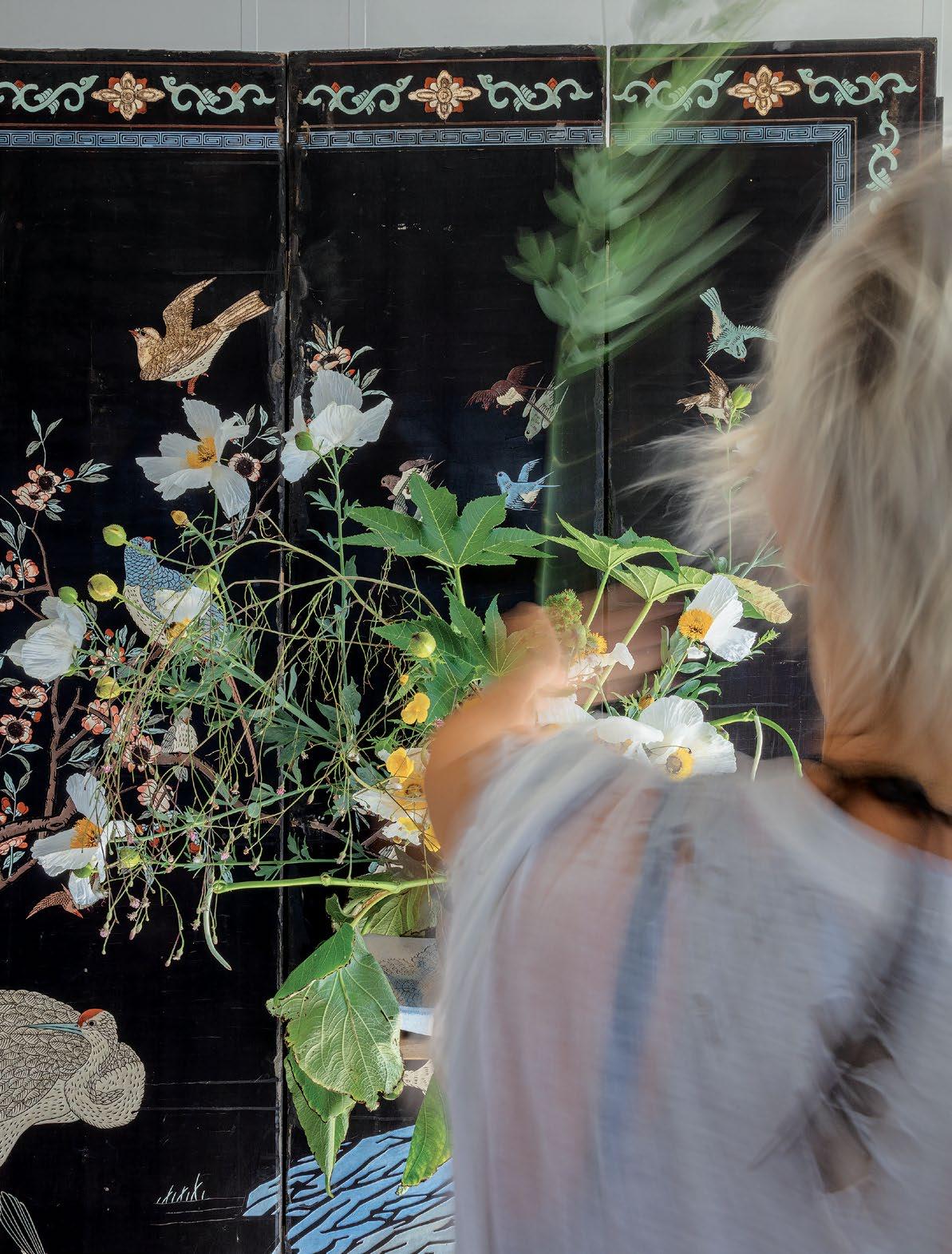
“If we are mindfully bringing the outside in, certain flora will emerge as familiar friends over time,” notes Roebuck, like datura, local “jimsonweed” (above) or the bountiful bouquets shown opposite bottom. She says she can never have enough October persimmons (opposite top).
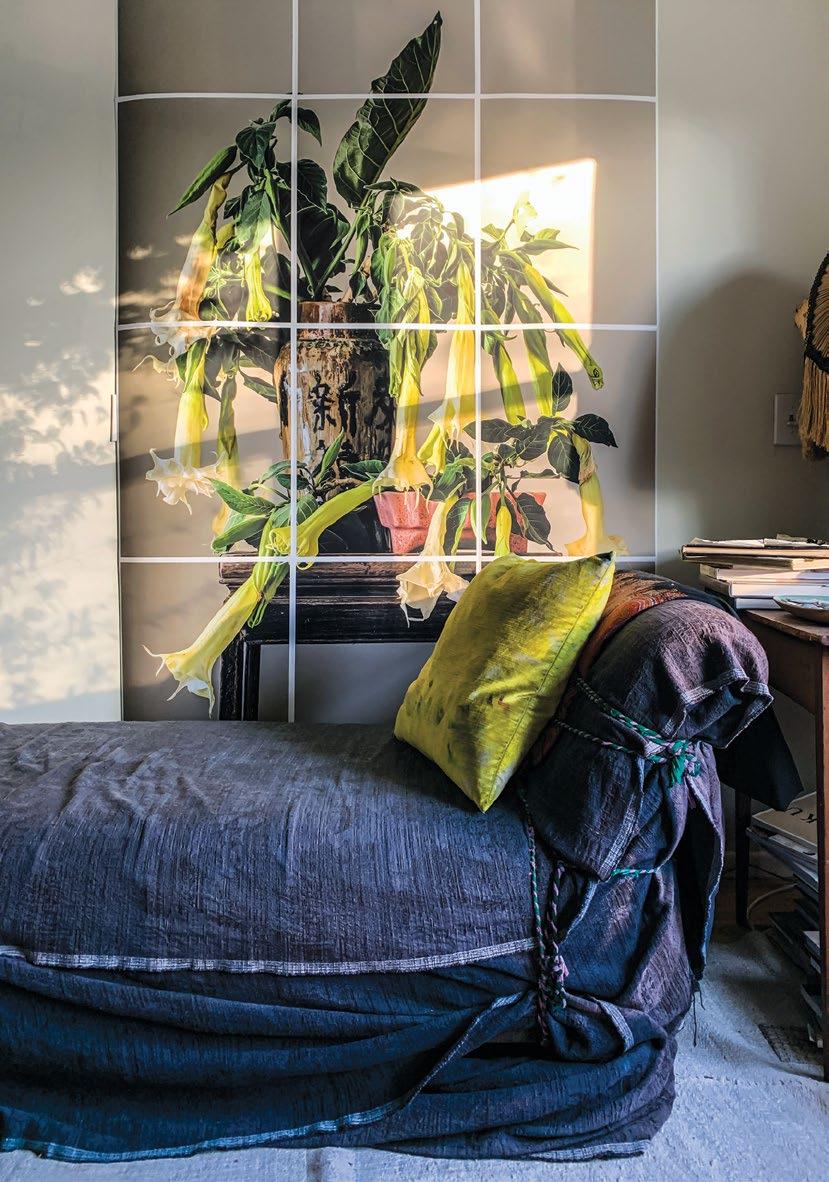
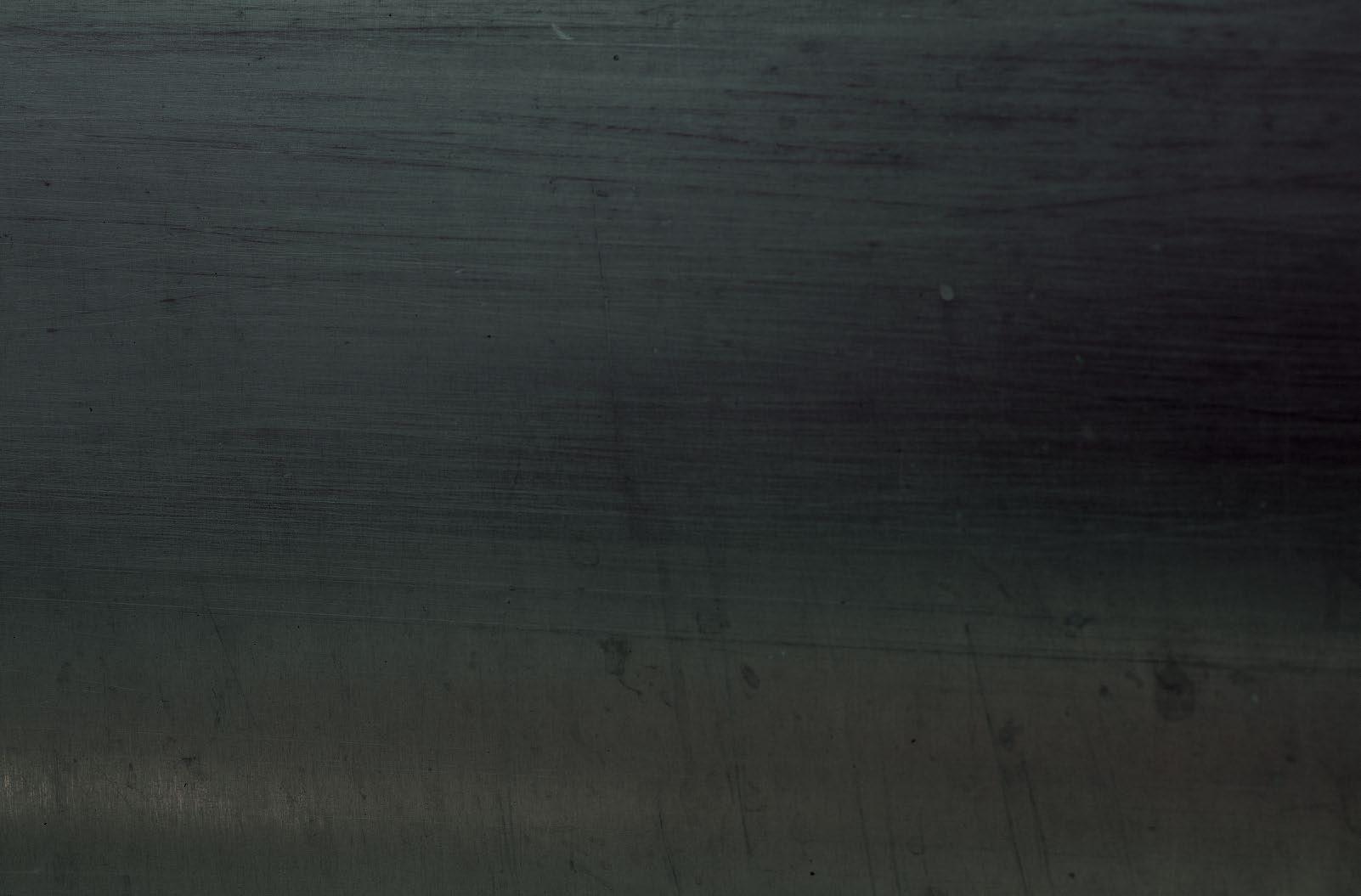
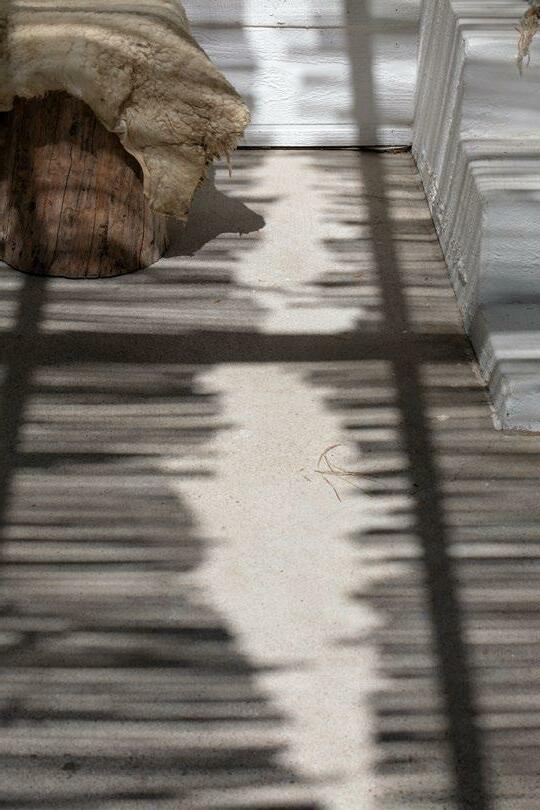
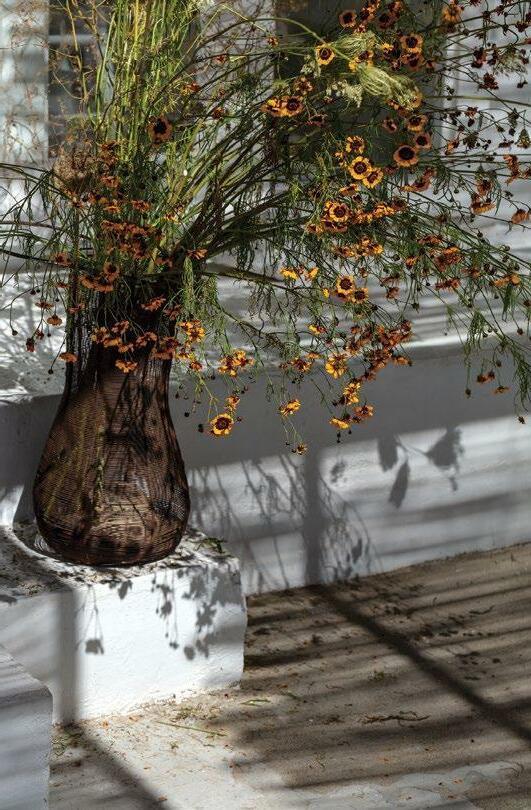
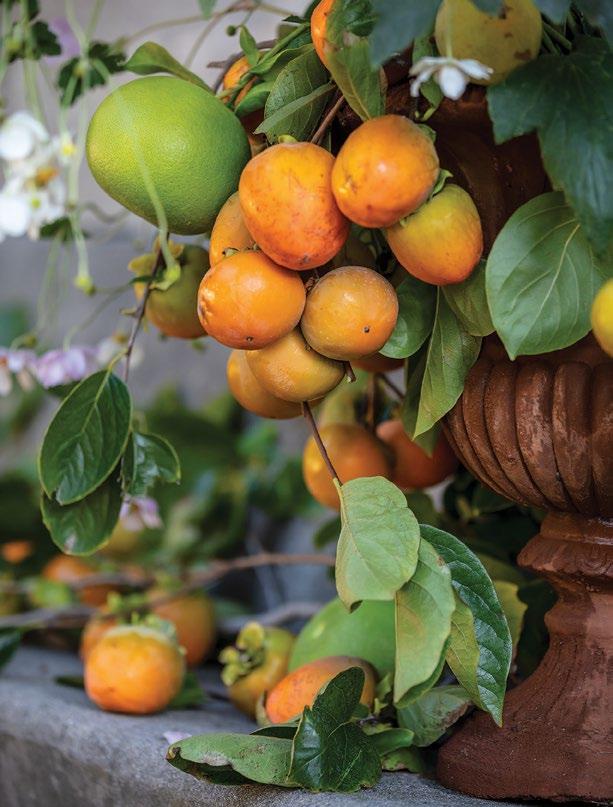
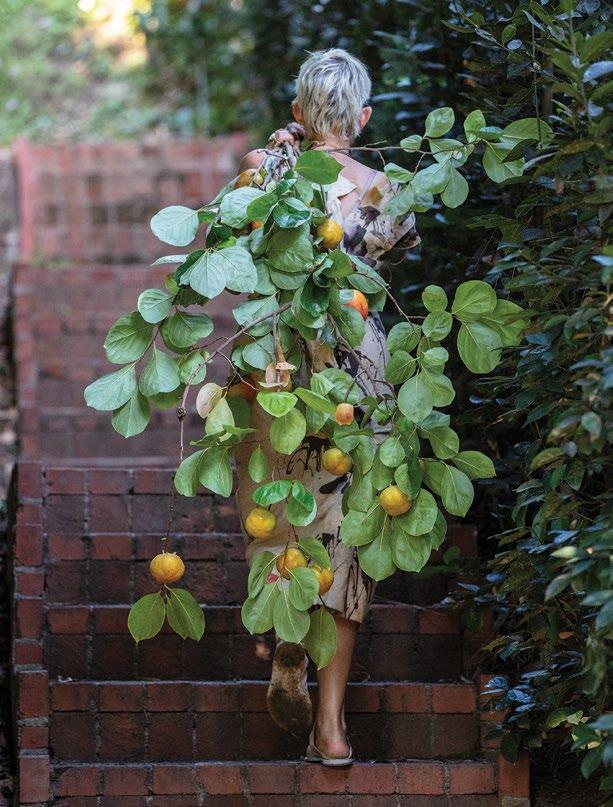
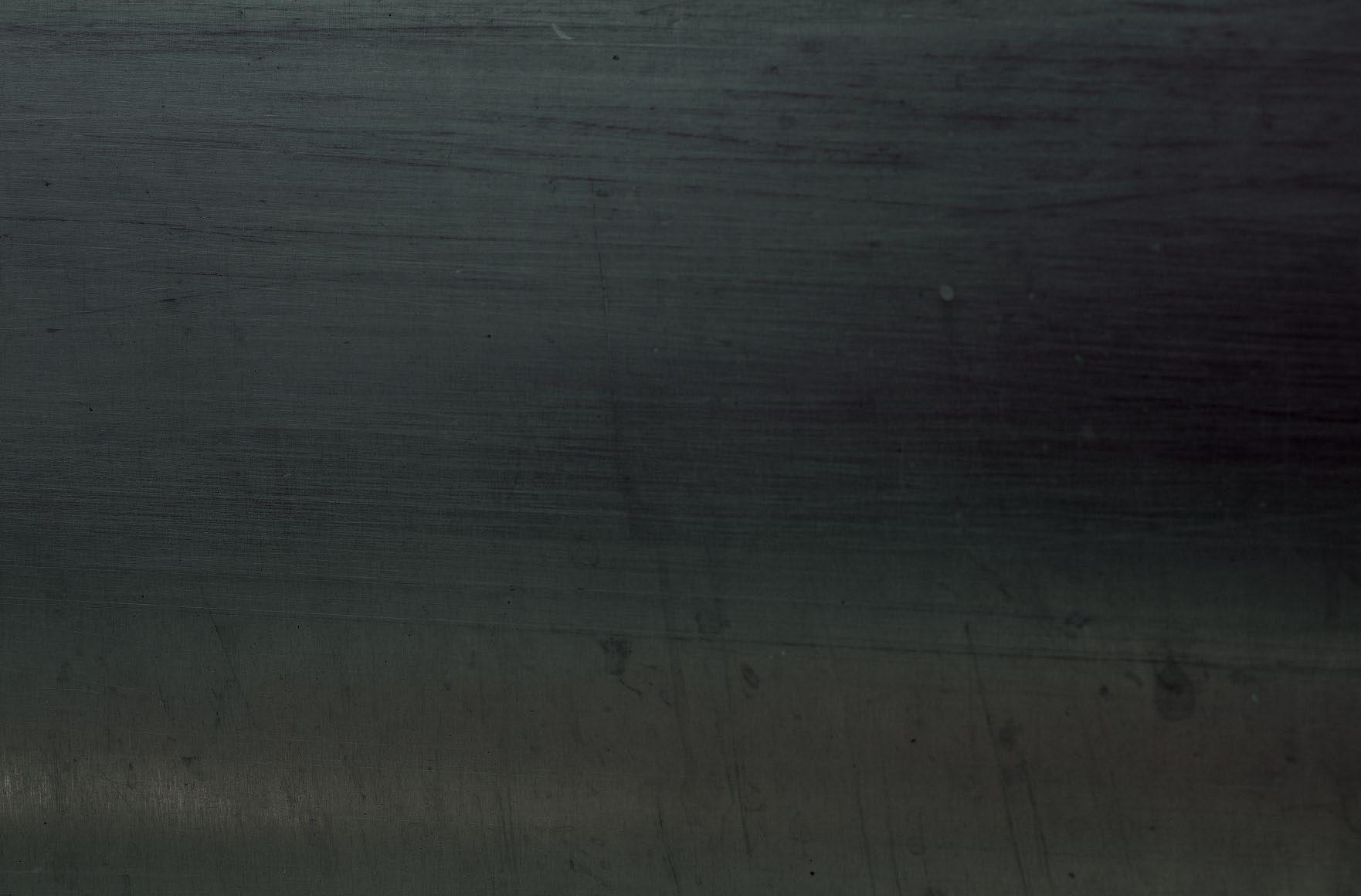
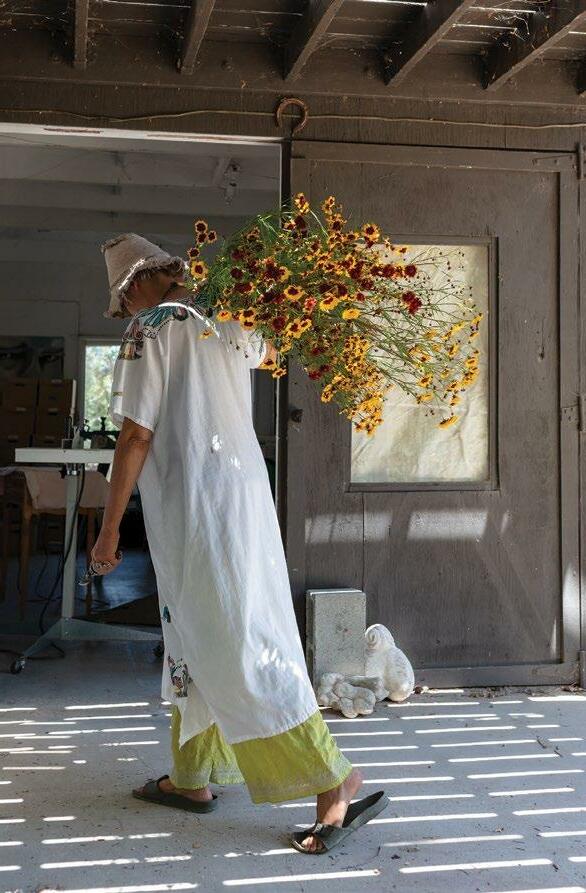
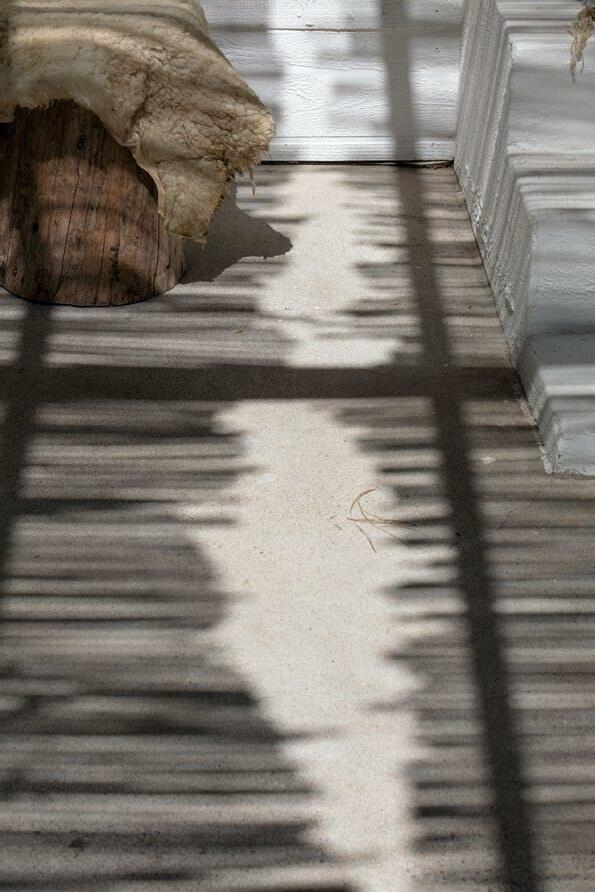
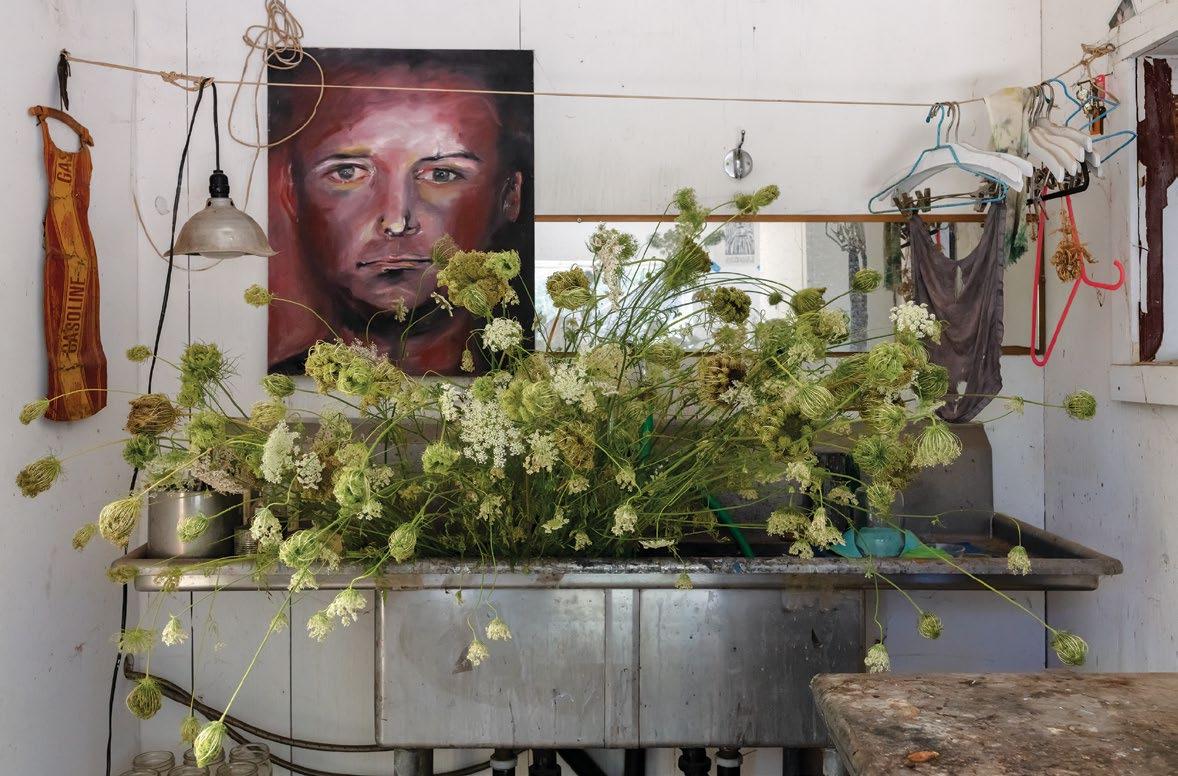
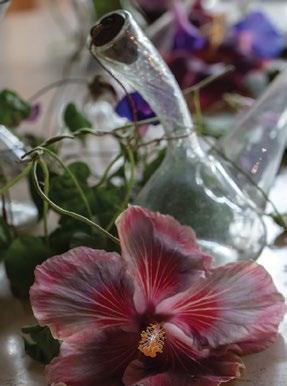
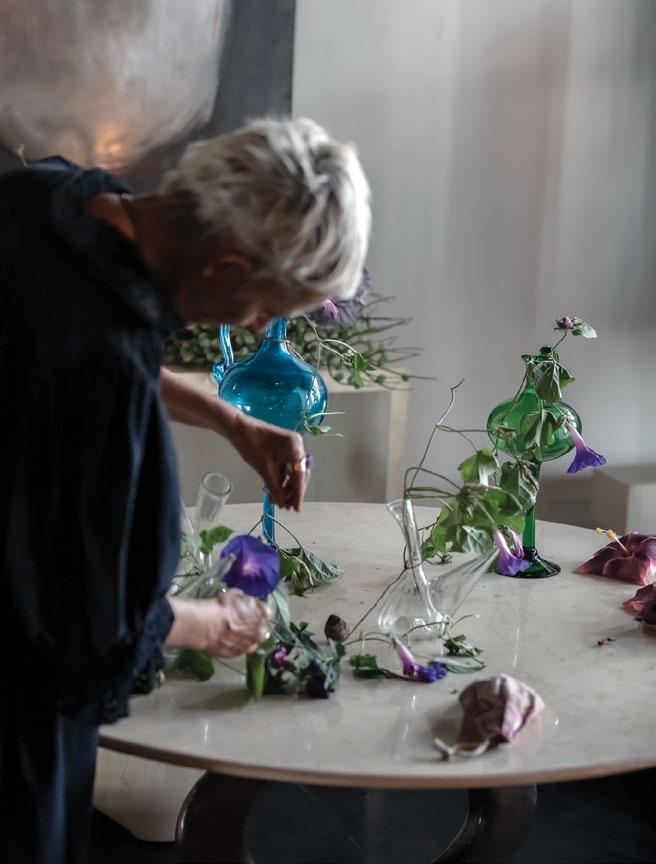
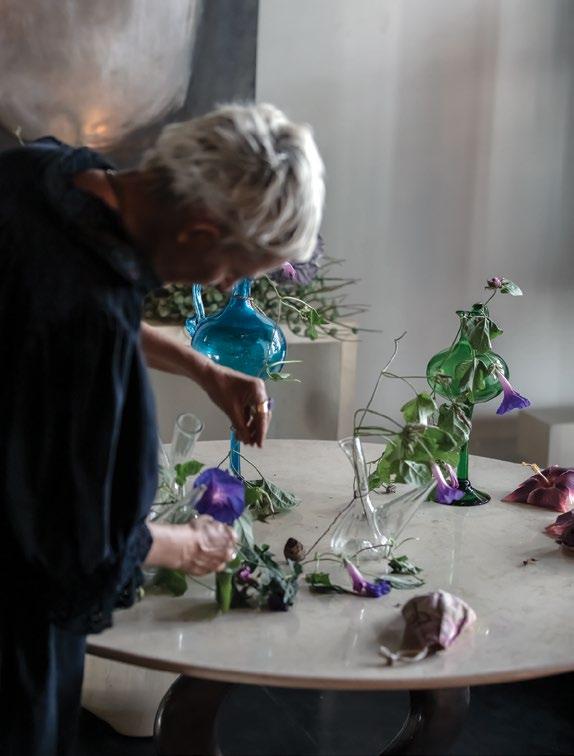
The result of foraging at HomeFarm in Healdsburg. OPPOSITE, TOP TO BOTTOM: Arrangements in tiny glass vessels “steal the show”; for a photo shoot at the compound of Sonia Erneaux and Chris Wilson, Roebuck used “farm girl flowers” and big metal sinks.


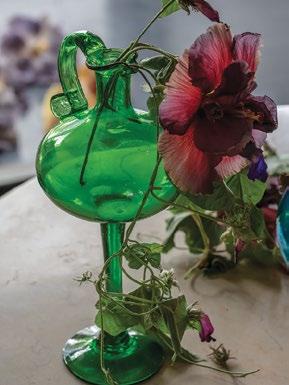
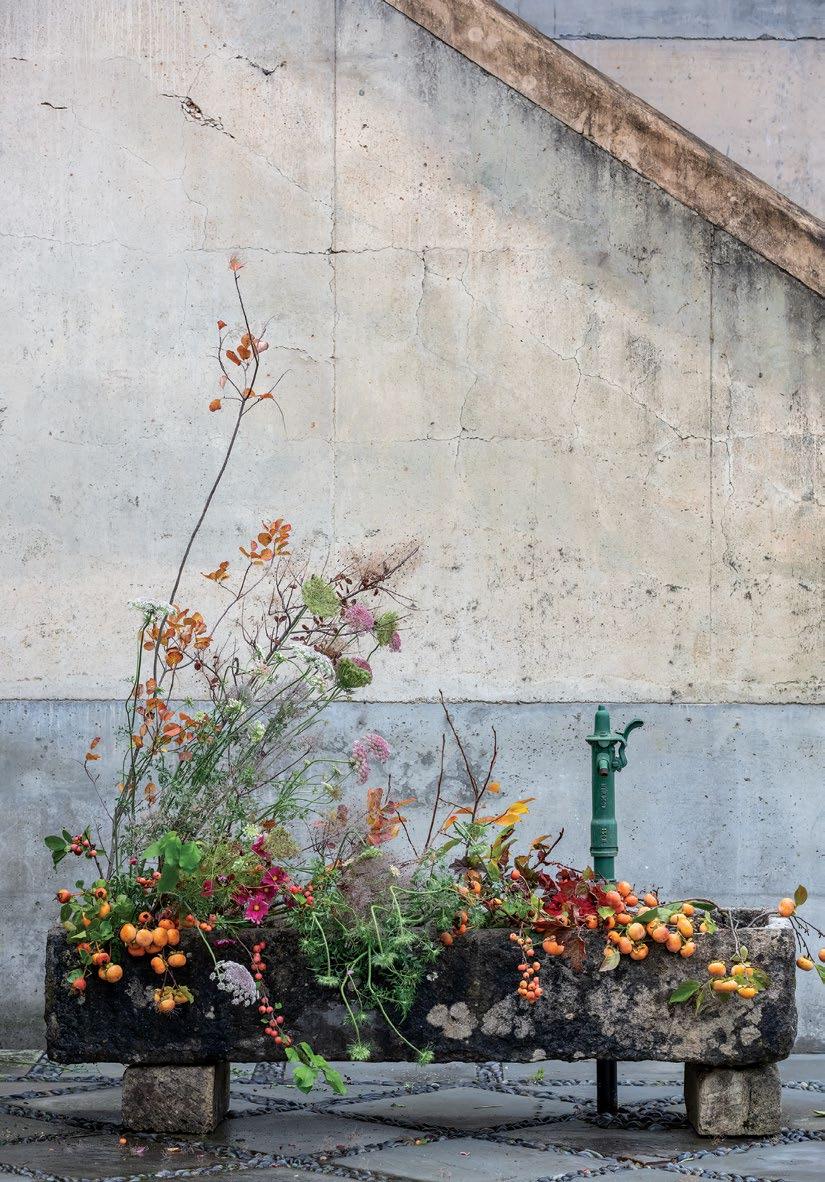
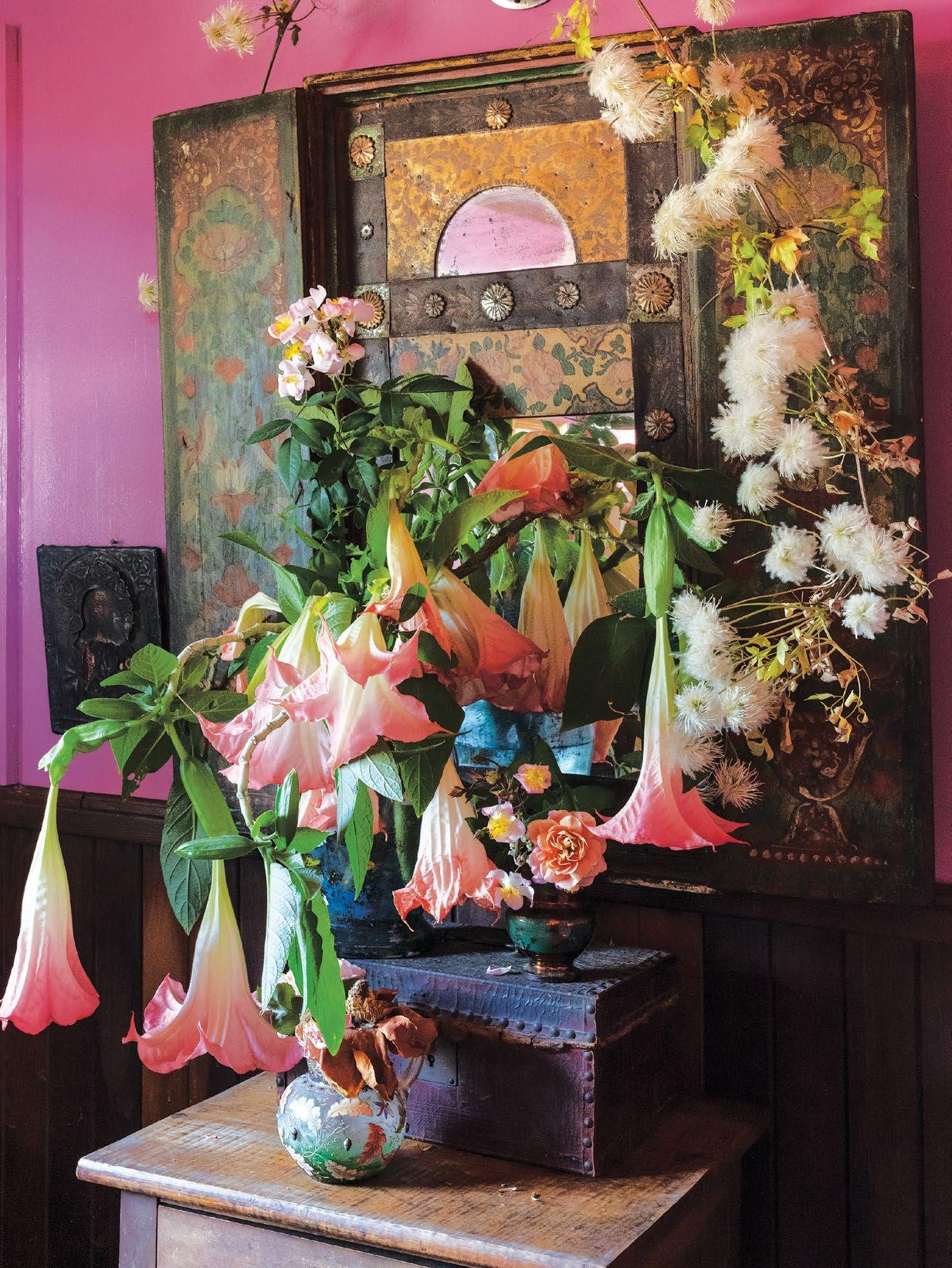
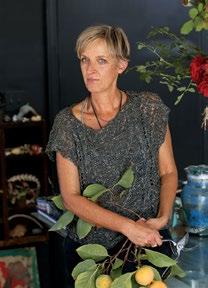
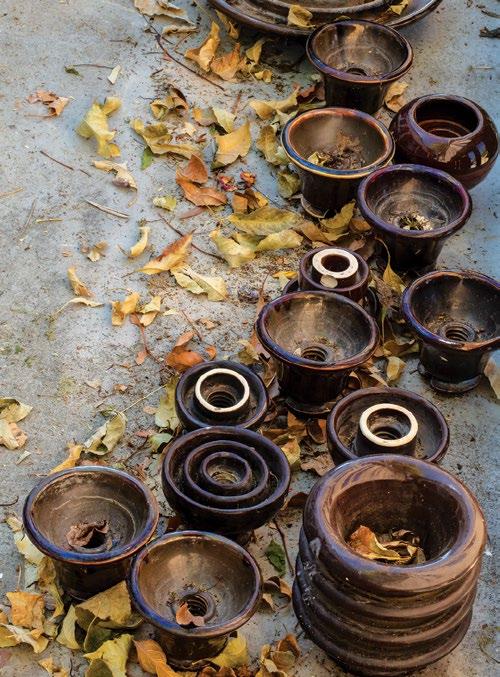
An Ojai cottage installation (opposite) reflects the forager’s penchant for unusual vessels and backdrops. Her array of ceramic insulators (above) had its roots in her father’s collection of telephone pole insulators. LEFT: Louesa Roebuck.
I Silence. In ikebana, this particularly refers to a quiet appreciation of nature, free of noise or idle talk. I agree that to hear more clearly, to see more deeply, we need to learn to quiet the easily distracted “monkey brain,” the self—although I do reject the idea of humans as somehow separate from “nature.” And sometimes it’s fun to gossip while working!
II Minimalism. Here’s where my punk aesthetic comes in. I’m a bit of a rebel and a maximalist more often than not. I do strive for harmony and balance in my compositions always, but I also love the glam, the sexy, the louche, even. All of that said, the use of negative space is intrinsic to this practice, and often a foreign aesthetic concept to Westerners. I lean into both vibes.
III Harmonious Form and Line. When you gather and glean seasonal and local flora and compose naturally, you will find that harmony comes effortlessly. The longer, deeper, more studied, or more expansive your search becomes, the more treasures you find just outside your doors. Mother Earth contains all of the multitudes where they need to be; there’s no need to fly flora in from anywhere else. ●
You ask, “How long will floral creatures, these ‘arrangements,’ last?” I answer every time, “I don't care; beauty is not about duration.”
THE HOWARD SCHOOL is a co-educational school serving Preschool through 8th Grade in Carpinteria, California. The Howard School promotes growth of the whole child including emotional and physical development coupled with the pursuit of academic excellence. The Carden Method® provides a strong academic training that stresses the interrelationship of subject matter. The method is based upon the principle to “teach a child how to think, not what to think.” Small class sizes allow teachers to work closely with each child to develop strengths and target areas of weakness. The Howard School is proud to be Santa Barbara’s oldest continually operating independent school, serving both Santa Barbara and Ventura Counties. 5050 El Carro Ln., Carpinteria, 805-745-8448; thehowardschool.org

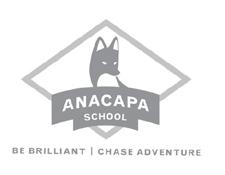
ANACAPA SCHOOL is an independent, coeducational school for grades 7-12. Anacapa empowers students to excel at critical thinking, creativity, integrity and compassion through academic and experiential learning in a close-knit, diverse community. The school maintains high expectations for personal and academic integrity. The Anacapa approach fosters intelligent and complex discourse between students and their faculty. The learning environment is designed to optimize independent thinkers working together inside and outside of the classroom. At Anacapa, students and faculty adhere to three core principles: To treat everyone with dignity, to always do your best, and to foster a culture of collaboration. 814 Santa Barbara St., Santa Barbara, 805-965-0228; anacapaschool.org


THE KNOX SCHOOL OF SANTA BARBARA for Gifted and Talented Children serves children in grades Junior Kindergarten8th. Our highly individualized curriculum meets students at their ability level to optimize their intellectual and academic development. Small class size, high teacher to student ratios, hands-on learning, and differentiated, meaningful instruction all ensure students thrive. Valuing the children’s deep intellectual curiosity, high ethical standards, and emotional sensitivities, the School provides a receptive, nurturing, student-centered environment encouraging inquiry and independence. Core classes are supplemented by a comprehensive STEAM program, Fine Art, World Language, Phys Ed, Mindfulness, and Electives. Located in downtown Santa Barbara. 1525 Santa Barbara St., Santa Barbara, 805-991-9681; knoxschoolsb.org
CRANE COUNTRY DAY SCHOOL is a co-educational Kindergarten–8th Grade independent school located on 11 beautiful acres in Montecito, California. Founded in 1928, Crane delivers an experiential education characterized by a thoughtful balance of academic challenge and creative expression. Our time-tested tradition of active and collaborative learning challenges students to think critically, fi nd their voices, and care for one another and the world around them. At Crane, we understand that how we teach is just as important as what we teach. 1795 San Leandro Ln., Montecito, 805-969-7732; craneschool.org
LAGUNA BLANCA—your potential is our passion. At Laguna Blanca, it is impossible to fly beneath the radar. Here, deeper relationships, heightened learning, and greater achievement are the norm. The allencompassing support of teachers, counselors, and coaches ensures Laguna feels like a second home. Our teachers are innovators and provide more than a strong academic foundation. They guide students in the process of selfdiscovery to ensure success in fi nding happiness, health, and balance. Intercampus bus and tuition assistance available. Grades Early Kindergarten through Gr. 4: 260 San Ysidro Rd., Montecito; Grades 5 through 12: 4125 Paloma Dr.,Santa Barbara, 805-687-2461, lagunablanca.org
Since 1965, MONTESSORI CENTER SCHOOL has been developing children ages 18 months through sixth grade into independent, self-motivated, confident, life-long learners. Our educational philosophy fosters a love of learning by encouraging children to work at their own pace while offering an adaptable curriculum responsive to students’ interests and needs. Our beautifully prepared environments are equipped with multisensory, self-correcting materials unique to Montessori which supports students’ comprehension from the concrete to the abstract. Enrichment programs include Spanish, music, art, gardening, drama, physical education, STEAM lab and computer technology. MCS offers extracurricular, after-school care and summer camp programs. Learn how Montessori offers a challenging and nurturing environment to learn and grow. 401 N. Fairview Avenue #1, Goleta, 805-683-9383; www.mcssb.org


THE RIVIERA RIDGE SCHOOL provides studentcentered, inclusive and individualized learning opportunities for every student. Focused on academic excellence from Junior Kindergarten through the 8th grade, our students are inspired to develop their individual potential, seek purpose beyond themselves and are prepared to embrace the next phase of their journey with a uniquely diverse and global perspective. The Riviera Ridge School is a place where every opportunity is realized, every dream has potential, and every student matters. Our world-class faculty and staff partner with families to provide an education that nurtures every student’s academic, social, ethical, and creative potential. Since 1938, we have celebrated the Everyday Amazing at The Riviera Ridge School. JK-8th grade, 2130 Mission Ridge Rd., Santa Barbara, 805-569-1811; rivieraridge.org



OJAI VALLEY SCHOOL is an independent boarding & day school for 290 students — Pre-K through 12th grade — on two campuses in Ojai. Our dedicated staff provide a balanced program of college-preparatory academics, fi ne & performing arts, sports, outdoor education, environmental studies, equestrian & character development. Students are encouraged to explore their interests, seek new ways to learn, & discover the complexity of the world around them. By the time they graduate, they will have developed the academic strength & intellectual curiosity to succeed in college and beyond. More importantly, they will have gained the confidence & character to meet life’s future challenges. 723 El Paseo Rd., Ojai, 805-646-1423; ovs.org



Founded in 1976, SANTA BARBARA MIDDLE SCHOOL is an independent coeducational day school for grades 6-9. Immersed in stimulating Academics, Creative Arts and Sports, Building Community and Outdoor Education, we prepare students for their future by providing a defining educational experience. Our saying “Carpe Diem” could not ring more true. State standards and project-based learning guide our academic instruction. Students bike, camp and explore the outdoors. They become difference makers by giving back to the local community. And they cultivate a love for arts and sports through electives. Our school is based on mutual respect and a unique understanding of the adolescent years. SBMS graduates are admired for their intellectual curiosity, academic excellence, creativity, and “can-do” confidence. 1321 Alameda Padre Serra, Santa Barbara, 805-682-2989; sbms.org

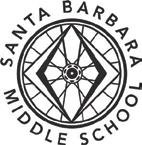
PROVIDENCE, Santa Barbara’s only Christian, college-preparatory school (preschool-12) integrates faith with strong academics to equip students to pursue lives of purpose. Dedicated and dynamic educators teach students in a mentoring environment that nurtures and promotes critical thinking, clear communication, and whole-hearted service. In addition to stellar academics, arts, and engineering programs, students enjoy opportunities to learn outside the classroom. Robust athletics, educational travel, ski/surf/river trips, ample service opportunities, and spiritual retreats foster character development and deepen relationships. Equipped for challenge and success, Providence students graduate prepared to engage culture and impact our communities through service, leadership, and civic duty. Preschool through Grade 6: 3225 Calle Pinon, 805-962-3091. Grades 7 through 12: 630 E. Canon Perdido, 805-962-4400; providencesb.org
SOUTH COAST MONTESSORI offers an authentic Montessori program for children 3 months through 12 years old. Our bucolic campus features thoughtfully appointed indoor and outdoor classroom environments, where children move freely within the environment, following their own unique interests and curiosity. Our skilled teachers guide children in becoming the best versions of themselves, while fostering collaboration, community, and peace. We focus on individualized learning with lessons given on a one-on-one basis or in small groups. At SCM we instruct the whole child; social and emotional learning is as important as academic excellence. We instill love for learning, independence, and self-awareness. Please come join us to experience an utterly unique educational journey for yourself and your family. 7421 Mirano Dr., Goleta, 805-845-6555; southcoastmontessori.org
Continued from page 48
installations. The most imposing piece, Mire, comprising brightly painted plastic mesh, a network of metal rods, and shellacked vinyl tubing, fills and spills from the entryway of the museum’s McCormick Gallery, dramatically altering the surroundings and recontextualizing the space where Tanner’s art is displayed. (Negotiating the physical boundaries of the artist’s exuberant installations is integral to the experience.) Mire can also be viewed as a nod to SBMA’s recent renovation and the construction that took place in the gallery itself. Out of Joint: Joan Tanner is not to be missed. SBMA.NET. L.D.P ●
Continued from page 115
They built humble houses, mostly of adobe (“unencumbered by building codes,” according to the show’s wall text) and, with 40 families involved by the early ’60s, established a communal enclave of societal outliers.
Fast-forward to the calamitous 1964 Coyote Fire, when many homes were destroyed-including Hyde’s abode. Fire paved the way for the Mountain Drive experiment and fueled the beginning of its end.
1. Publication Title: Santa Barbara Magazine. 2. Publi cation Number: 1129-90. 3. Filing Date: October 1, 2022.
We gain insights about life on Mountain Drive through black-and-white images on one wall and from a large touch-sensitive screen on which we can scroll through issues of the humble but informative Mountain Drive News and the Grapevine. Less savory aspects of community life include a strong strain of prefeminist sexism, as detailed in Susan Sisson’s oral history.
Another key charismatic Mountain Drive figure was Bill Neely—potter, musician, magnetic mischief-maker, and organizer. According to local resident Dick Johnston, Neely was “about half good and half evil.” One Sandy Hill spoke about a friendly argument in design between Bill’s peasant pottery and the more refined work of Ed Schertz. For his part, Schertz spoke more generally about the Mountain Drive philosophical m.o.: “It was so open…if you weren’t (of) a mass-society orientation, if you were interested in freedom and the exchange of ideas.”
Bobby Hyde’s son Gavin touched on another truth about the place/experiment, commenting that “dad said that people don’t choose the land. The place chooses the people.” That was then. This is the real estate–booming now. But memories of Mountain Drive, personal and archival, titillate the imagination about another life, time, and place in Santa Barbara. ●
4. Issue Frequency: Quarterly. 5. Number of Issues Pub lished Annually: 4 (four). 6. Annual Subscription Price: $19.95. 7. Complete Mailing Address of Known Office of Publication: 2064 Alameda Padre Serra, Suite 120, Santa Barbara, CA, 93103; Contact Person: Amy Lipson; Telephone: 805-965-5999. 8. Complete Mailing Address of Headquarters or General Business Office of Publisher: 2064 Alameda Padre Serra, Suite 120, Santa Barbara, CA, 93103. 9. Full Names and Complete Mailing Addresses of Publisher, Editor, and Managing Editor: Publisher: Amy Lipson; Editor: Gina Tolleson; Managing Editor: Anush Benliyan. 2064 Alameda Padre Serra, Suite 120, Santa Barbara, CA, 93103. 10. Owner: Full Name: Smith Publishing Group, LLC; Complete mailing Address: 2064 Alameda Padre Serra, Suite 120, Santa Barbara, CA, 93103. 11. Known Bondholders, Mortgagees, and Other Security Holders Owning or Holding One Percent or More of the Total Amount of Bonds, Mortgages, or Other Securities: None. 12. Tax Status: Has Not Changed During Preceding 12 Months. 13. Publication Title: Santa Barbara Magazine. 14. Issue Date for Circulation Data Below: September 6, 2022. 15. Extent of Nature of Circulation: Average No. of Copies Each Issue During Preceding 12 Months; No. Copies of Single Issue Pub lished Nearest to Filing Date: a. Total Number of Copies: average: 25,000; actual: 25,000. b. Paid Circulation: (1) Mailed Outside-County Paid Subscriptions: average: 4; actual: 4. (2) Mailed In-County Paid Subscriptions: aver age: 10,510; actual: 10,644. (3) Paid Distribution Outside the Mails Including Sales Through Dealers and Carriers, Street Vendors, Counter Sales, and Other Paid Distri bution Outside USPS®: average: 3,196; actual: 3,035. (4) Paid Distribution by Other Classes of Mail Through the USPS: average: 25; actual: 11. c. Total Paid Distribution: average: 13,735; actual: 13,694. d. Free or Nominal Rate Distribution: (1) Free or Nominal Rate Outside-County Copies: average: 0; actual: 0. (2) Free or Nominal Rate In-County Copies: average: 0; actual: 0. (3) Free or Nom inal Rate Copies Mailed at Other Classes Through the USPS: average: 215; actual: 131. (4) Free or Nominal Rate Distribution Outside the Mail: average: 10,868; actual: 10,962. e. Total Free or Nominal Rate Distribution: aver age: 11,083; actual: 11,093. f. Total Distribution: average: 24,818; actual: 24,787. g. Copies not Distributed: average: 182; actual: 213. h. Total: average: 25,000; actual: 25,000. i. Percent Paid: average: 55%; actual: 55%. 16. Electronic Copy Circulation. a. Paid Electronic Copies: average: 0; actual: 0. b. Total Paid Print Copies + Paid Electronic Copies: average: 13,735; actual: 13,694. c. Total Print Distribution + Paid Electronic Copies: average: 24,817; actual: 24,787. d. Percent Paid: average: 55%; actual: 55%. 17. Publication of Statement of Ownership: Publication required. Will be printed in the Winter 2022 issue of this publication. I certify that all information furnished on this form is true and complete. I understand that anyone who furnishes false or misleading information on this form or who omits material or information requested on the form may be subject to criminal sanctions (including fines and imprisonment) and/or civil sanctions (includ ing civil penalties). 18. Signature and Title of Editor, Publisher, Business Manager, or Owner: Amy Lipson; Date: 10/1/2022.



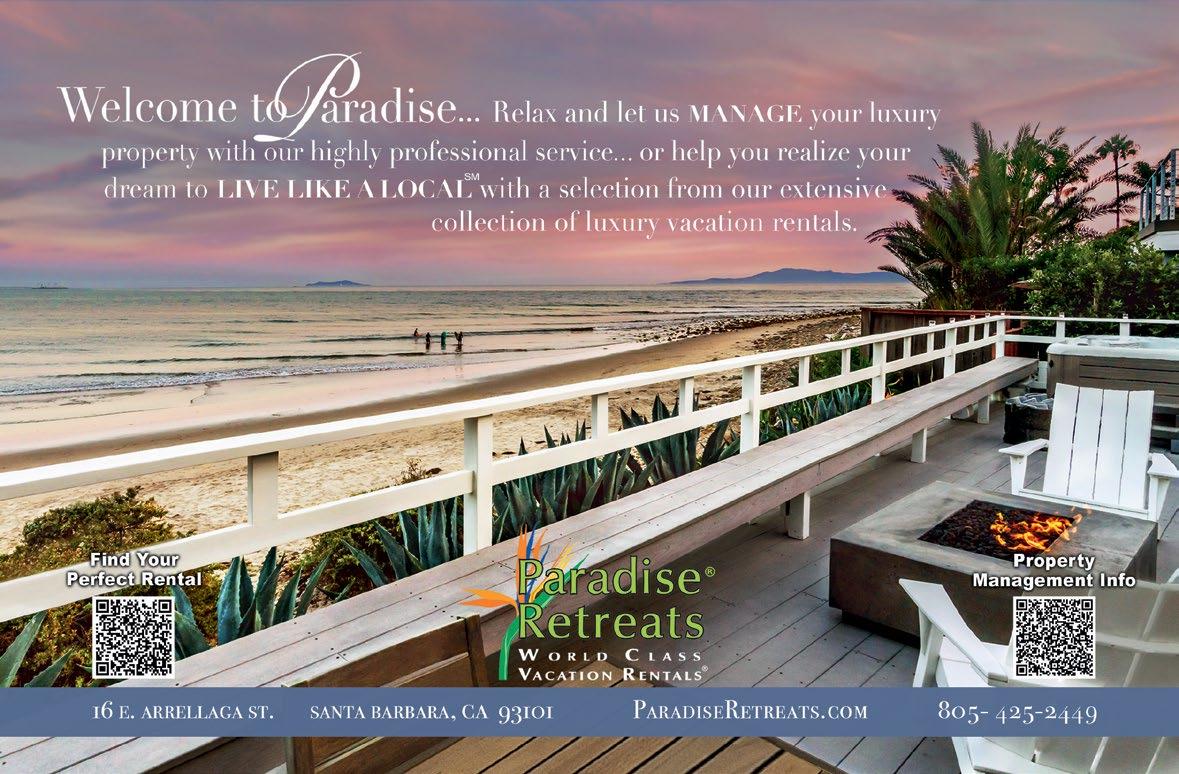
1924-2022
She was the belle of every charity ball. She had flame-red hair and a wonderful throaty laugh, an echo of her days as a torch singer. She was fond of real big jewels and wore them with aplomb. She never left the house without lipstick on. She adored music, men, and Bergdorf Goodman (not necessarily in that order). She had her dining-room walls painted fire-engine red. She was a wonderful cook (coronation chicken and summer pudding were specialties). She encouraged her husband, Paul, to part with a sizeable portion of his fortune to support charitable causes (and after he died, she gave away even more). She was always first in line to support organizations she believed in, and often got her name on the building as a result: The Santa Barbara Museum of Art’s Ridley-Tree Education Center; Westmont College’s
Ridley-Tree Museum of Art; the Santa Barbara Zoo’s Ridley-Tree House Restaurant; Cottage Hospital’s RidleyTree Pavilion Medical ICU) and Sansum Clinic’s RidleyTree Cancer Center, among many, many others. She wasn’t afraid to roll up her sleeves and help out, often in the kitchen at the former Casa Esperanza Homeless Center (now PATH Santa Barbara). She took over and ran Paul’s aircraft-parts business in Chatsworth, commuting there three days a week and refusing to sell the company until a buyer agreed to hire all the employees. She bought a vineyard in her mid-90s and learned everything she could about raising grapes (and selling them). She always wrote thank-you notes. She will be missed by countless people she never met. She believed in making a difference, and she made Santa Barbara a better place for all of us. Thank you, Lady Leslie Ridley-Tree. L.D.P.

Nov 11, 2022–Apr 30, 2023
Influenced by the pictorialist movement of the early twentieth century, Edward S. Curtis set out to create a photo and ethnographic record of Indigenous peoples living in Western regions from the Mexican border to Alaskan shores. 100 years later, Indigenous people still contend with “Indian” stereotypes that are consequences of Edward Curtis’s vision.
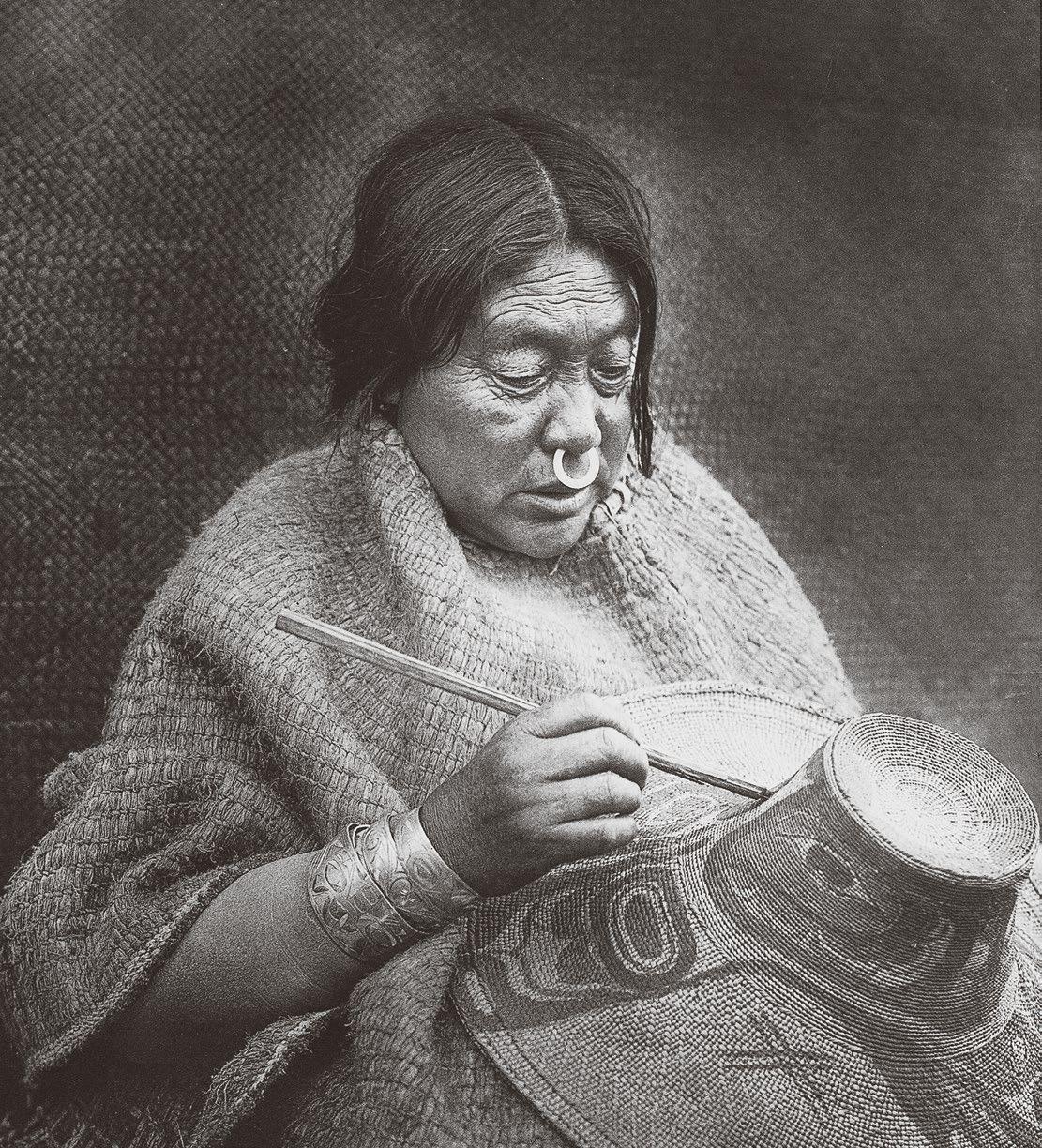
This exhibit endeavors to present his breathtaking photogravures within the context of American colonialism.

